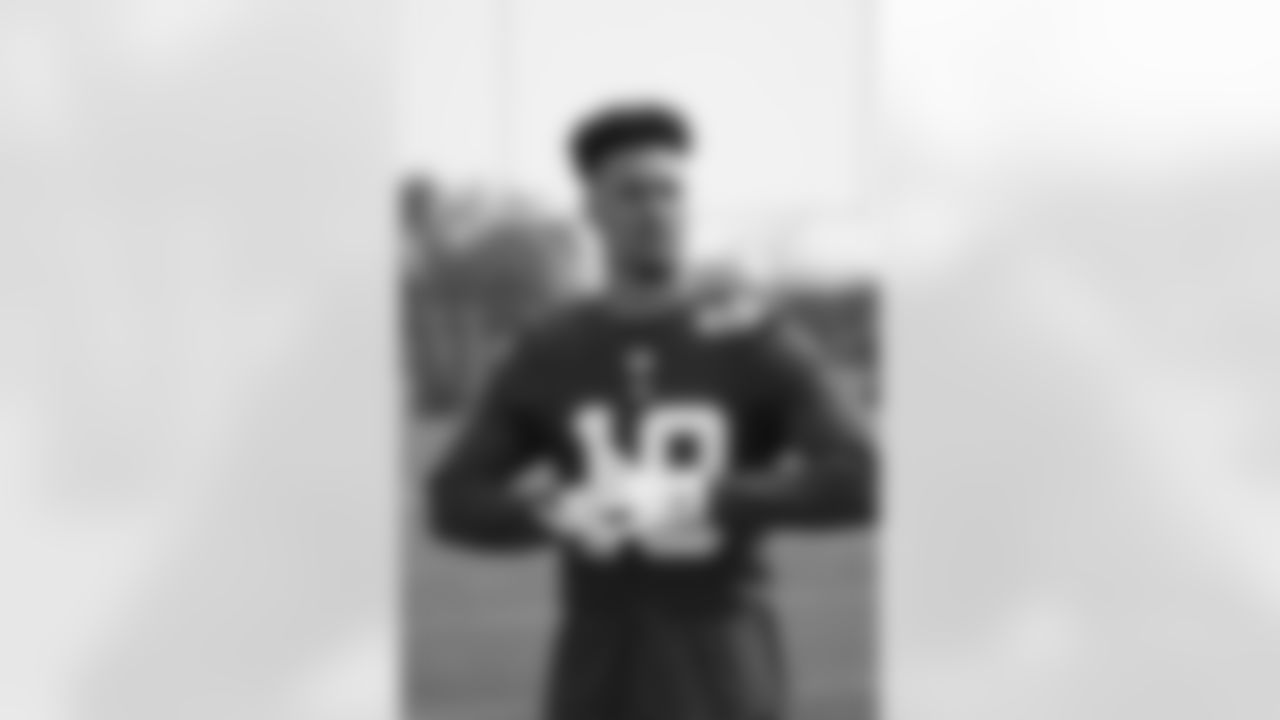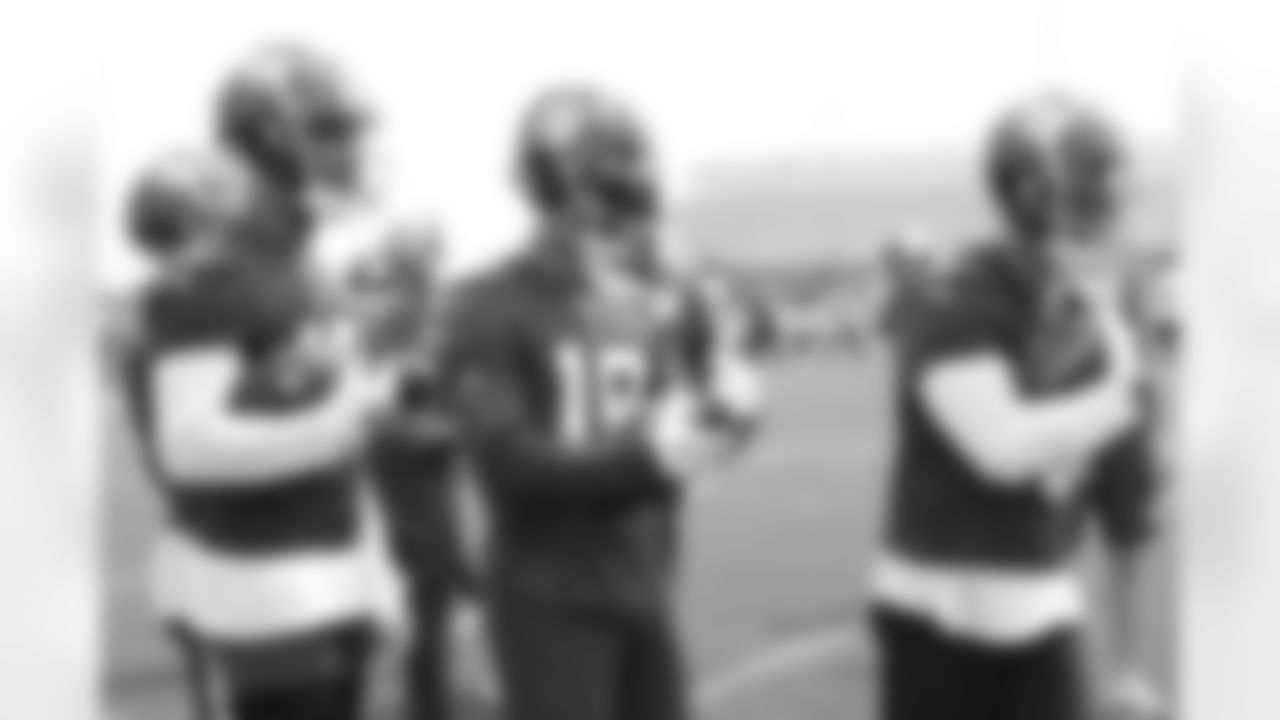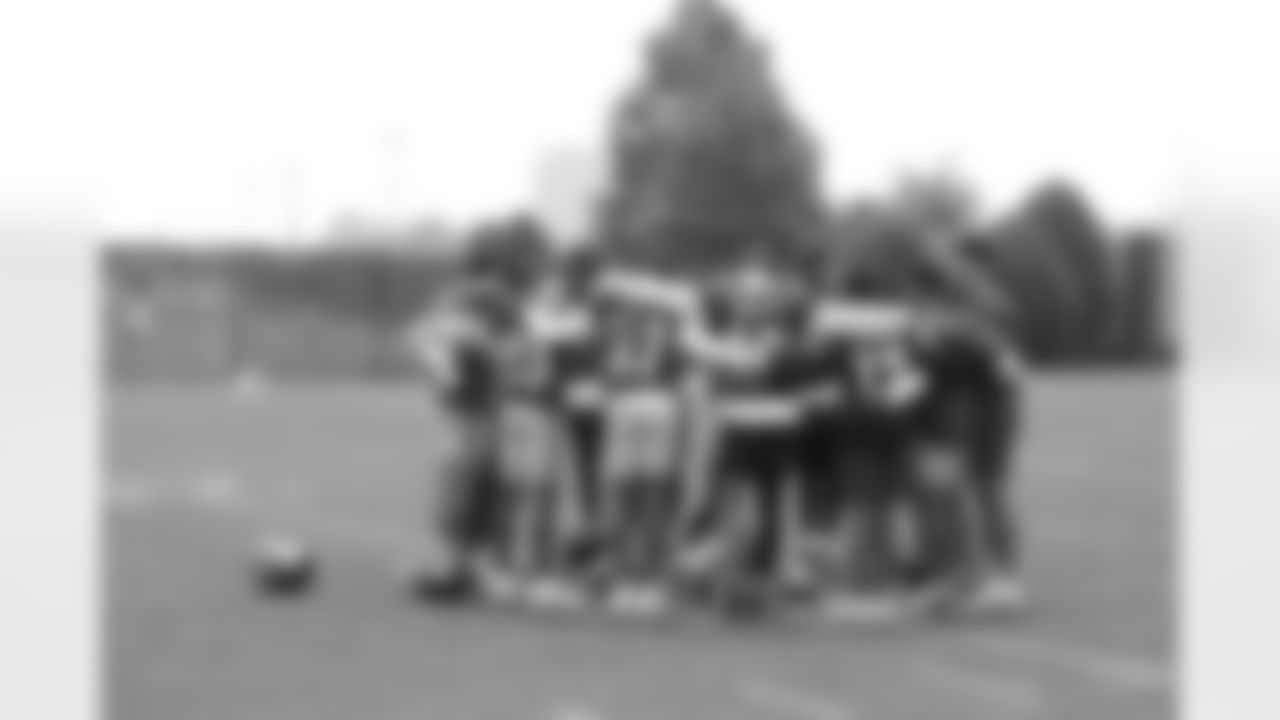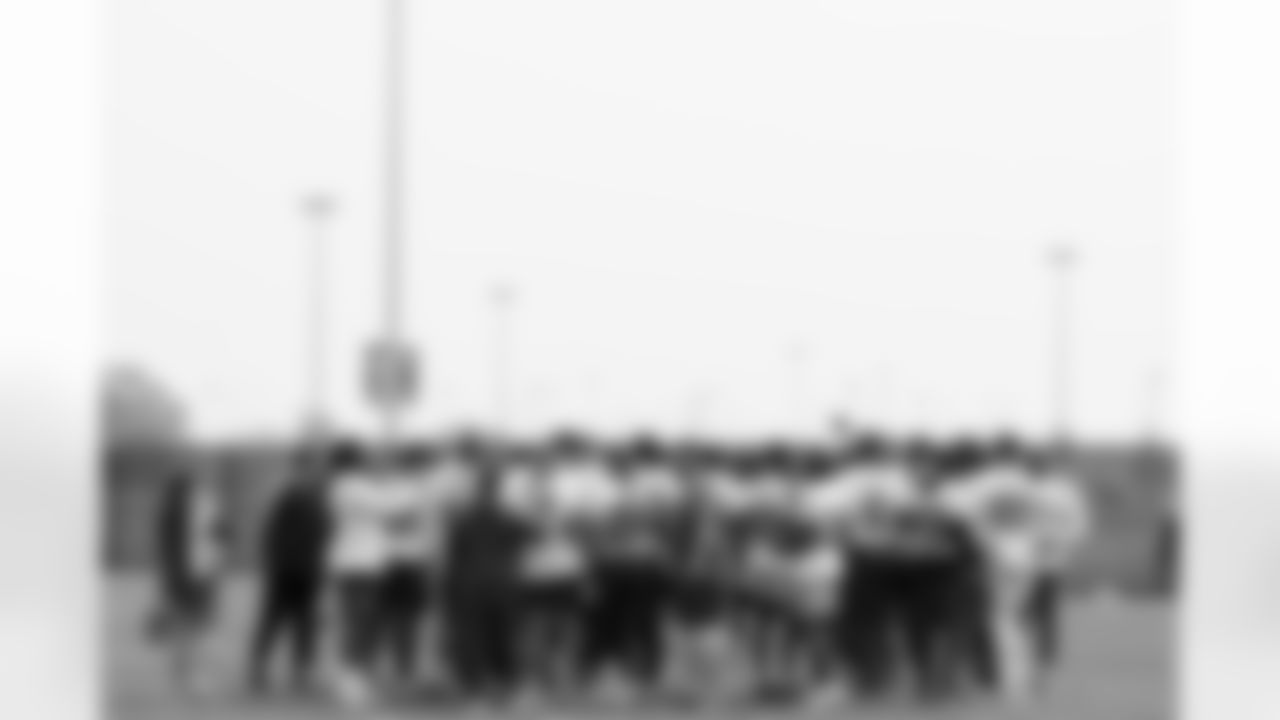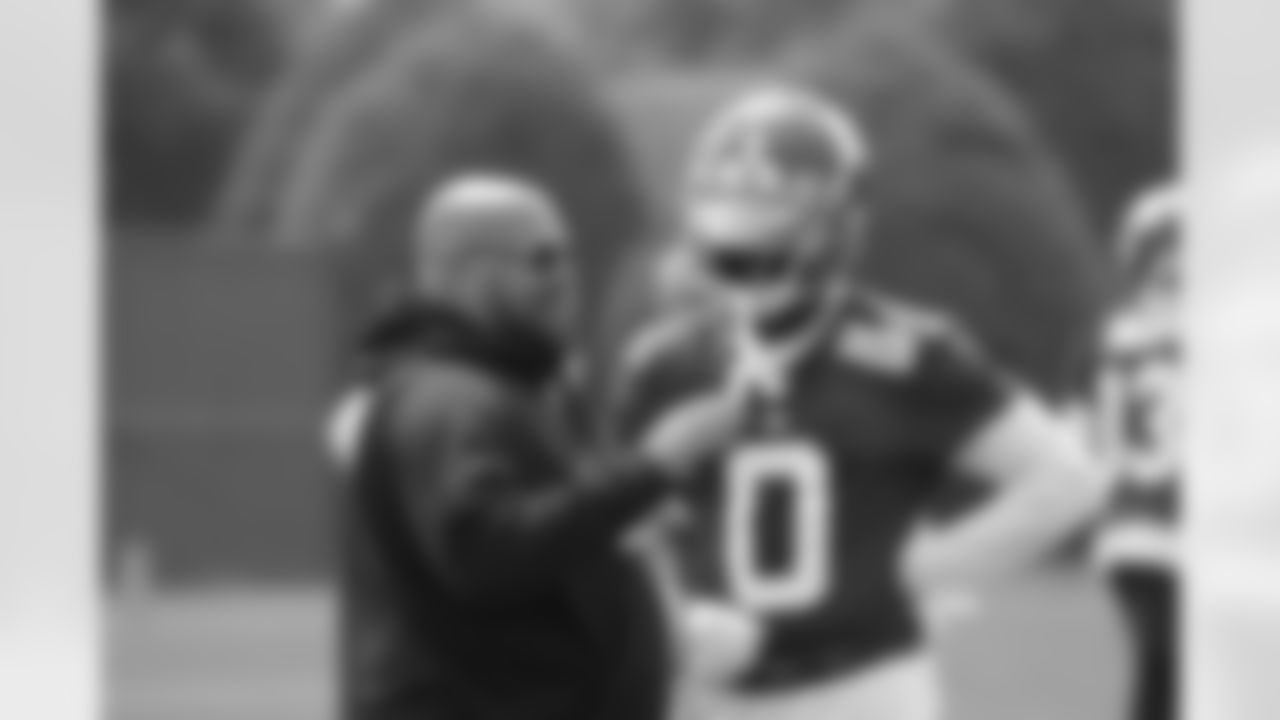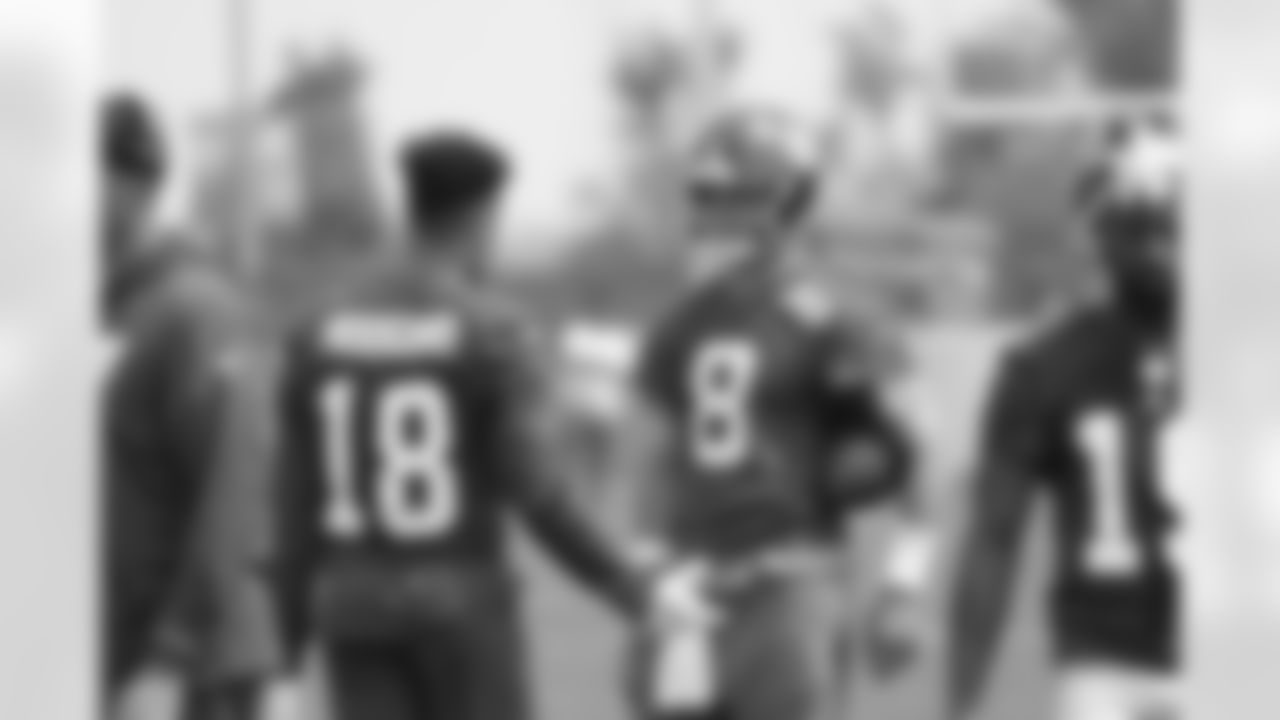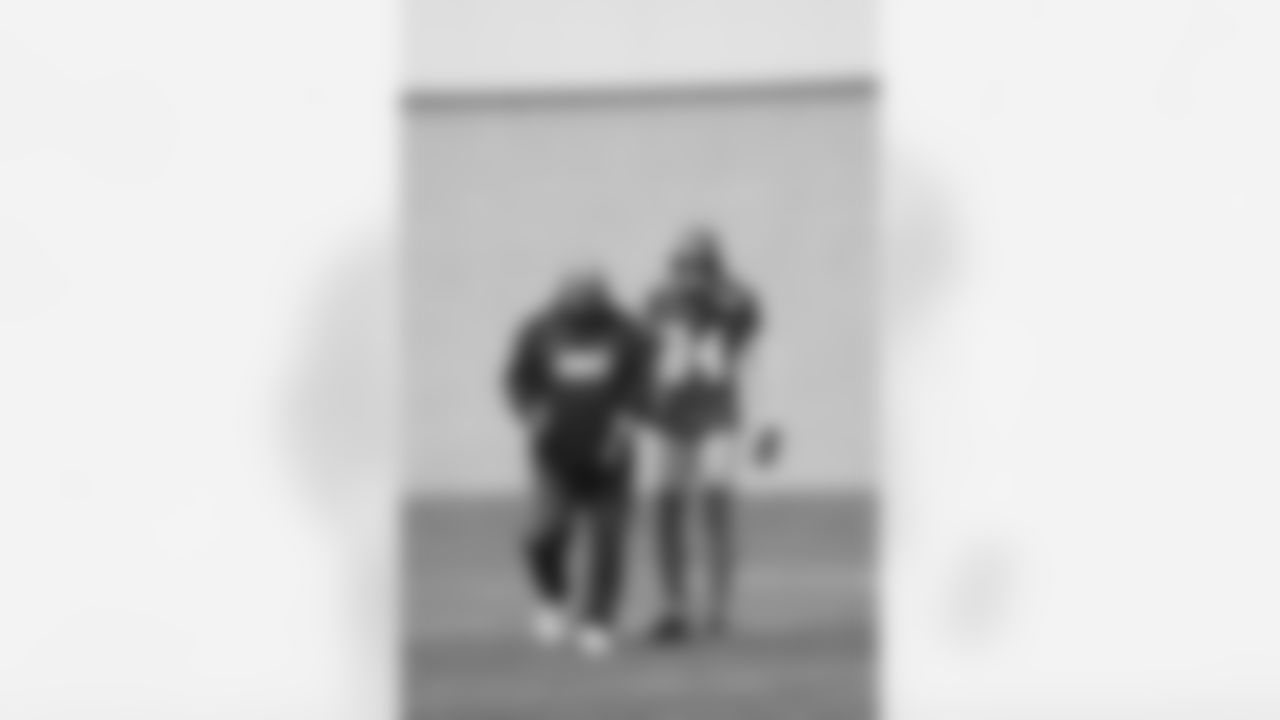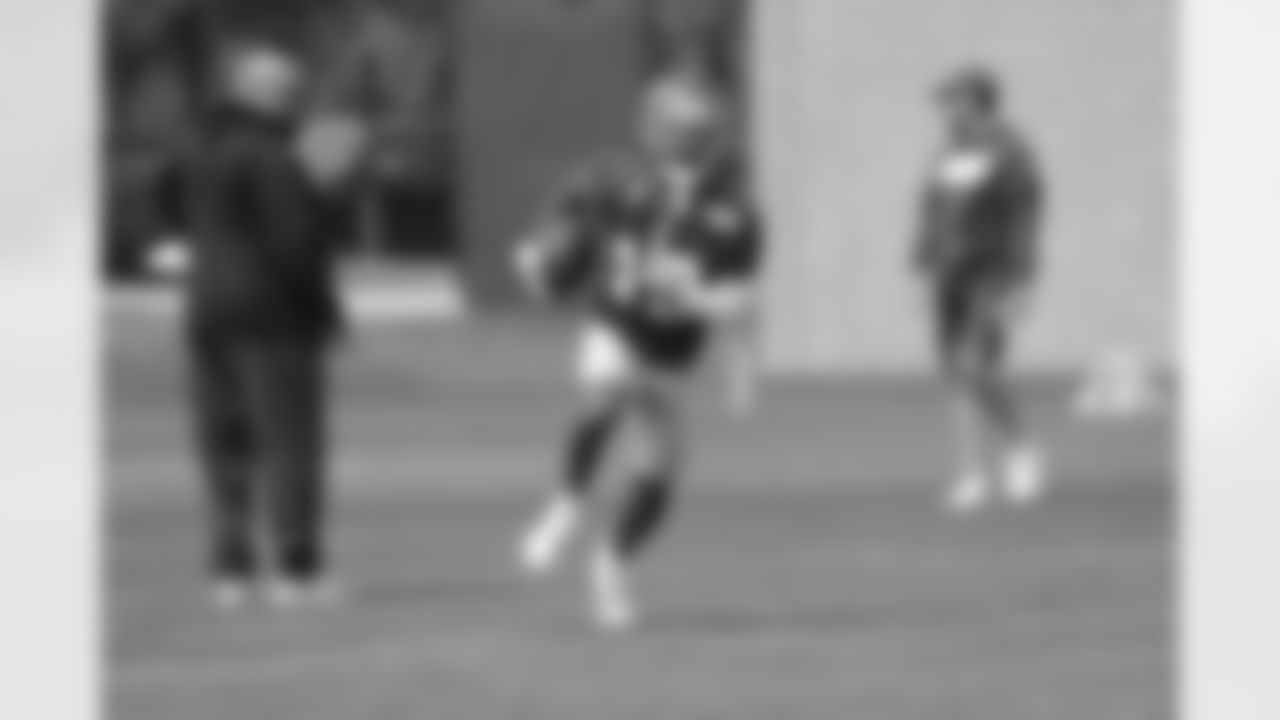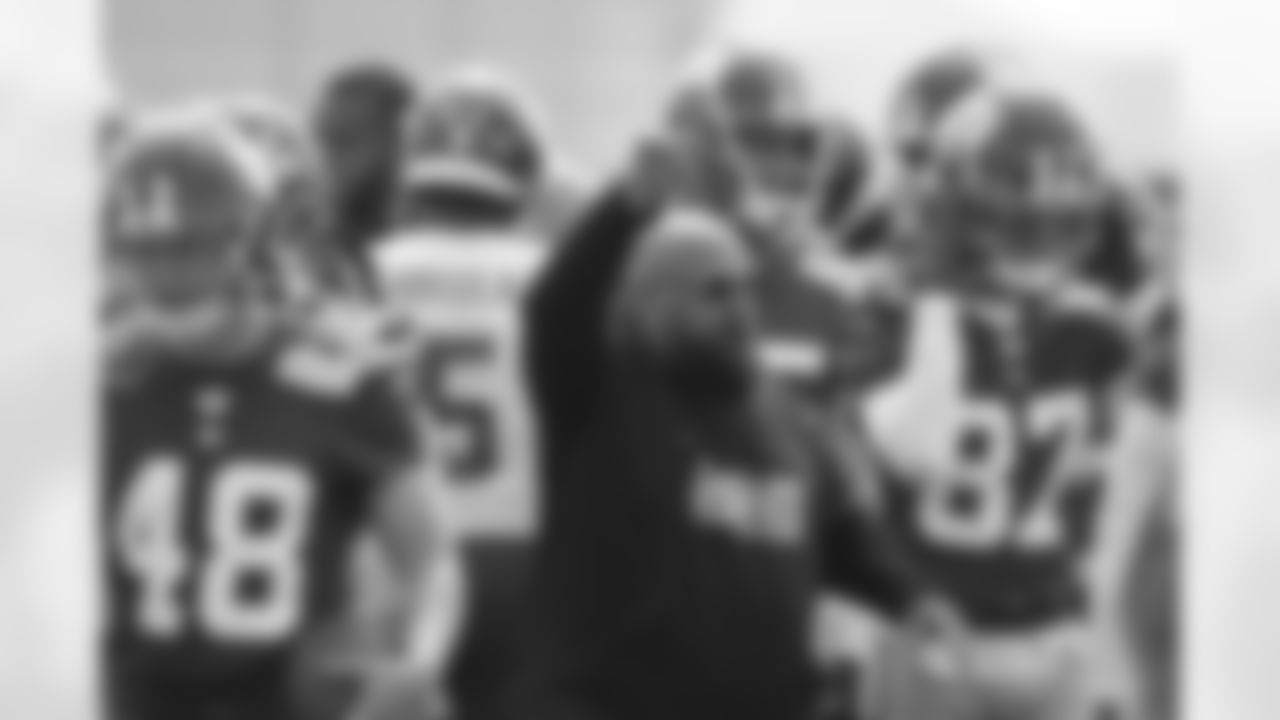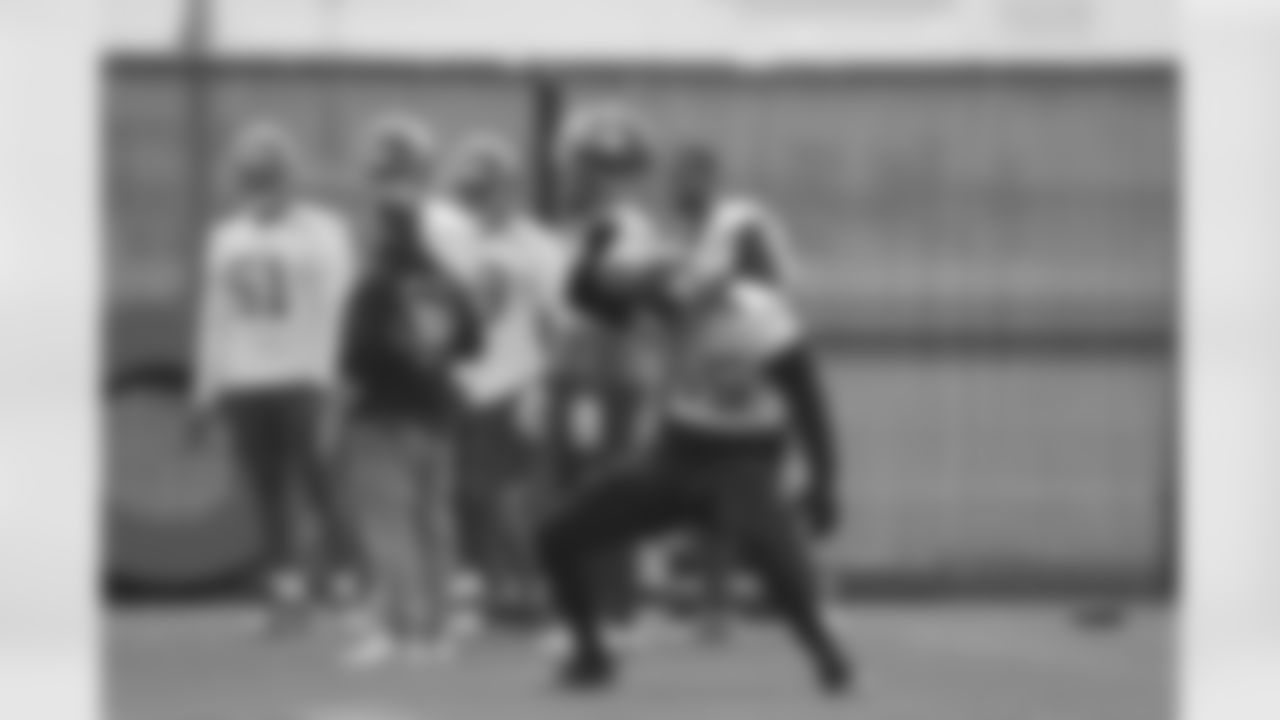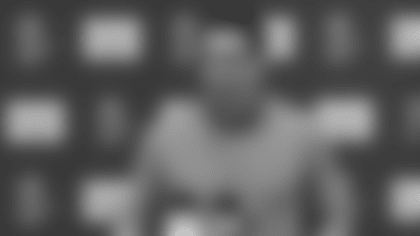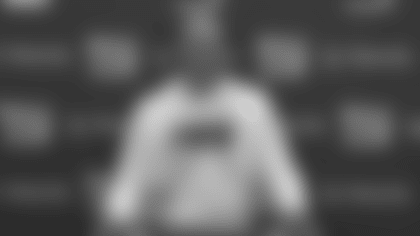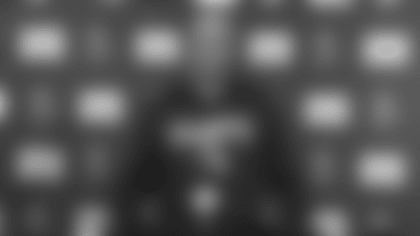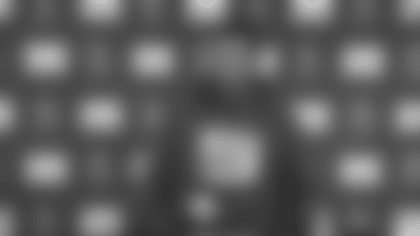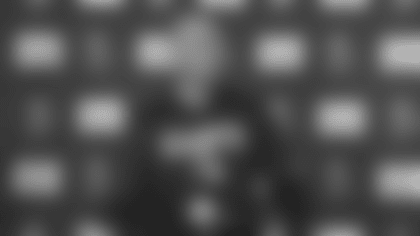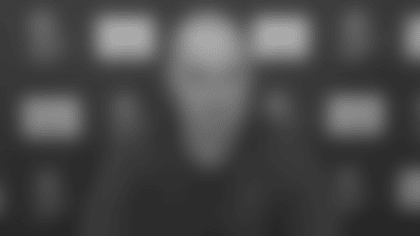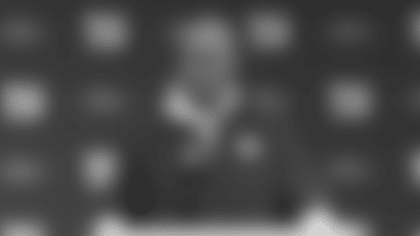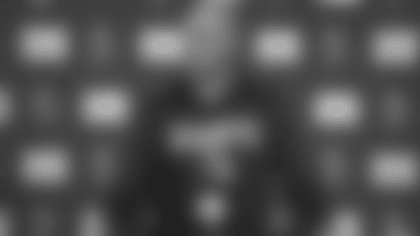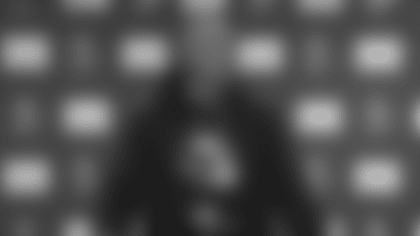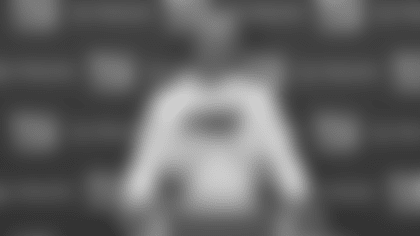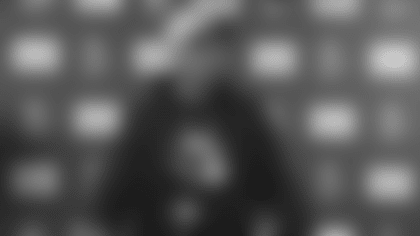Defensive Coordinator Wink Martindale
It's always fun when you have this press conference because it's spring and we are getting ready to go. With that, I will open it up to questions.
Q: We saw your reaction to the (cornerback) Deonte Banks pick. You looked pretty excited. Just talk about what you like about him, and how important is it to have a cornerback like him in your defense?
A: Well, I think it's important to have a cornerback like that in anybody's defense. He's very instinctive. What's Ted Lasso say? He lives life like a goldfish. He's got a short memory when things don't go right. He's tough minded, he's physical, he can tackle and on top of that, he can run. So, we're excited about it. He's getting into the groove. There're still some rookie mistakes, which you expect that, especially this early, but we're really excited. I was obviously really excited that we got him. It was like winning a scratch-off ticket.
Q: Does (general manager) Joe Schoen still have some marks on his back?
A: I hope so.
Q: How much is the addition of Banks and the other guys that you brought in on the secondary going to help with the pass rush and getting home more?
A: I think that you have to look at the whole picture. Quarterbacks get rid of the ball against us faster than most teams they play. Like I said before, we face more max protection than anybody else in the league. It's fact through PFF (Pro Football Focus). So, I think if you just limit it to just pass rush and sacking the quarterback, you're not looking at it the right way that I believe anyway. It might be the right way you believe, and that's fine.
We're really excited about who we have, the additions we made, and it's still in process, what Joe and Dabs (head coach Brian Daboll) have done with the roster. We're still building on that.
Q: Why do you think that is, that you've faced the most max protection and that's the way teams approach you?
A: Because we know how to hit the quarterback. They know it. It's not like I'm being boastful either, they just know that we know how to defeat protections. If you ask any offensive coach in the league, they'll tell you that.
Q: If I could clarify what I was asking, you have speed in the backend. Having guys that can keep up with the coverage, playing man, does that help the pass rush, even if it's just getting the quartereback off the mark?
A: Sure, it does. Yeah, it does. With the additions we have to the D-line and with (linebacker) Bobby (Okereke), inside linebacker. That's all going to help. Now let's just keep everybody healthy, and let's keep going.
Q: What are you most excited about with Bobby? Just being able to use him and kind of what you see in him?
A: Which Bobby?
Q: Bobby Okereke.
A: Okay. You knew how to say his last name; I like it.
It's fun to watch him play because of his size, his strength, but most of all, he's a good guy. He's a really intelligent kid that knows football, and it's not hard to talk football with him. So, all those things have been great, and we've just got to get ready to take the next step. Which for me is vacation.
Q: When you look at Banks, the possibility is high that he'll be your outside corner starter Week 1. How aware are you of the hiccups? I know (Jets cornerback) Sauce Gardner lit it up last year, but that's fairly unusual for a corner as a rookie to come in and do that. What are you expecting from Banks in terms of measuring it all, the expectations versus the reality of how that usually goes?
A: The expectation is that he plays football. Like I said, I brought up the Ted Lasso quote, that's the way he is. He's a smart kid that is grounded and he doesn't make it bigger than what it is. I'm sure that they're going to catch an eight-yard out on him and everybody's going to be up in arms, but that happens to every corner. We'll be okay. I think the expectation is to go in there and play and play well.
Q: You had an interview in the offseason. Can you talk about that? You've done that experience before. What was the reaction of the guys here who want the best for you, but selfishly probably wanted you back?
A: Like I said before, it was a great process to go through. I think anytime you have a chance to talk to a different organization, and especially the owners, it's eye opening, and you can learn things from it. How they see the game, where they see their organization going, so that part was really fulfilling for me. But I've also said that this isn't a steppingstone job here. This is a destination. And I believe that, or I wouldn't say it. That's one thing that (Colts owner) Jim Irsay and I have in common. I'm as authentic as there is, and he made that comment. He said, 'I just love your honesty.' Really, he's the same way. It was a fascinating conversation that we had.
I just love the fans here. I love this organization, the Mara and Tisch family, Dabs, Joe, the leadership of it and the culture that we're building, and we're continuing to build during these OTAs.
Q: Did any player say anything that struck you?
A: They were all happy, I hope. Maybe some of the guys that aren't here… But they were happy that we're going to keep things the same way, and I am, too. It's fun to build something from the ground up and see it all the way through, and that's what we have the opportunity to do.
Q: You've obviously had a great career that's still ongoing. You want to be a head coach eventually, and are you at peace if it doesn't happen?
A: I don't have a problem sleeping every night. I'm at peace. It sounds a little dramatic, being at peace, but I'm excited to be the defensive coordinator of the New York Giants and the day that I'm not is the day that they say, 'Hey, you hear Wink retired?' Every day I get up, I can't wait to get to the building to be around these guys. It's always better when the players are here because we find too much stuff to do when the players aren't here.
Q: As the season was going on last year, obviously all the questions about the run defense, you wanting different personnel, we asked you a lot about the snaps for (defensive lineman) Dex(ter Lawrence II) and everything else. Going into the offseason, obviously a concerted effort has been made to bring in guys up front, you mentioned Bobby, to improve that area. As a coach, when you see those bodies out here – I know last week was the first time they were out here together – what's running through your mind?
A: Starting with Mr. (president John) Mara at the owners meeting, he said we need to get better in the run game. But I think when you look at the season overall, take a deep breath and look at it, our main focus going into it with our roster and the players that we had was we were going to attack this season. I said there's two things I want to be sure: that we're great in the red zone and we're great on third down. I thought that we did that and accomplished that goal. The other things will continue as we keep building through the program, and I think that we're definitely headed in the right direction with that.
Q: You had (safety) Xavier (McKinney) wear the green dot last year.
A: Here we go. The green dot question.
Q: What's the calculus there? Why have you not determined he's definitely going to do it again?
A: I don't think that decision's been made. Think about before we had the headsets. We signaled in. There's a guy that looks at the signal and then he tells the rest of defense what it is, whoever that might be. And that's basically what the green dot is. So, we have five different guys wearing green dots and we're seeing how the communication's going. We've had great communication. X (safety Xavier McKinney) still has a green dot. Bobby has a green dot with that first group that's out there. We'll just see how that goes during training camp and everything else.
All they really are—I know a lot of people look at the green dot as the leader of the defense, am I right when I say that? I don't want to put words in your mouth. It's who communicates the best, who's going to be out there all the time. This is my take on it, and we go from there.
Q: Can you talk about the outside linebackers. Last year, they had some injury issues. (Linebacker) Azeez (Ojulari) missed time, (linebacker) Elerson Smith missed time. Did you learn enough about them? You really didn't make any changes in the personnel there. What do you like about them and what growth have you seen?
A: I'm really happy with that room, and where they're going led by (linebacker) Kayvon (Thibodeaux). We got Haddy (linebacker Jihad Ward) back, which I was happy about, and I told the whole defense wherever I'm at, Haddy will have a job. If he's done playing, he can hang out with me as a coach.
But I really like that room. I like its personality. (Outside linebackers coach) Drew Wilkins does a great job with them. They're leaders in their own right. I just think that if you've seen Zeez (linebacker Azeez Ojulari) and are around him all the time you can see that he's, the best way I could describe it, a lot more sturdy this year. We'll see how that translates because it's a crazy league. We'll see how that translates.
Q: When you look at the inside linebacker spot next to Bobby, do you think (linebacker Darrian) Beavers could be a starter there?
A: Yeah, possibly. We'll see. It's all a competition right now with he and J.D. (linebacker Jarrad Davis), and I'll tell you, (linebacker) Micah (McFadden) has really improved.
Q: What do the additions on the defensive line in free agency mean for your pass rush?
A: I think with the size of them, and you've seen them, they'll be able to collapse. Everybody thinks, when they think pass rush, the tackle guys, the inside guys. They think of (former NFL defensive tackle) Warren Sapp and (Rams defensive tackle) Aaron Donald. God touched those guys twice. These guys have just been touched once. So, just as long as they can collapse the pocket, just like Dex did last year, and get the quarterback off the spot, you'll see a lot of good things happen. I think we've got the size and the ability to do that.
Offensive Coordinator Mike Kafka
Q. Going back to the off-season, given the fact the head coaching job you were up for, turns out the guy who gets the job, there are sanctions for tampering. At the time you think you're a finalist and have a good shot. Do you have any kind of emotional reaction to that happening?
A: Don't really think about it all that much outside of the experience, being fortunate enough to be a part of those discussions, those conversations, was really cool. I learned a lot about myself. Learned a lot about the league and the multiple organizations.
It was a good experience overall.
Q. You obviously were around one of the best in Travis Kelce. Now you get a guy like Darren Waller. Can you talk about what he does for an offense, for you in play calling?
A: He's a really talented player. He's a great person. He's a really good teammate. That's one thing I've learned about him. He cares about his guys. He's competitive, which we really like. We value that here.
He's doing everything we're asking him. He's working hard, putting in the time and effort to learn the offense and get in sync with D.J. (Daniel Jones) and the quarterbacks. He's done a great job.
Q. How would you describe how many more options you seem to have at your disposal on game days this time around?
A: Yeah, I think between the skill group, all those guys are doing a good job of getting themselves in the mix, trying to identify a role for themselves in a bunch of different ways, the run game, the pass game, all the different schemes we want to try to build. Those guys are working to figure out a role there.
They're doing a great job, they're flying around, they're communicating well. When you get into year two of the offense, things are obviously a little bit more smooth because you've heard it already a few more times, you've been through some of those situations already, you have some stuff that you can fall back on.
Q. Is it weird without Saquon?
A: Any time someone isn't on the field, there's obviously players that you want out there. Saquon is one of them.
Not going to get into that.
Q. A first-year coordinator to get head coaching interviews, to get four, was your head spinning a little bit?
A: I wouldn't say it was spinning. It was just a matter of getting prepped. It was a matter of identifying what you wanted to present.
Again, that was in the past. Again, those are good experiences, things you can fall back on.
Q. When people heard you were coming back, did any player say anything to say, did Daniel say. "Sorry you didn't get a job, we're not sorry you're coming back?"
A: Oh, when those things don't happen, it's kind of the nature of the business. If they do happen, they do. If they don't, they don't. You move on past it, you learn from it, you grow. No different than I tell any of our players when things happen.
Q. Where are you expecting Daniel to grow in year two of the system?
A: When we did our scheme eval, each position group identified several things we can look to improve on.
Nothing specific that I would share in a public forum. Those are things we have a plan for, trying to work through all the little fundamental things. Yeah, we definitely have a plan. The coaches are doing a great job of implementing that in the off-season.
Q. On the offensive line, at least from the outside looking in, looks like you have some new pieces here. Do you have an idea of which way you want to go or is it way too early to talk about that?
A: It's early. There's a lot of football to be played. We haven't even put the pads on yet. That's a big part of the evaluation process, not just with the O-line but all of the position groups and the physicality of it. It's a little ways away, but I think everyone is on schedule.
Q. When you look at your team in the spring, your offense, in practice, during OTAs, how much more explosion do you see, and in what areas?
A: I think a lot of guys are doing a good job just fitting in the mix of the offense, again, identifying that role, who they want to be in the offense.
Again, it's kind of early to tell, but guys are working. Haven't put the pads on yet. I think when we do, those things will be a little bit more declarative as far as the role side of it.
There's a good influx of new guys, guys that have been here and know the offense, kind of bringing everyone together. Then the leadership we have on offense has been outstanding in bringing those guys along.
Q. How much of a priority was it for you as the offensive coordinator, you guys were pretty successful overall. In regard to big plays, I think you were last in 20-plus yard pass plays. How much does that bother you and how much was it a priority?
A: You definitely want that to be a part of your offense. Any area, whether it's the protection side of it, whether it's the decision making, the routes, the concepts, the scheme, you look at all that stuff.
I think that's one thing we kind of did a deep dive on is how can we whether improve it to get some more of those opportunities or personnel to get the right people in the right spots. That's our job to make sure we do that the right way.
Q. There is a picture of Daniel Bellinger. Do you know that picture?
A: Yes.
Q. What do you make of that picture? Did you guys make an effort to say you need to get a little bigger?
A: Our strength staff, they do a good job of talking with the players, developing a plan. I'm not sure if with Bellinger the biceps was a major part of that.
He's done a nice job of that. He came in great shape. He has done a great job. He's taken a nice step from year one to year two. He's continuing to grow. That's what we're looking for.
Q. What does that mean for Daniel, and maybe it can help him in some ways to find a different role?
A: Yeah, that's where we're at. We're kind of at that stage right now of just identifying what those roles are. I don't think there's anything set in stone. It's just going to continue to grow as we get through the off-season and into training camp and the season.
Q. The Ballenger question for a minute. Do you work with the strength and conditioning coaches, and say, "I'm thinking of having this guy do more blocking"? Is that a collaborative relationship or do they kind of do what is in the best interest of the player?
A: It's collaborative. It's definitely collaborative, to answer your question.
You talk with the player. You talk with the coaches. Talk with the training staff, the medical staff. Everyone kind of gets on the same page. That's how we worked it in the past.
Again, Bellinger is one example of that. There's a lot of guys that are doing that.
Q. With Waller, we've seen him do wide receiver drills obviously in addition to being the tight end he is. Do you get hung up on any of that or is it just he gives you more options because he's versatile?
A: We mix in a few tight ends and receivers and running backs. Everyone kind of has their spot on the field where we're working some of those routes. Those guys being a part of it, it's just a matter of getting on the same page with the quarterbacks, working some of those detailed routes and fundamentals.
Q. Last year at this time you and Daniel were starting your relationship, starting to get that dialogue, communication. You were in Kansas City where there was a lot of continuity. How much will that continuity help you and Daniel as far as you are now on the same page, you built something, you're continuing to build it?
A: Yeah, I think that is important. Any time you can kind of get in the second year of the program, there's familiarity with the verbiage, familiarity with the communication. The conversations happen a lot faster.
Now we're working to streamline it, working to be more efficient with it, efficient with the situations that we're asking him to be in, making those decisions.
Q. How about the familiarity with the person?
A: Absolutely. That's another important part of it. That's just our daily conversation. That's our daily kind of the workflow that we've built together is being on the same page and talking about certain things on the field, off the field, get to know each other on a different level.
Q. Daniel stop coming in early now that he has his money?
A: No, he's still one of the first ones in there. I see him all the time in there early working.
Q. Do you have any thoughts on the dead snap that John Michael Schmitz uses?
A: I've been around both, the dead snap, the regular snap, I don't even know what you call it, the laces snap, I guess. In Kansas City we had a lefty snapper. I've been around enough.
Just the comfortability and make sure it's accurate. At the end of the day, as long as the quarterback is good with it, that's all matters, that we don't have any of those exchanges. Hasn't been an issue and I think he is doing a good job, nothing that I think is concerning.
Q. Does it have any type of advantage over the traditional snap?
A: I think each guy's is a little bit different. Our centers work a different technique for it. It's just the comfortability for each player.
Q. What has that relationship between him and Daniel been like?
A: It's growing. It's growing. Just like all the guys that are in the mix there, Bredeson, Lemieux, all the guys that are in there doing a good job. Just about getting on the same page and over-communicating. That's one thing we're stressing here.
Especially it it's loud. We put in the crowd noise, the music and all that during practice. We try to over-communicate those things. There's a lot of communication not just from the center to the quarterback, but down the line of scrimmage, talking to the tackles all the way out there, communication all the way out to our receivers that are way outside the numbers.
There's a lot of communication on a given play. That's what we work on.
Q. On Jalin Hyatt, what have you seen from him?
A: Jalin is doing a nice job. He's right on schedule. He's working. He's growing. That's one thing you've seen from him from the first day in rookie camp, to the next day, then you're working through this Phase III part of it, is his growth and his familiarity and comfortability with the offense.
Special Teams Coordinator Thomas McGaughey
Q: Can you talk about the new kickoff rule? Does that change how you approach building the kickoff return team?
A: The rule itself is just something we'll just have to get used to. It's like any other rule change. You just make the adjustments and just keep moving forward. I'm going to keep coaching the guys the same way. It's not going to change. We're going to coach up the fundamentals and the techniques, the schematics will be the same, and we'll just go from there. You just make the adjustments and see what happens.
Q: Did you have a voice in the process? I know a lot of special teams coaches didn't favor this change.
A: It is what it is. It is what it is. It's a situation where you've just got to deal with what you're dealt. These are the cards they gave us; you just play them.
Q: Do you think it increases safety?
A: What I think doesn't matter. It is what it is. If they think it's to increase safety, then that's what it is.
Q: Did they say what the criteria is going to be? I understand for one year, they're going to test it out. Did they say what criteria they're going to use in order to determine whether to keep it permanently?
A: No, they didn't.
Q: Does part of you think if they're going to do this and neuter the kickoff, just get rid of the kickoff and put the ball at the 25?
A: I'd never say that, because that's my livelihood.
Q: We hear a lot of people publicly stating their displeasure. How much chatter is there between special teams coaches in particular and the fraternity that you guys have there?
A: No one wants to lose a part of what you're used to doing as a part of your job, to kind of go away. You want to be able to kind of coach the way you've been coaching and have the same kind of impact in the game that you want to have, but again, you just make the adjustments and just keep moving.
Q: You've been in this league long enough. You've seen enough rule changes that have changed the way you've had to do things. Is this one of those things where it kind of puts that flag up that you say, 'Wait a minute, we adjusted to other changes, but this is the kind of thing that could change the way we do things for good?'
A: Again, the situation is what it is. They make the rule changes. We might not agree with it, but that's just what it is, and we'll govern ourselves accordingly. So, we'll make the adjustments as a special teams fraternity and try and keep it moving.
Q: How much are you searching for angles on how to work around it to your advantage?
A: That's something—we're always looking for angles as coaches, right? We're always trying to find competitive advantages. We'll always try and find those. So, we're looking at certain things that we could possibly do, and we'll see what happens.
Q: One of your advantages about (kicker) Graham (Gano) is that he's been able to do those kinds of short kicks that the guys have to catch at the two-yard line. Does this make you rethink that? Is that less effective now?
A: Yeah. Yeah, it is.
Q: You talked about not wanting to take away parts of your job. Do you collectively, the special teams coaches, feel a little bit like an endangered species right now?
A: That's a really good question. That's a really good question.
Q: What do you say to guys like (linebacker) Cam Brown and (linebacker) Carter Coughlin who have made careers on special teams? I'm sure they have questions, so how do you explain to them where their value still lies on the plays that they've been a huge part of?
A: It's tough. It's not an easy situation when you know, for the most part, you're going to get anywhere from 25 to 28 plays. Normally, you get really 14 to 15 of those plays, maybe 18, and then half of those might go away. Naturally, you might think, 'Okay, what is my value?' But that's just what it is.
Q: There are all these rule changes here and there. In your time as a special teams coach and coordinator, where does this rank in terms of a true change in roster construction and what you need to do now as a special teams coach?
A: The roster construction part of it, I don't have anything to do with. All I can do as a coach is just make the adjustment with the rule change. The situation is what it is, and you can't complain about it, can't moan about it, you just make the adjustment and you keep it moving. As a coach, that's my job.
Q: What's the biggest adjustment that you'll have to make?
A: It depends on what the other team does, like always. If they squib it on the ground, you just have to be able to make those kinds of adjustments. You've got to have something built into your scheme to where you can adjust to it.
Q: Is that one of those things where maybe it even becomes more calculated early in the season, because you just don't know what your opponent is going to do and you almost have to see things play out before you make a determination?
A: Yeah, this is uncharted territory. I mean, it's something that we haven't seen before in our league, and it's always going to be something that's going to pop up within a new rule change that they didn't foresee. So, it's one of those deals where you've got to play the games to see what happens.
Q: How much do you anticipate the philosophy being, 'Hey, 99 percent of the time, blast it out?'
A: It just depends on the coach and the organizational philosophies and how they view things. Some organizations might choose to do that, some organizations may not. It just depends from week to week and whatever the head coach or whatever the organization's philosophy is on how they're going to approach that play.
Q: Do you think we'll see more squib kicks?
A: I don't know. I can't predict the future, but I know there are going to be some teams that will be aggressive with it, I'm sure.
Q: You've been a part of the accelerator program that they've put together. In the last couple years, you've been involved and we've talked to you about head coaching opportunities if they arise. Where do you feel that is right now, the efforts that the league says it's making versus someone who is going through that process? What are your feelings on that as to where we are?
A: I think the program is an excellent program. I think the exposure to ownership and to be able to develop relationships is paramount to the success of the league, and to making sure that this program is successful. People are going to hire people they're comfortable with. So, if I'm Coach A, and they know Coach B, they feel more comfortable with Coach B, they're going to hire Coach B. I think the relationships that are being built over time with the program and being able to put a name with a face, I think that's important. And then, people doing their due diligence behind the scenes, both coaches and ownership, to learn more about the people that they're dealing with in the program. So, I think it's moving in the right direction. Is it where we want to be exactly? No, but it's moving in that direction.
Q: Why did you guys add a long snapper and how do you plan to handle that competition?
A: It's not so much of a competition. I think it's more of a good, young player that we identified that can develop over time. Obviously, (long snapper) Casey (Kreiter) is a veteran guy. He's been around for a long time, and to be able to save him and be able to develop a guy at the same time as giving another guy some breaks, because he snaps a lot of balls. Casey's a hard worker and he's a great teammate, and a great leader. But (long snapper) Cam Lyons is definitely a very talented young snapper.
Q: How wide open is the punt returner competition right now?
A: We're trying to find who's going to be the guy. The preseason is going to be important. It's a long way away, but we've got a ton of guys out there catching and they're all working hard and doing what you're supposed to do.
Q: Is there any leeway in the spring?
A: You've got to play the game. It looks cute out here in shorts.
Q: Speaking of the punt return, last year you cycled through a lot of gunners, obviously because of the injuries and things like that. When you look at the talent you have so far, I know it's early, but is anybody really kind of jumping out at you? Are you going to do anything different with the deployment of the gunners looking for consistency or how do you plan to approach that?
A: You want continuity at a spot so you can create consistency. It's kind of hard to have that when you don't, when you're changing guys out every week. But you want to be able to develop players that can play those positions and then have them play those positions consistently. As a punt return group, they're all just working hard. They're all out there catching balls and just working at it. So, we've got a bunch of options. We'll see what happens.
Q: That lack of consistency you had last year, how much did that affect (punter) Jamie (Gillan)?
A: It's holistic. It's not just Jamie. When you look at where he was as a punter and then where we were as a gunner group, I think it's more of a holistic part of being able to work together consistently, and then create that continuity and to be able to feel comfortable with each other. I think over time, that'll help us, but we've got to be able to create some consistency for sure. That's going to help all of us, not just Jamie.
View all the action from the Quest Diagnostics Training Center as OTAs come to a close.

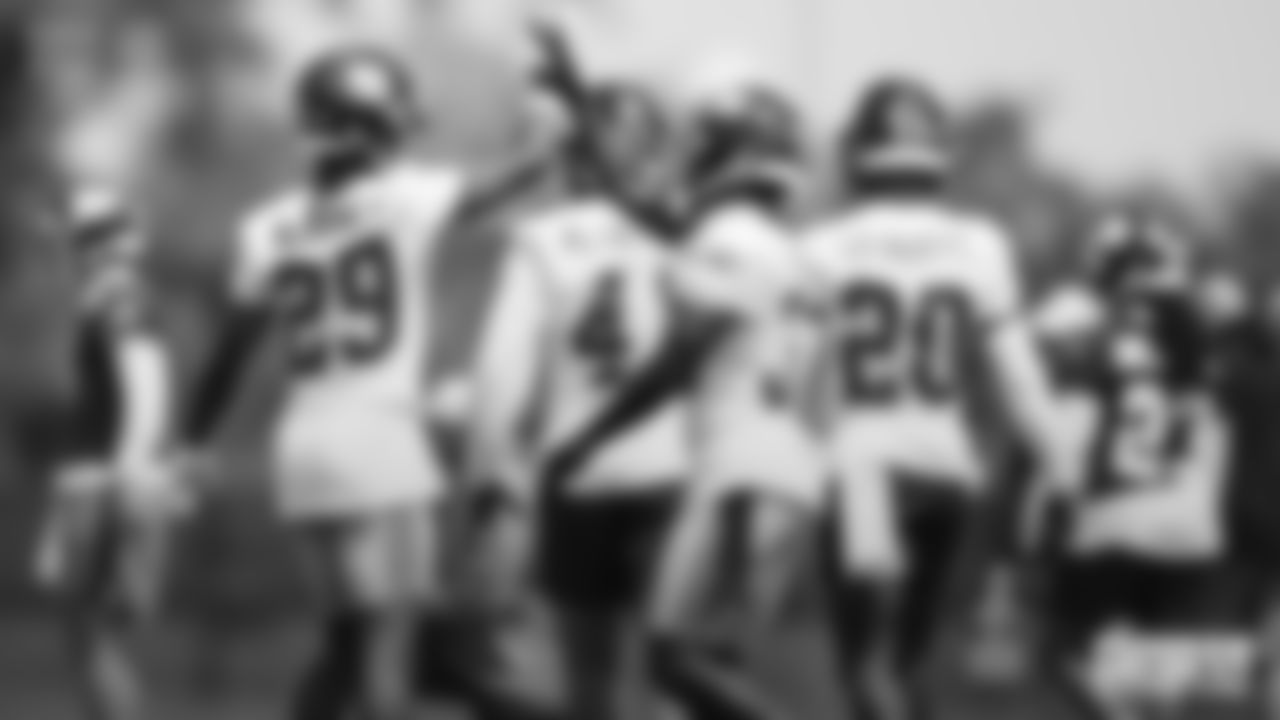
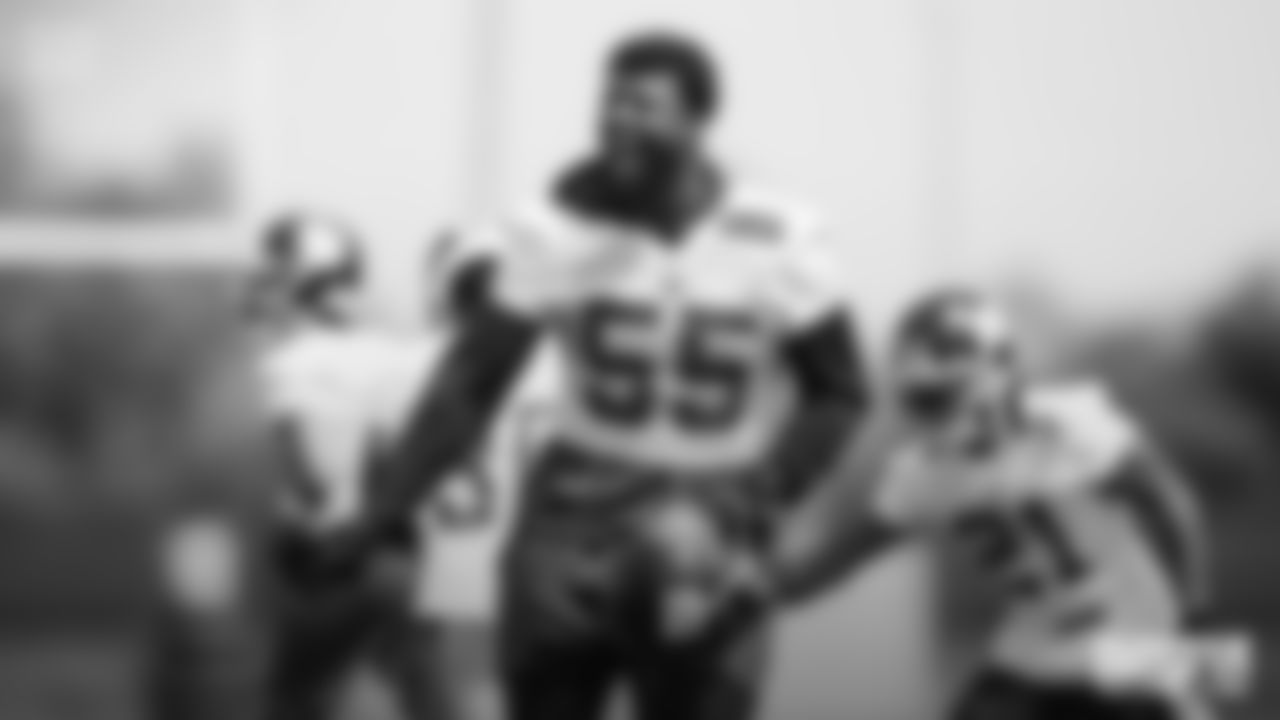

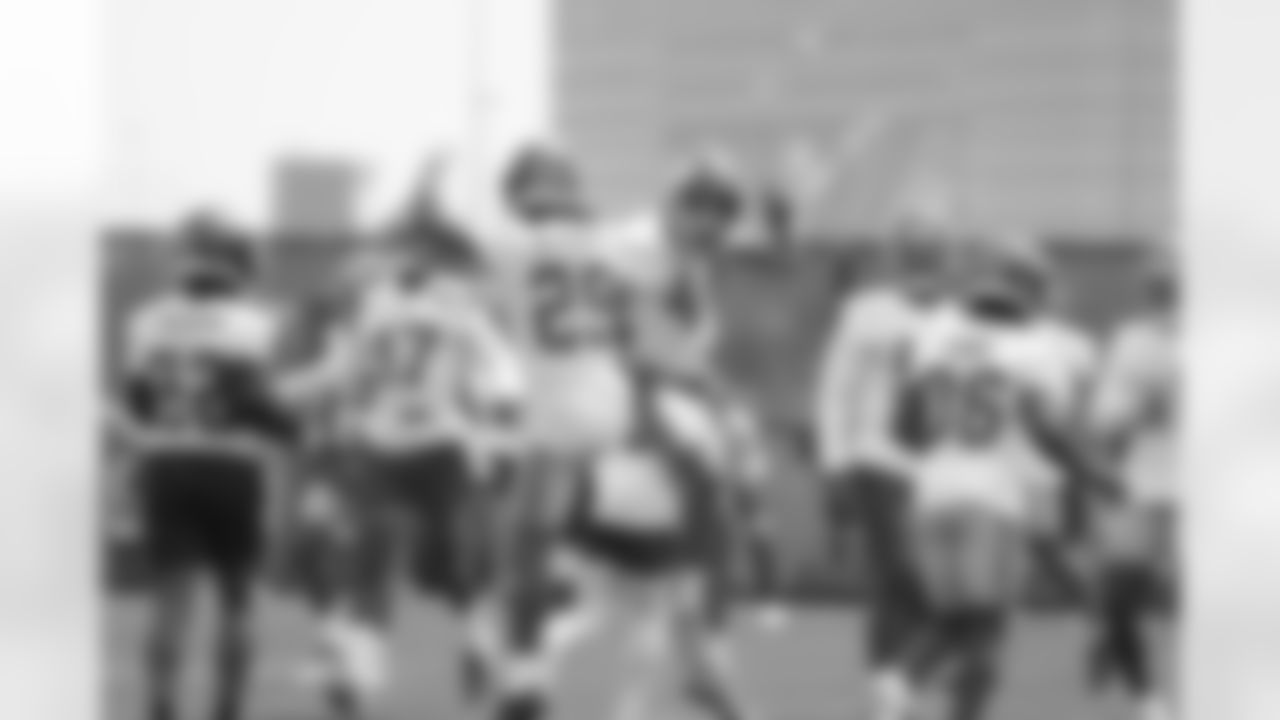
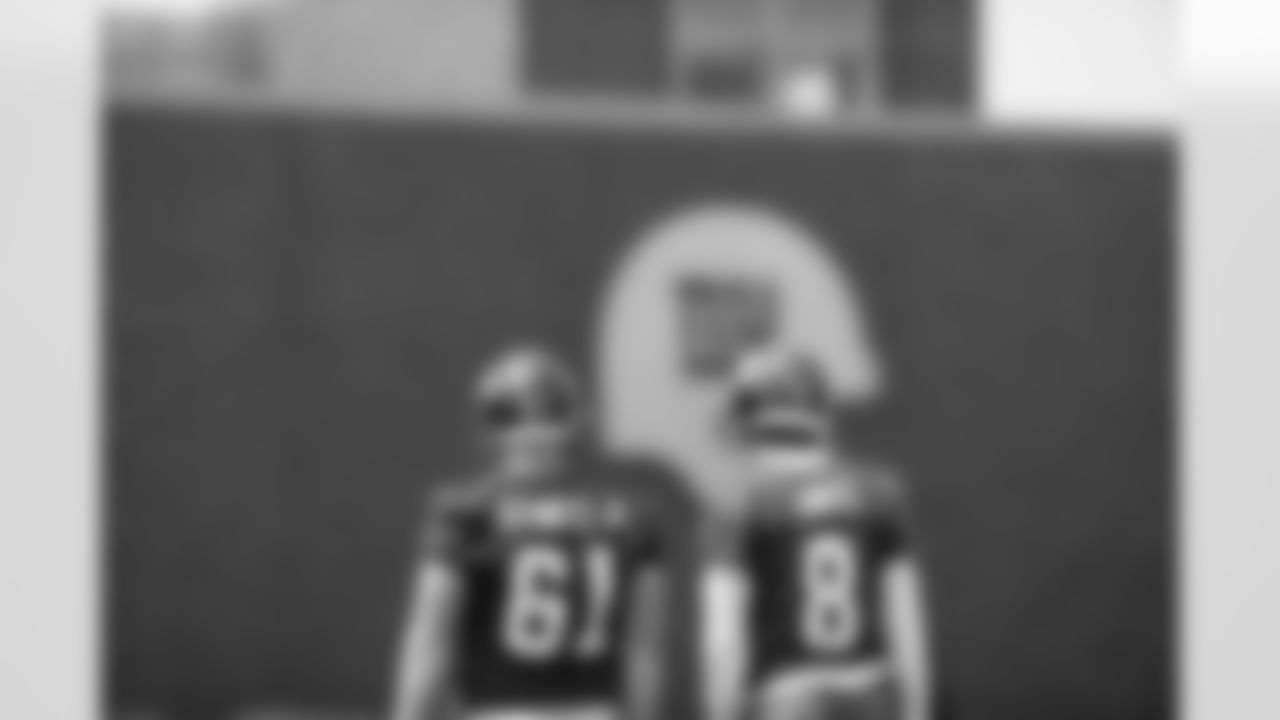
John Michael Schmitz (61), Daniel Jones (8)
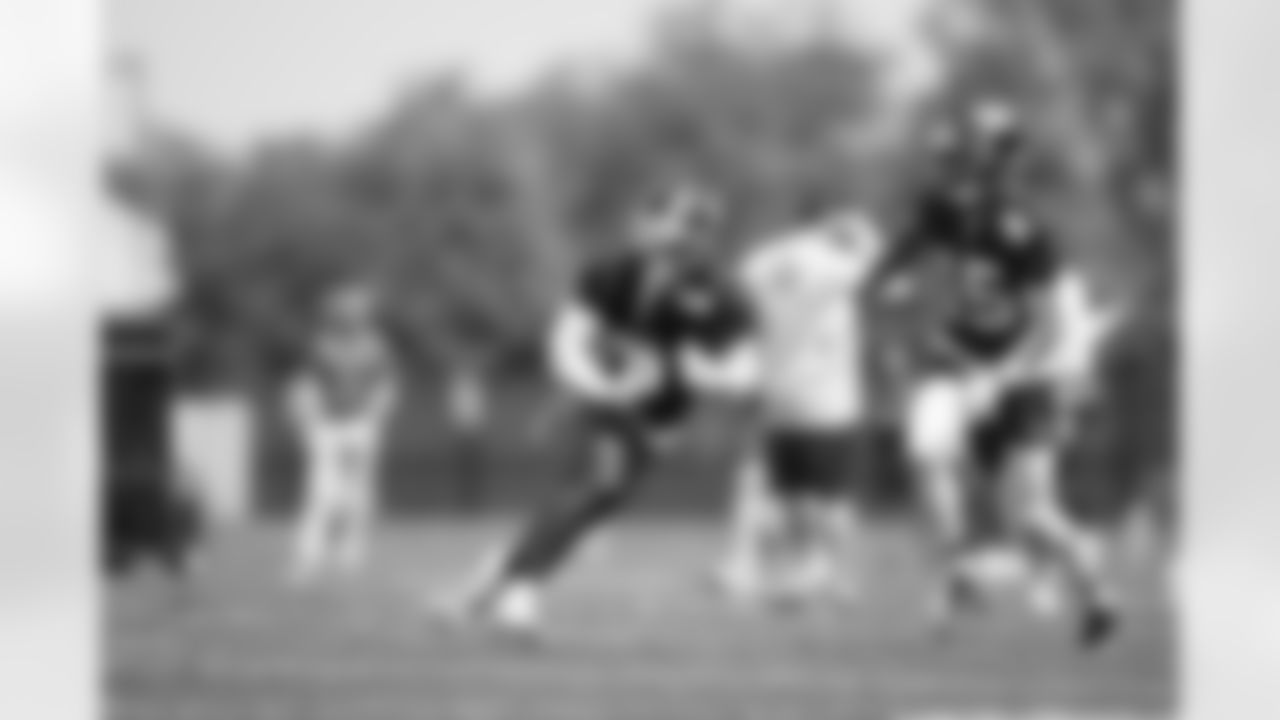
WR Parris Campbell (0)
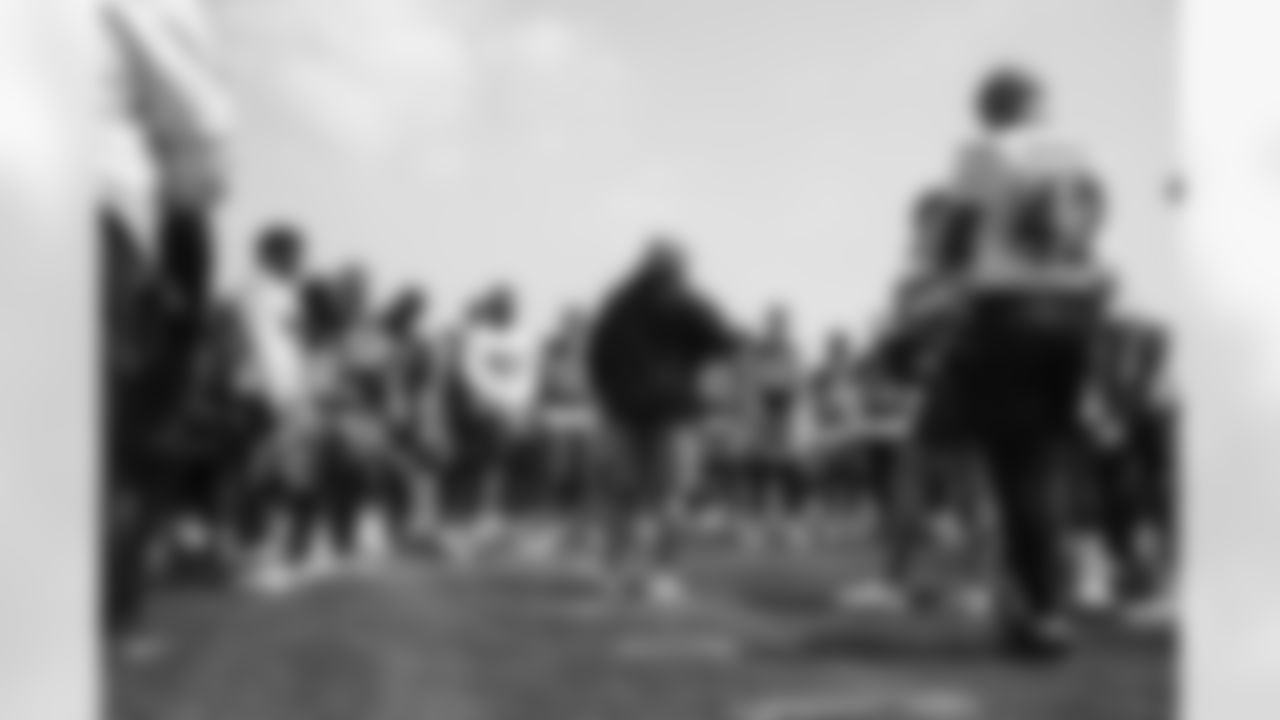
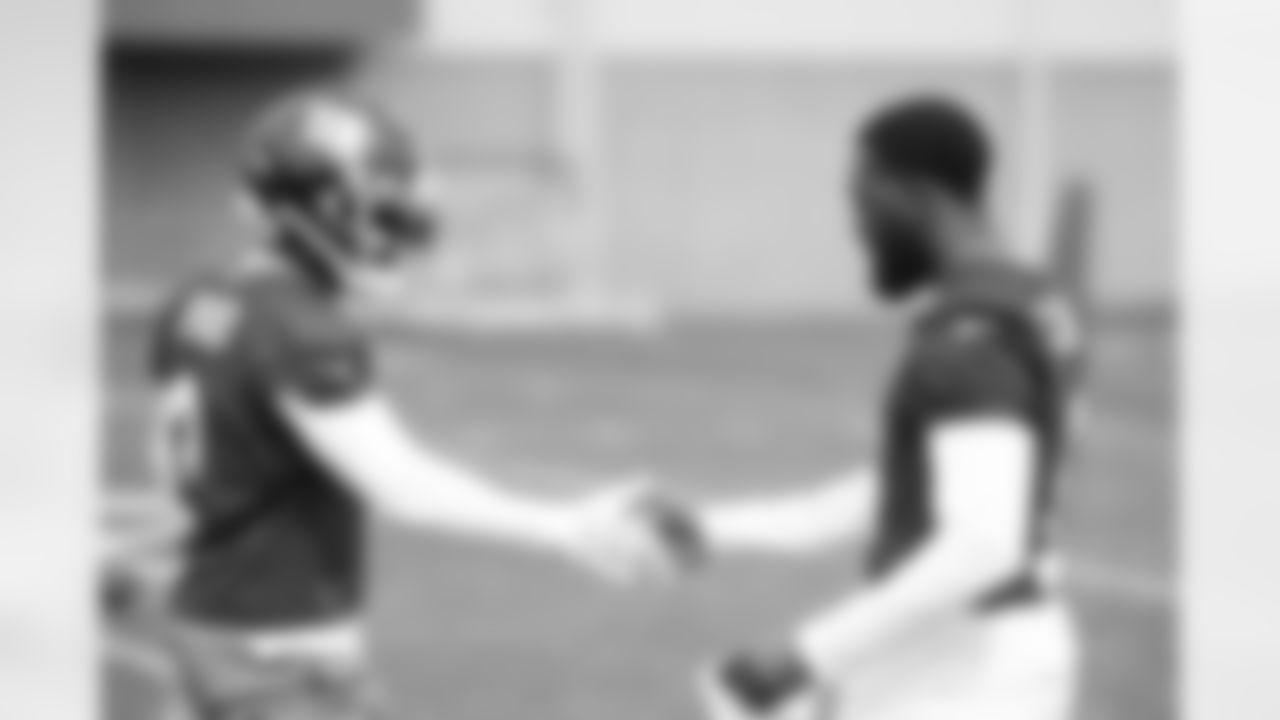
WR Sterling Shepard (3), WR Parris Campbell (0)

Jalin Hyatt (84)
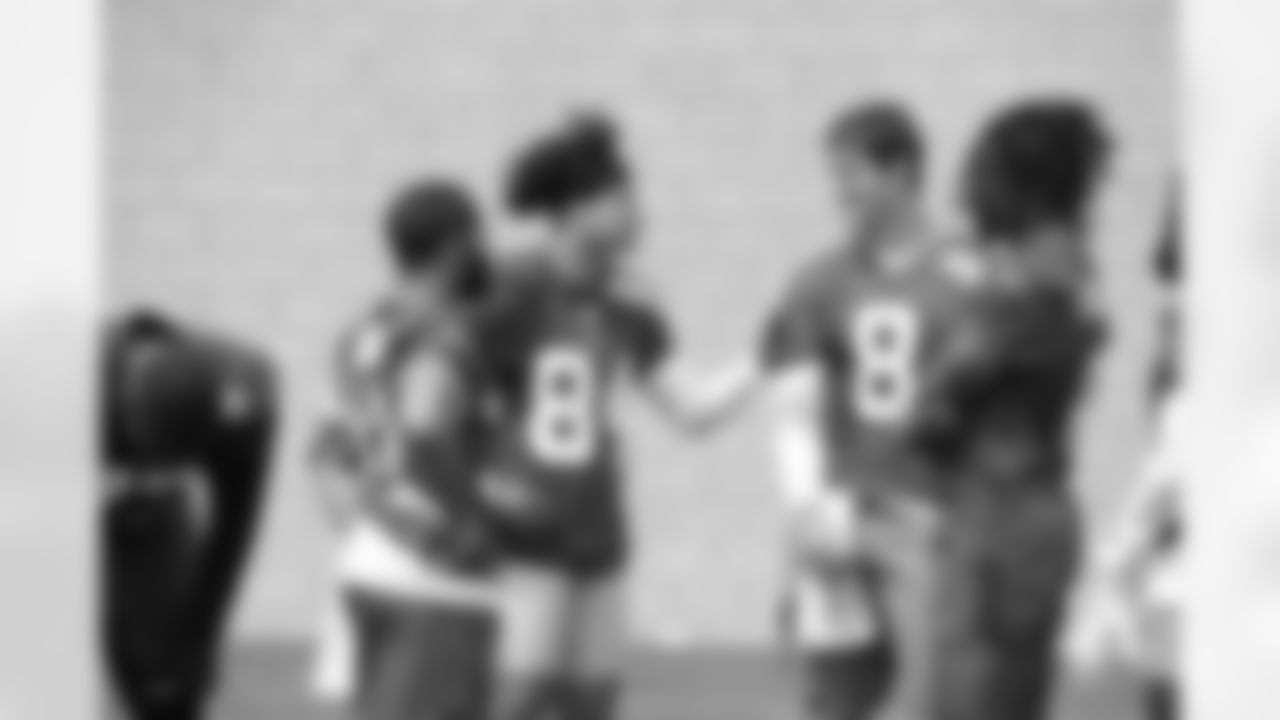
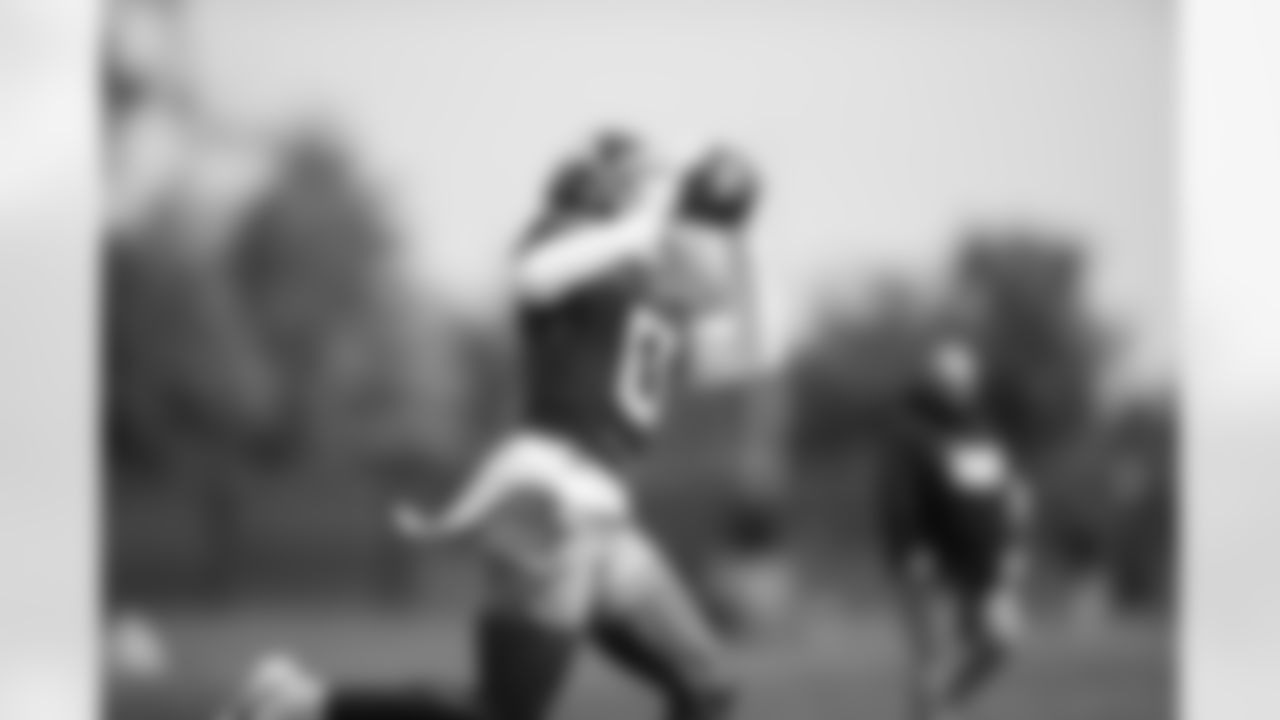
WR Parris Campbell (0)
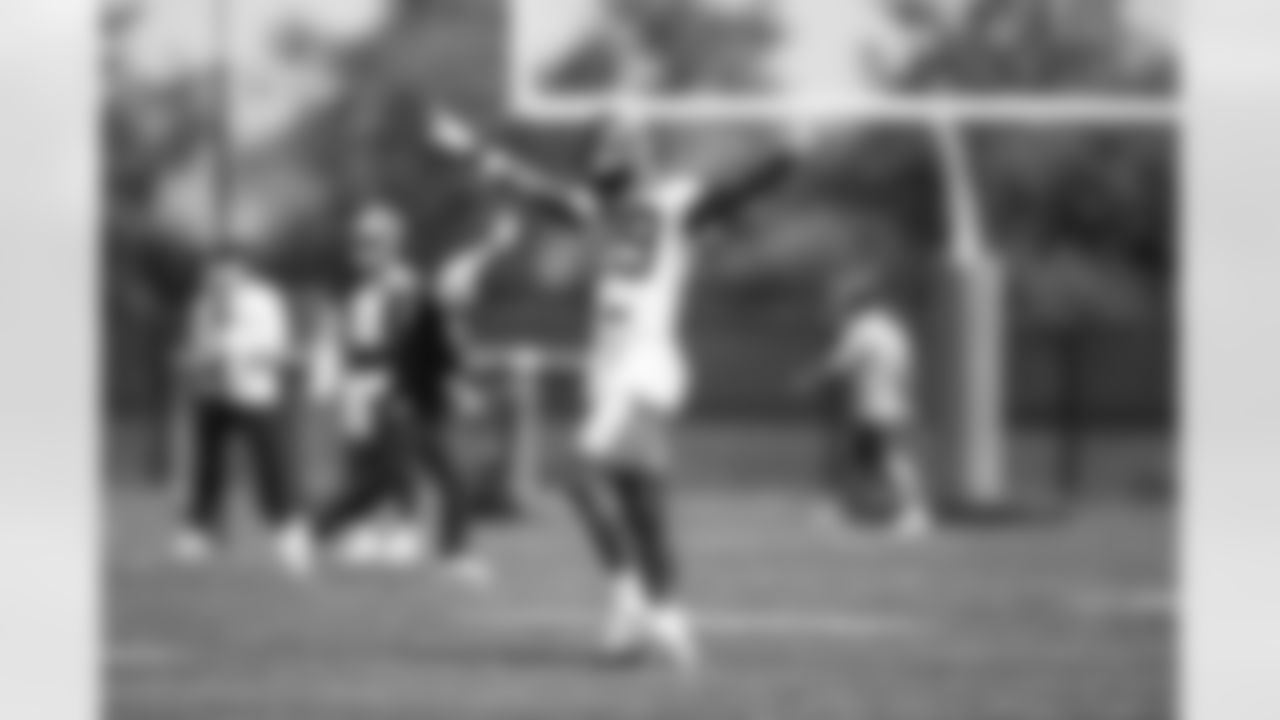
S Xavier McKinney (29)
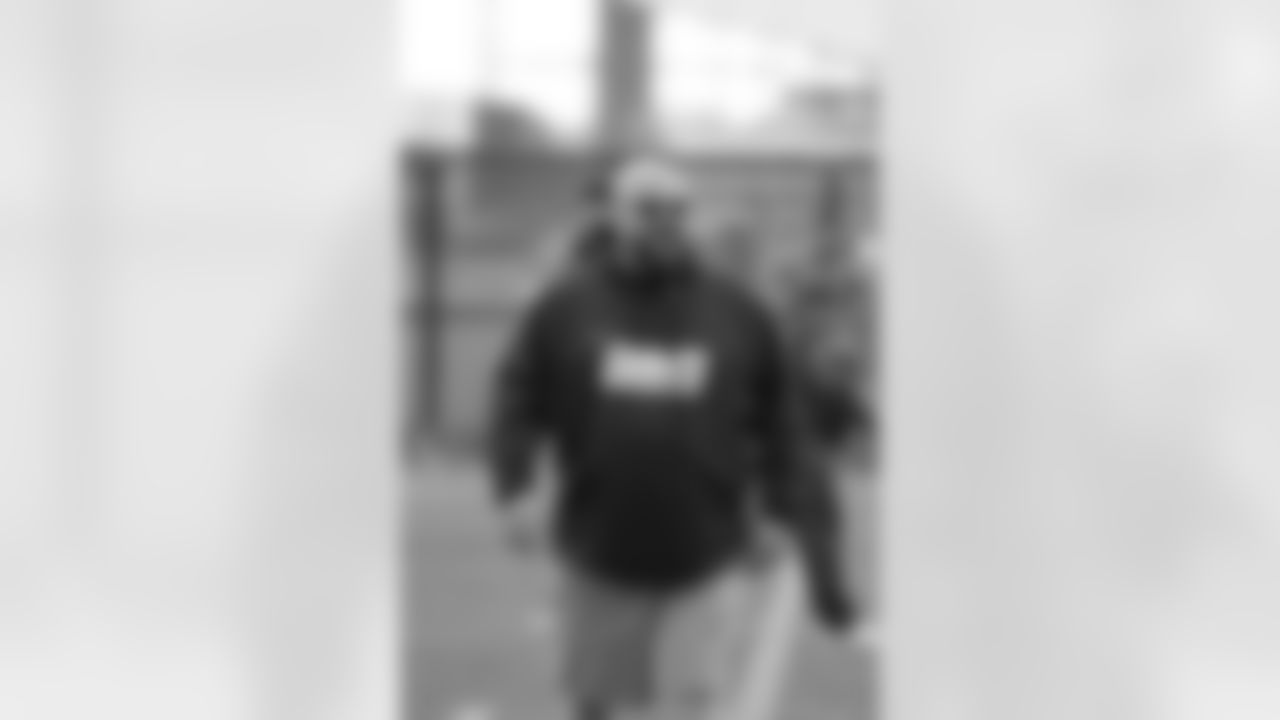
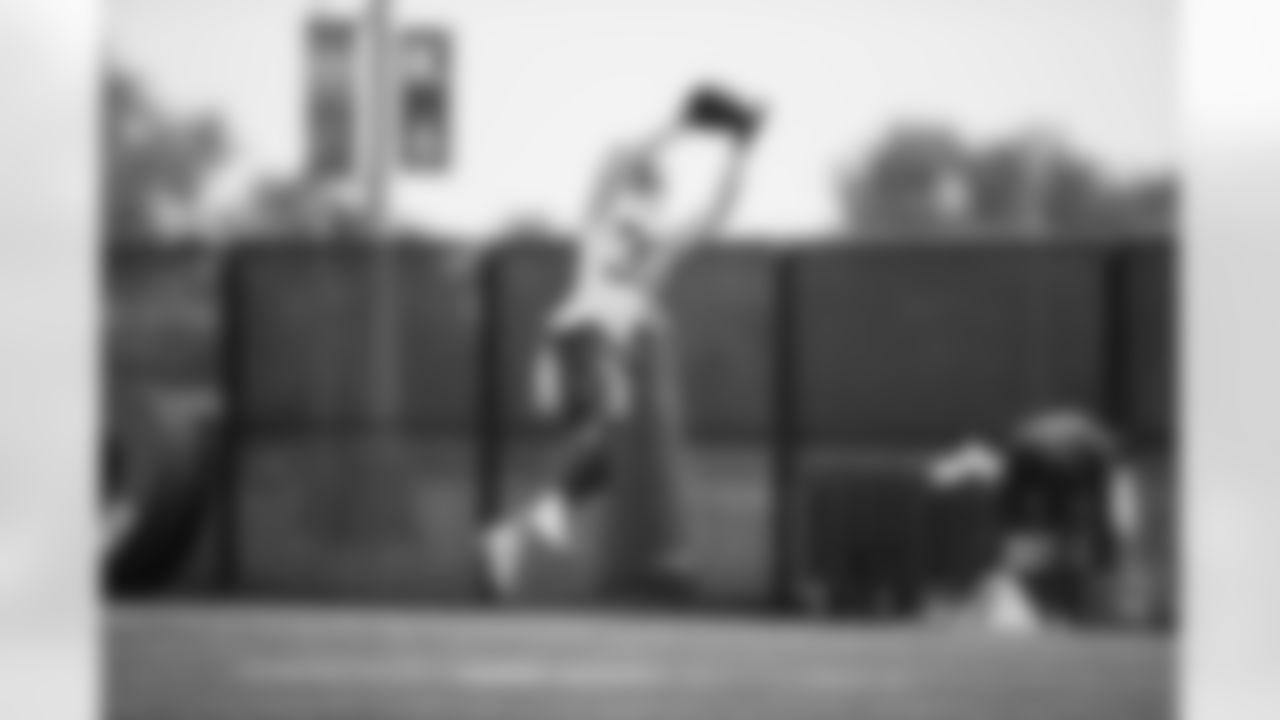
DB Gervarrius Owens (31)
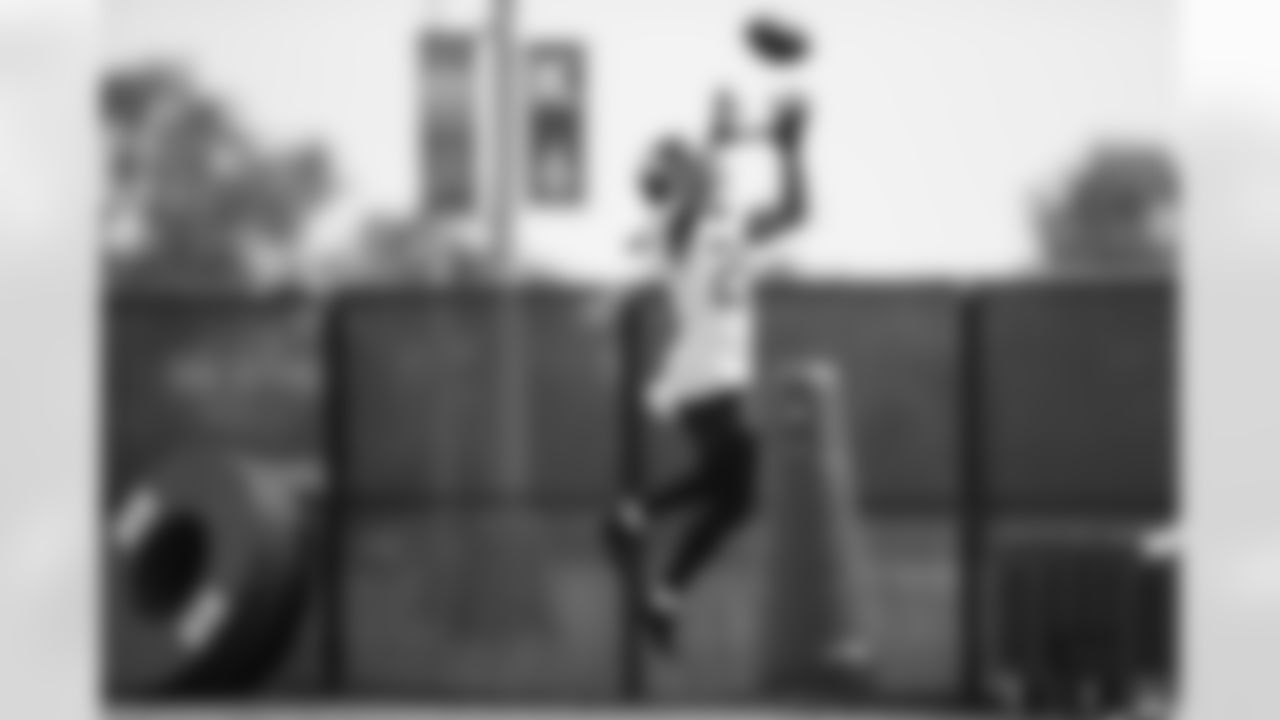
DB Bobby McCain (21)
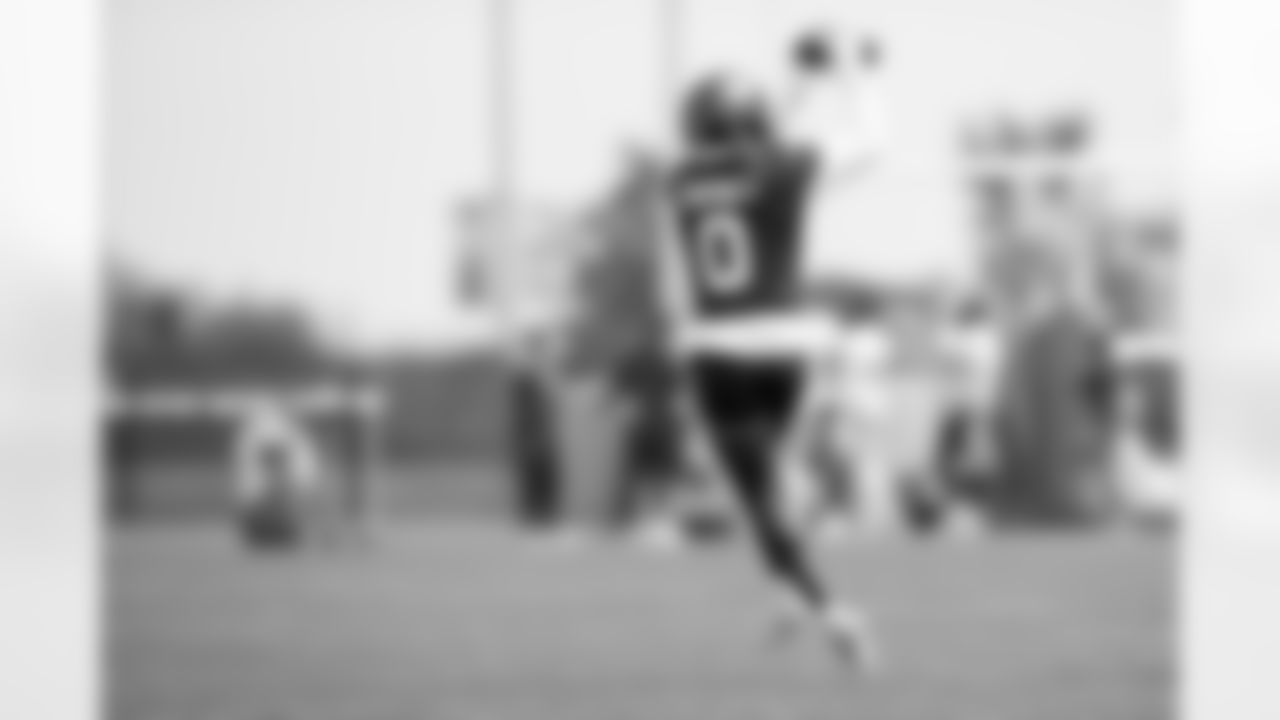
WR Parris Campbell (0)
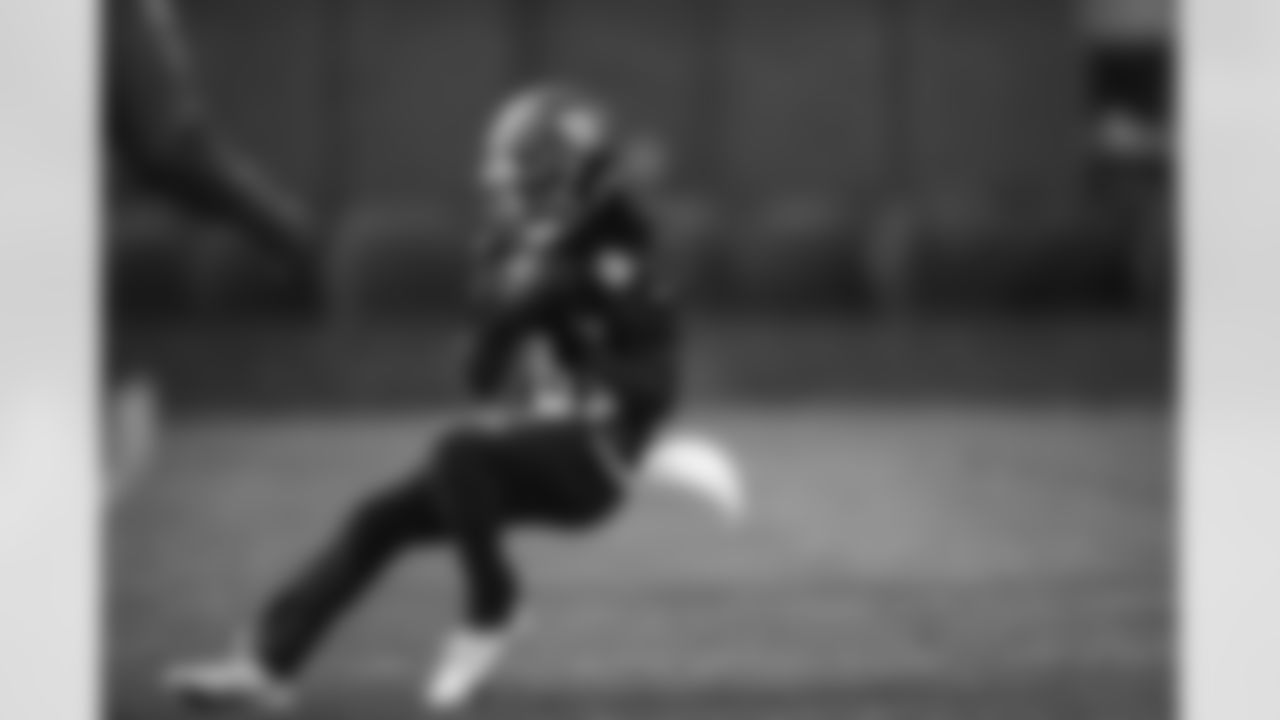
WR Kalil Pimpleton (81)
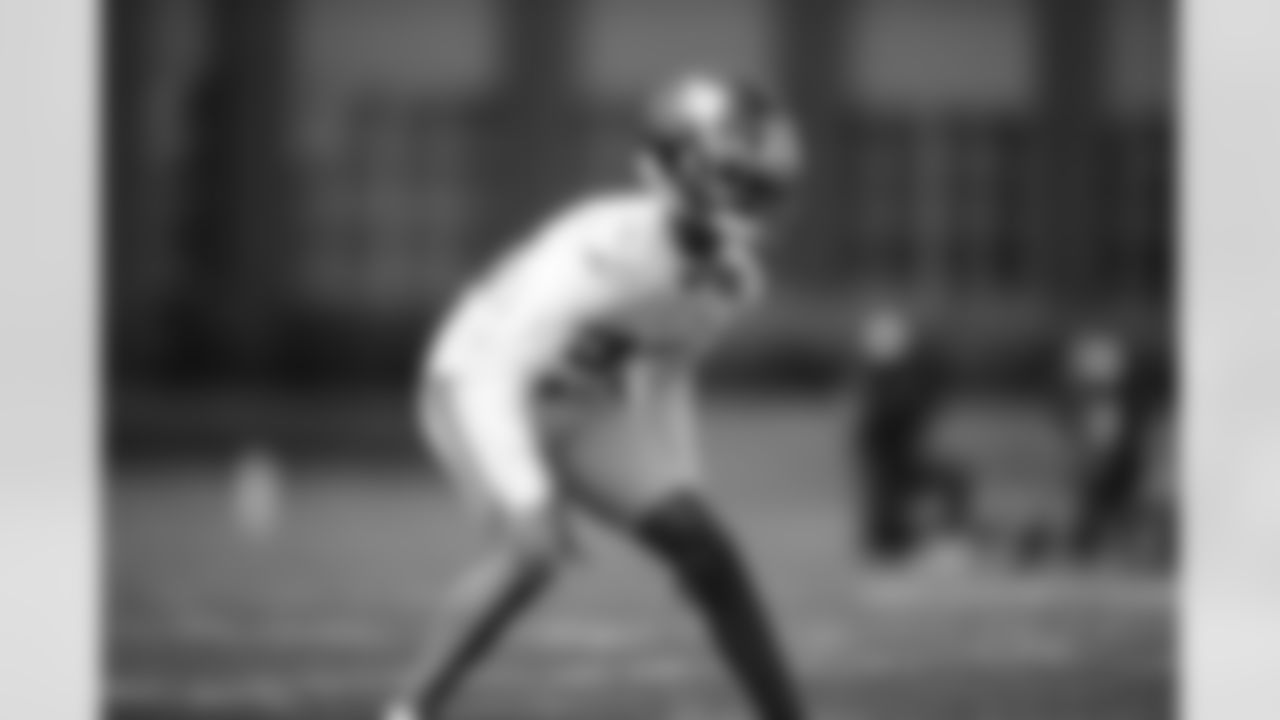
DB Cor'dale Flott (28)
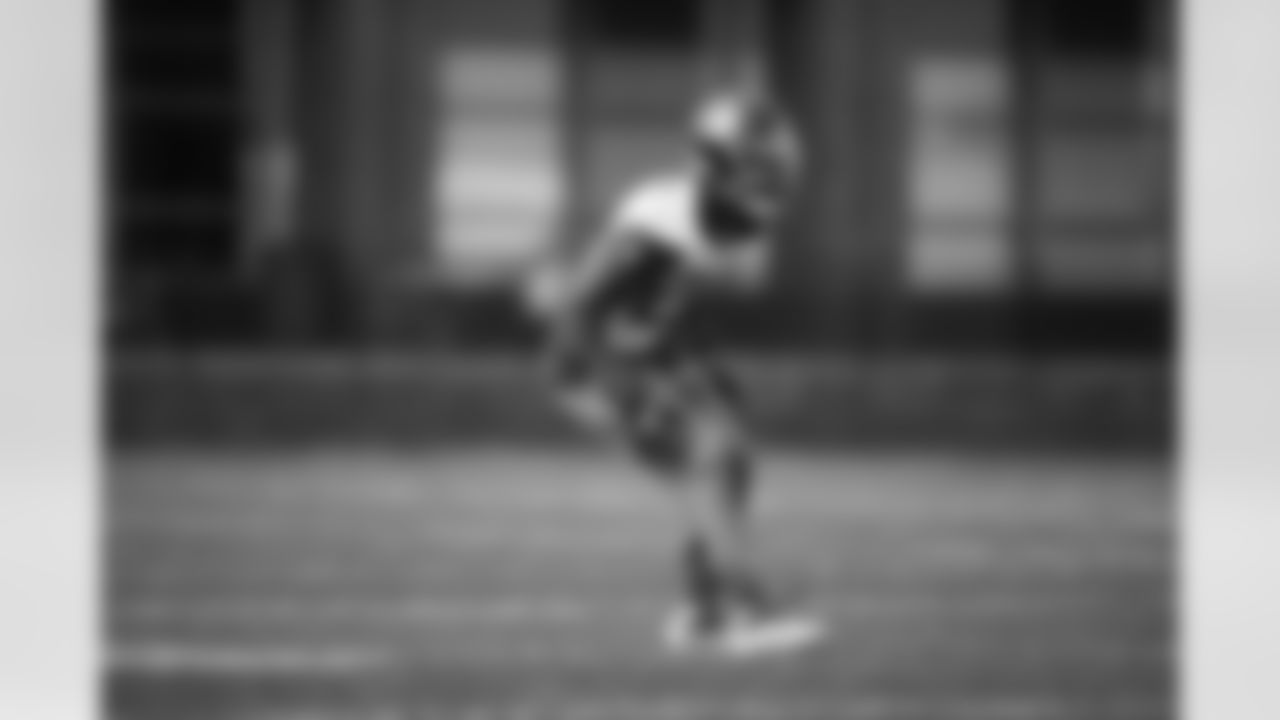
DB Rodarius Williams (25)
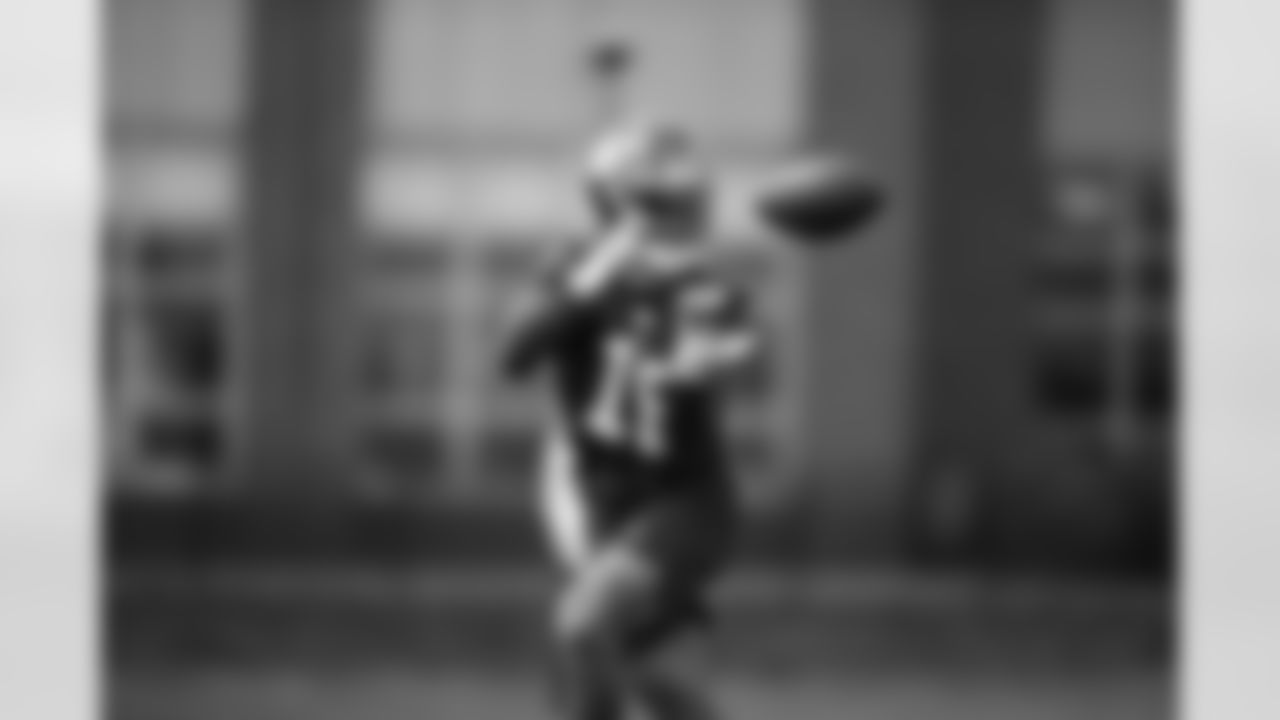
WR Isaiah Hodgins (18)
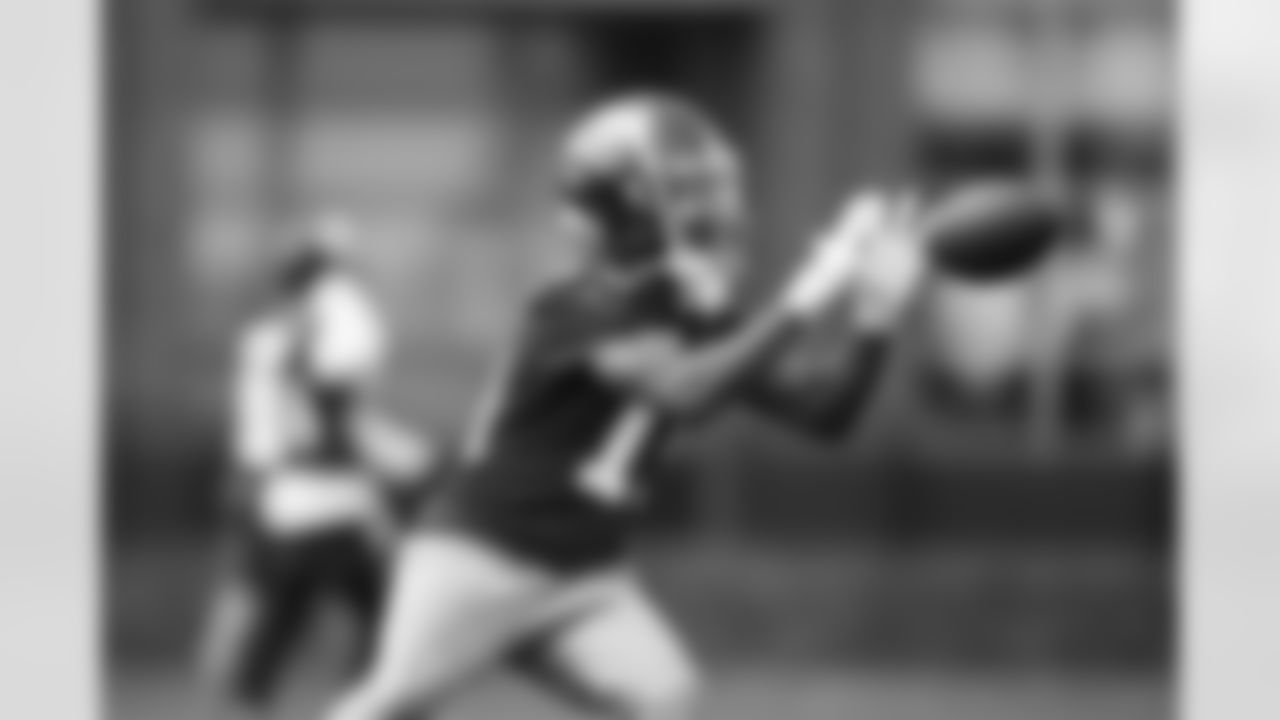
WR Jeff Smith II (19)
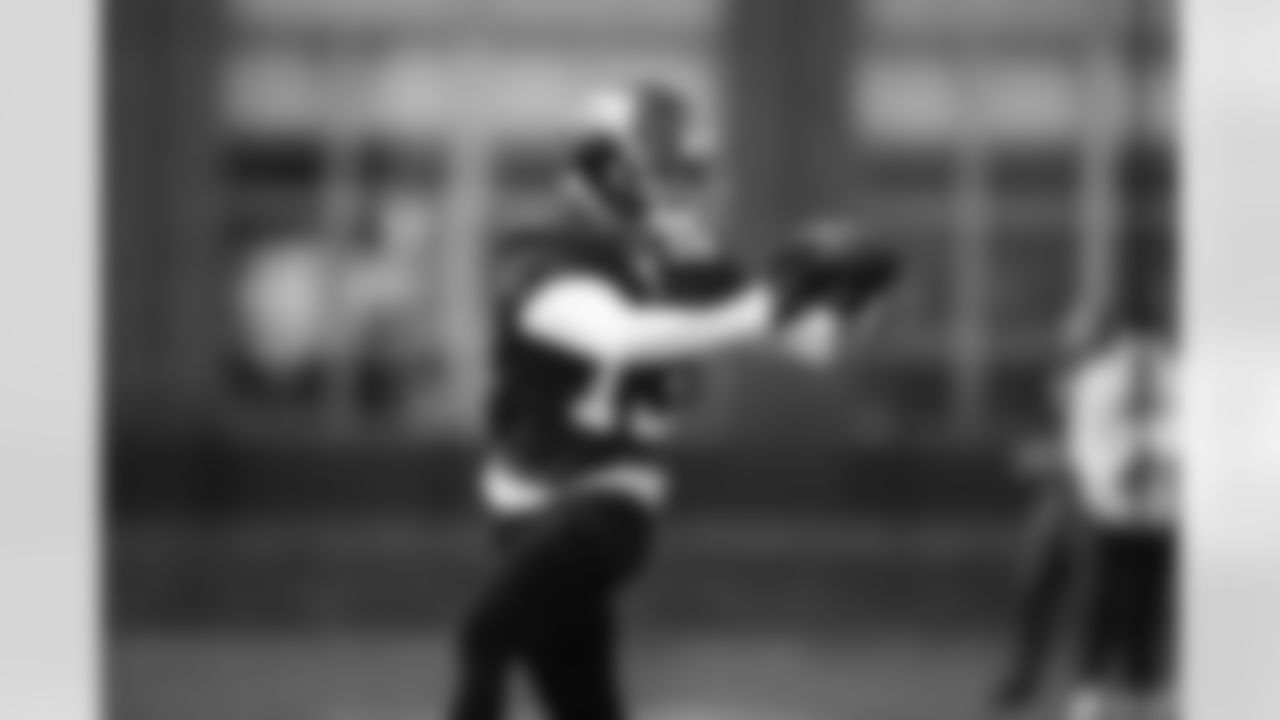
WR David Sills V (13)
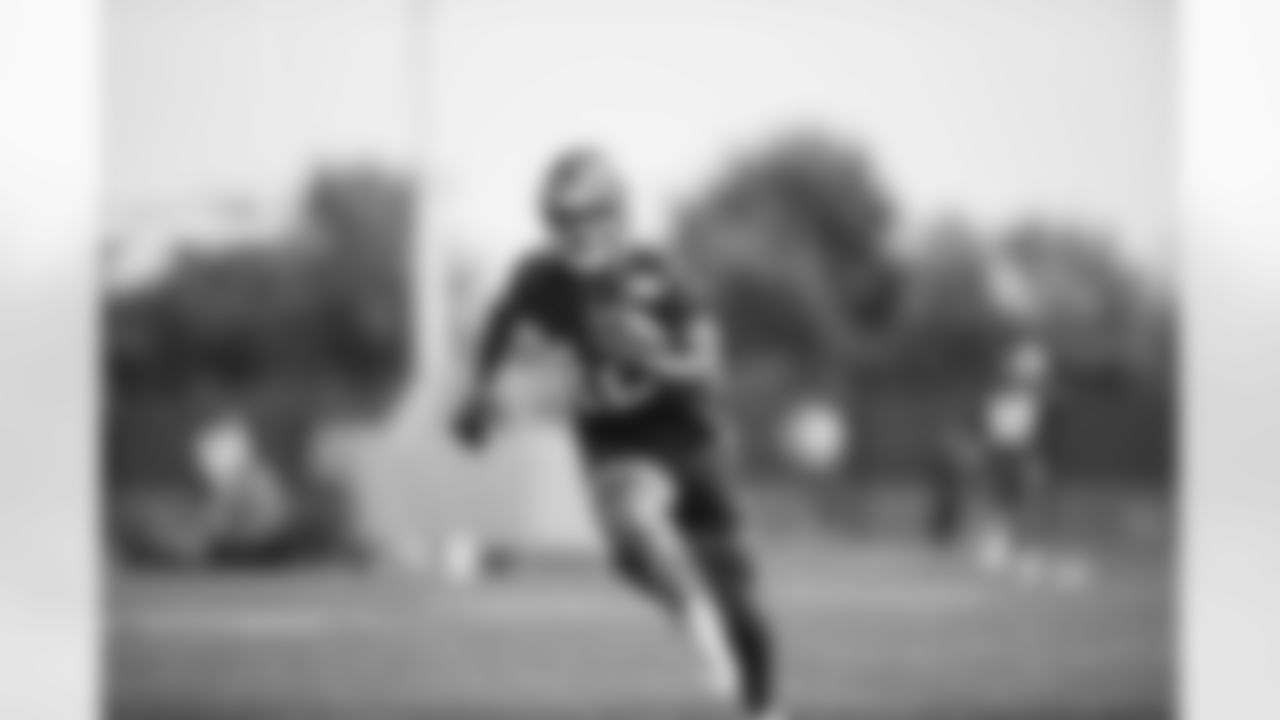
TE Darren Waller (12)
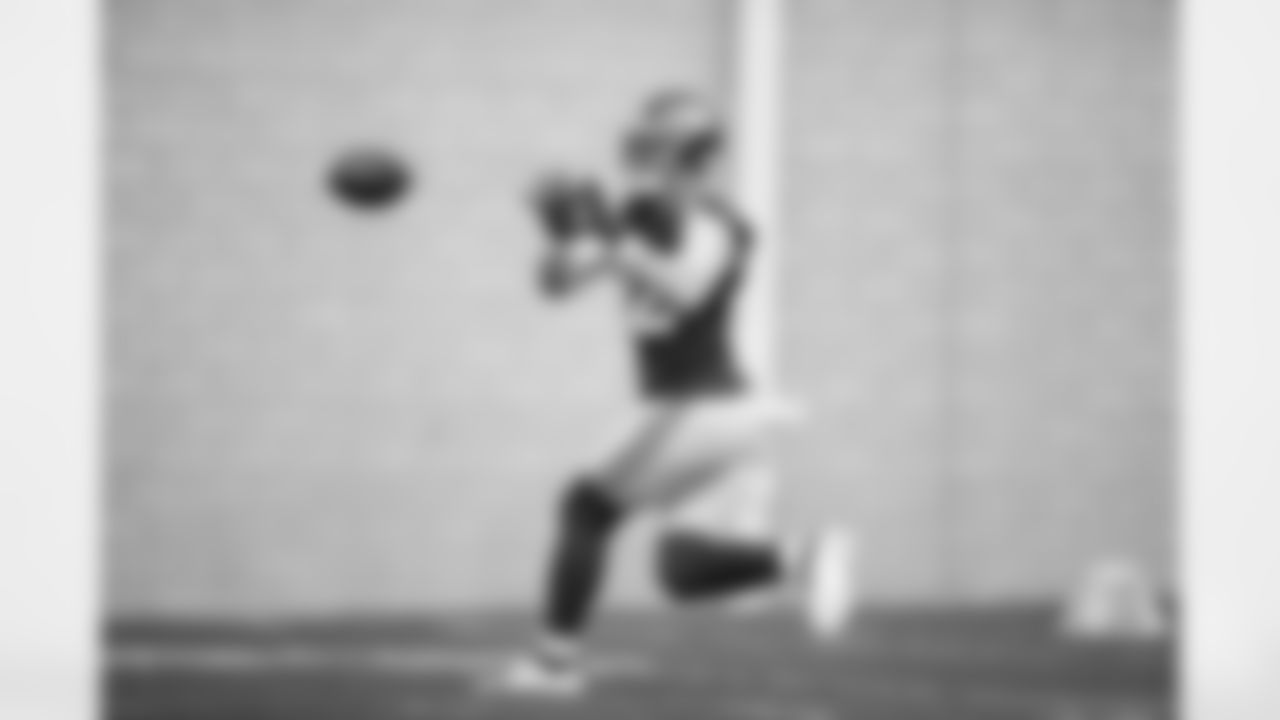
TE Daniel Bellinger (82)
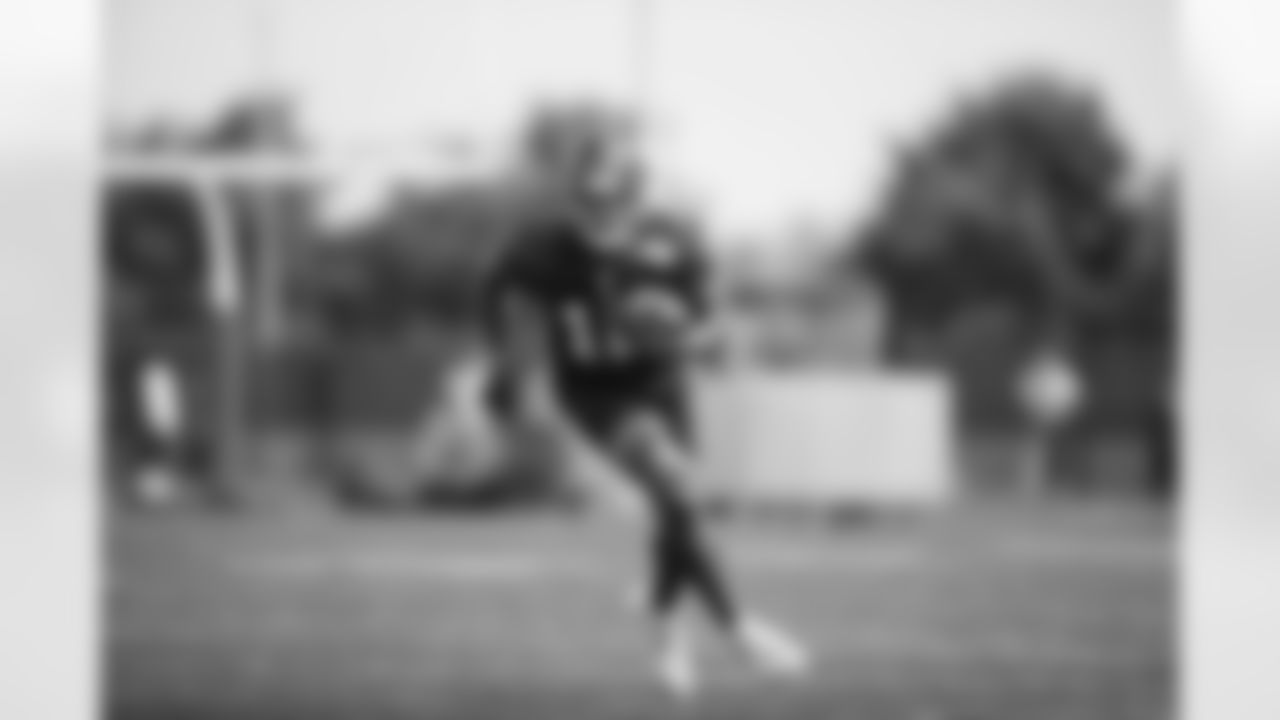
TE Darren Waller (12)
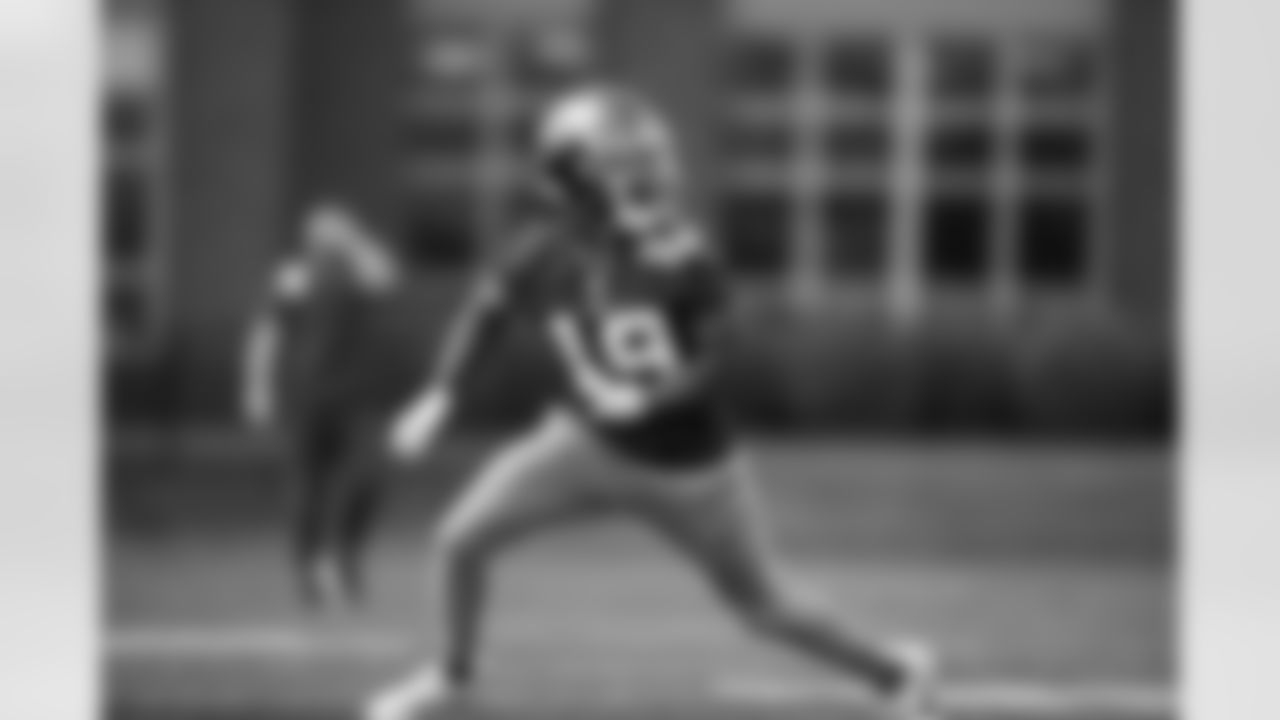
WR Jeff Smith II (19)
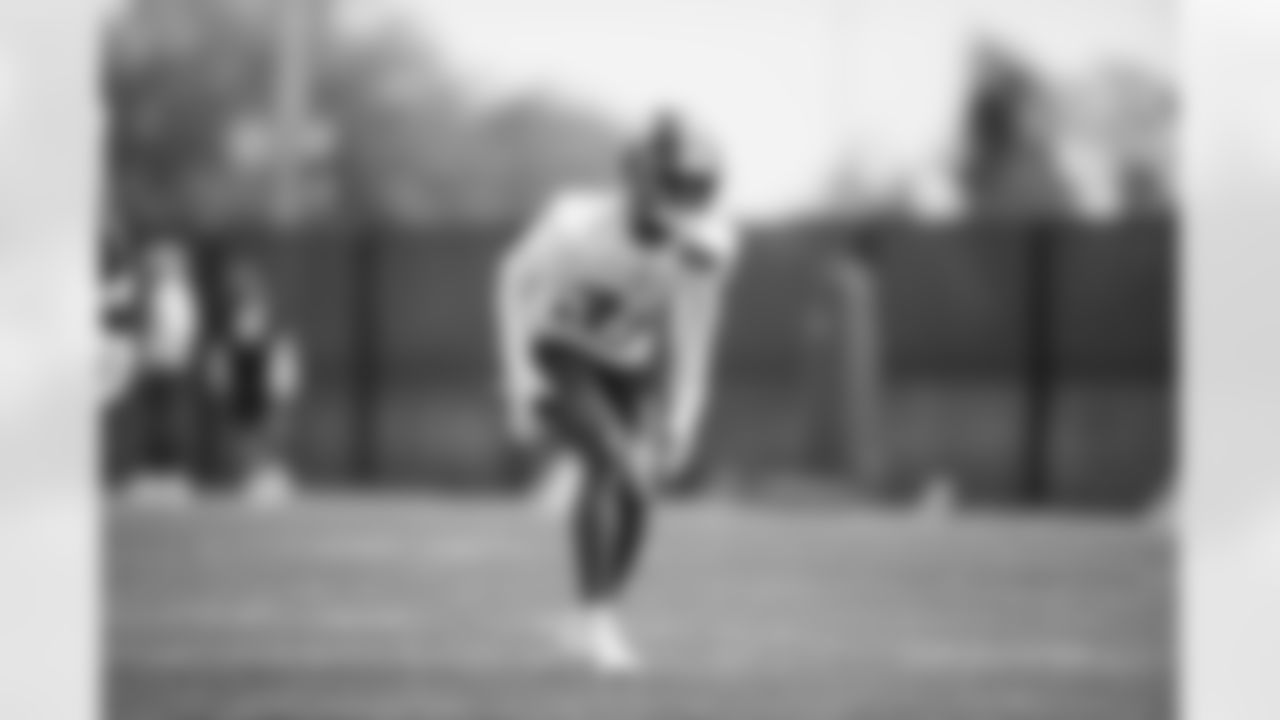
DB Germon Green (34)
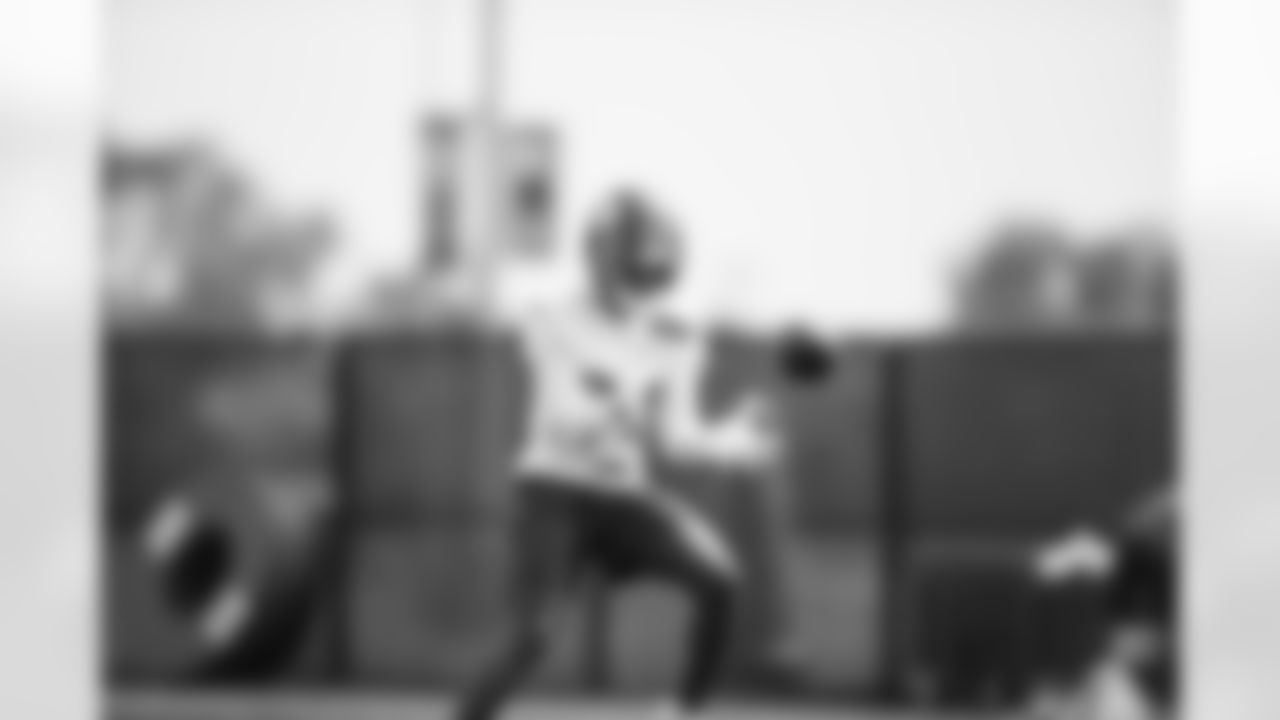
DB Germon Green (34)
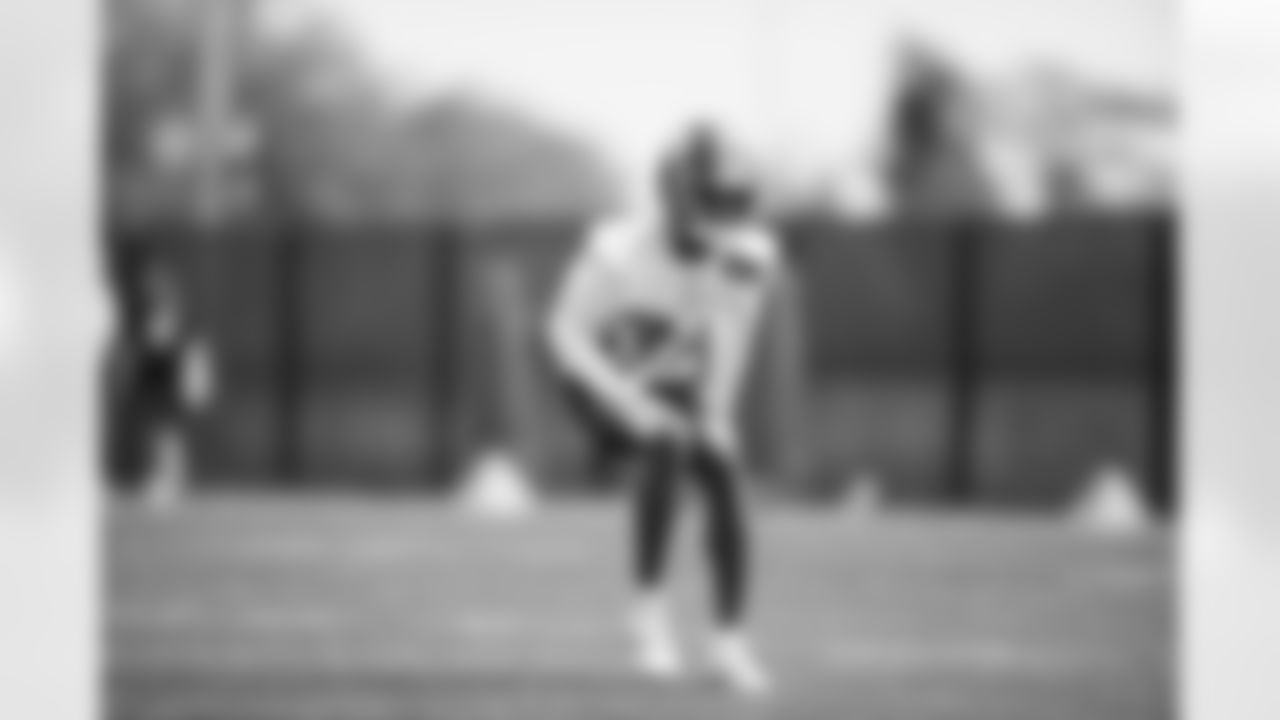
DB Germon Green (34)
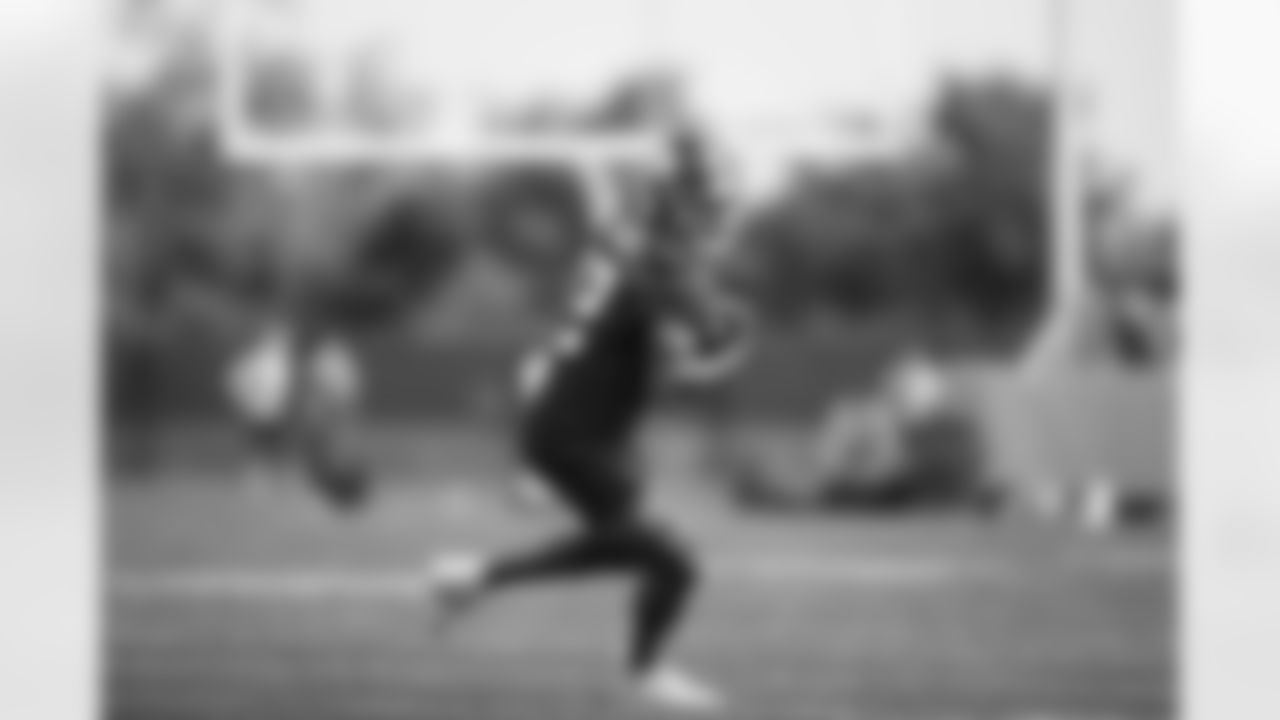
TE Darren Waller (12)
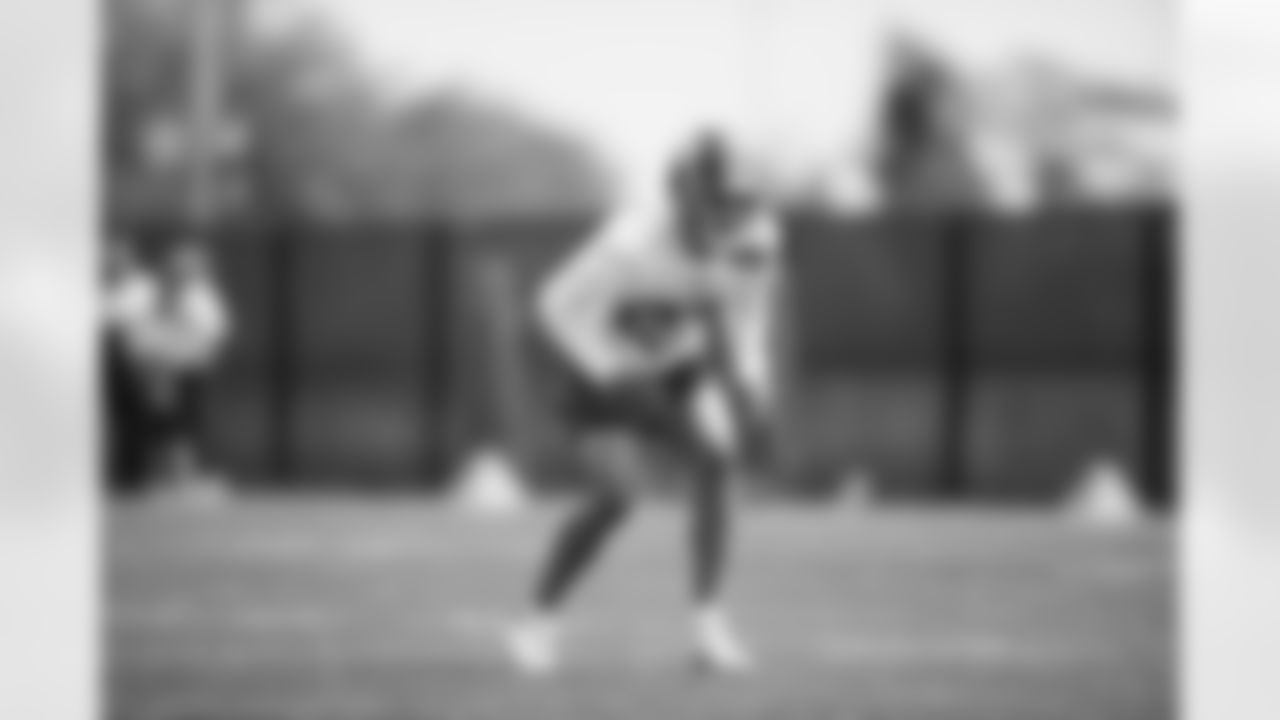
DB Alex Cook (23)
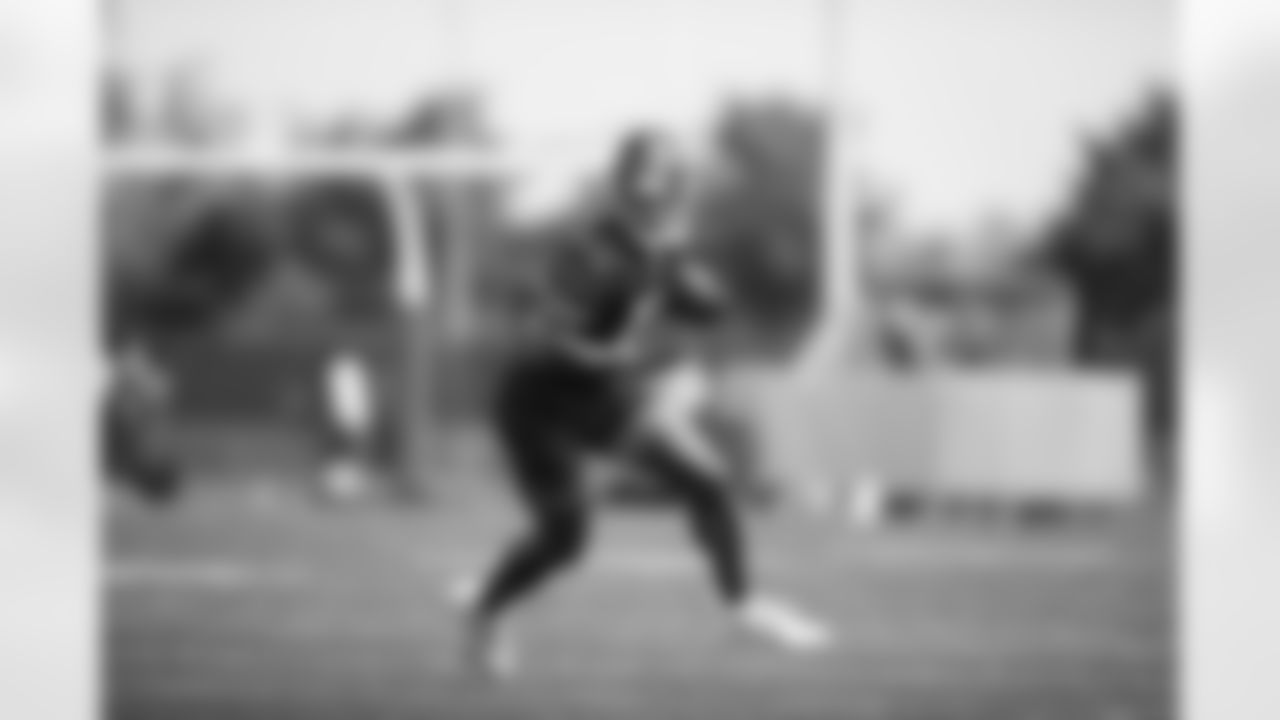
TE Darren Waller (12)
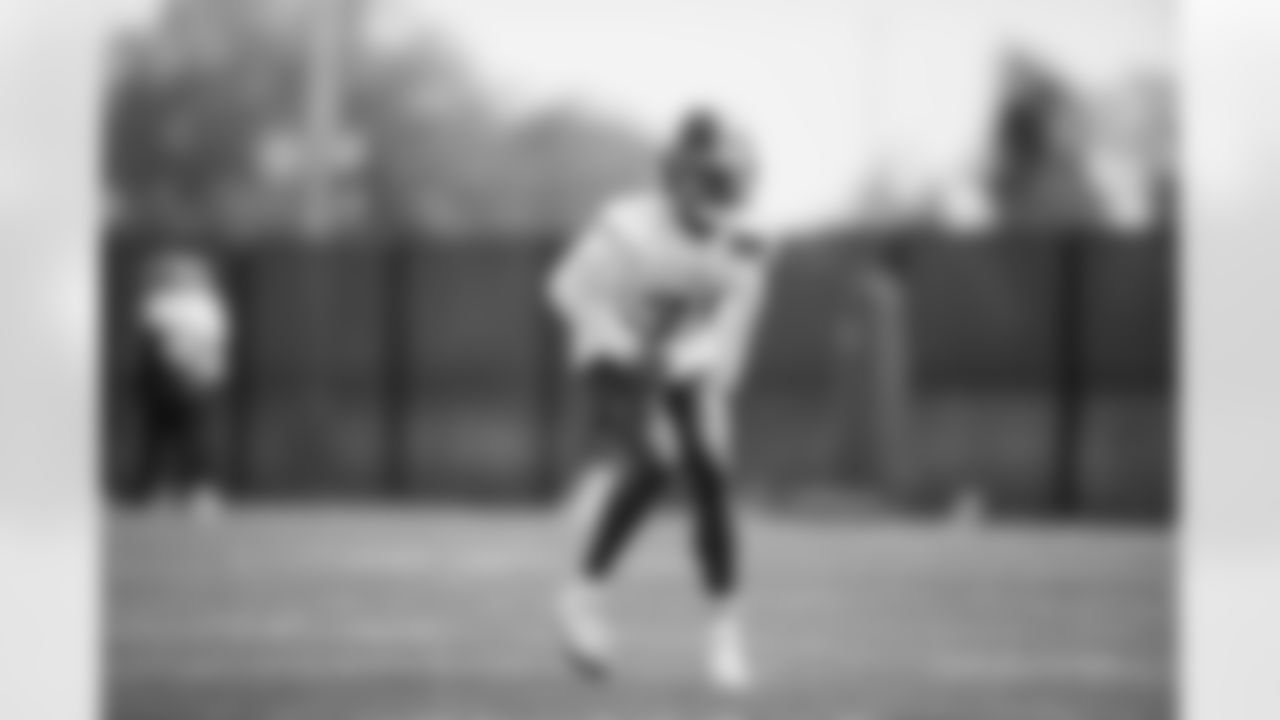
DB Gervarrius Owens (31)
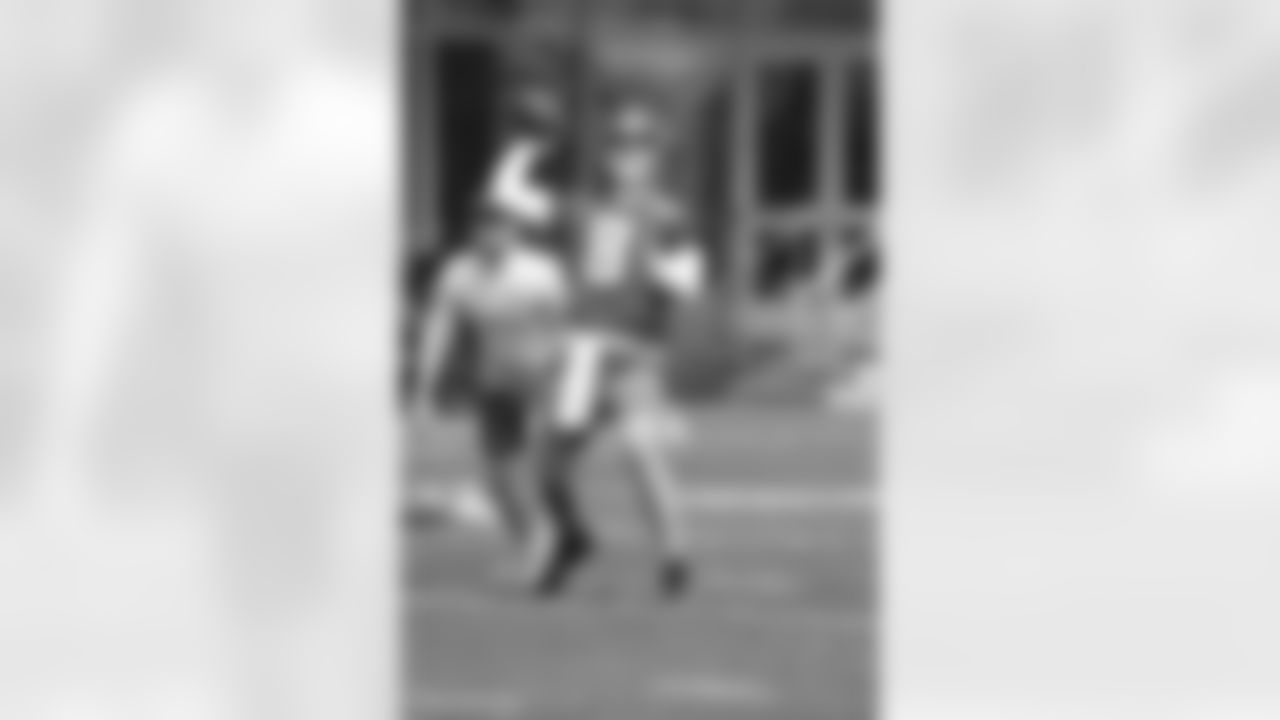

DB Bobby McCain (21)

WR David Sills V (13)
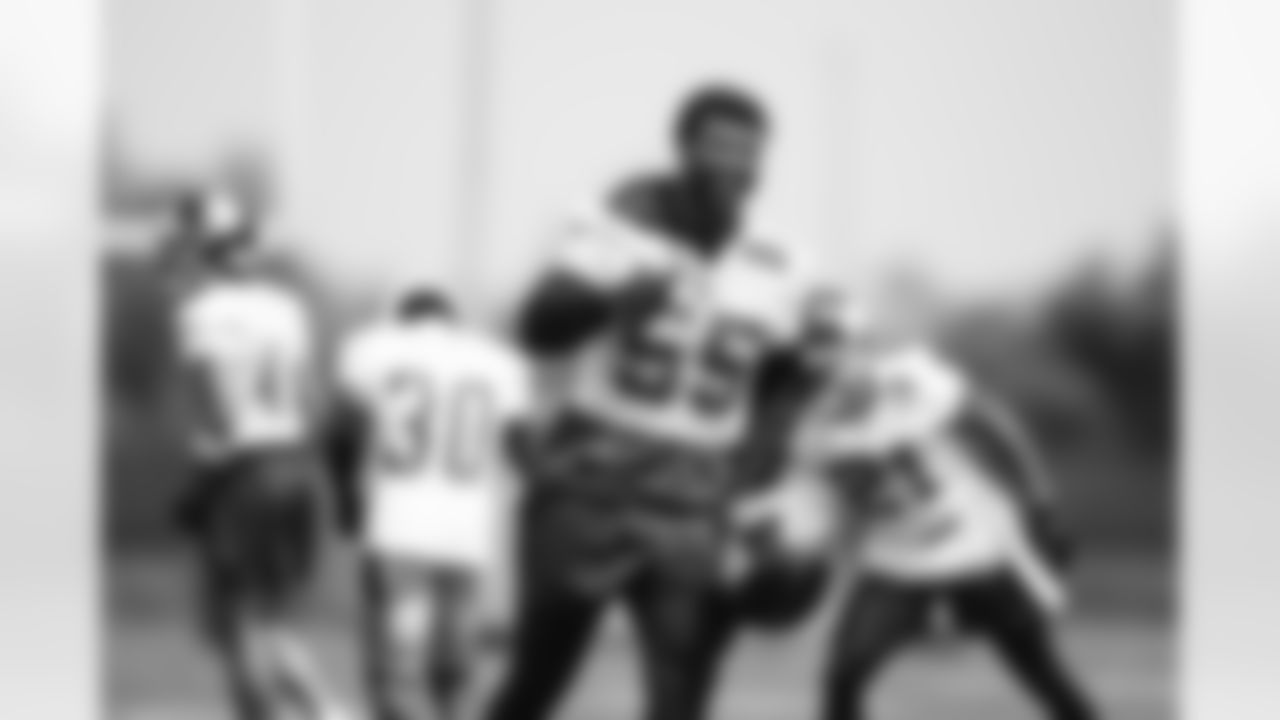
LB Jihad Ward (55)
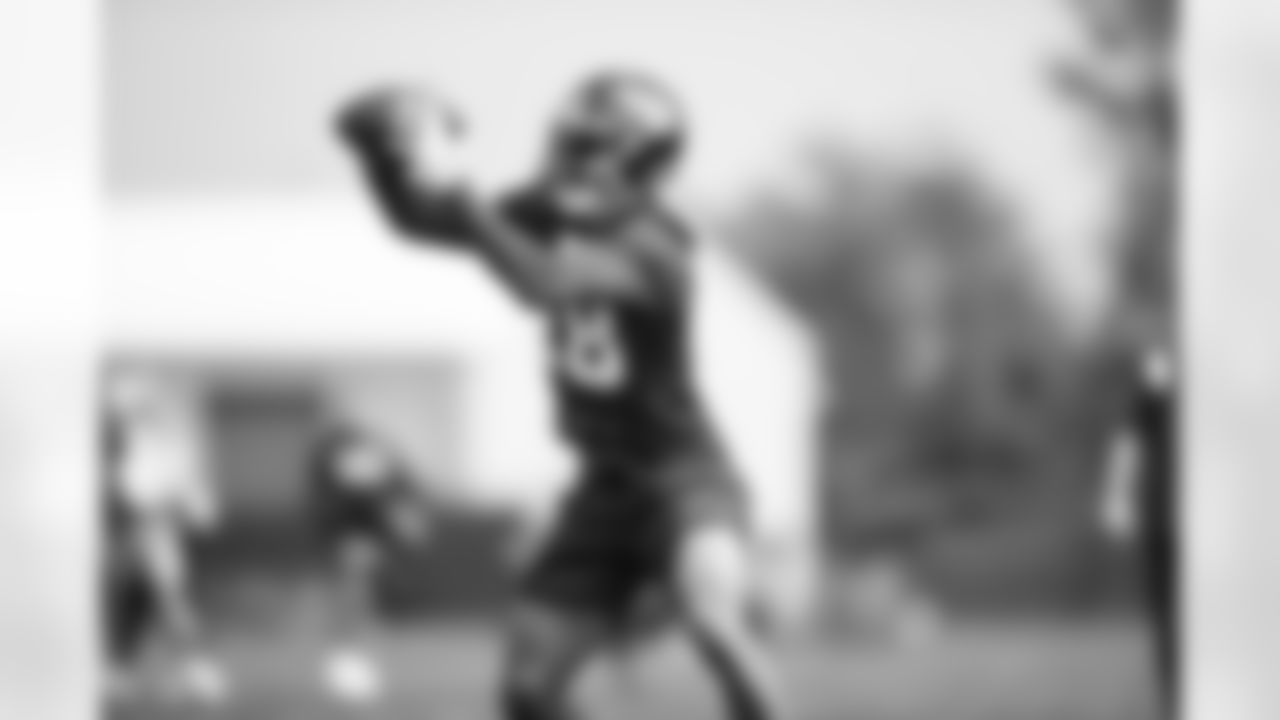
WR Isaiah Hodgins (18)
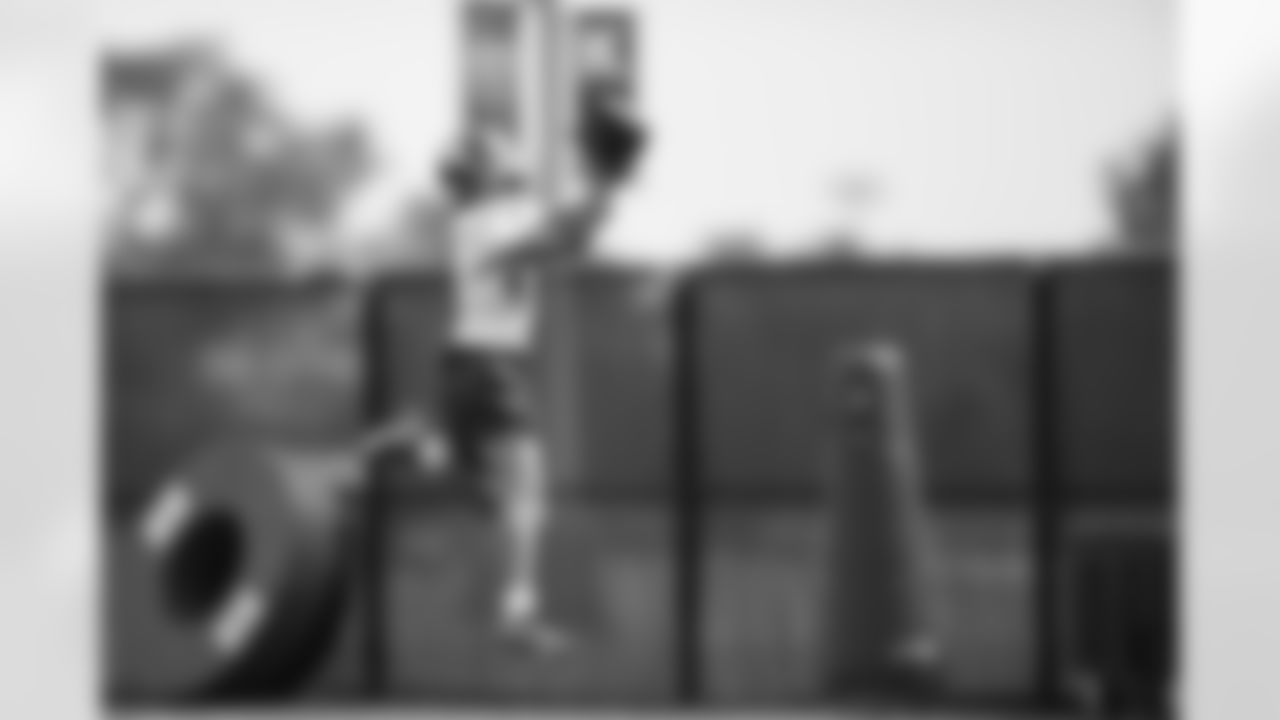
DB Nick McCloud (44)
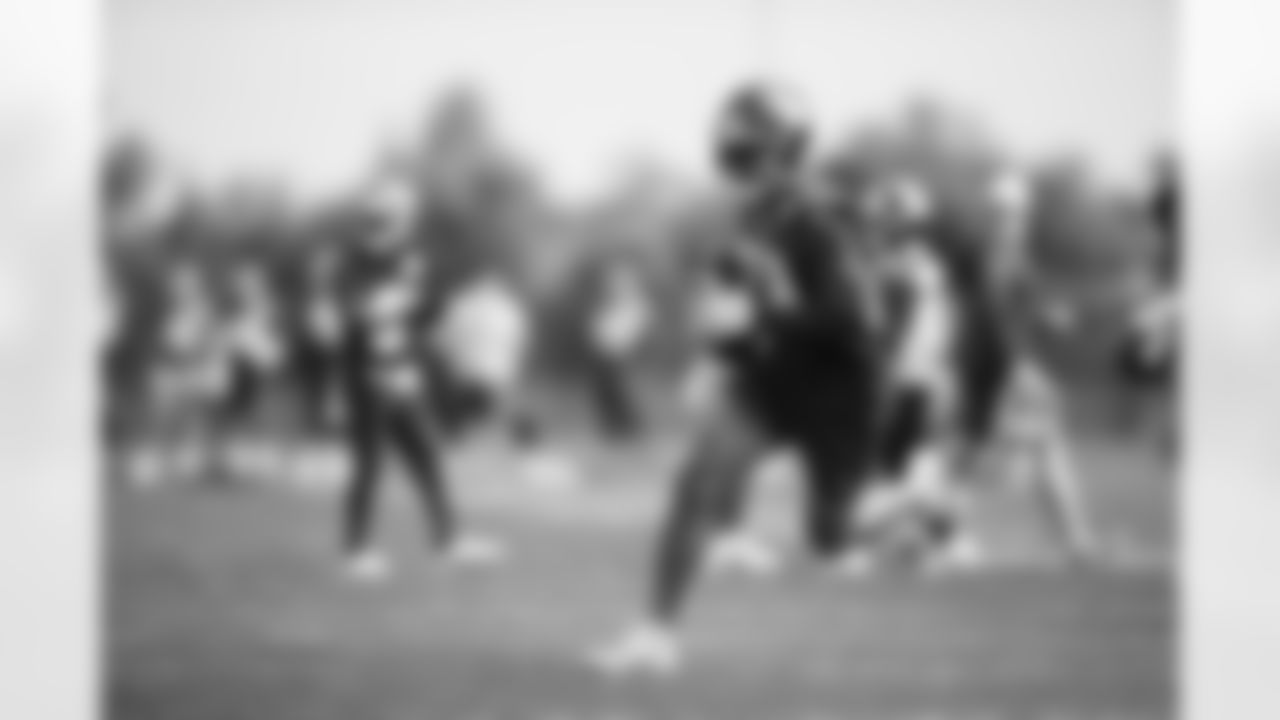
WR Isaiah Hodgins (18)
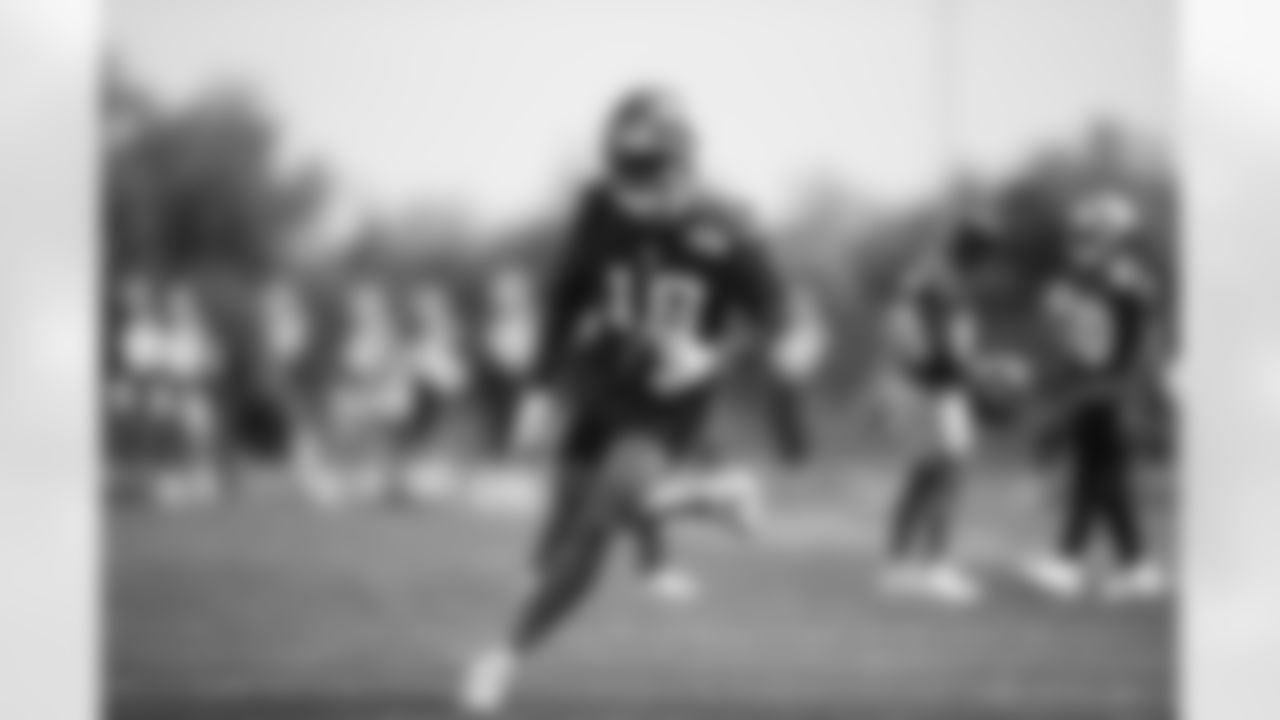
WR Isaiah Hodgins (18)
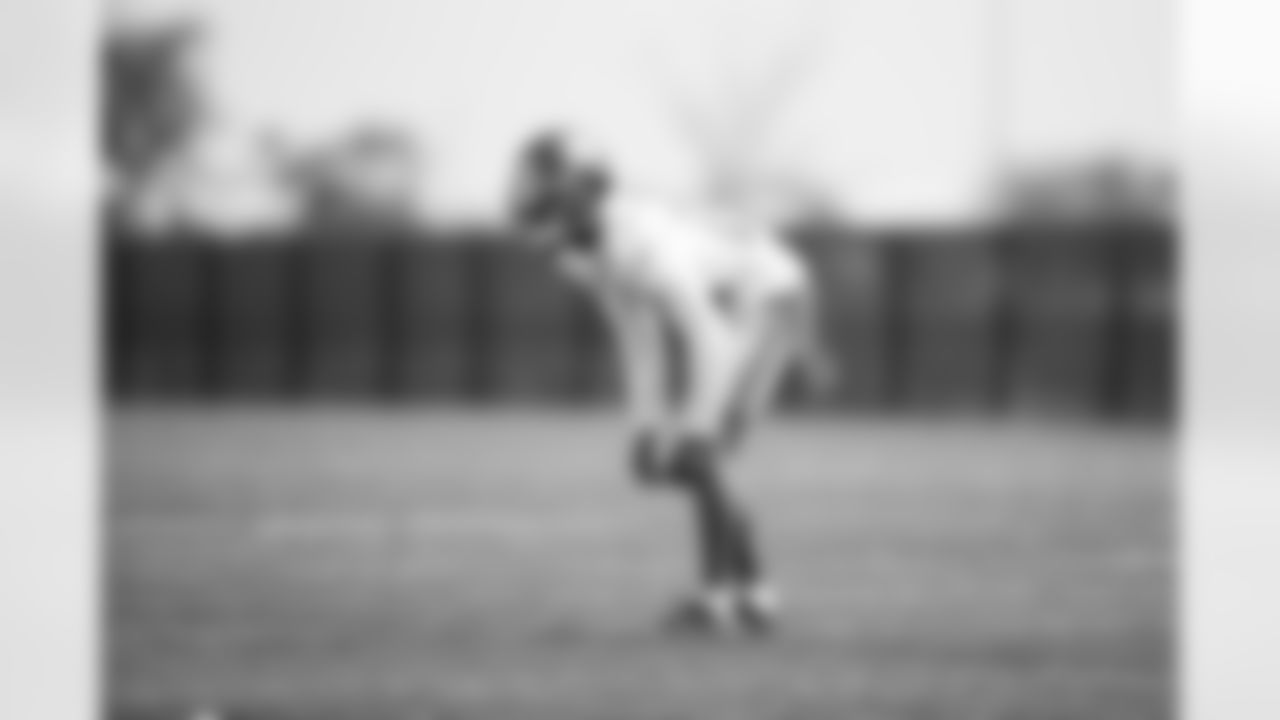
DB Cor'dale Flott (28)
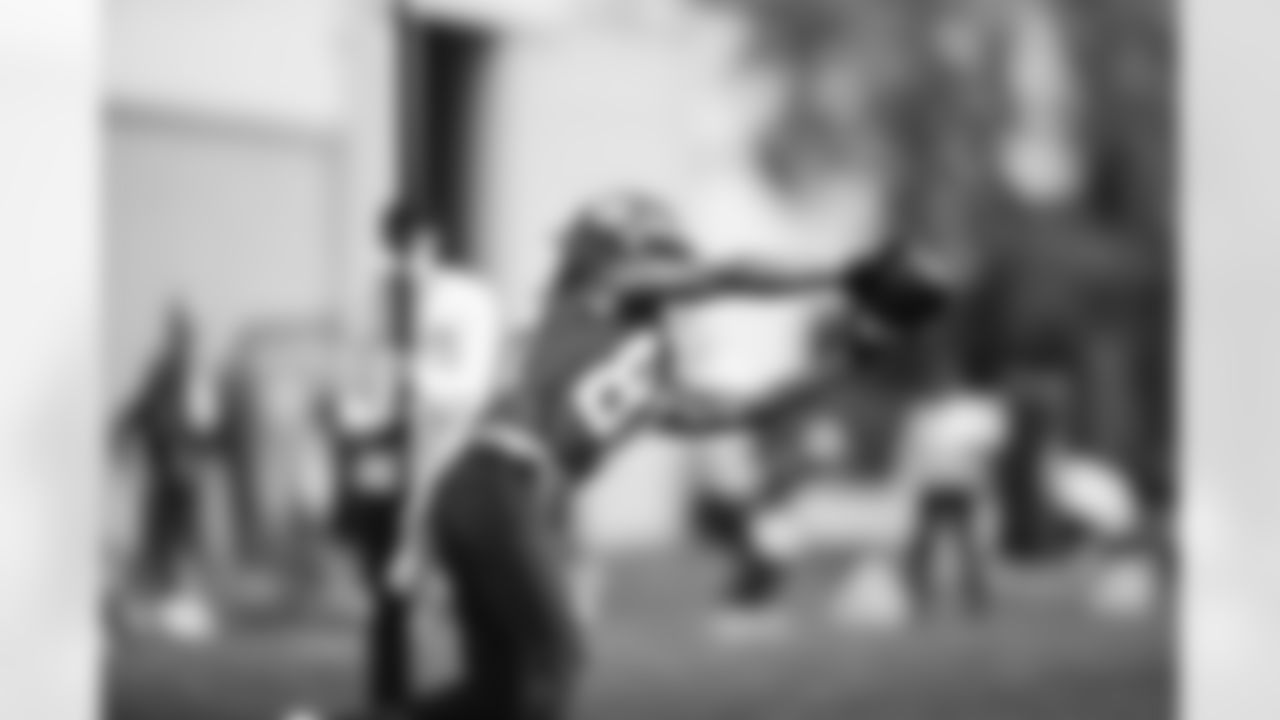
WR Kalil Pimpleton (81)
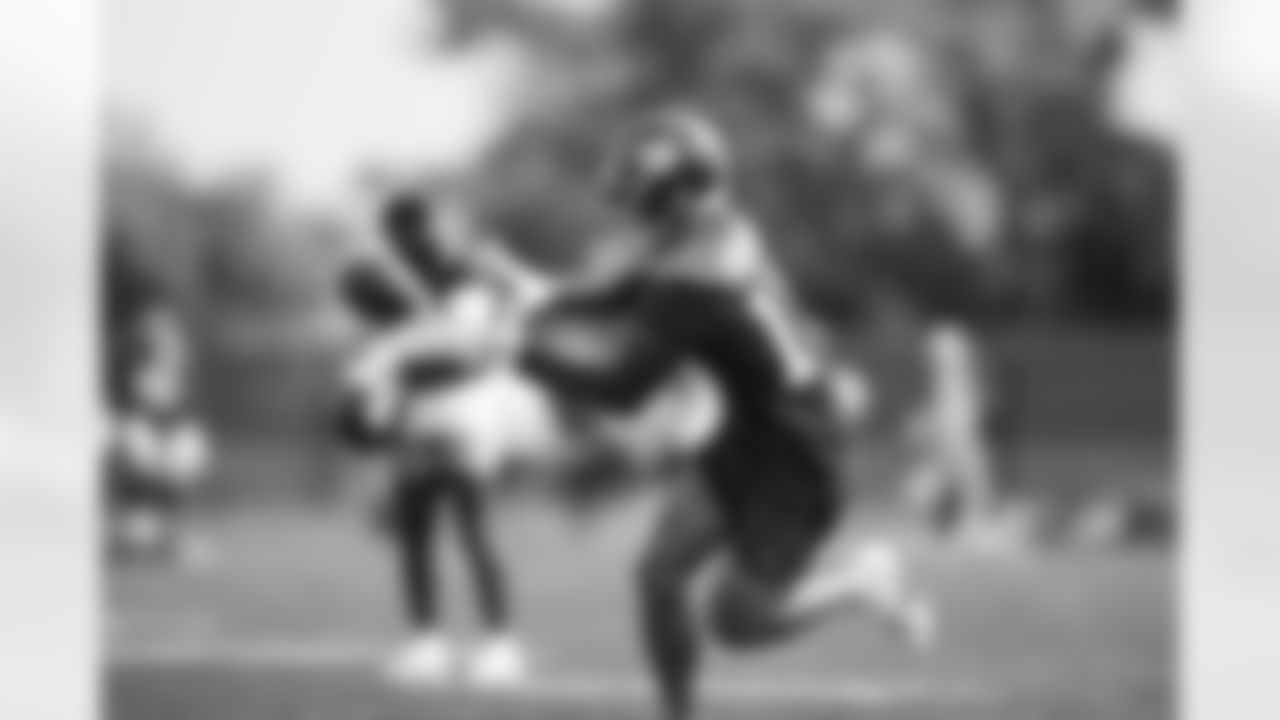
WR Isaiah Hodgins (18)
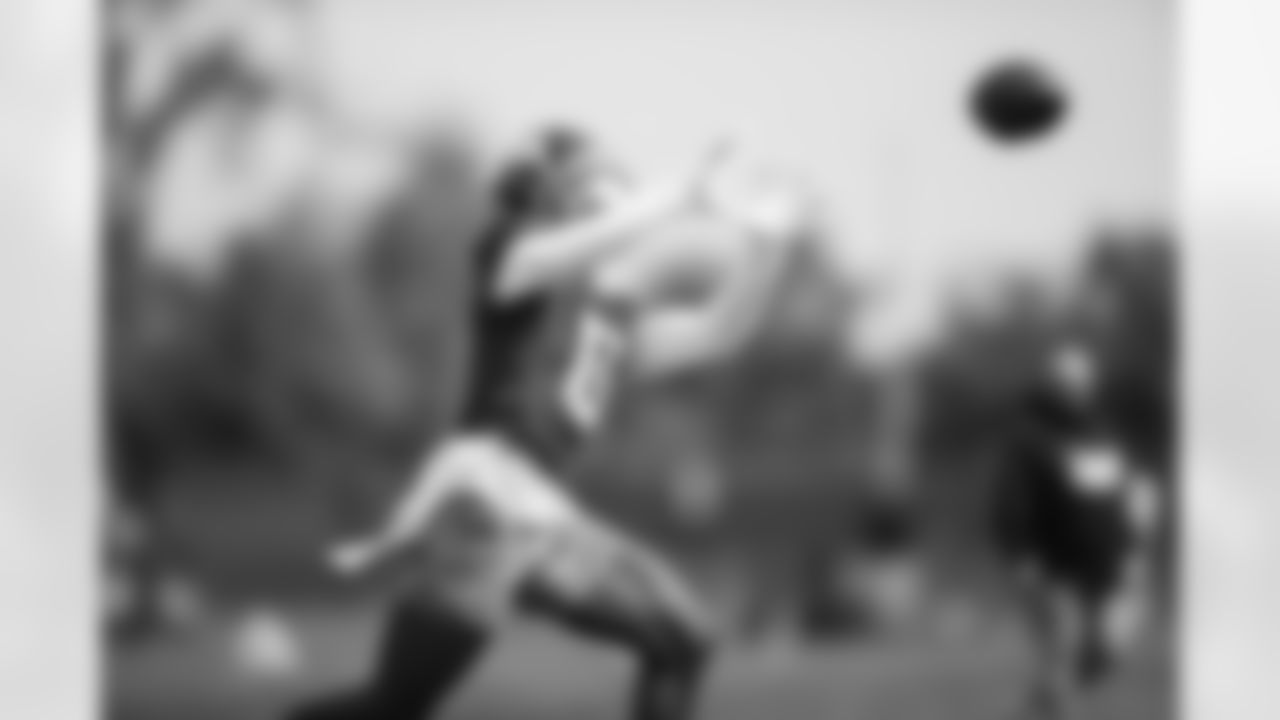
WR Parris Campbell (0)
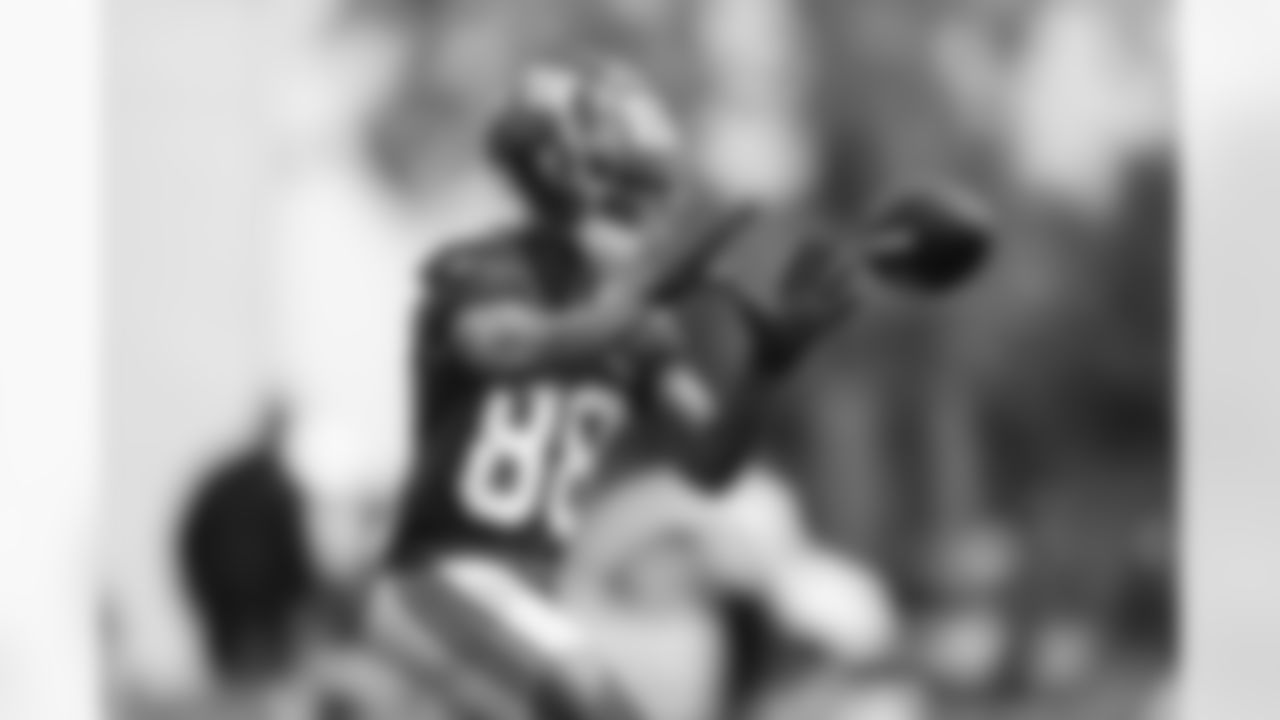
WR Jaydon Mickens (88)
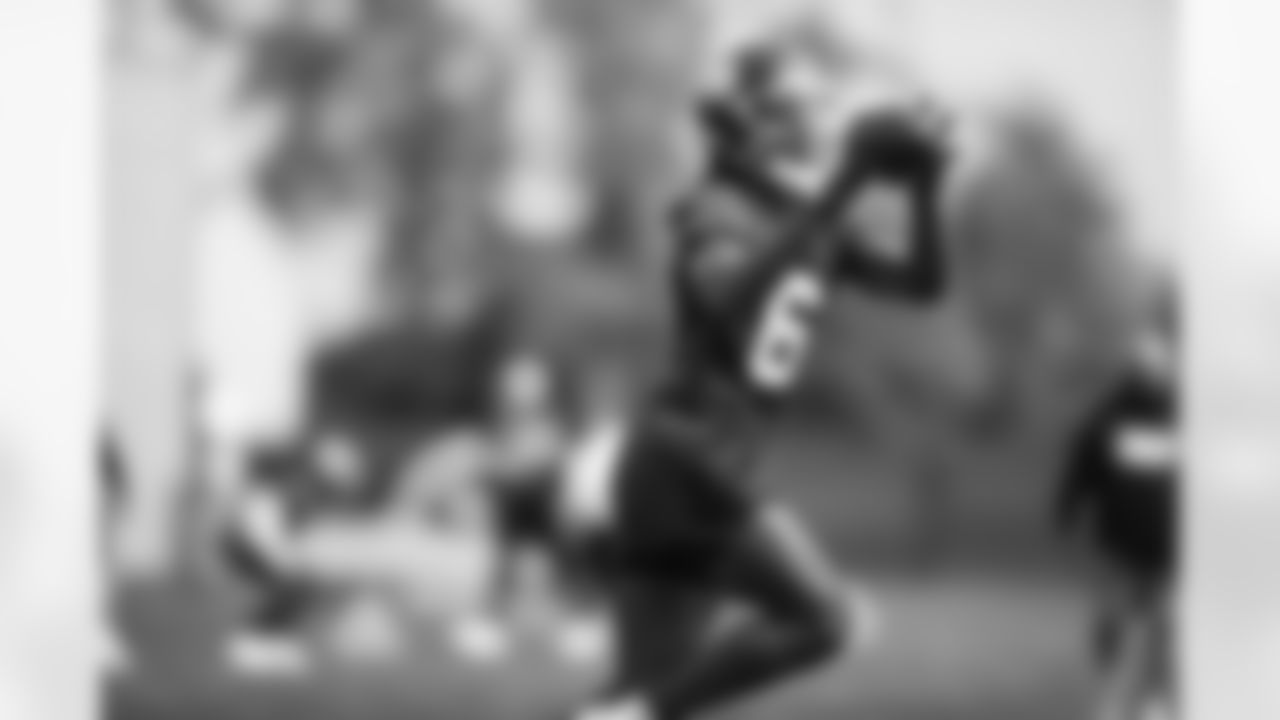
WR Bryce Ford-Wheaton (6)
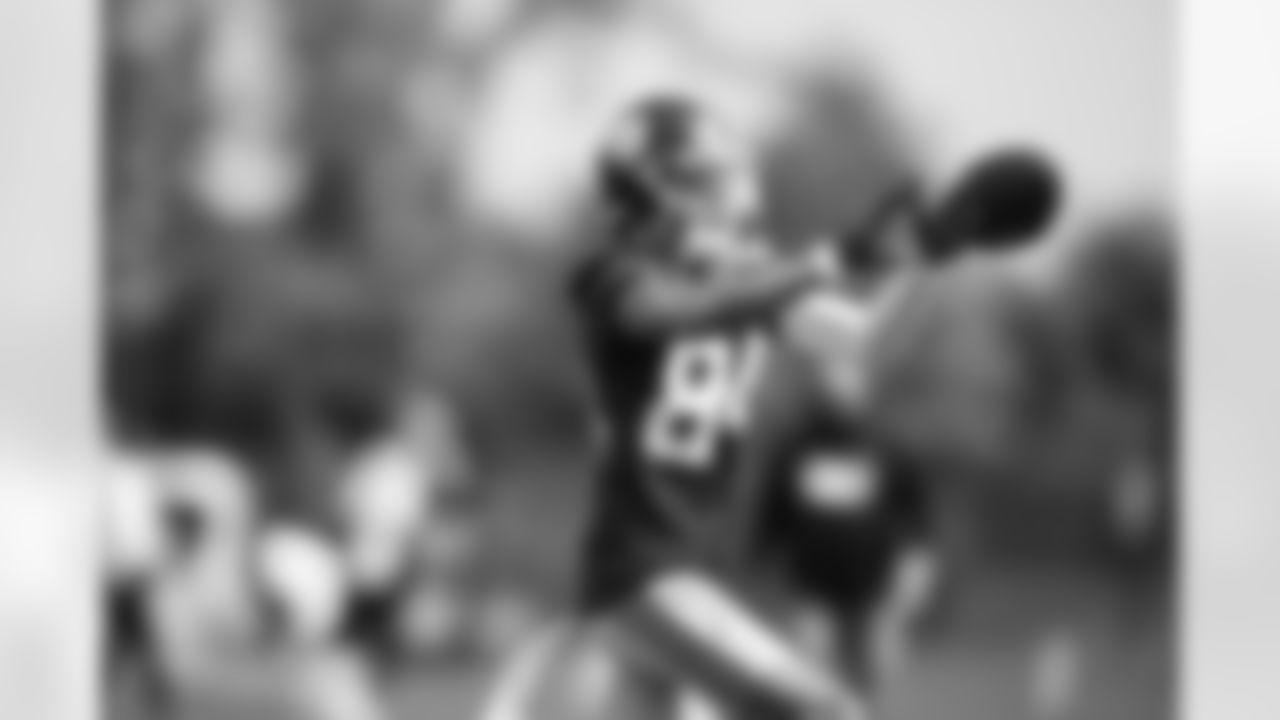
WR Jalin Hyatt (84)
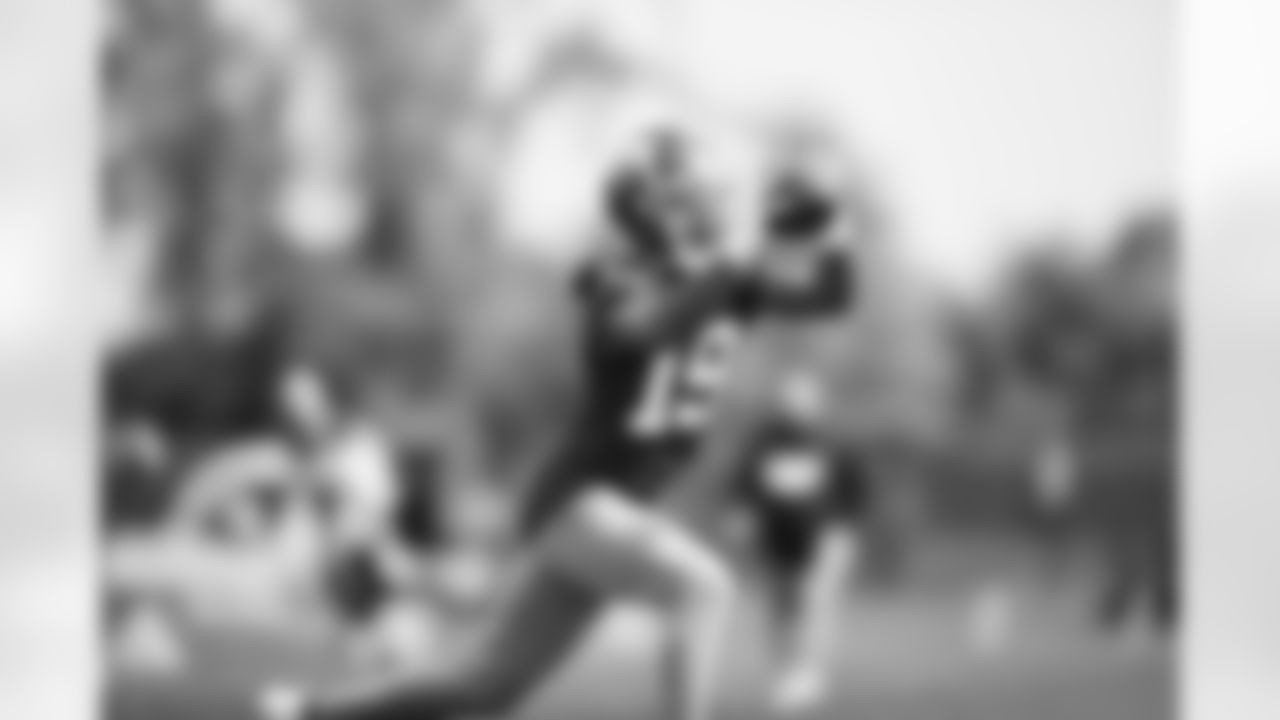
WR Jeff Smith II (19)

TE Darren Waller (12)
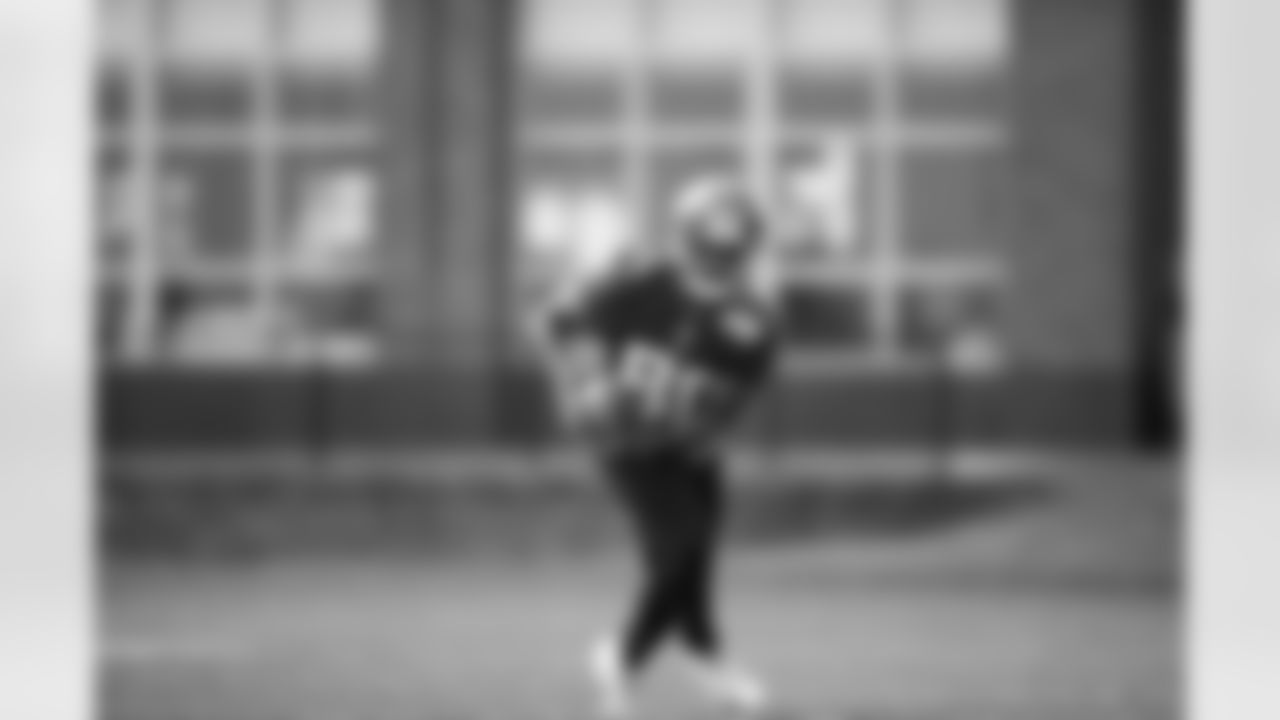
WR Jamison Crowder (80)
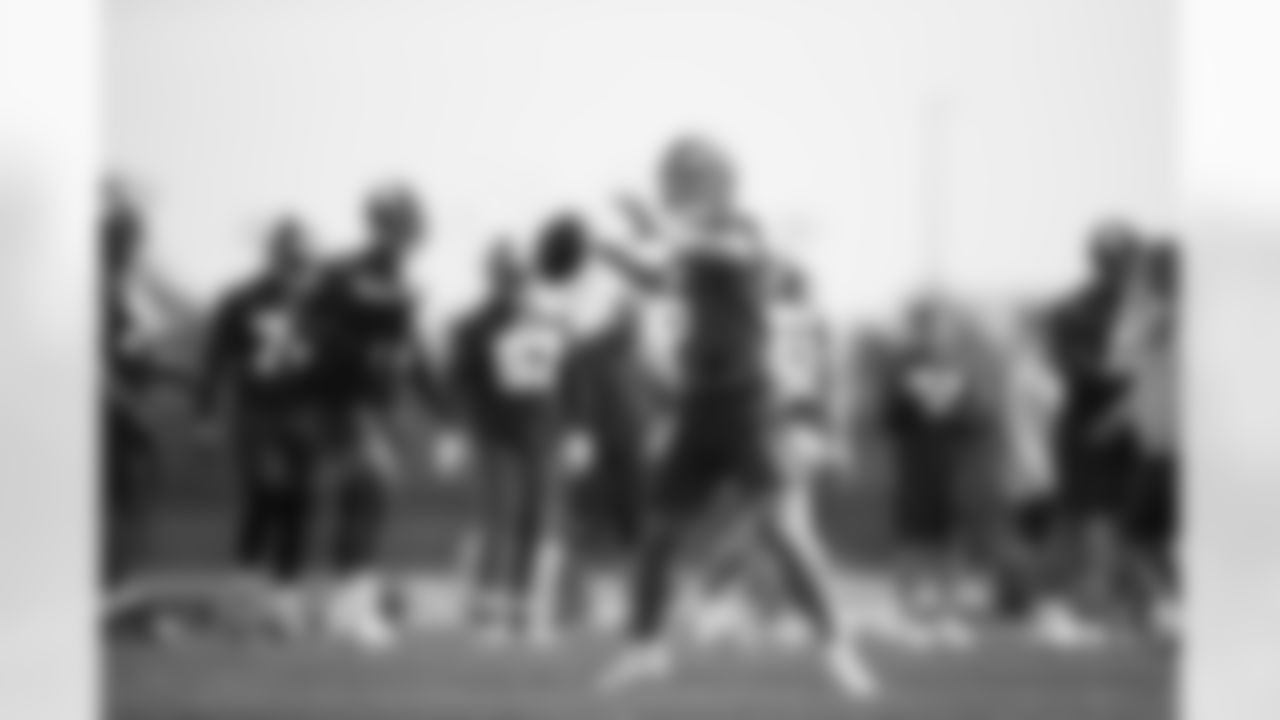
QB Tommy DeVito (5)
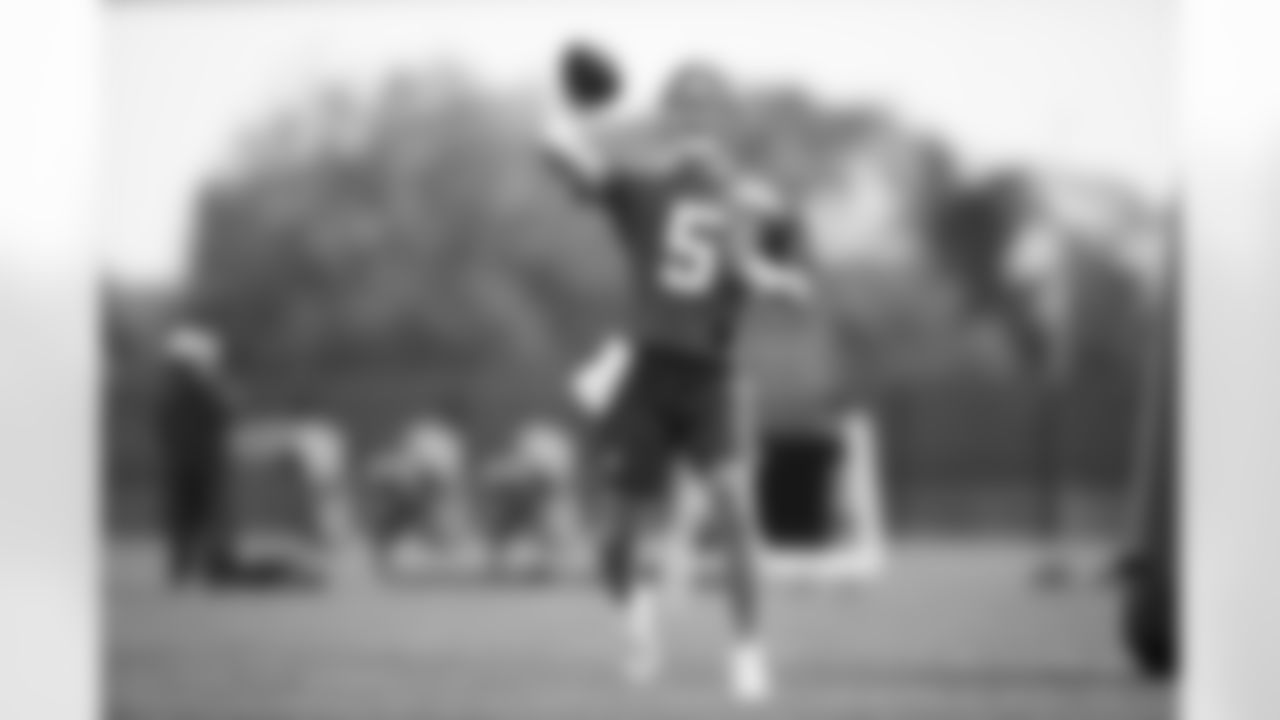
QB Tommy DeVito (5-O)
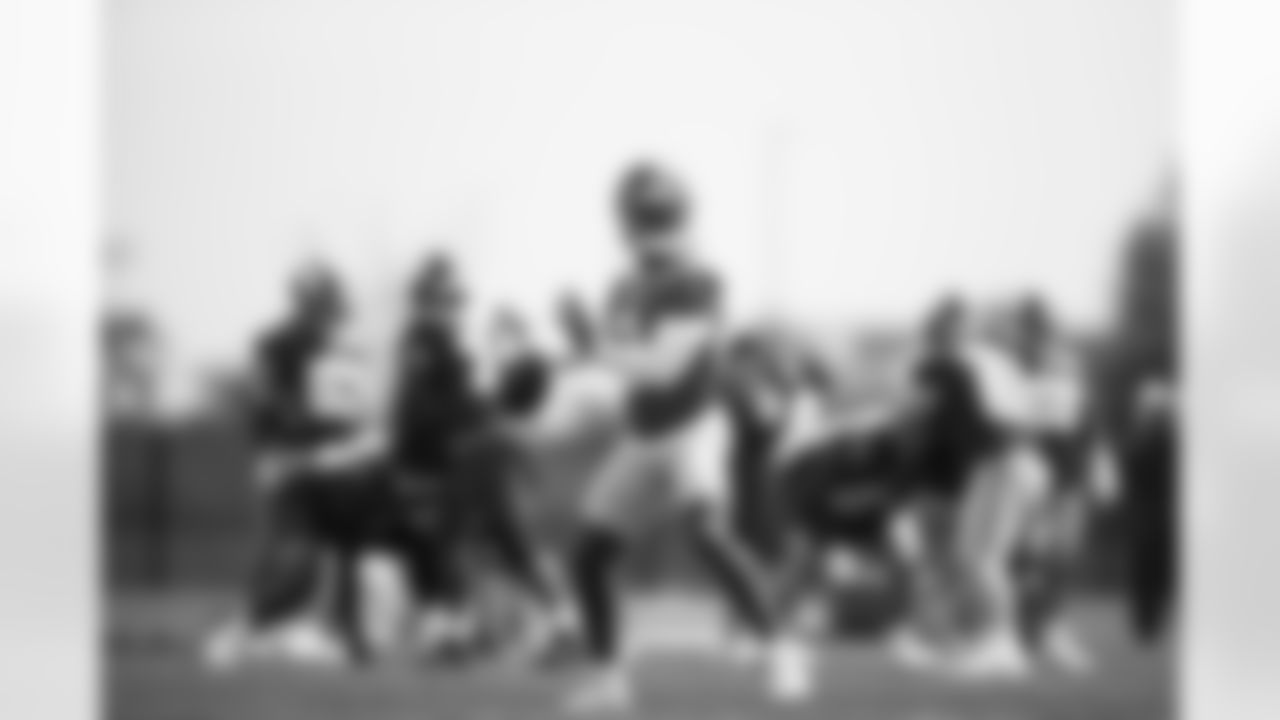
QB Tyrod Taylor (2)
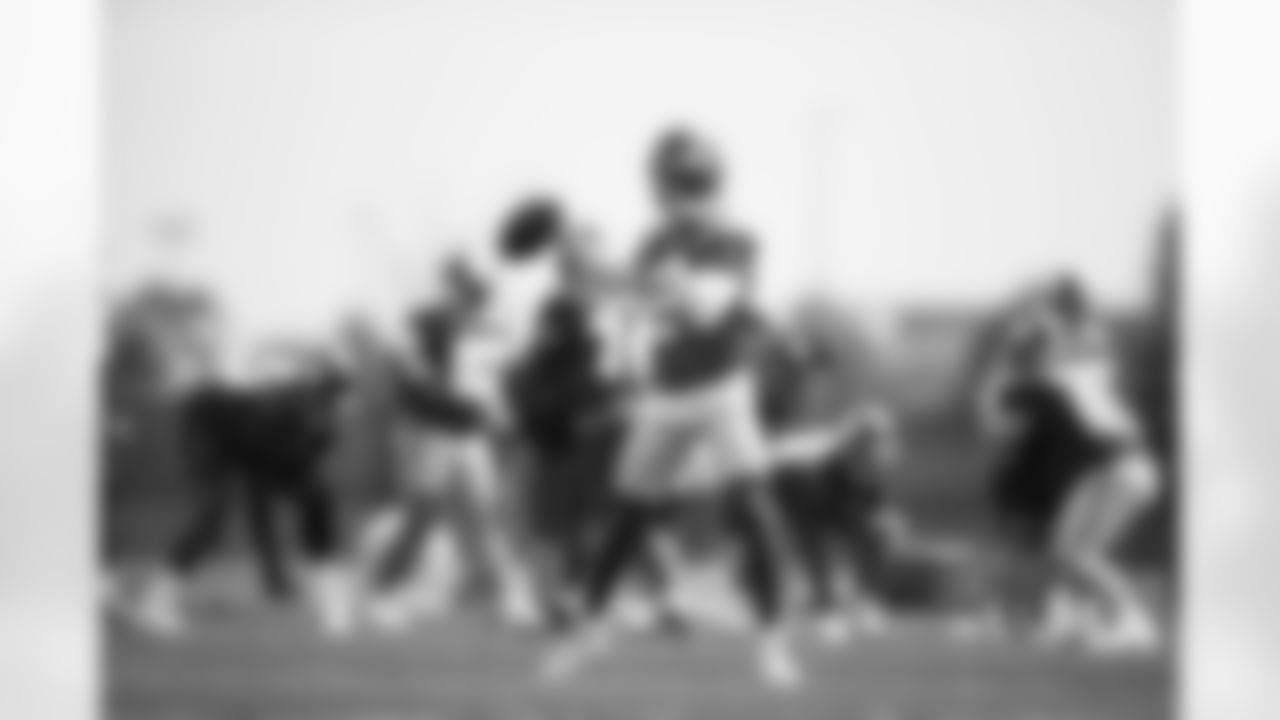
QB Tyrod Taylor (2)
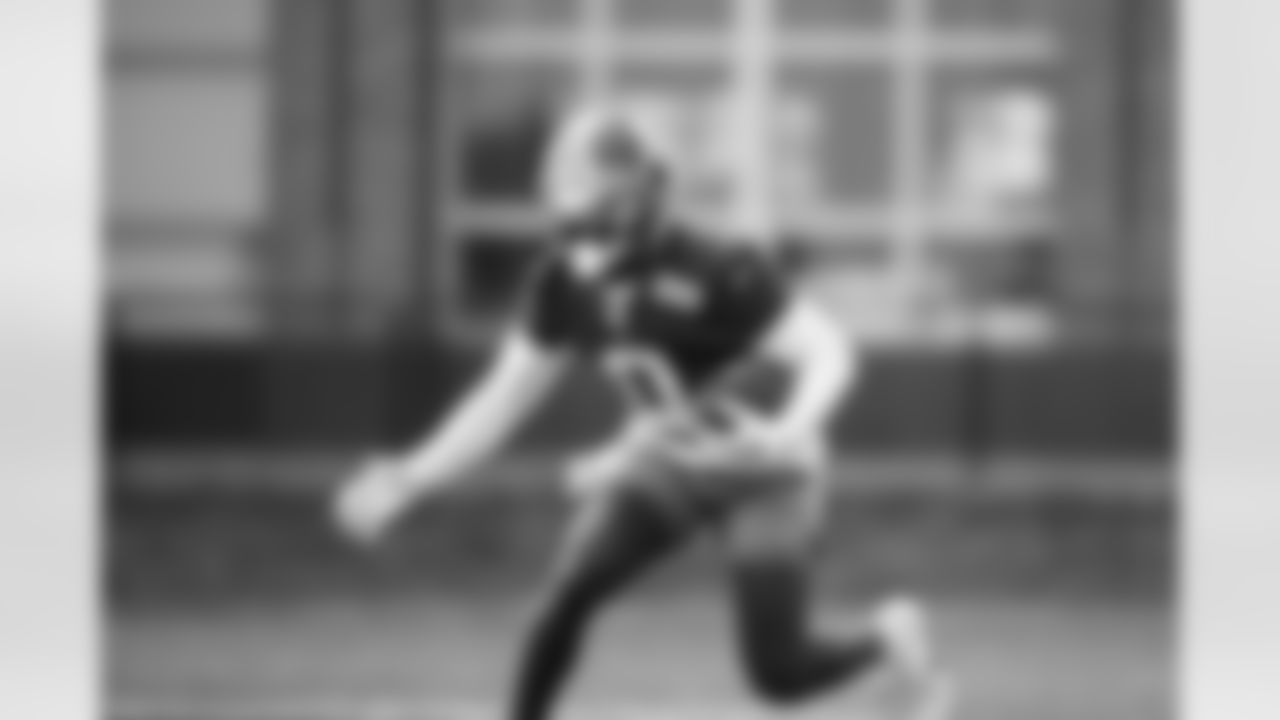
WR Parris Campbell (0)

WR Isaiah Hodgins (18)
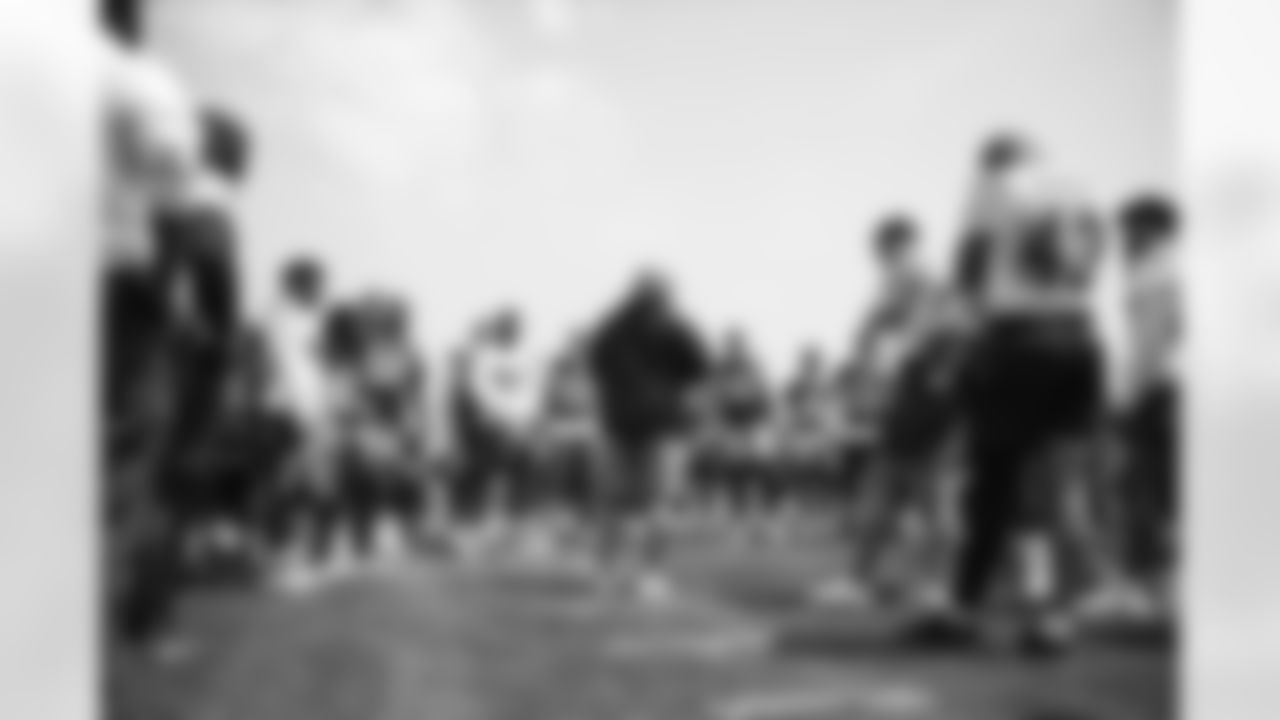
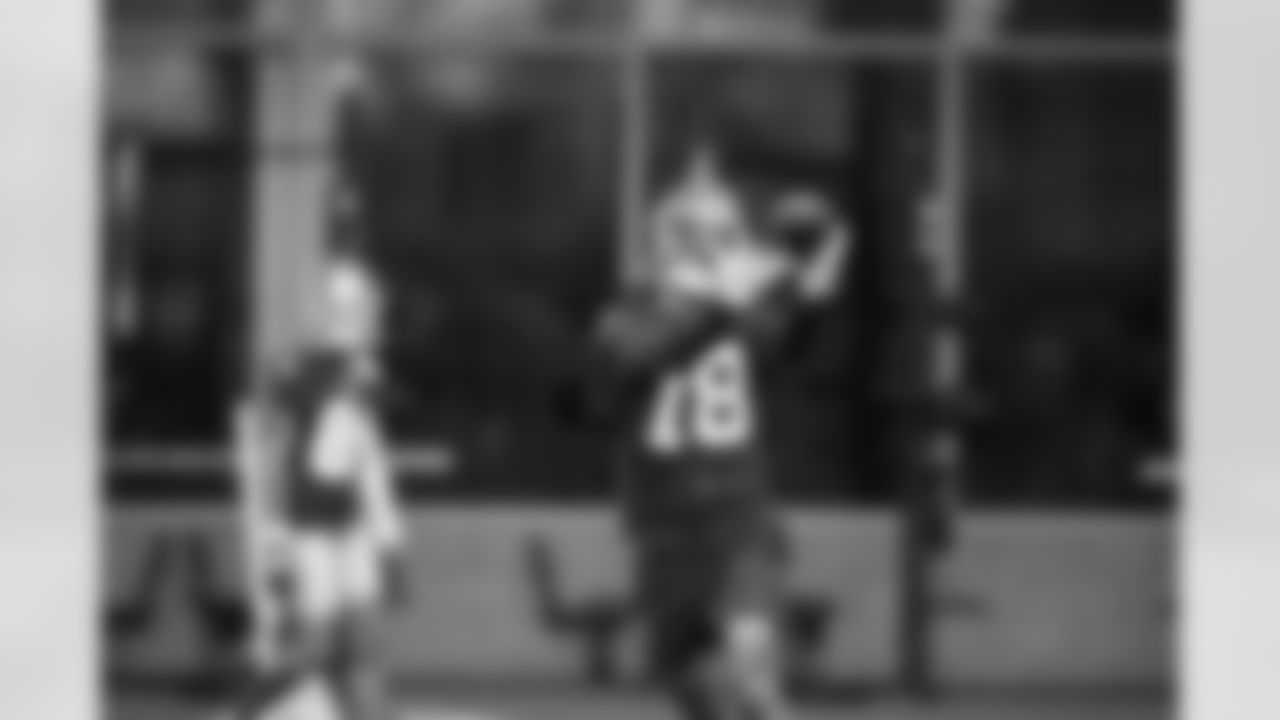
WR Isaiah Hodgins (18)

S Xavier McKinney (29)
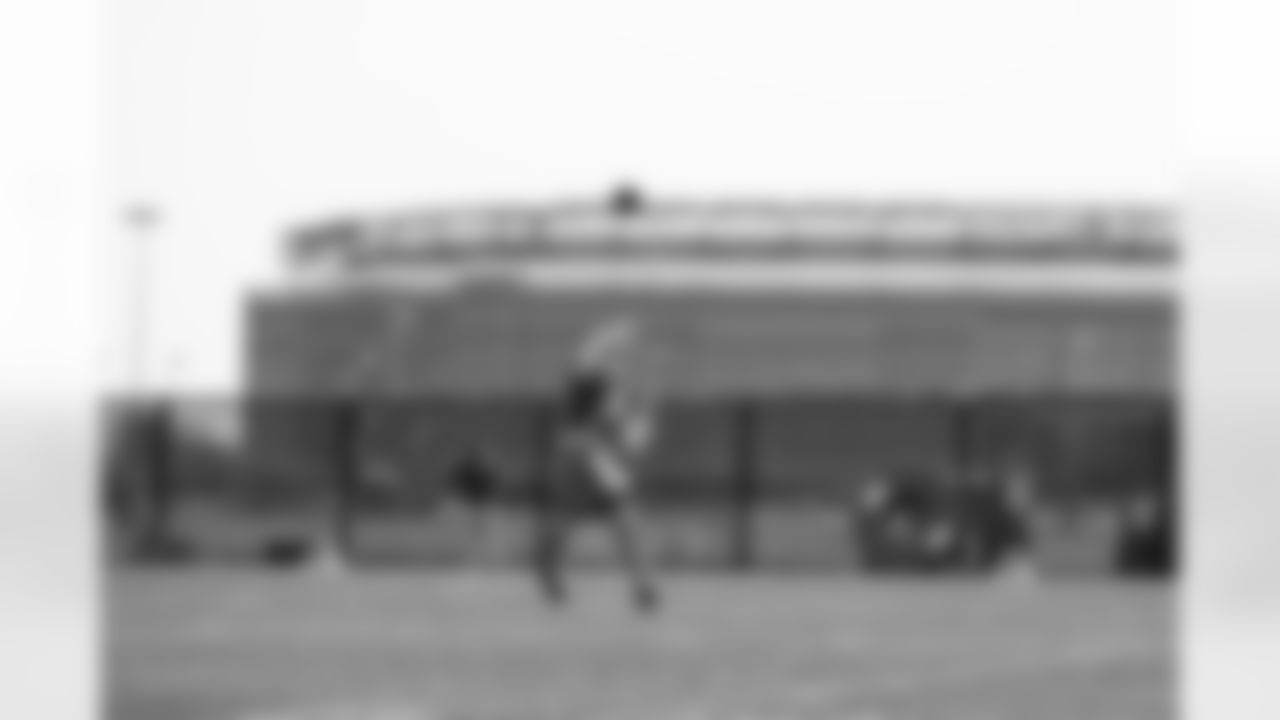
QB Daniel Jones (8)
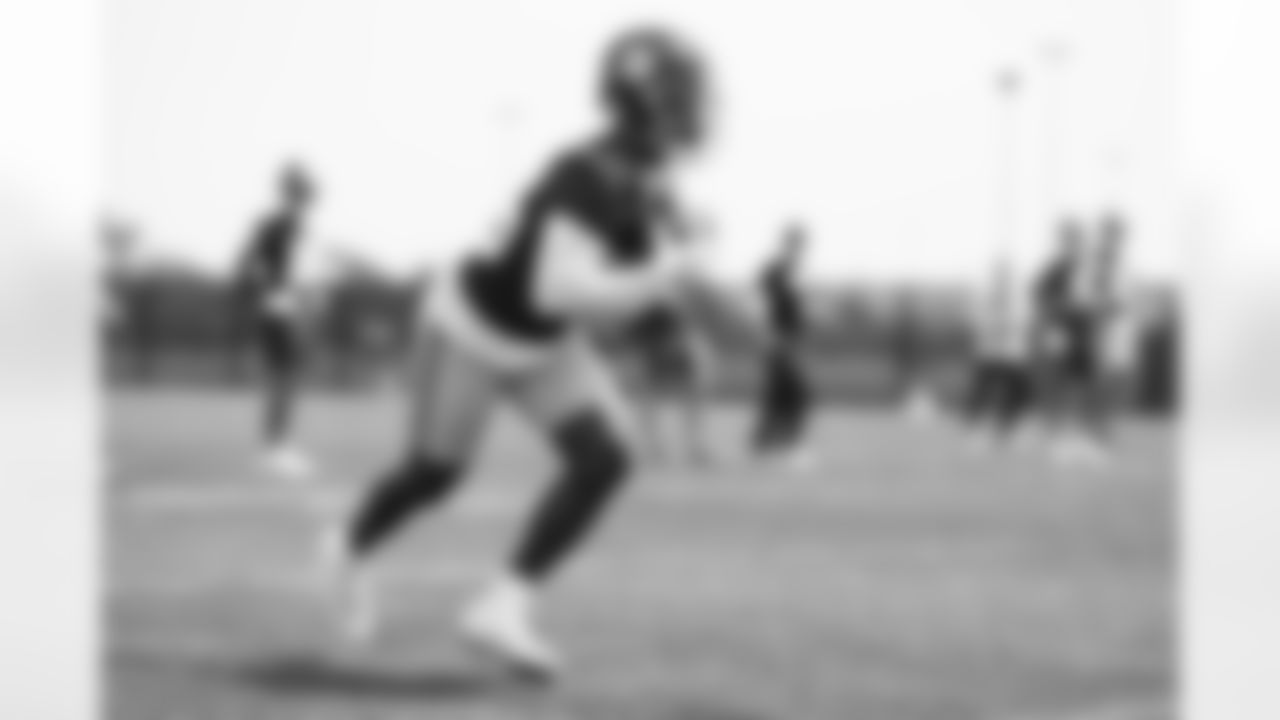
RB Jashaun Corbin (25)
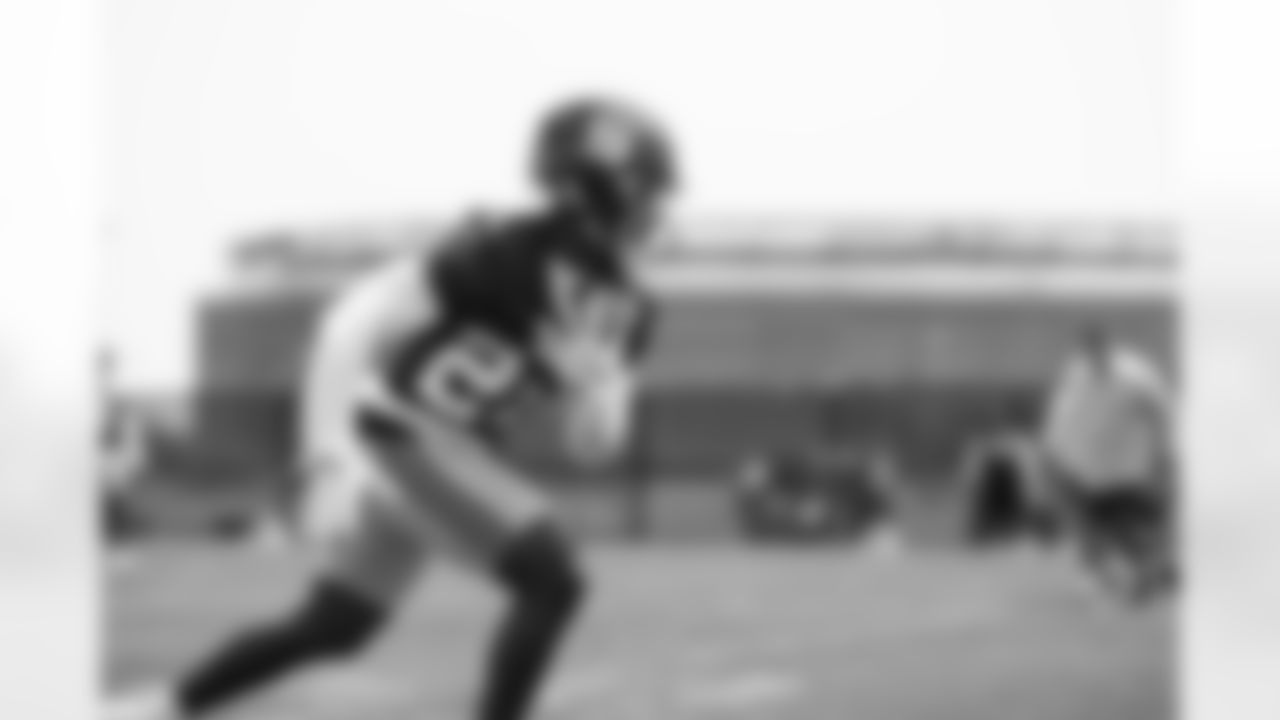
RB Jashaun Corbin (25)
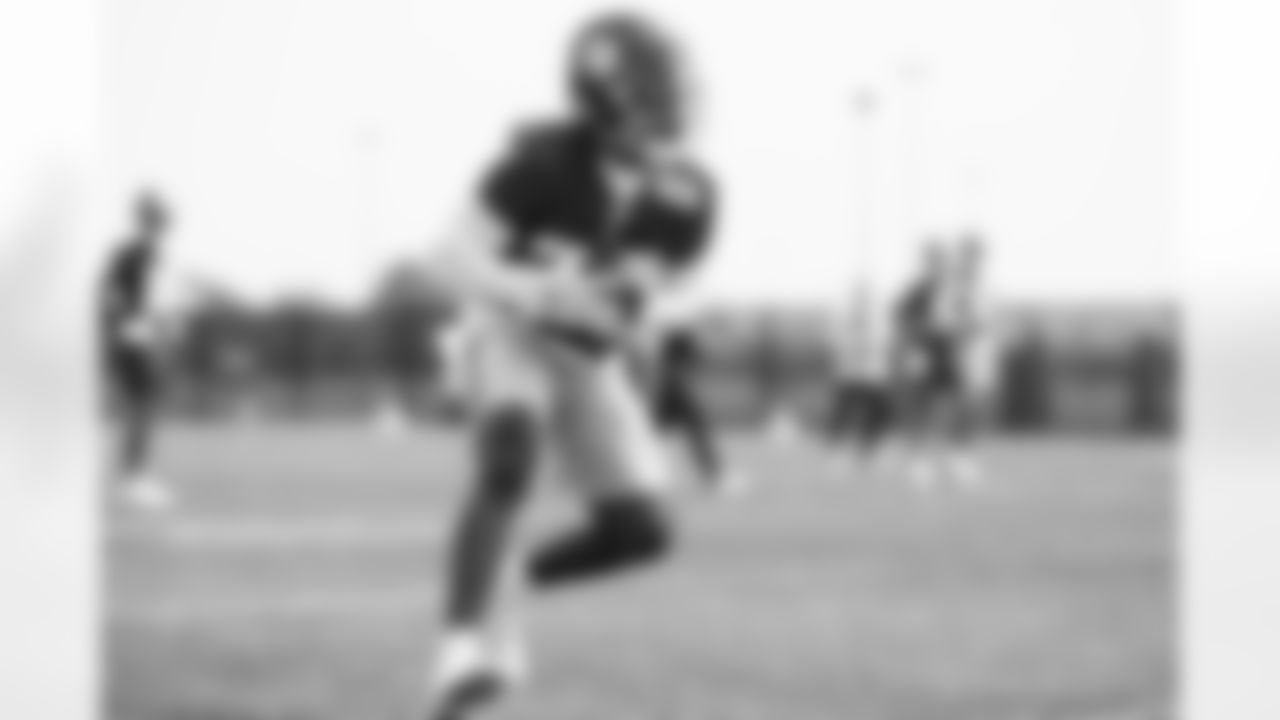
RB Jashaun Corbin (25)
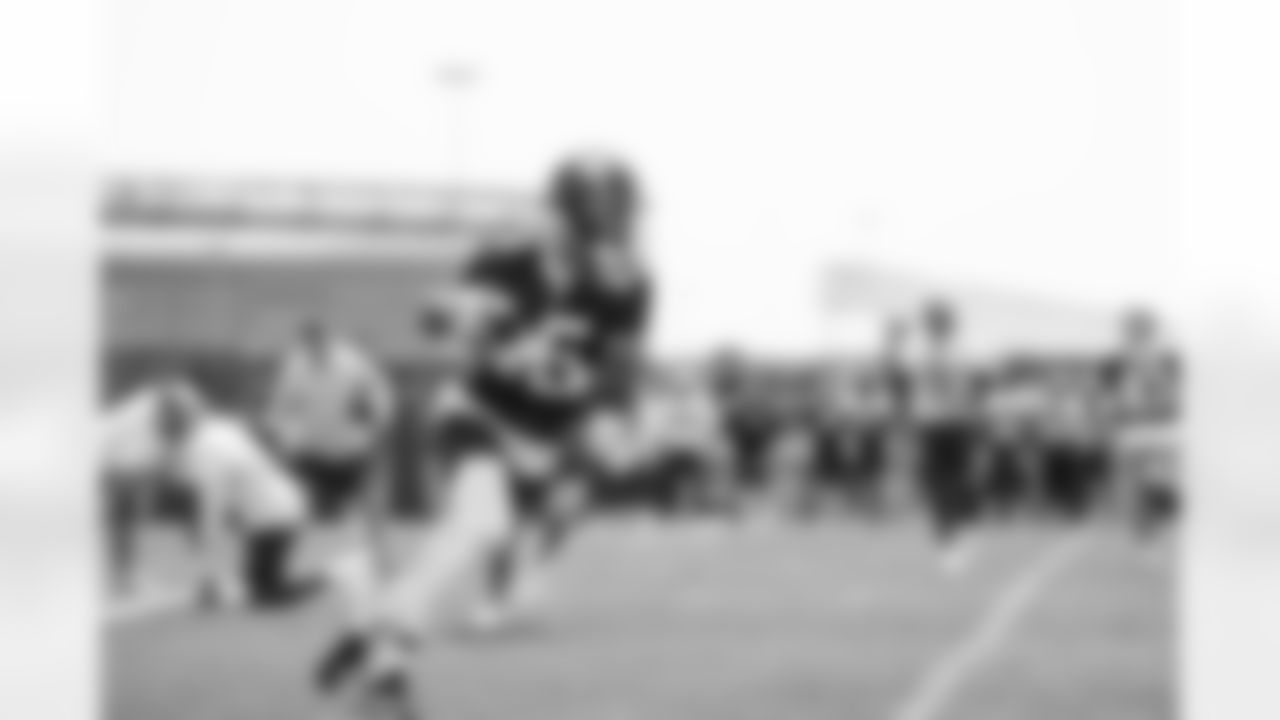
WR Collin Johnson (15)
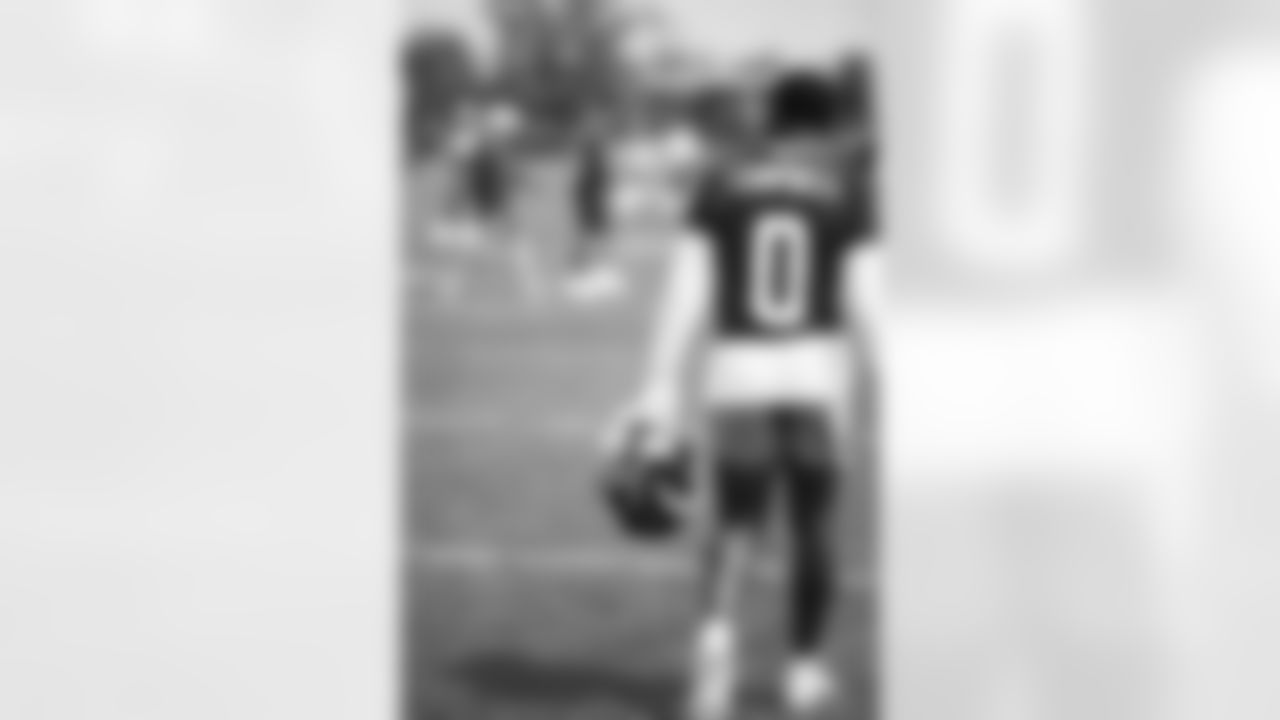
WR Parris Campbell (0)
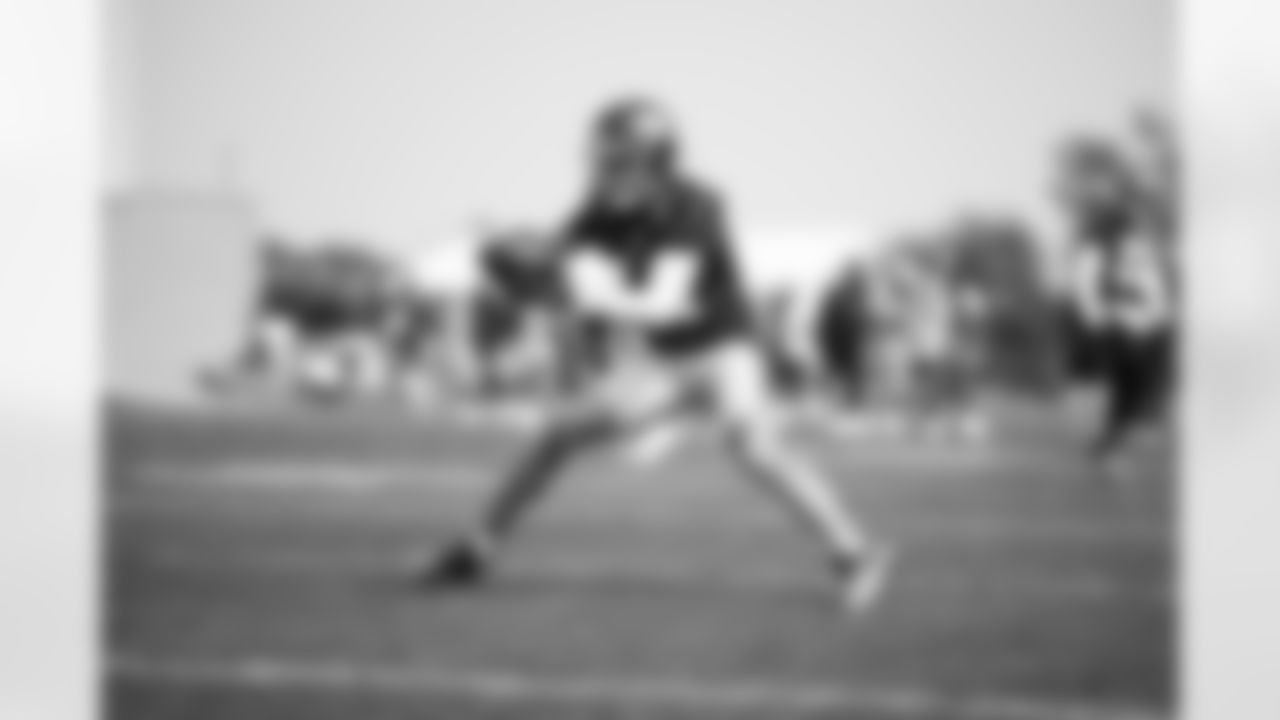
WR Jalin Hyatt (84)
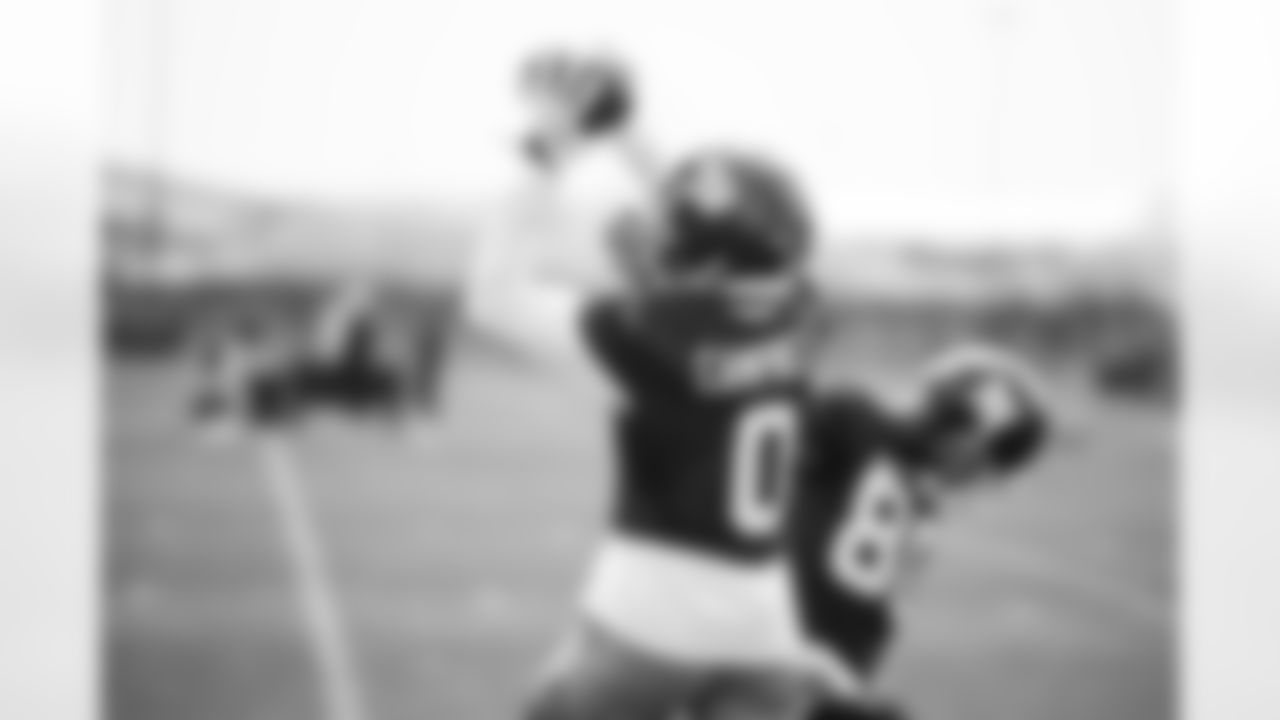
WR Parris Campbell (0)
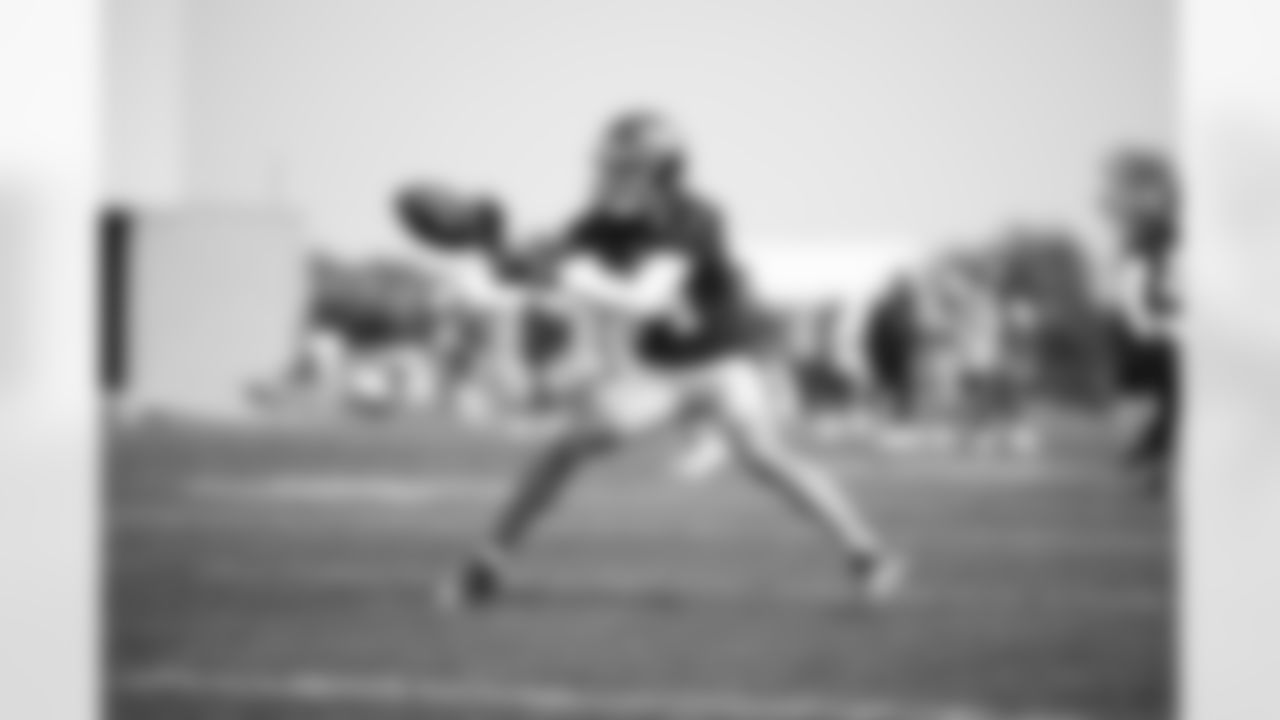
WR Jalin Hyatt (84)
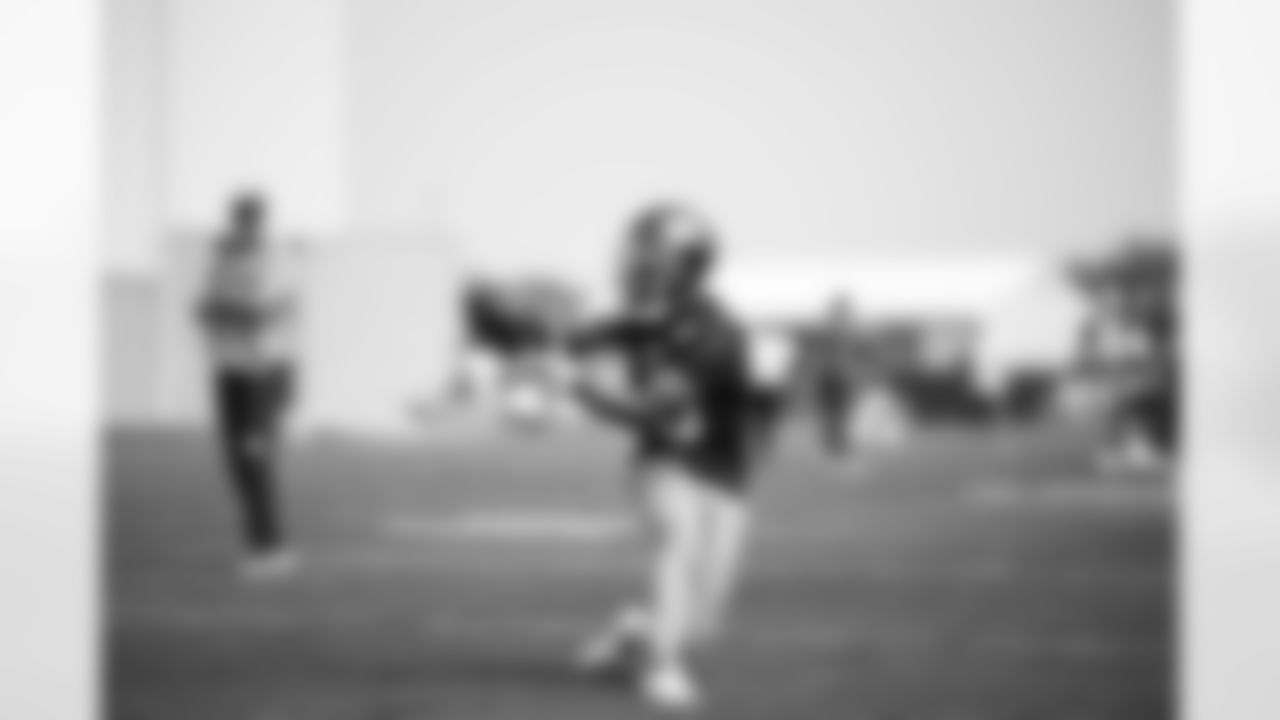
WR Jeff Smith II (19)

WR David Sills V (13)
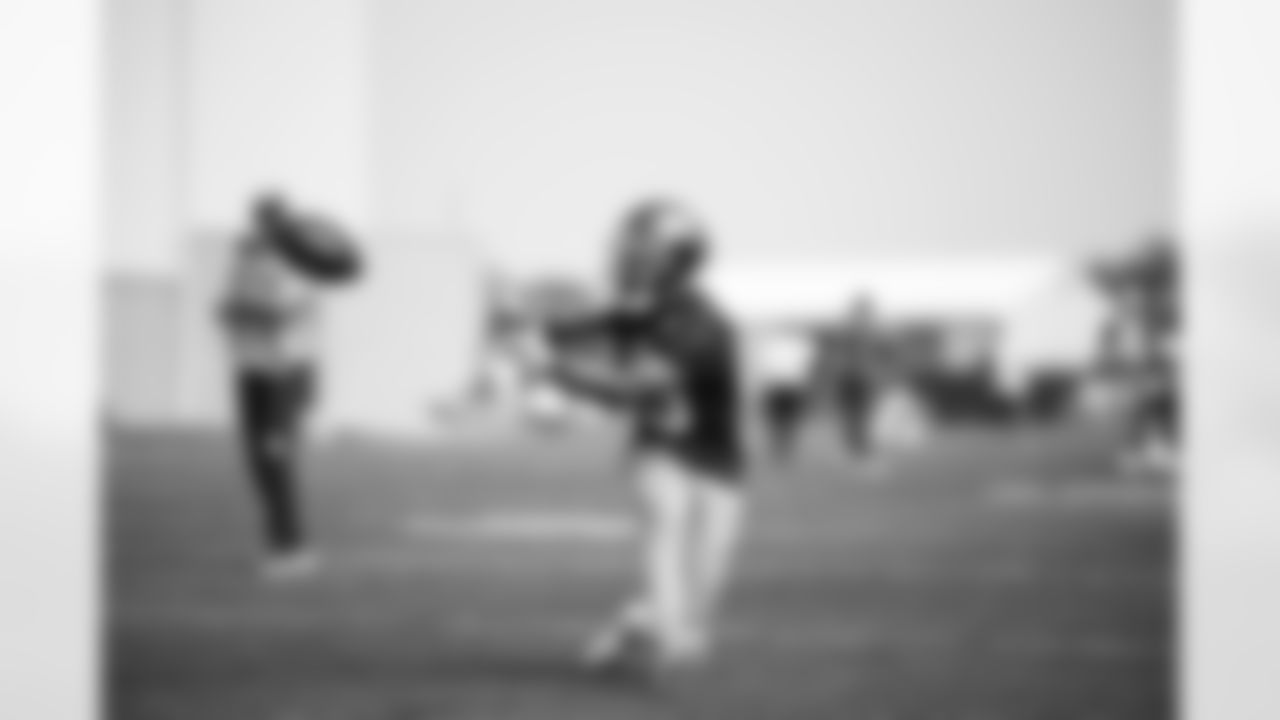
WR Jeff Smith II (19)
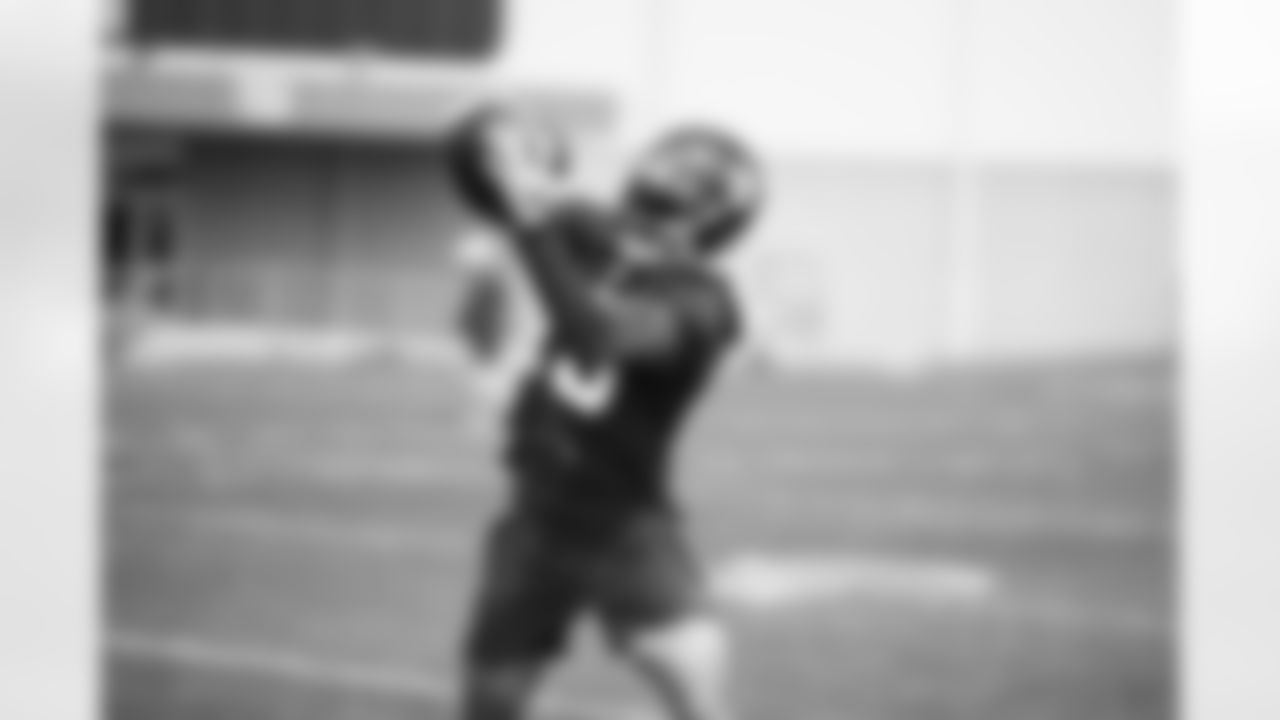
WR Isaiah Hodgins (18)
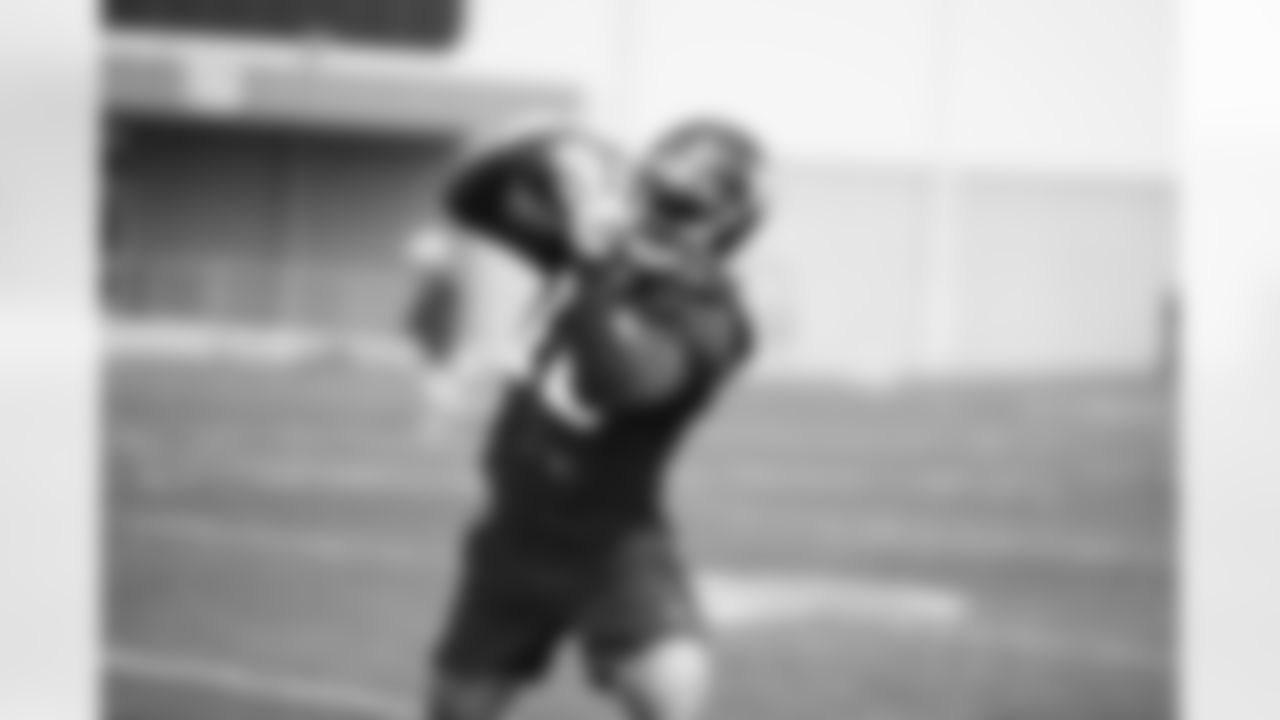
WR Isaiah Hodgins (18)
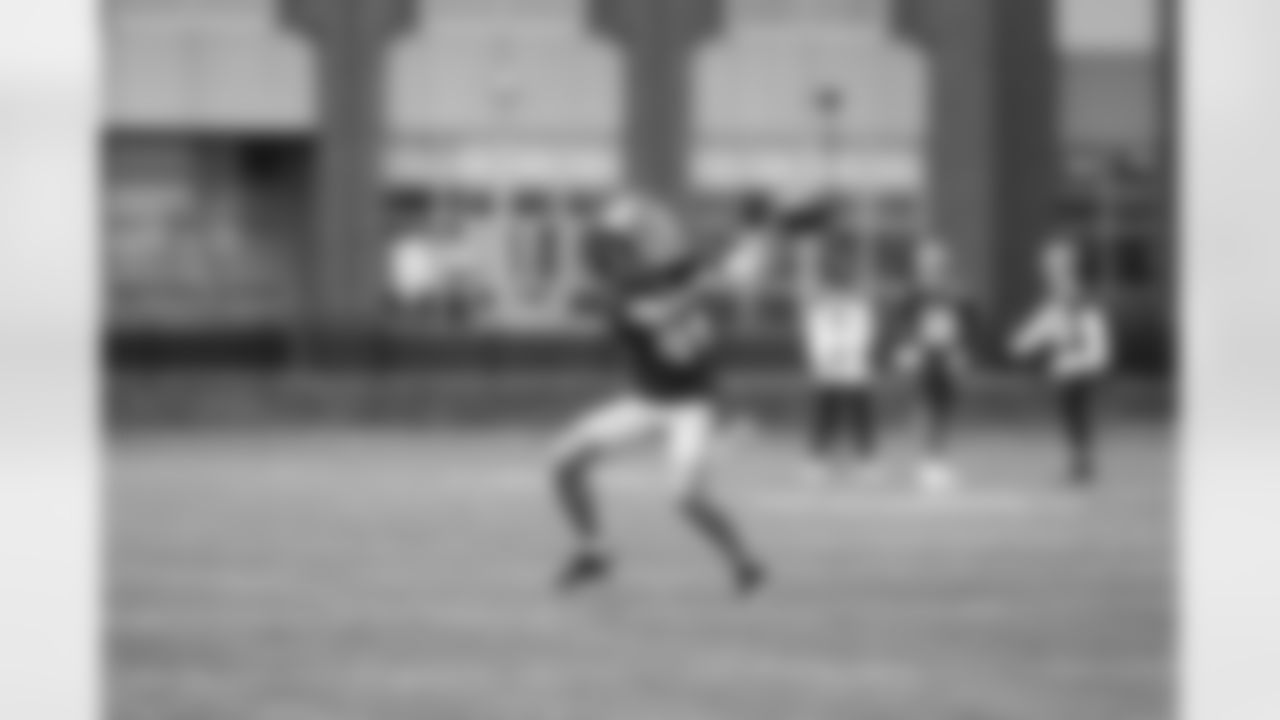
WR Jalin Hyatt (84)
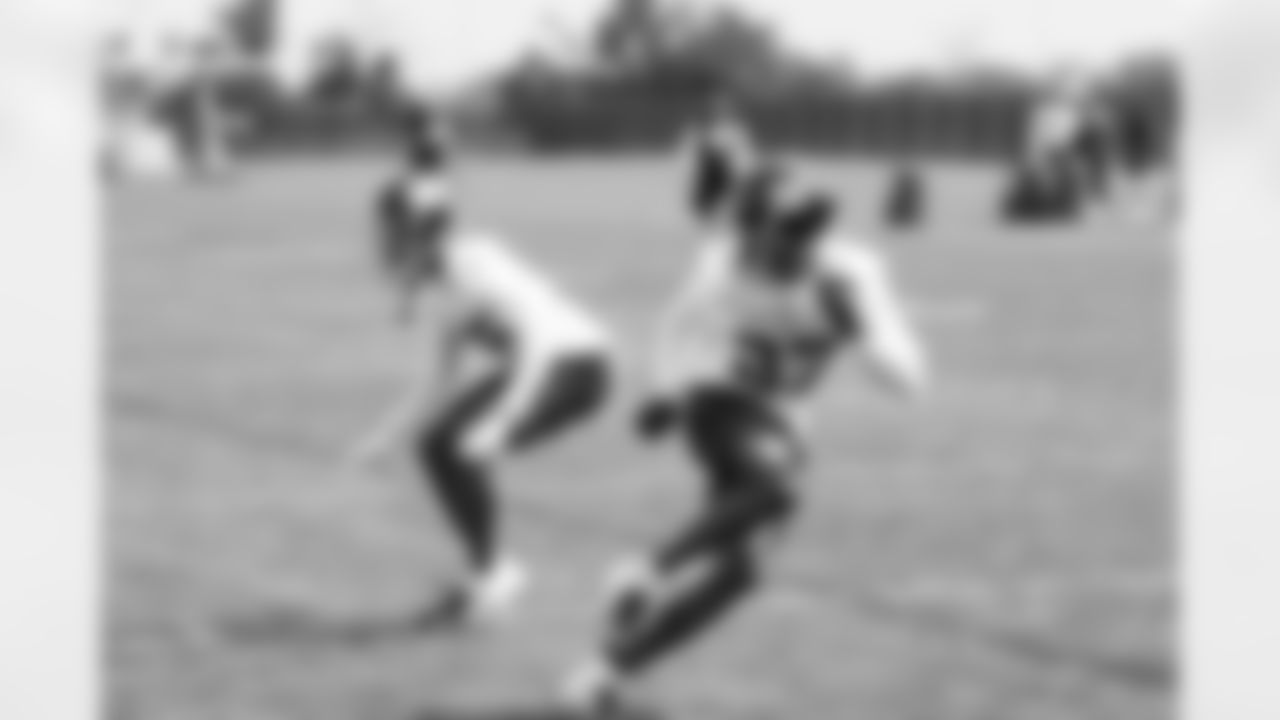
DB Tre Hawkins III (37)

DB Darnay Holmes (30)
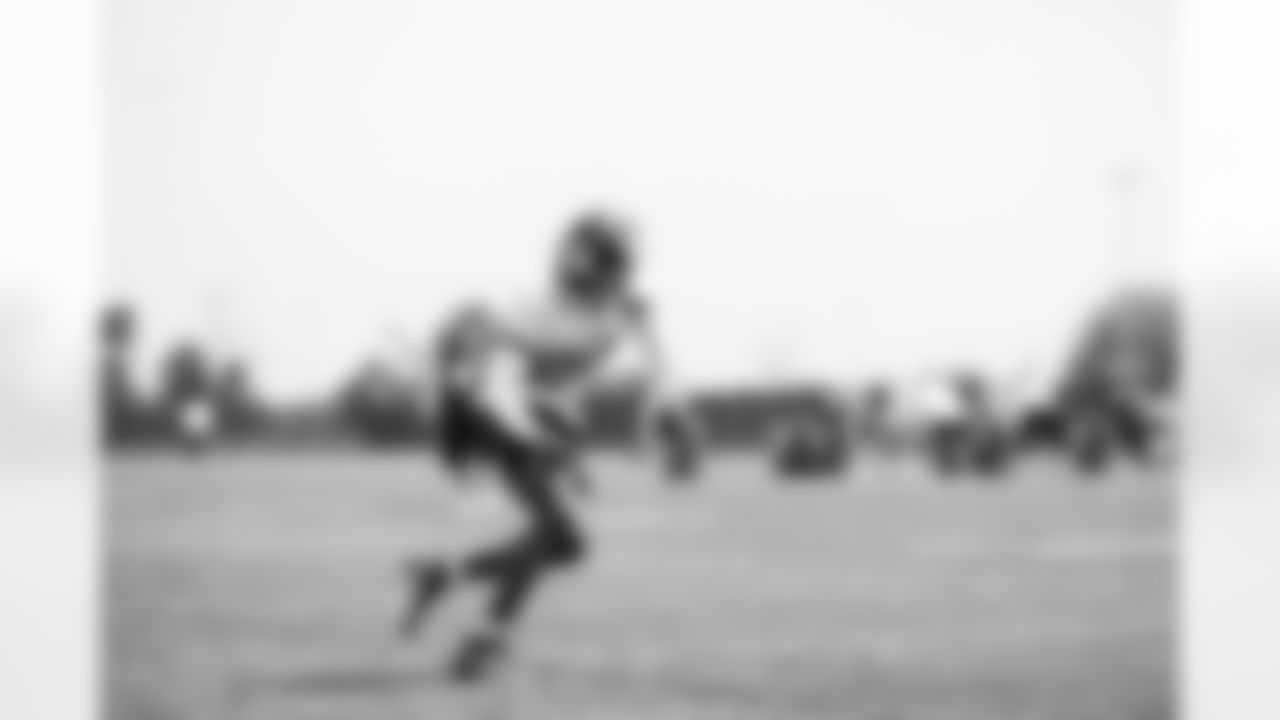
DB Armini Oruwariye (20)
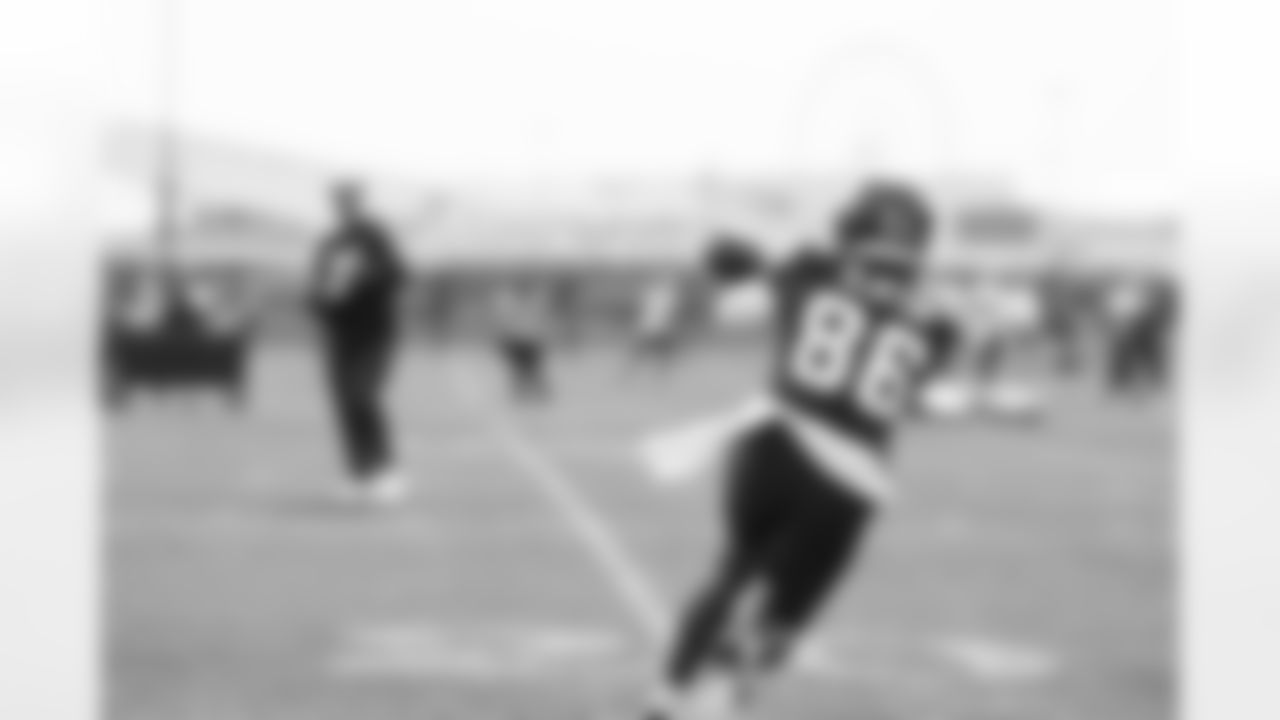
WR Darius Slayton (86)
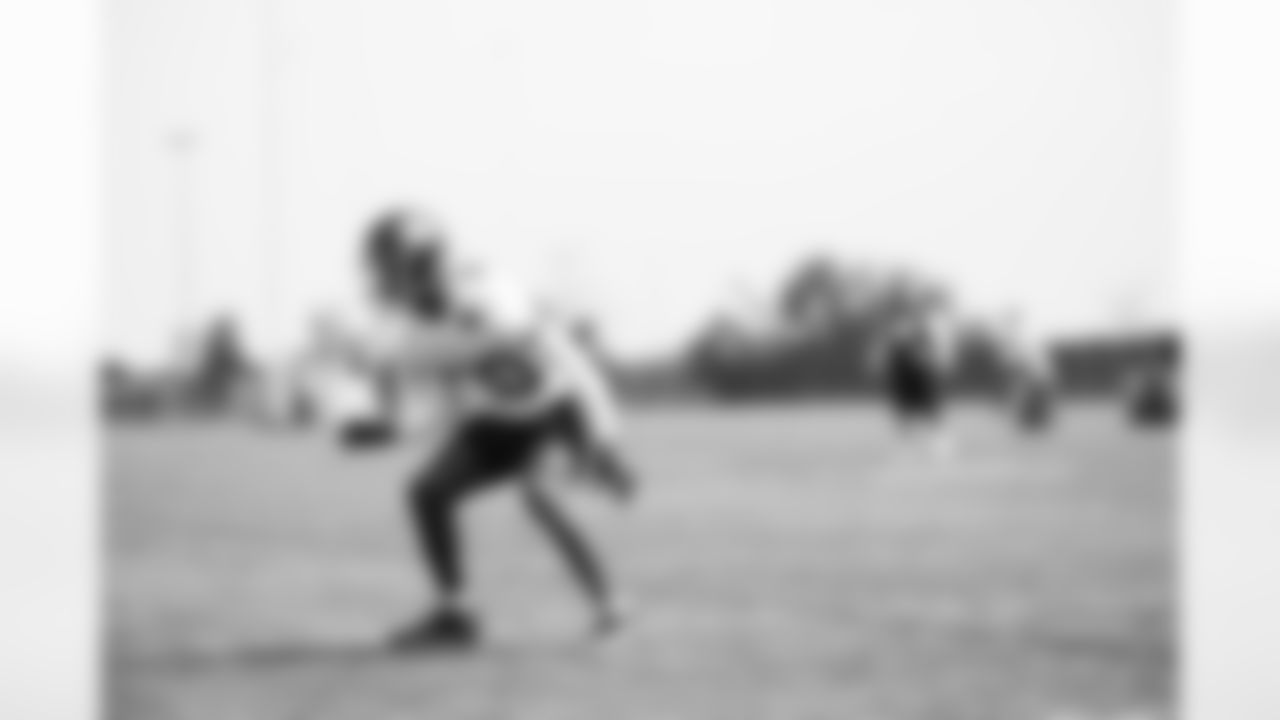
DB Armini Oruwariye (20)
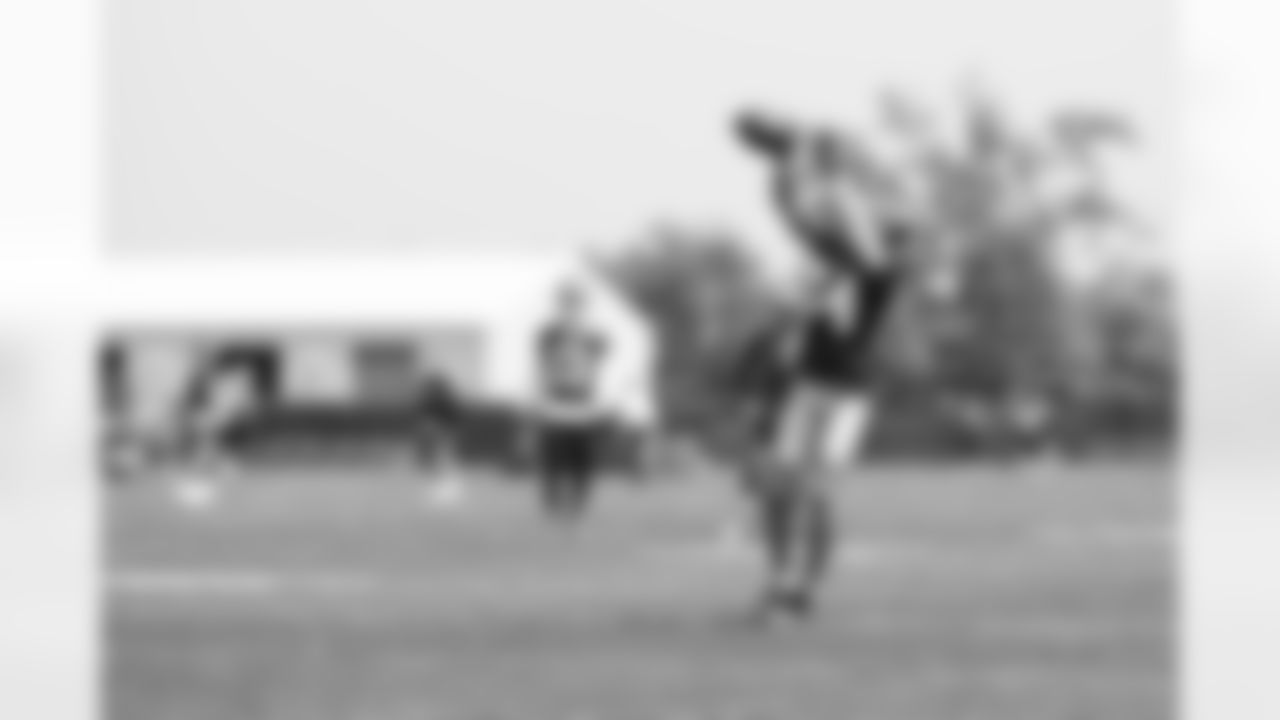
WR Jalin Hyatt (84)

WR Jamison Crowder (80)

WR Parris Campbell (0)

QB Tyrod Taylor (2)
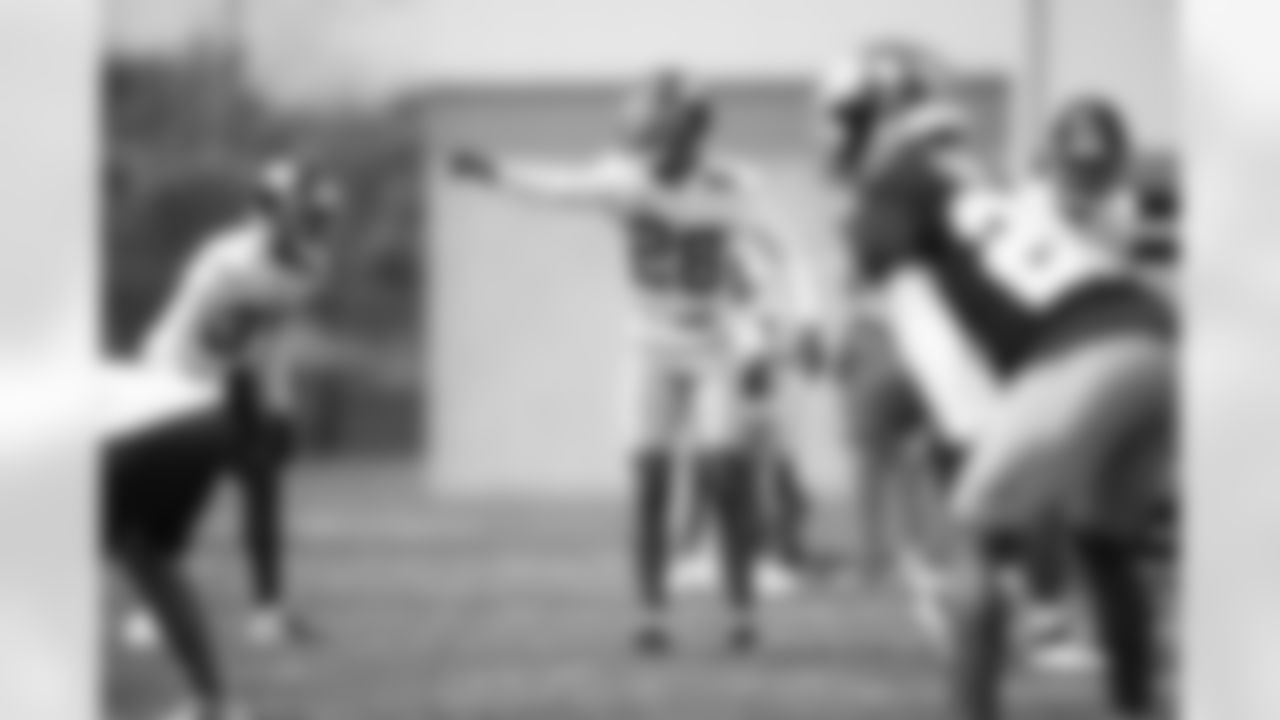
DB Cor'dale Flott (28)
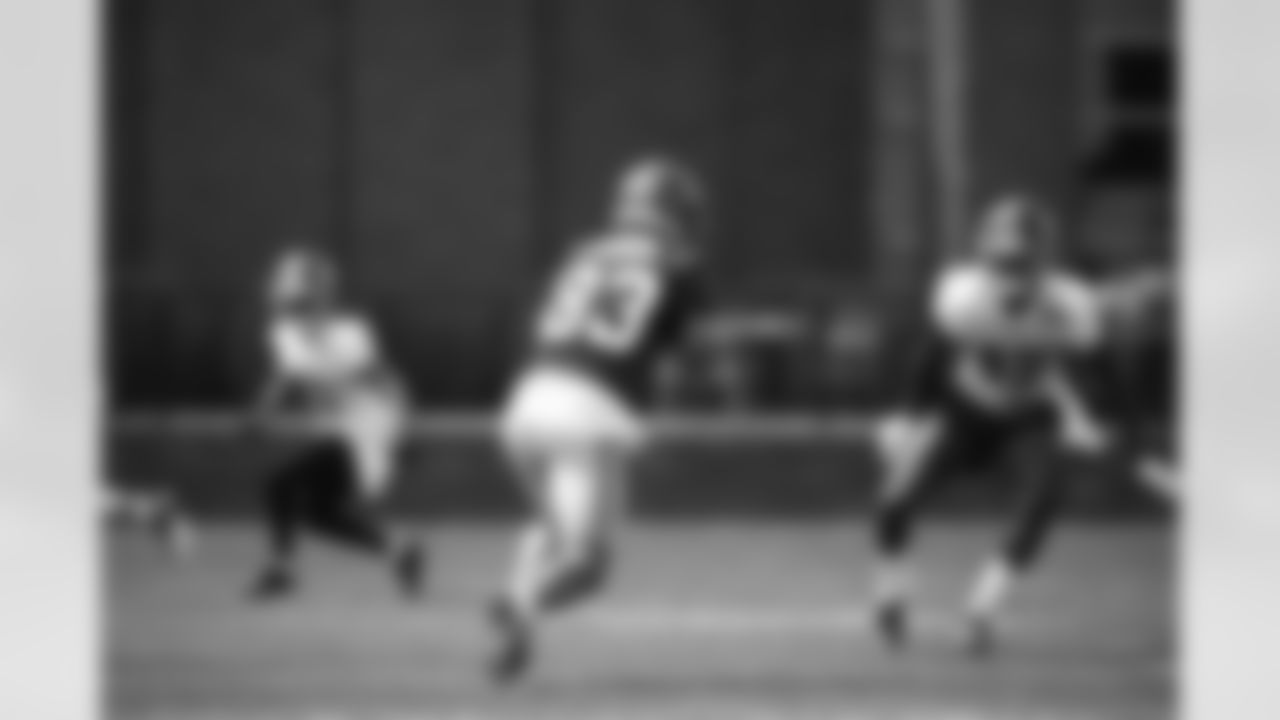
TE Lawrence Cager (83)
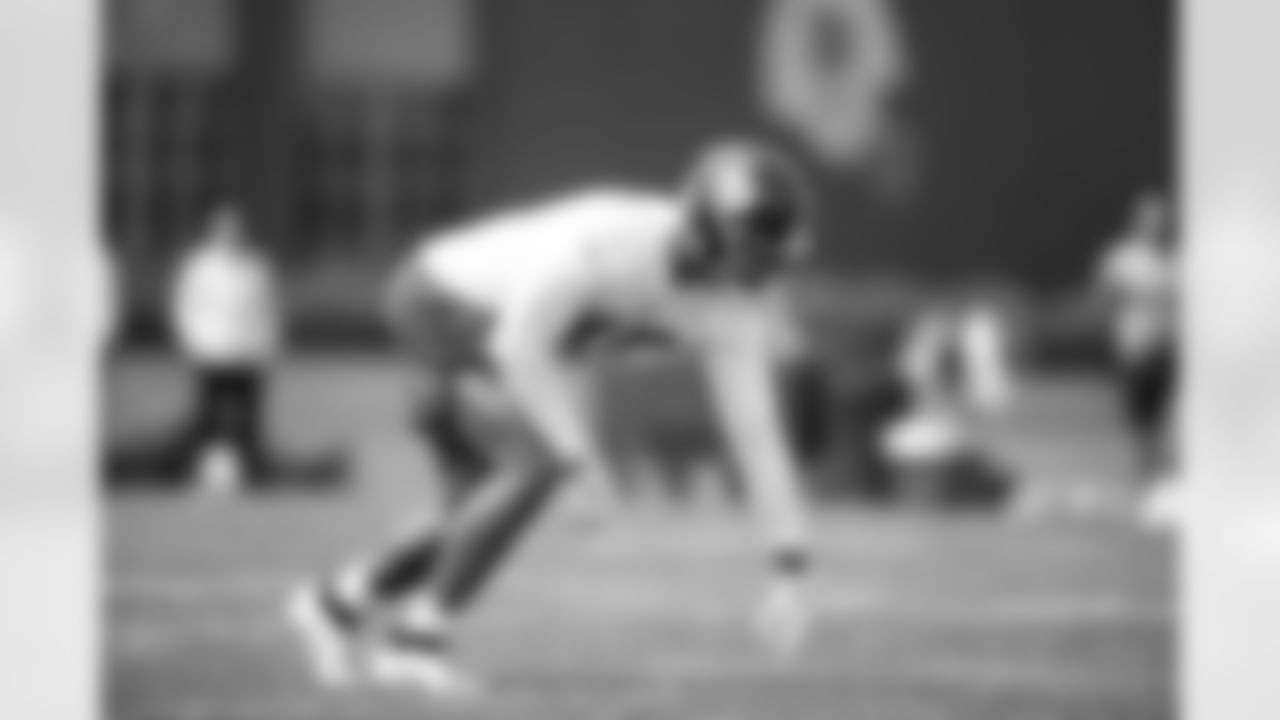
OLB Habakkuk Baldonado (45)
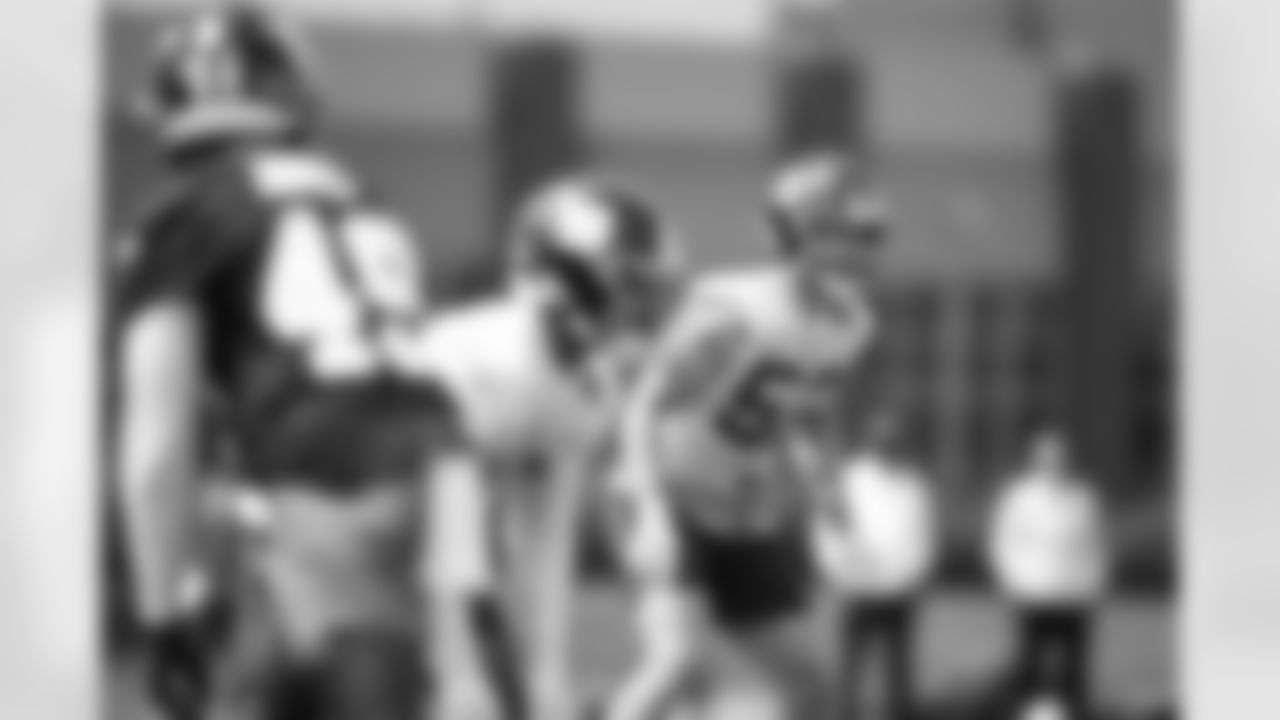
LB Carter Coughlin (52)
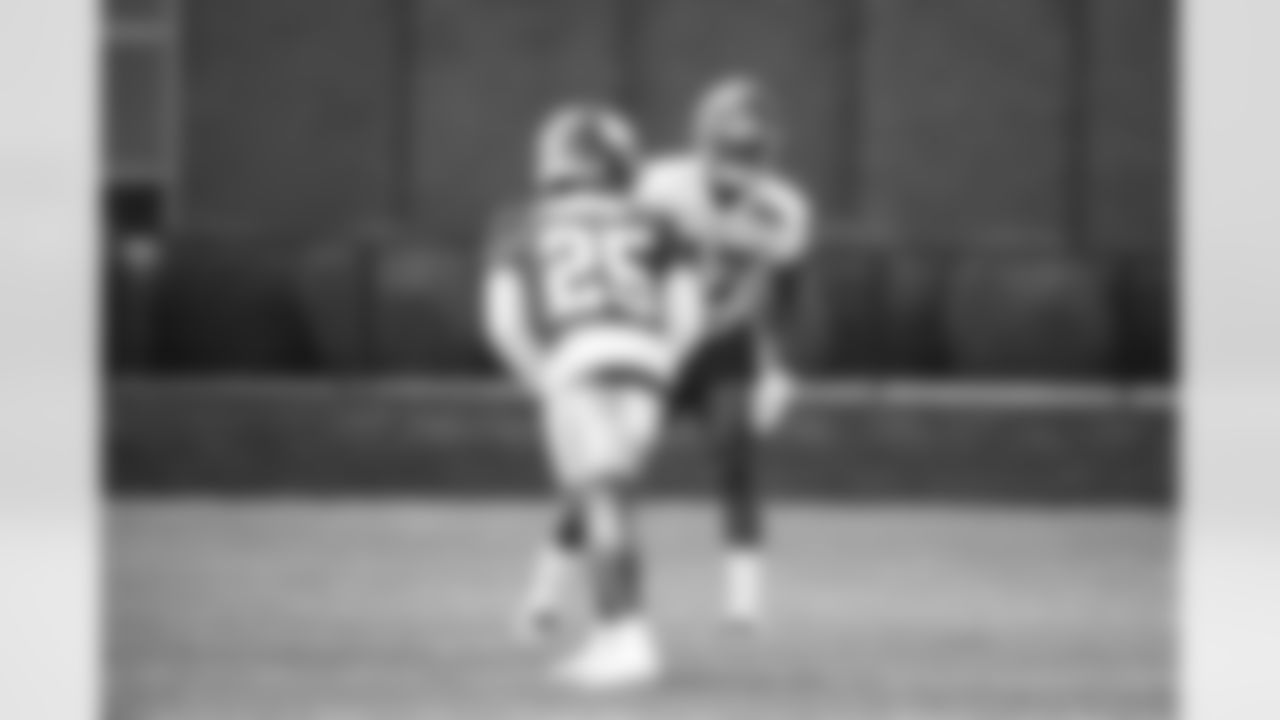
LB Cam Brown (47)
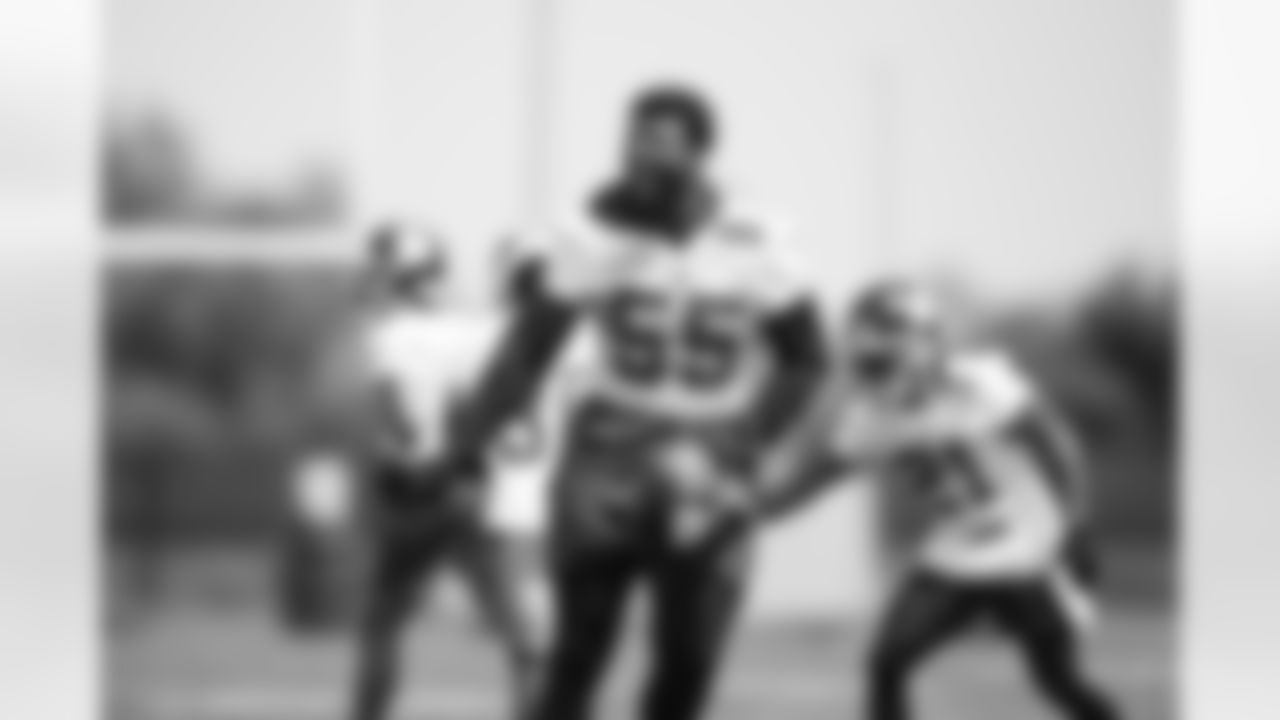
LB Jihad Ward (55)
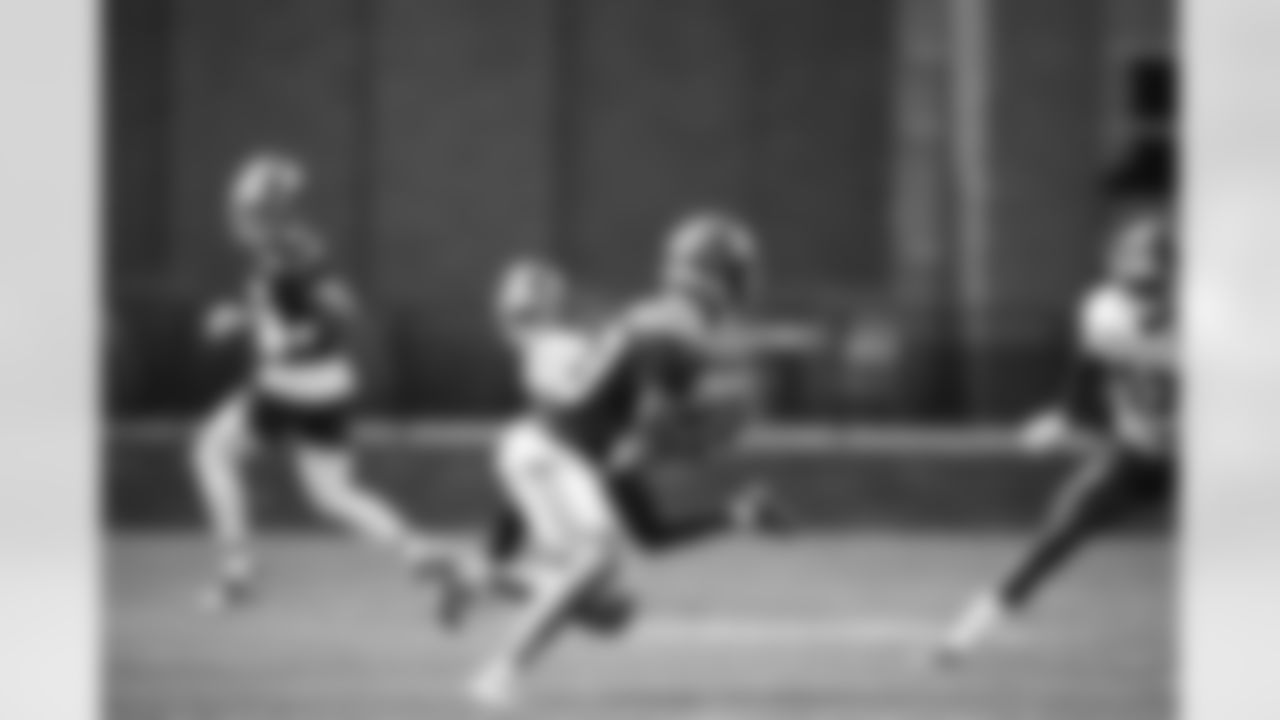
TE Lawrence Cager (83)
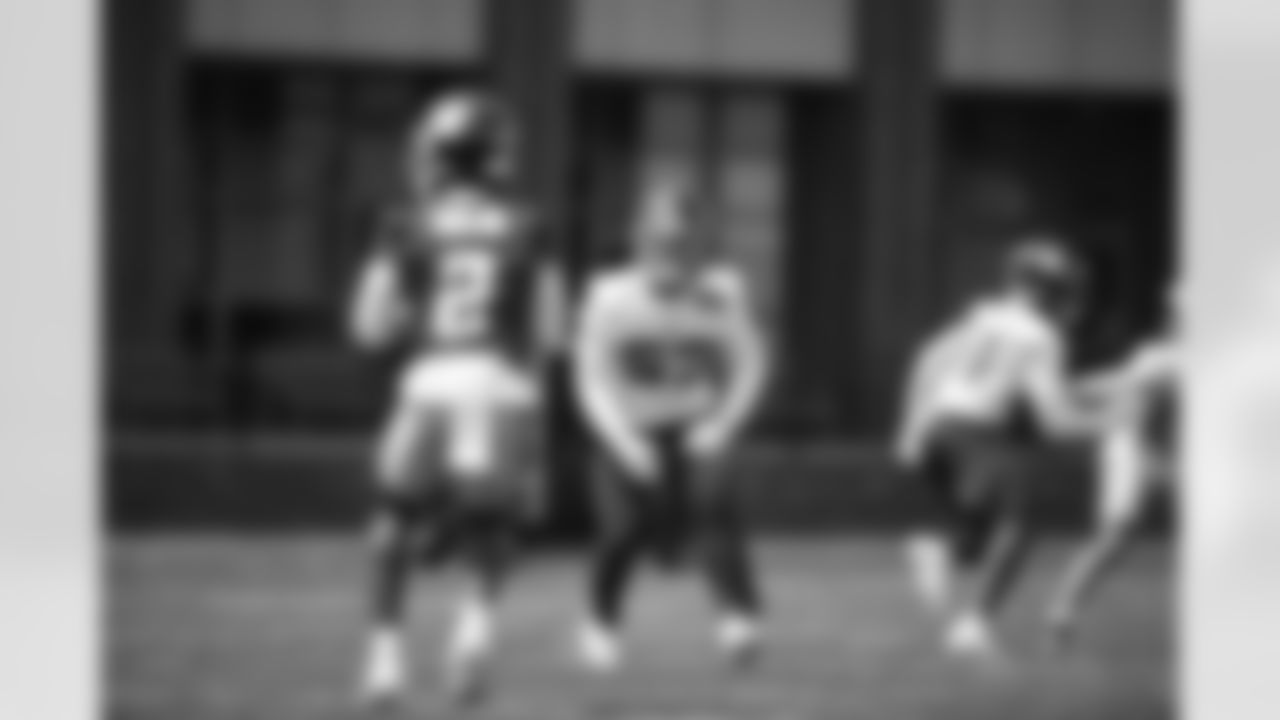
LB Oshane Ximines (53)
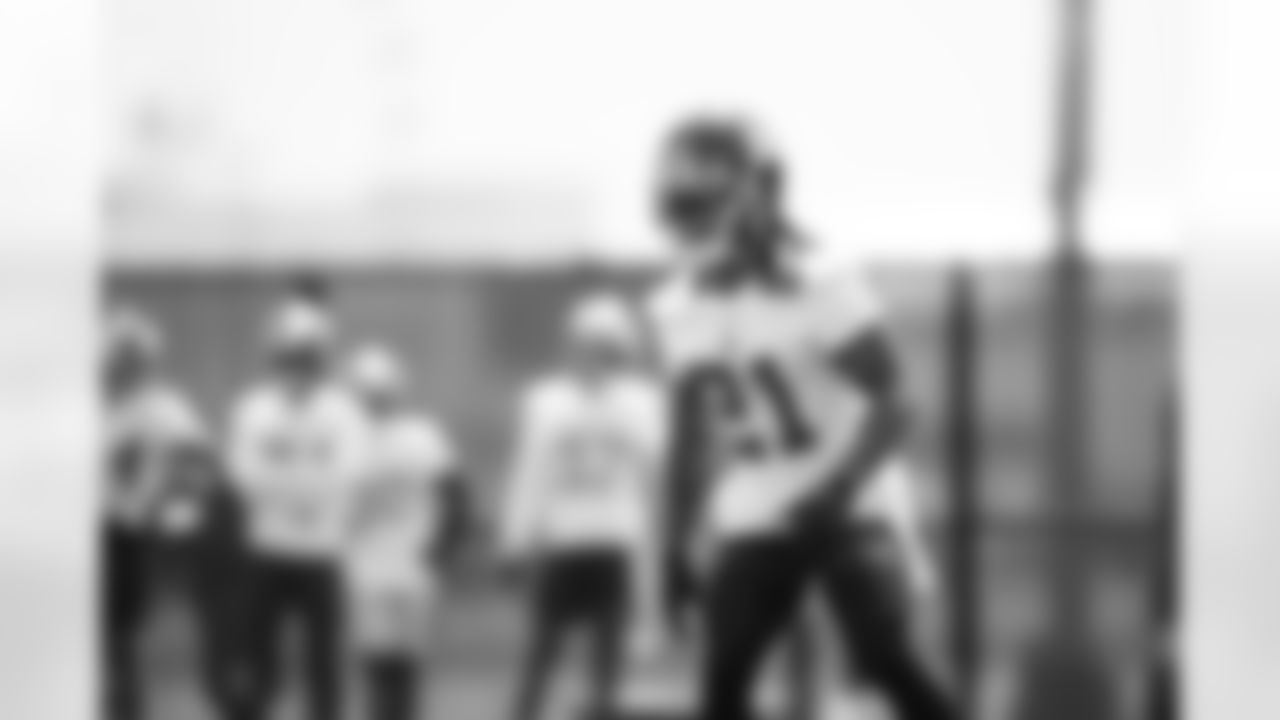
DB Bobby McCain (21)
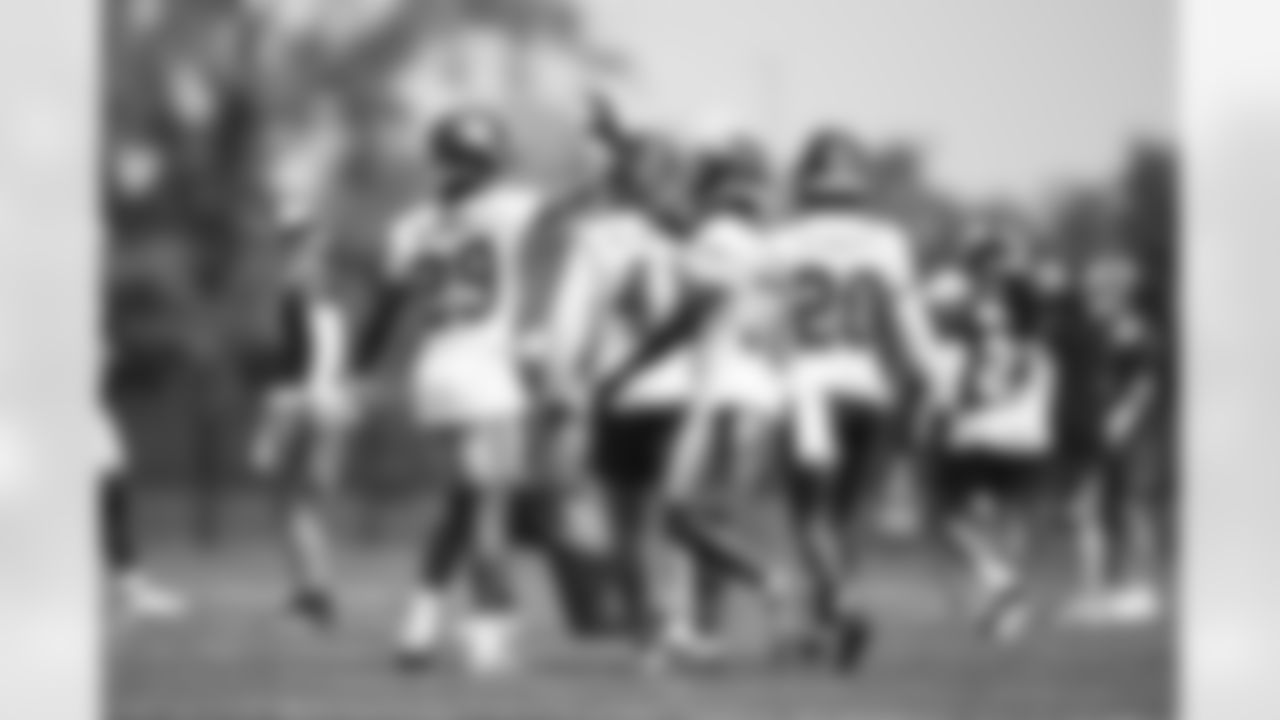
S Xavier McKinney (29), DB Darnay Holmes (30)
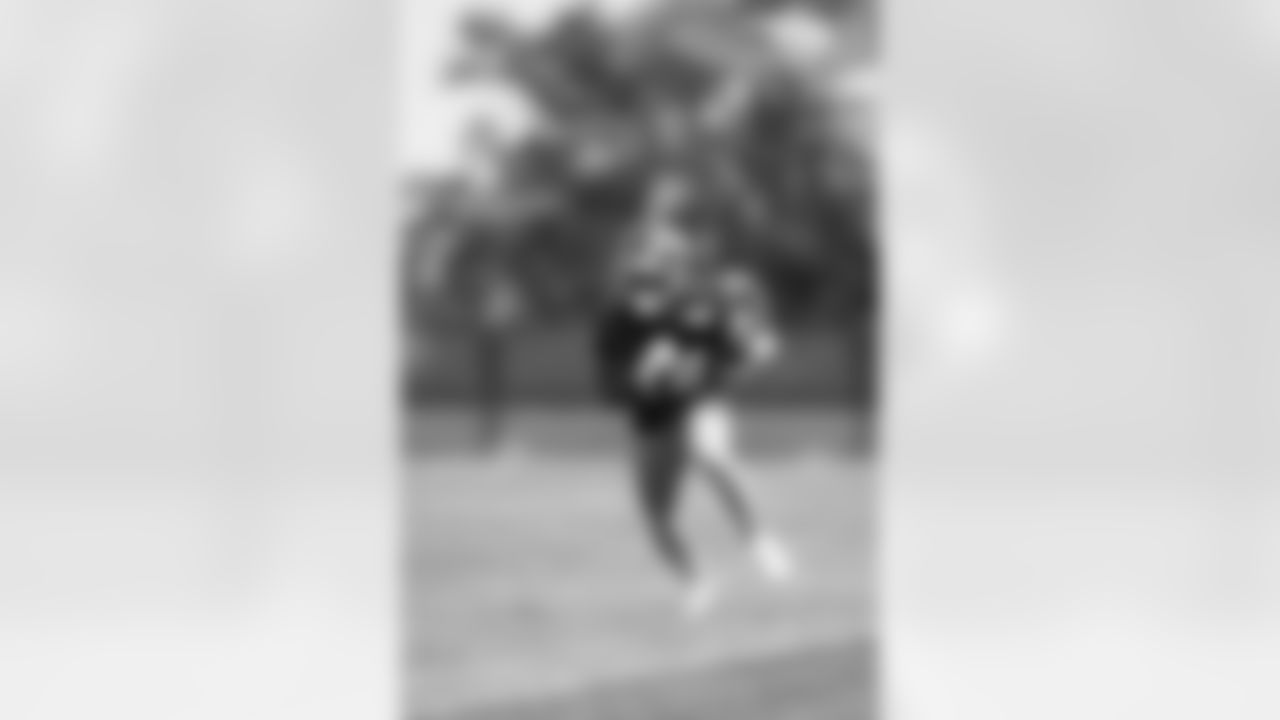
WR Jeff Smith II (19)
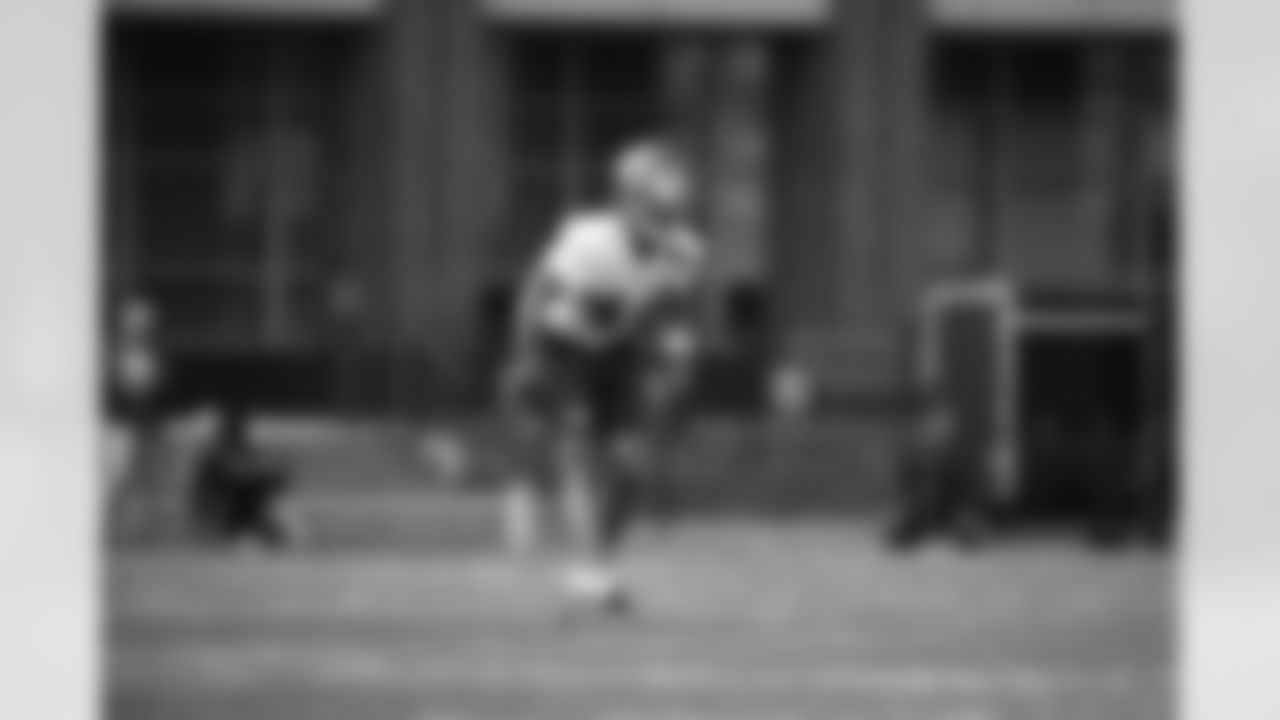
DB Nick McCloud (44)

TE Lawrence Cager (83)
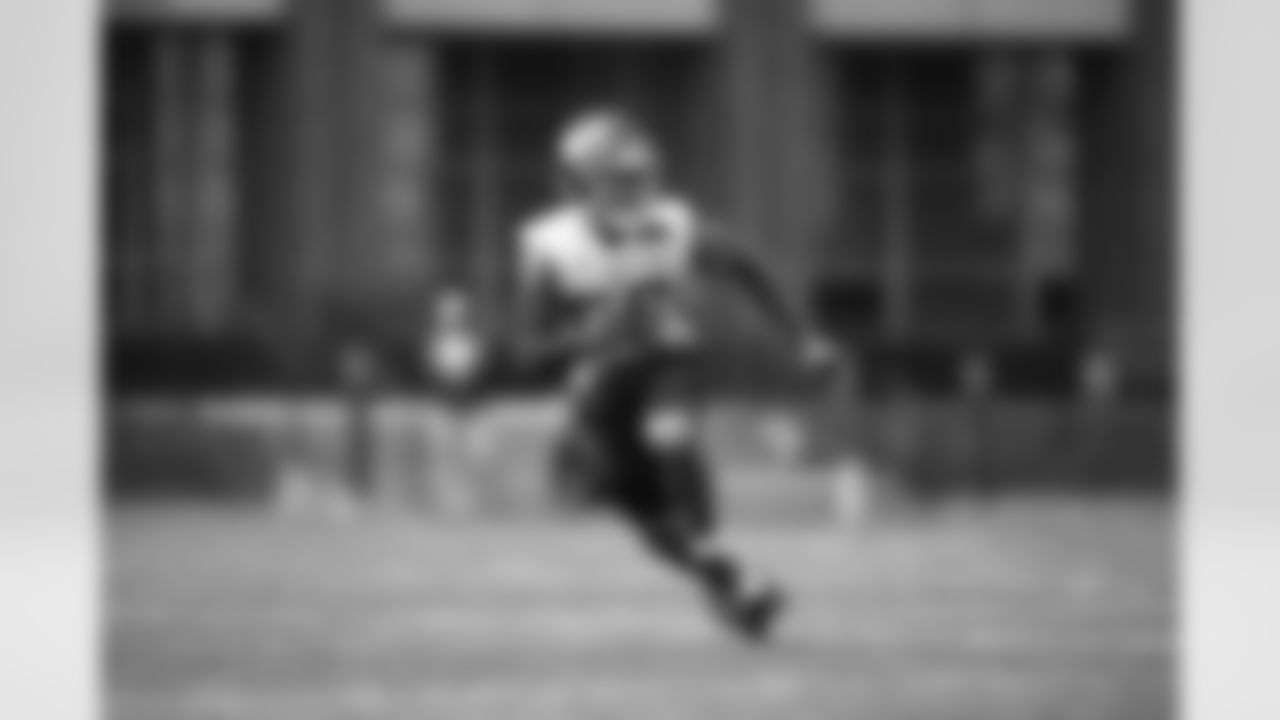
LB Bobby Okereke (58)
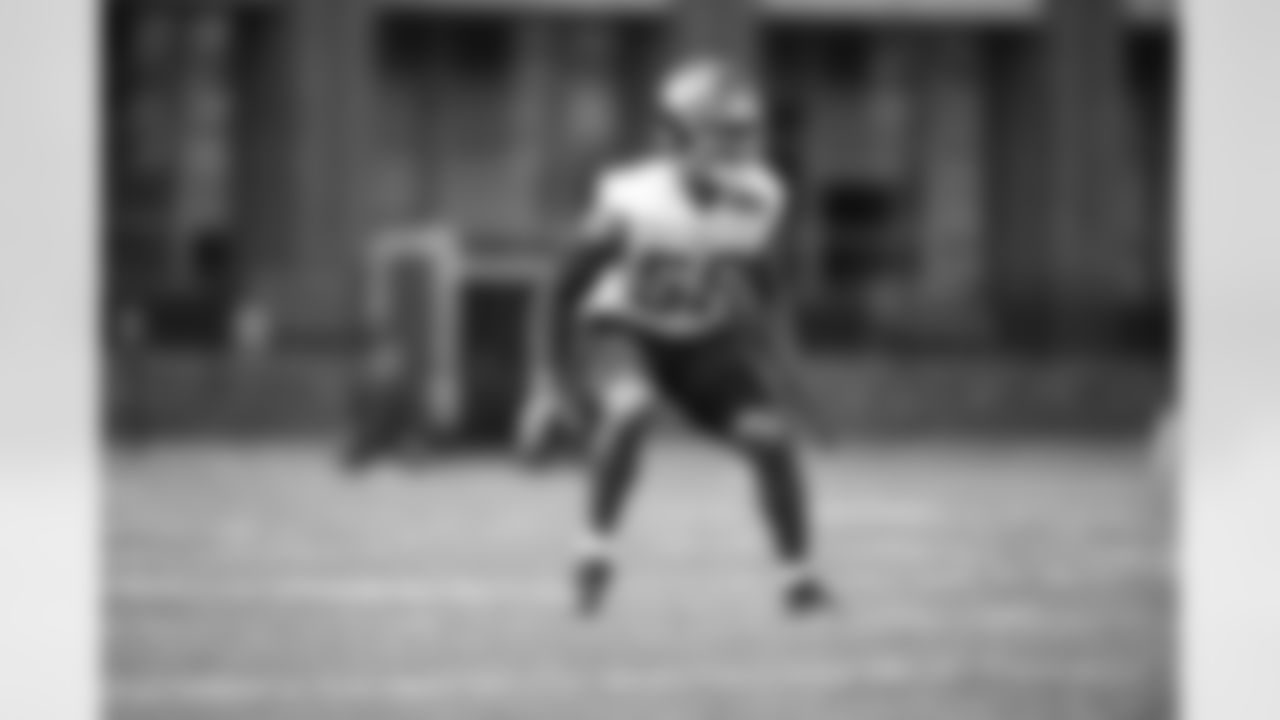
LB Bobby Okereke (58)
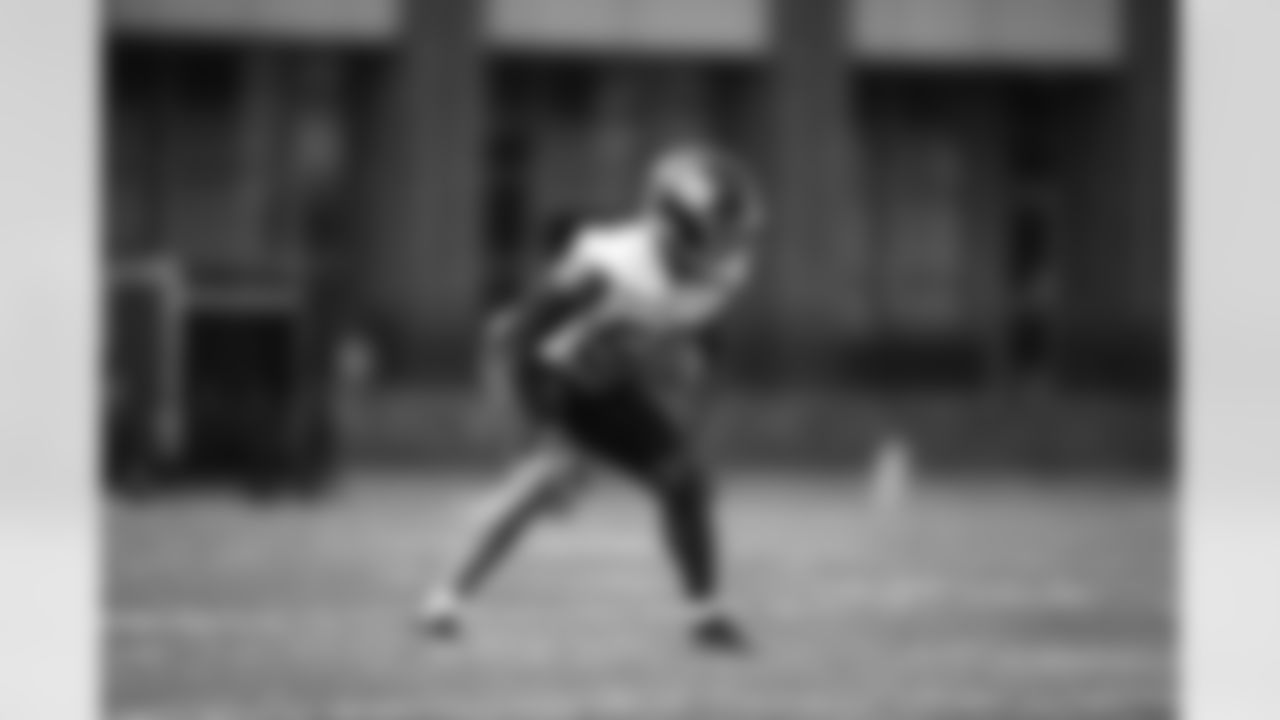
LB Bobby Okereke (58)
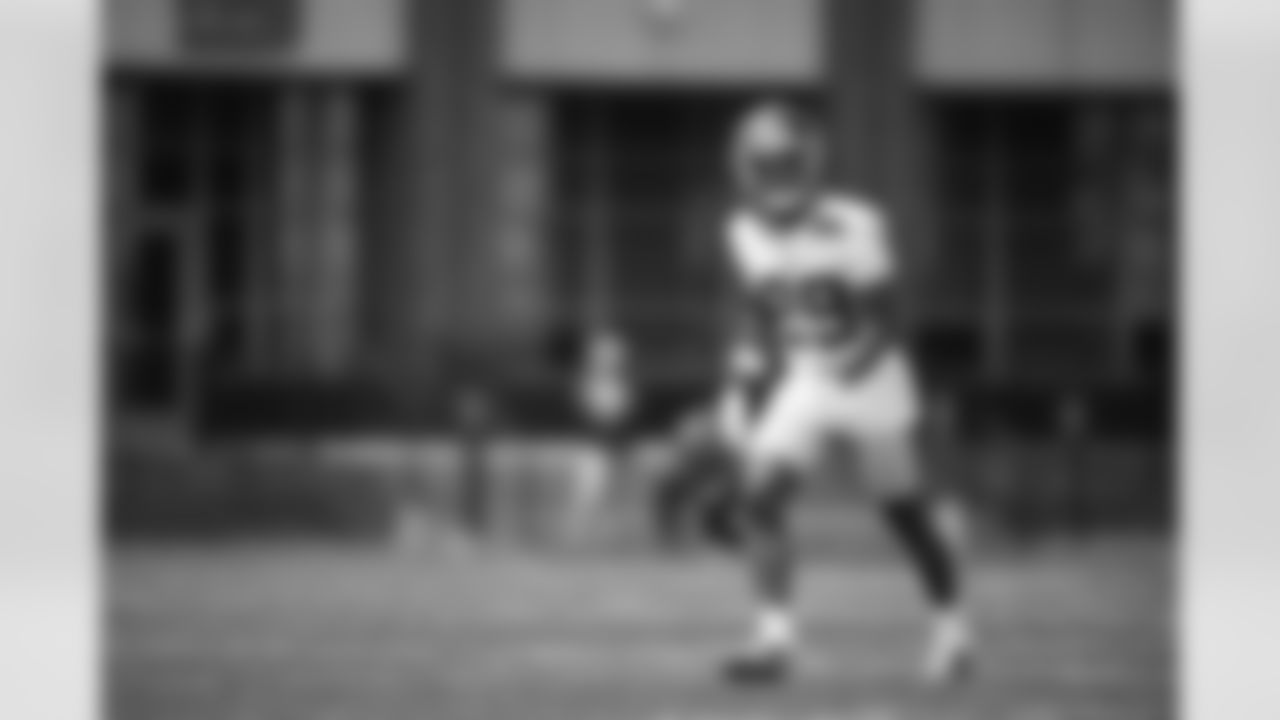
S Xavier McKinney (29)
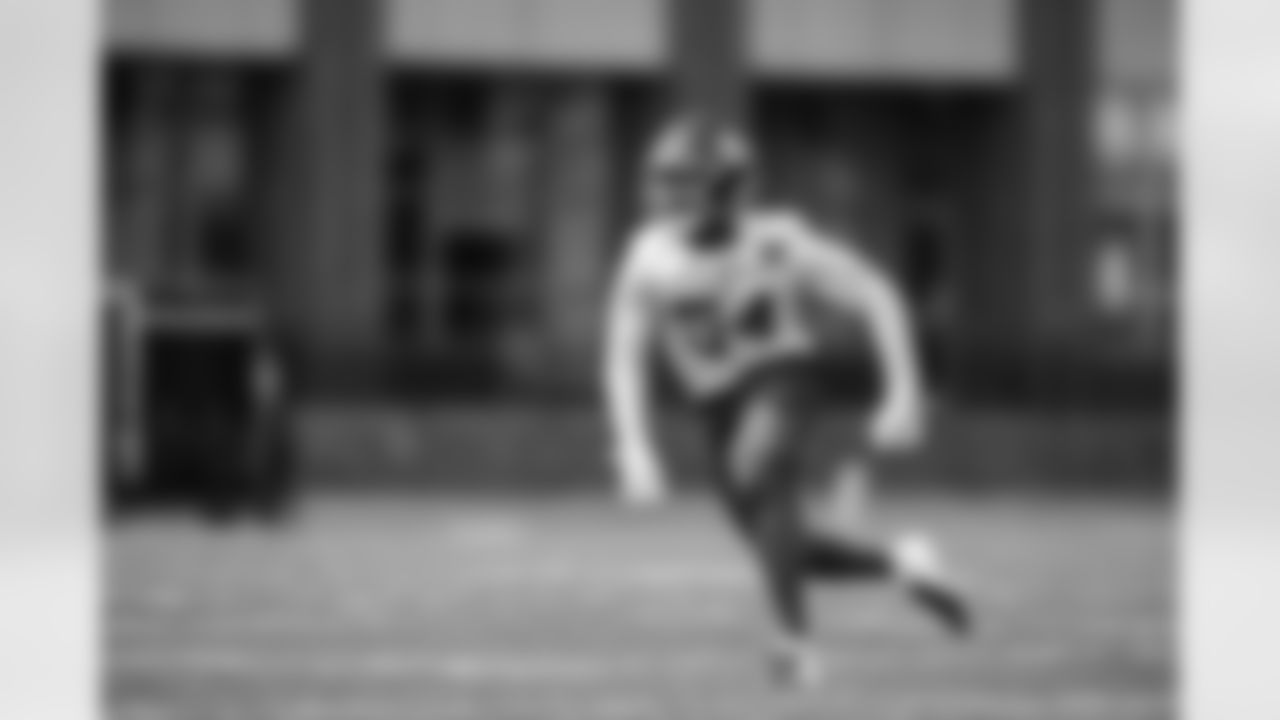
LB Dyontae Johnson (54)
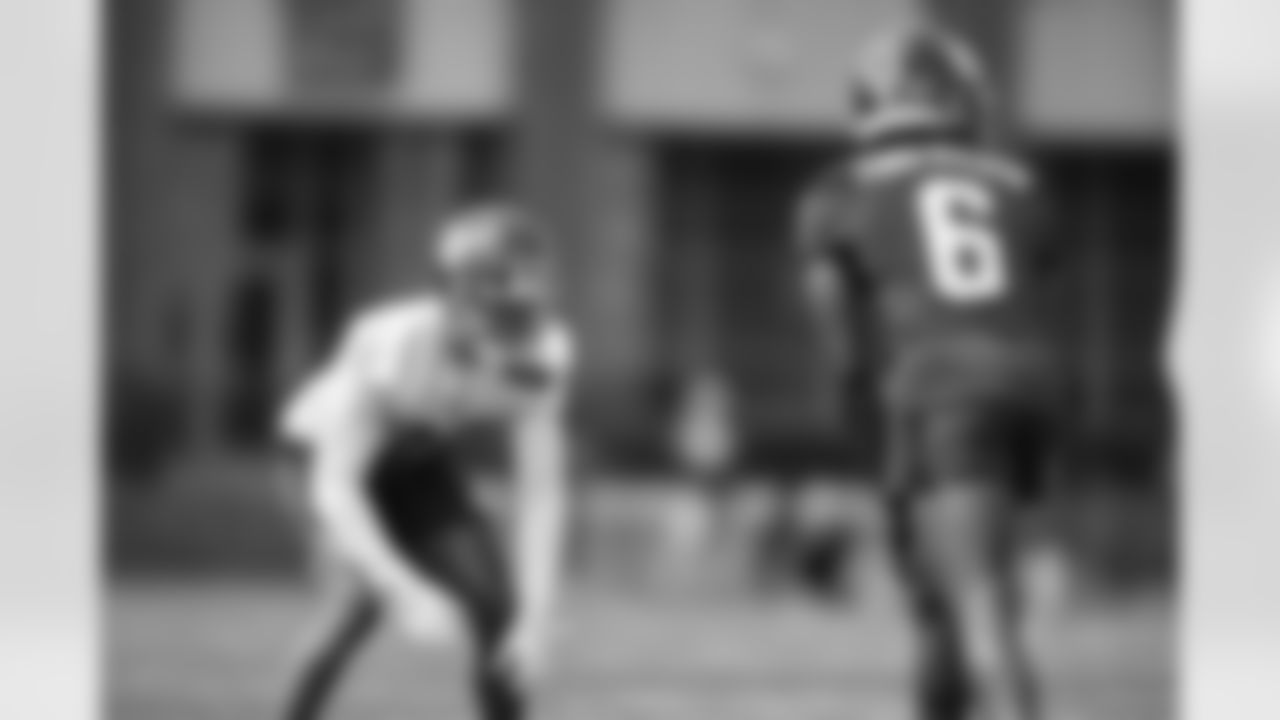
DB Leonard Johnson (35)
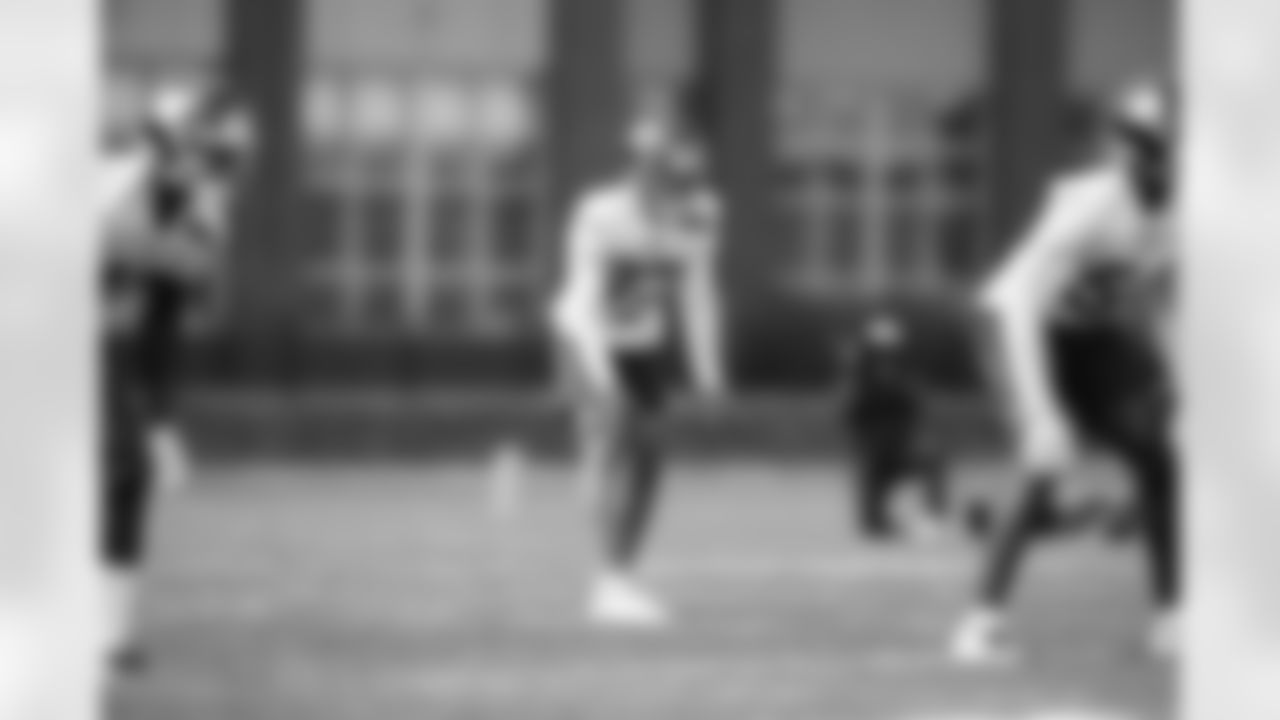
DB Alex Cook (23)
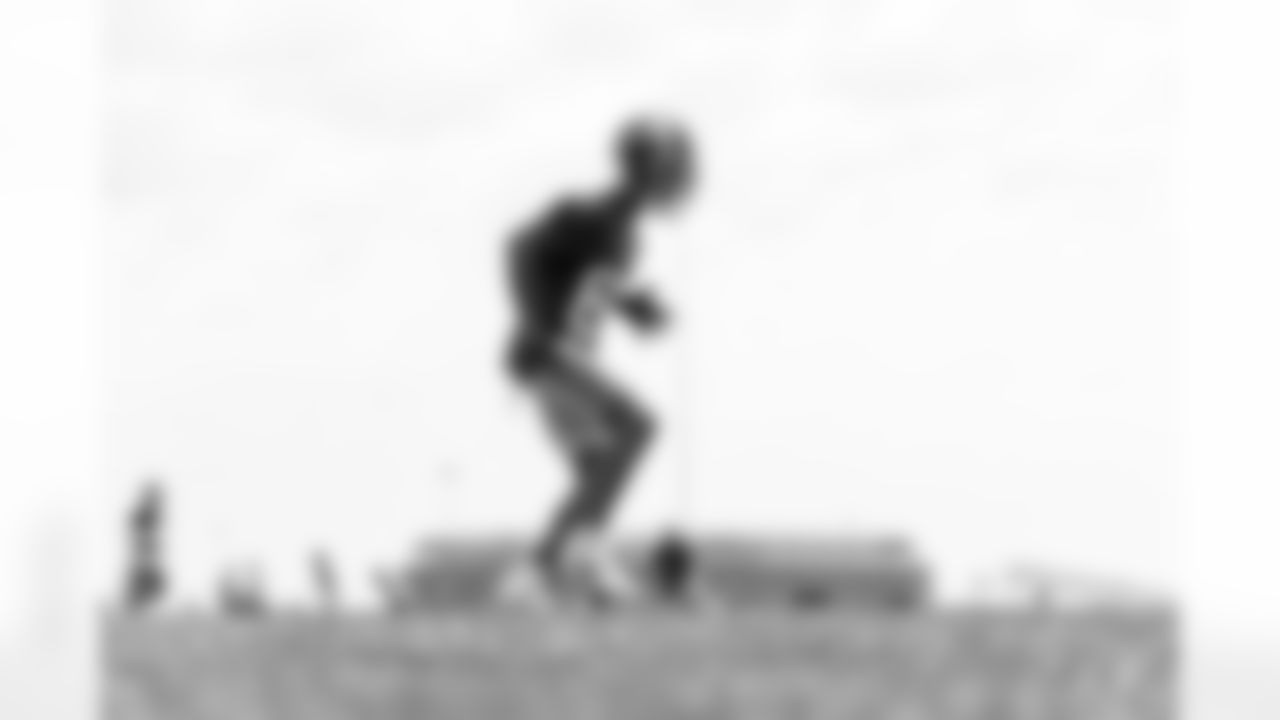
WR Jaydon Mickens (88)

WR Bryce Ford-Wheaton (6)


WR Bryce Ford-Wheaton (6)
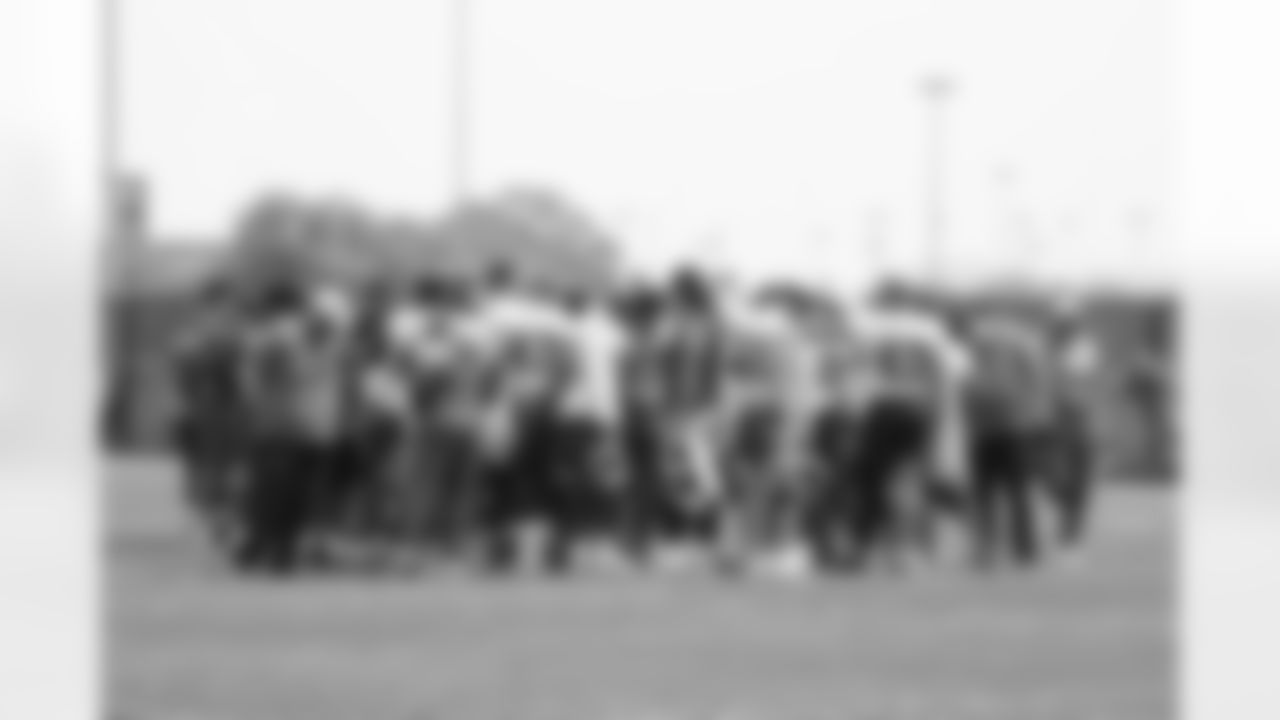
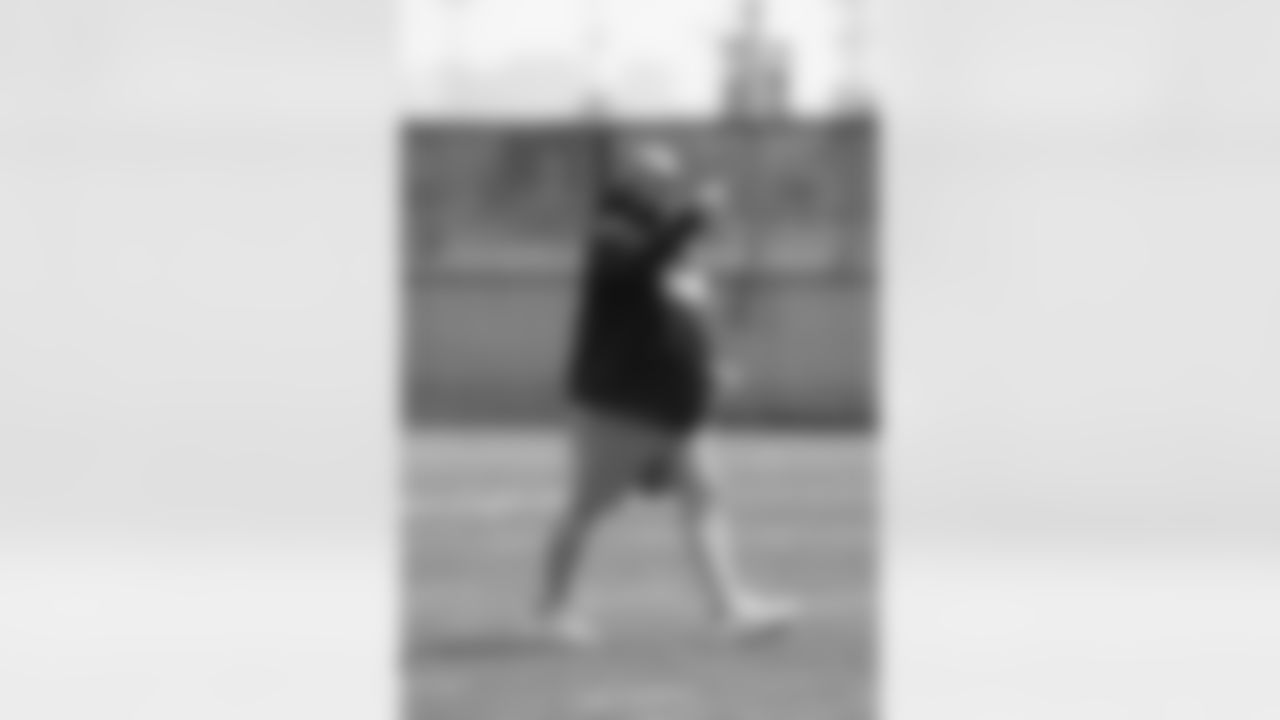
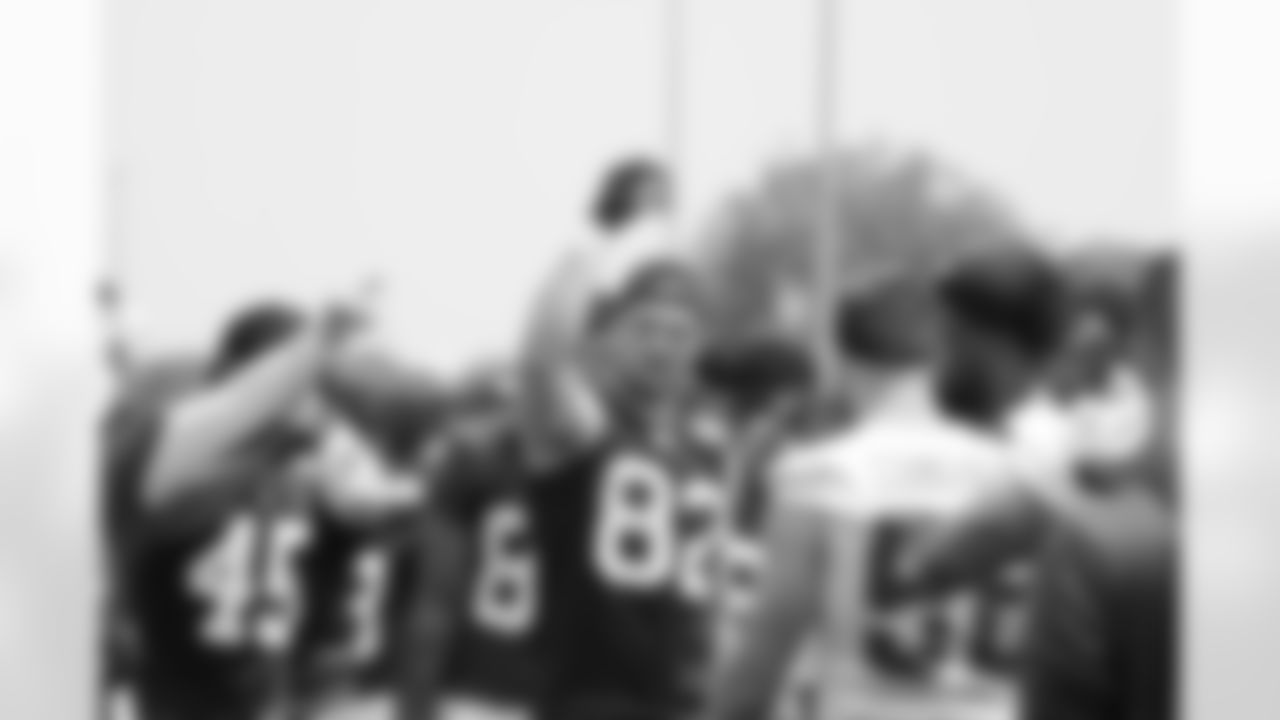
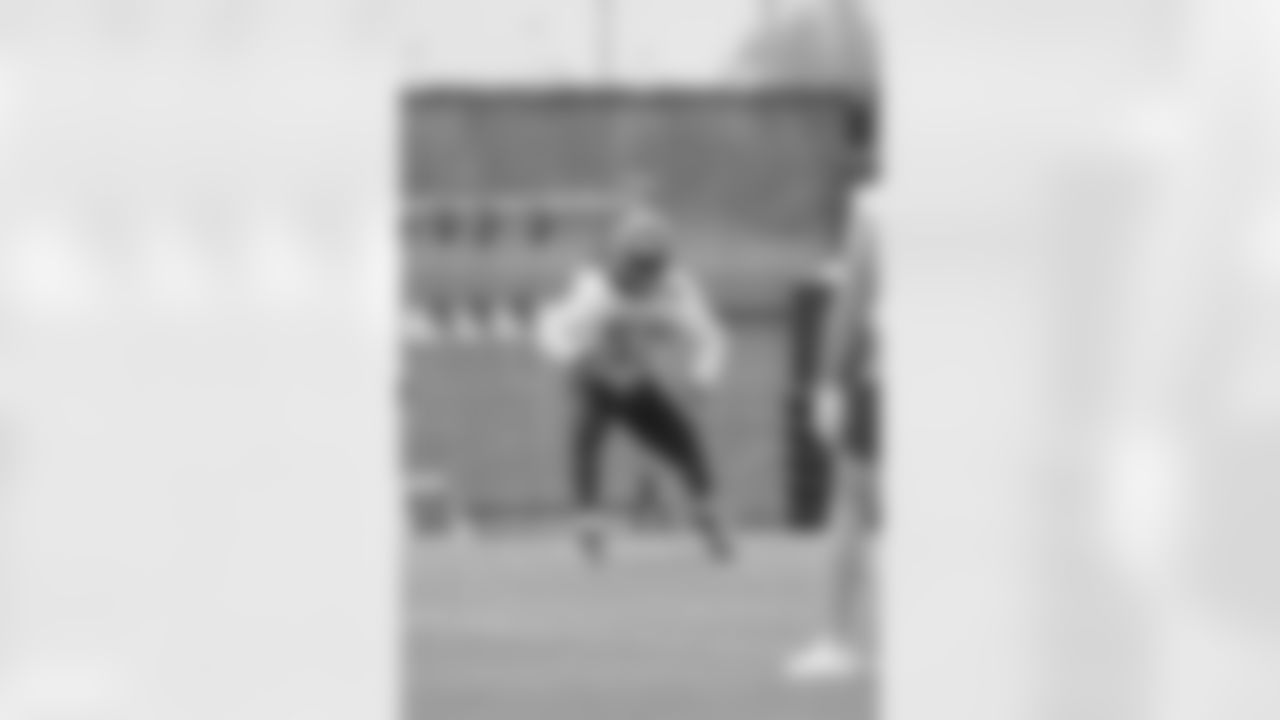
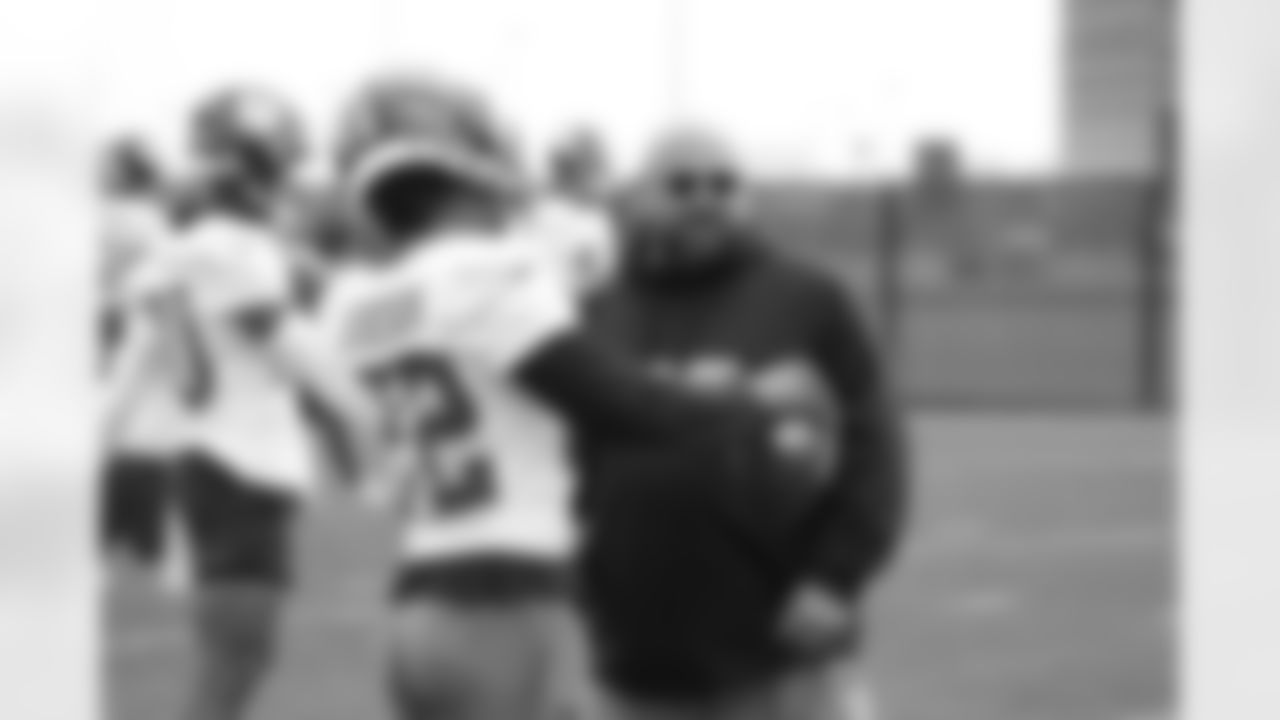
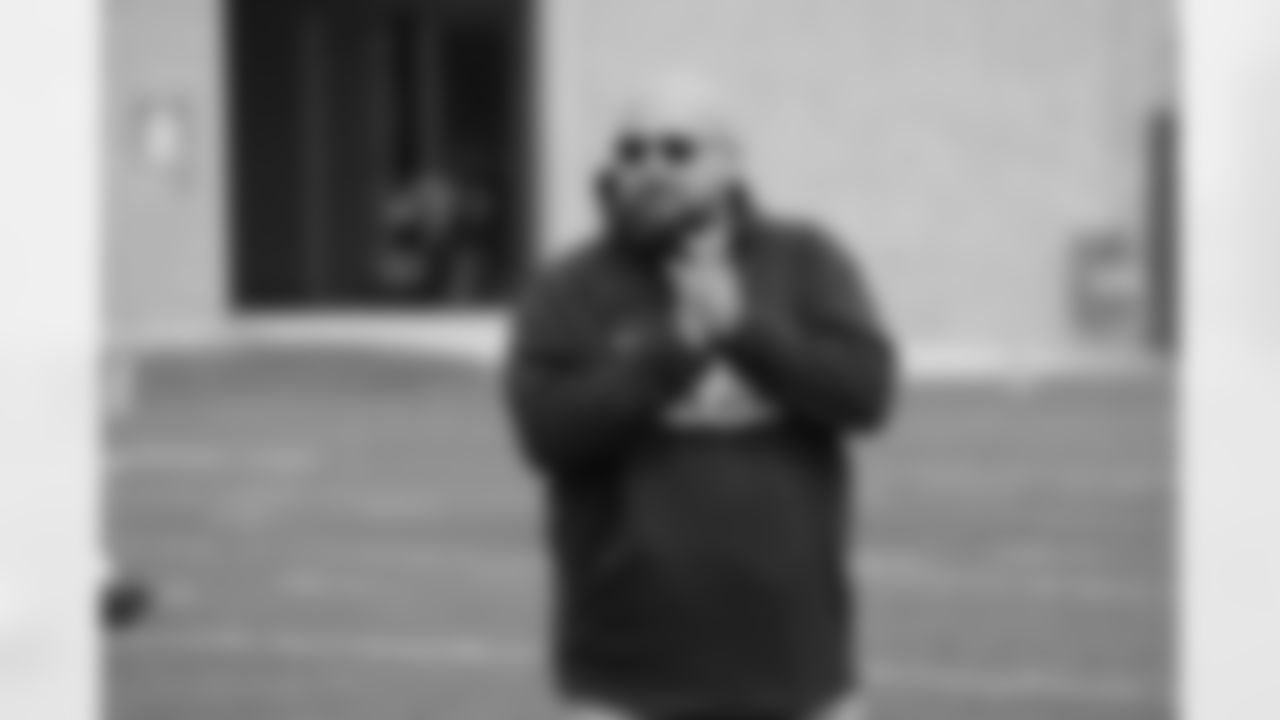
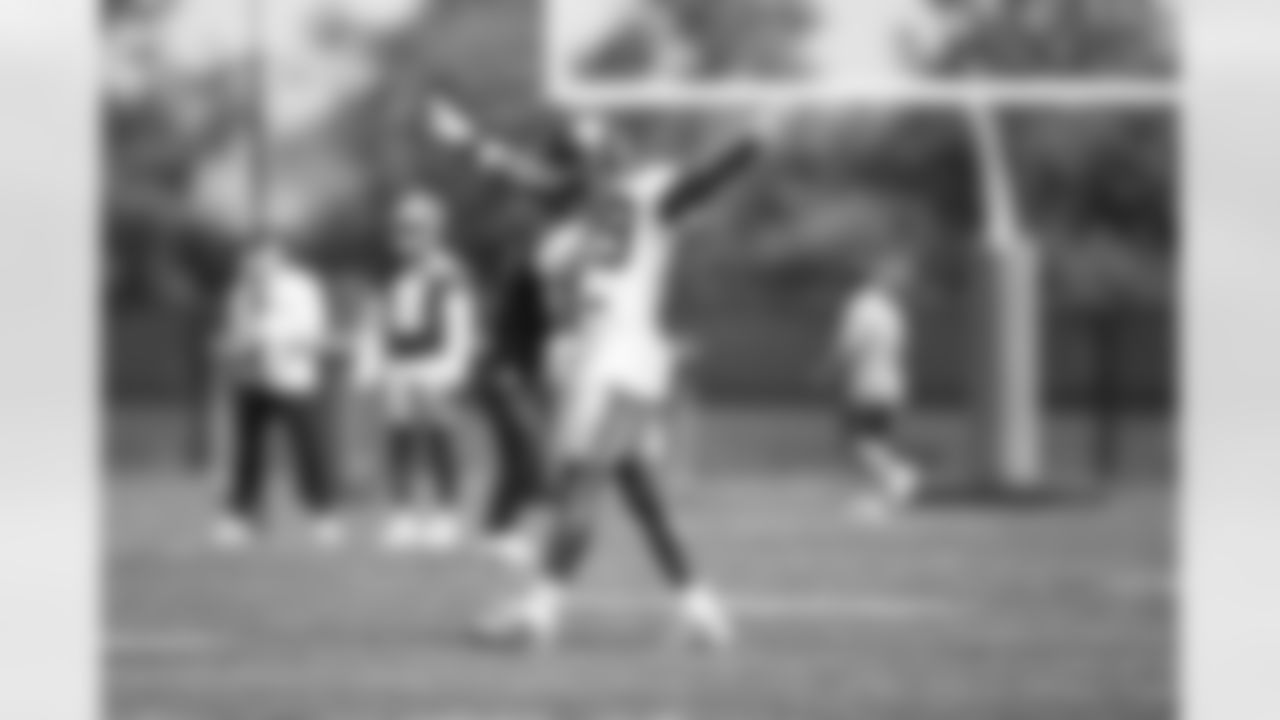
S Xavier McKinney (29)
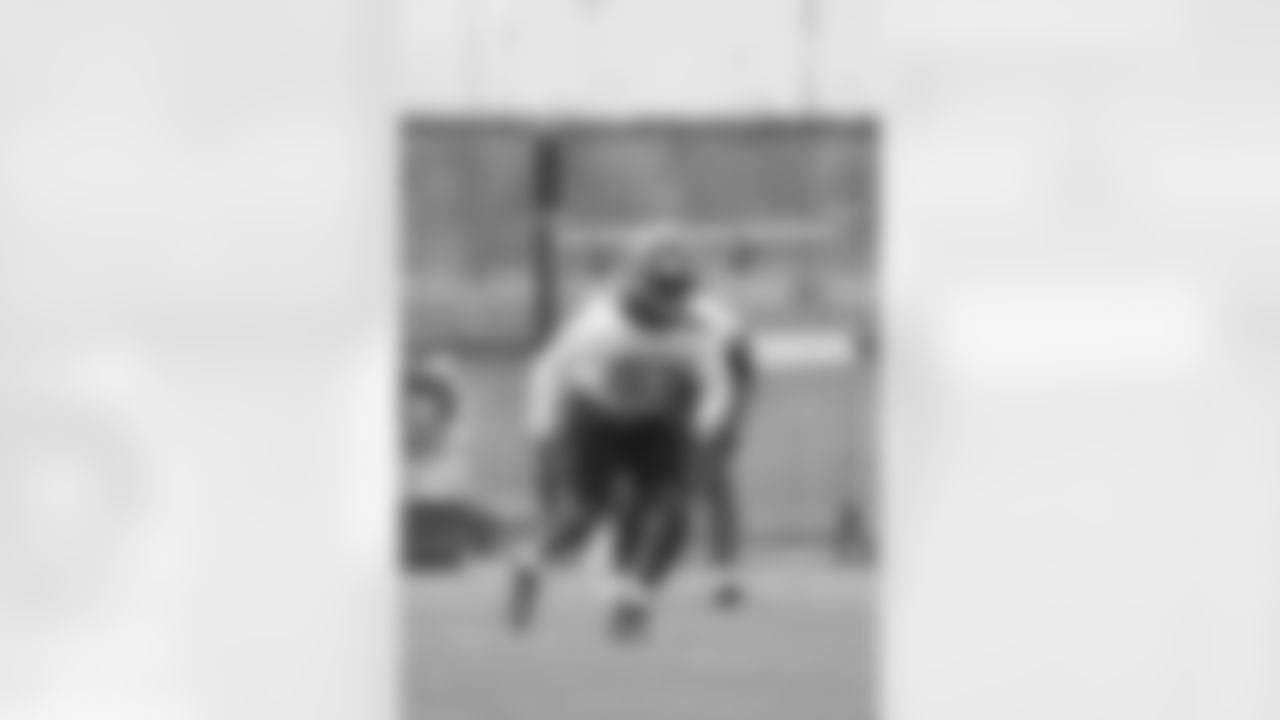
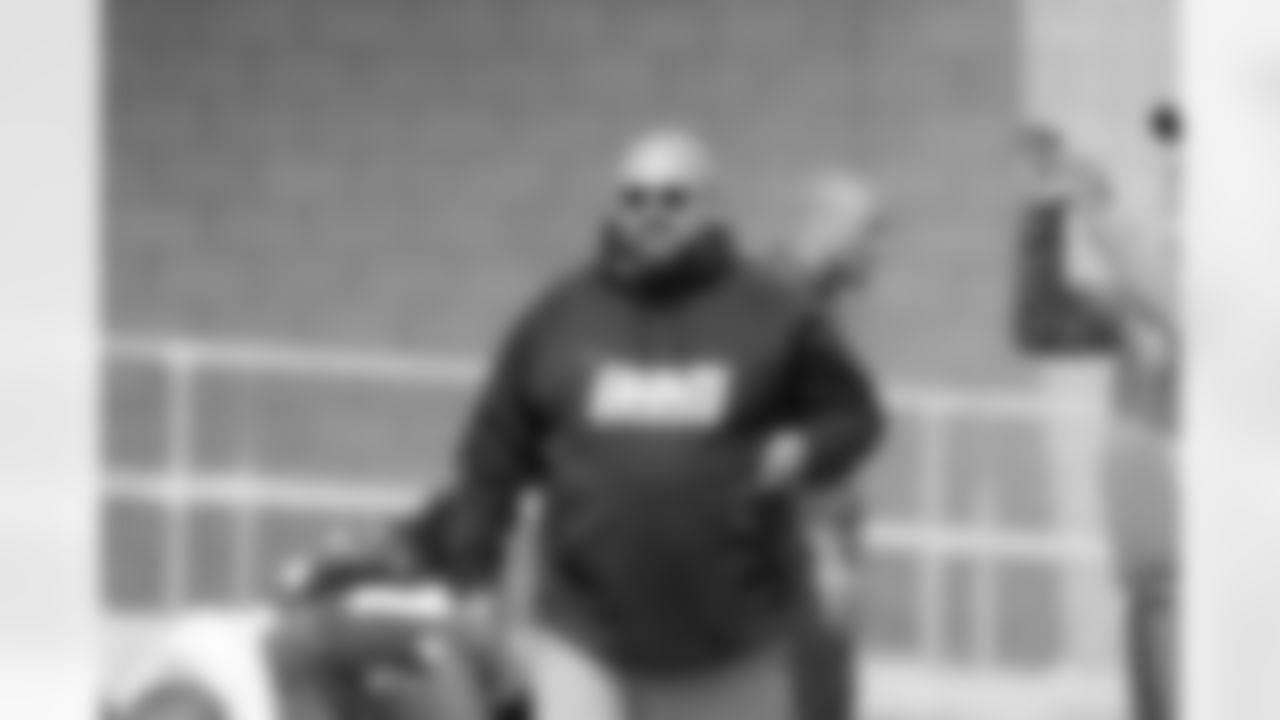
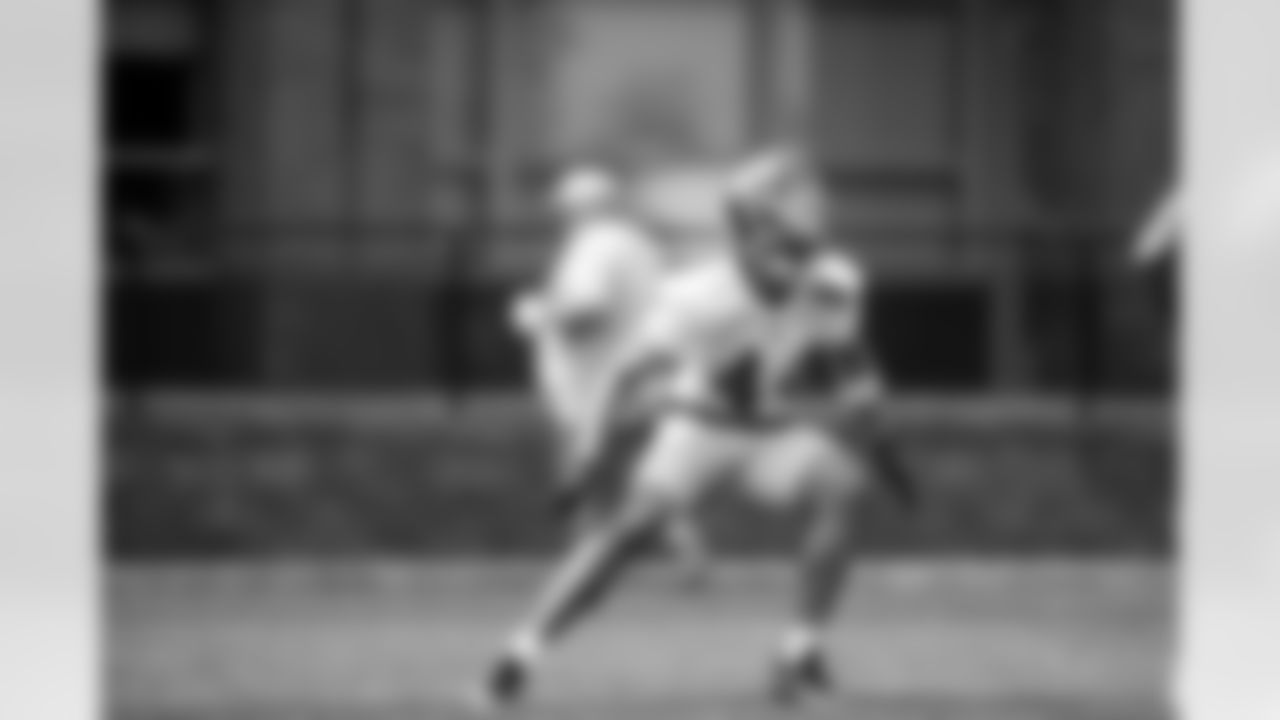
Nick McCloud (44)
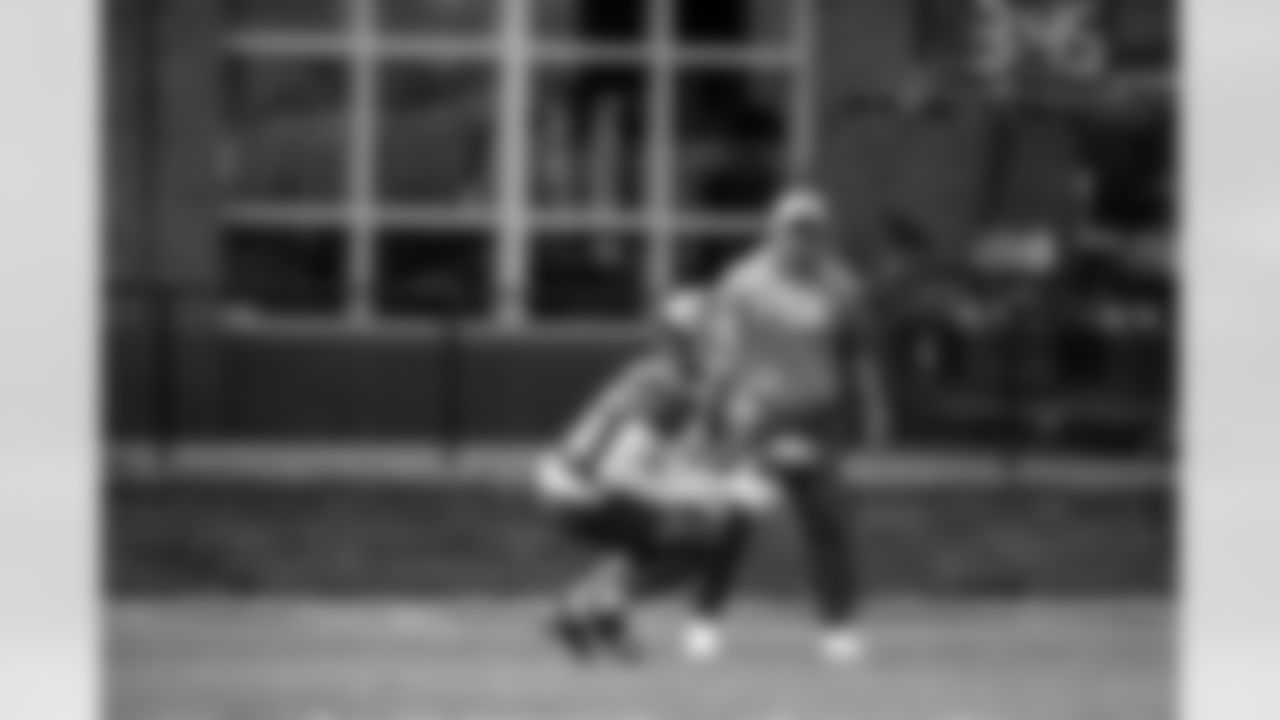
Darius Slayton (86)
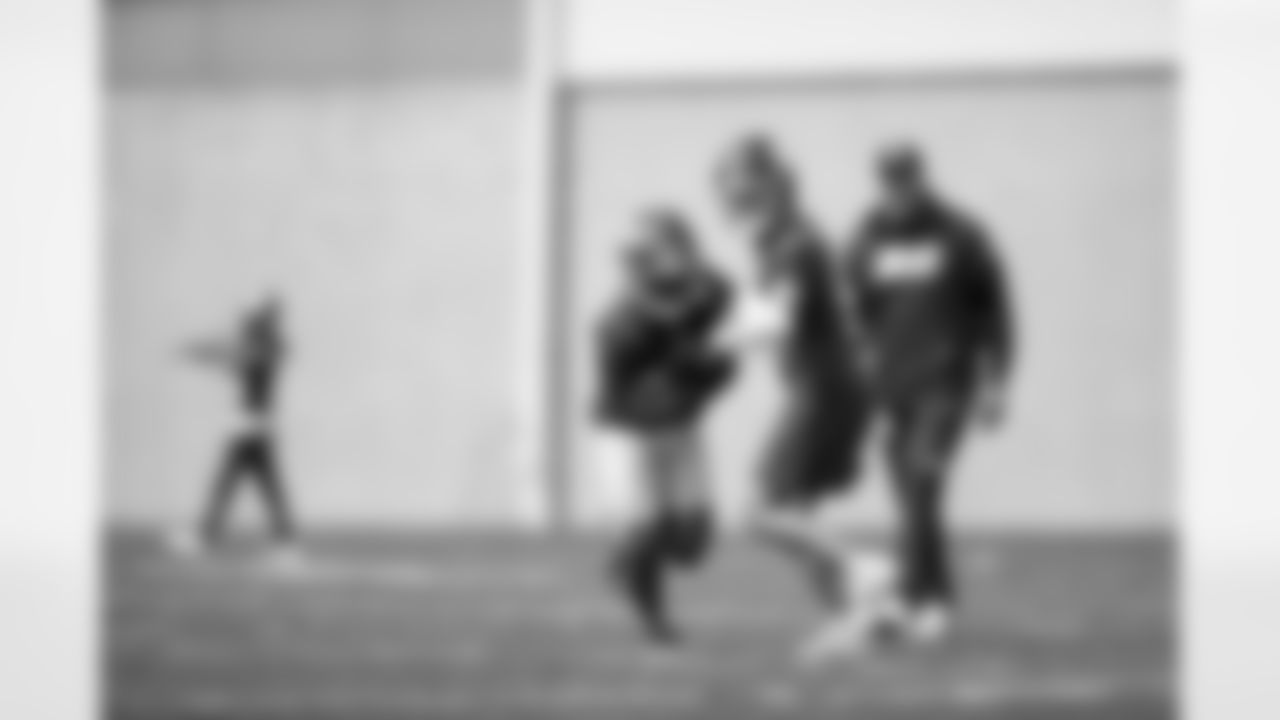
Eric Gray (20)
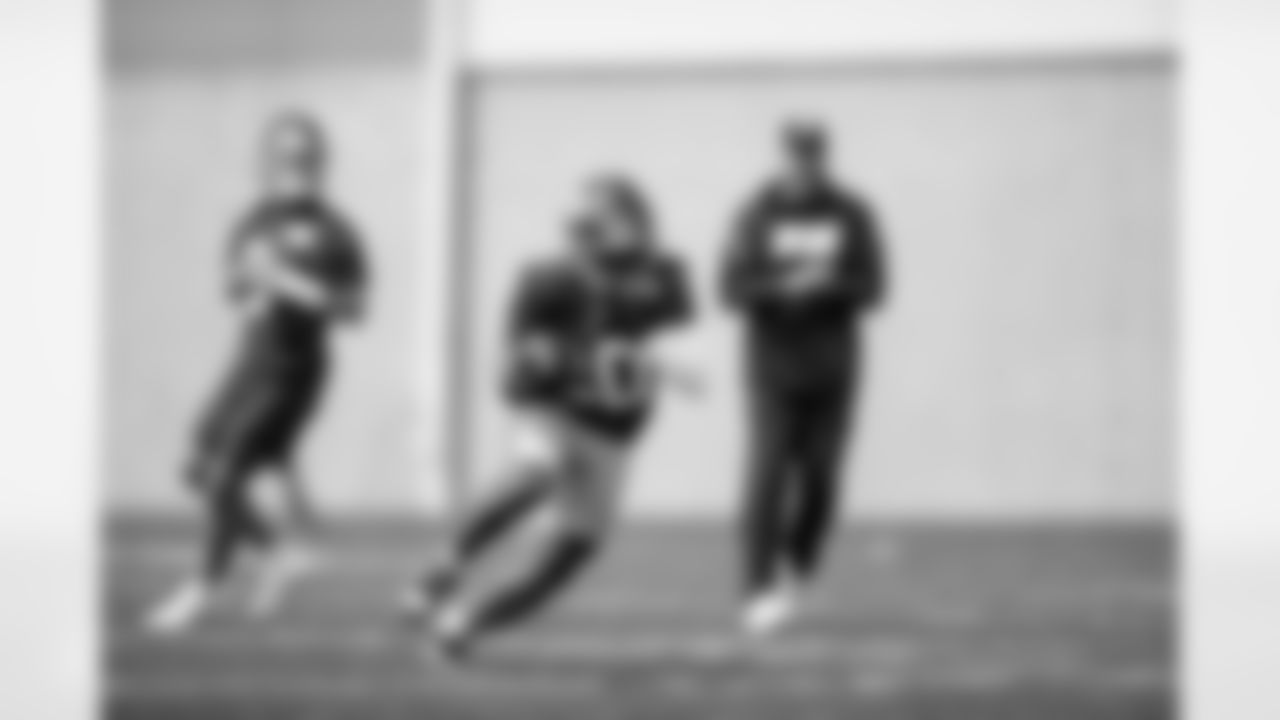
Eric Gray (20)
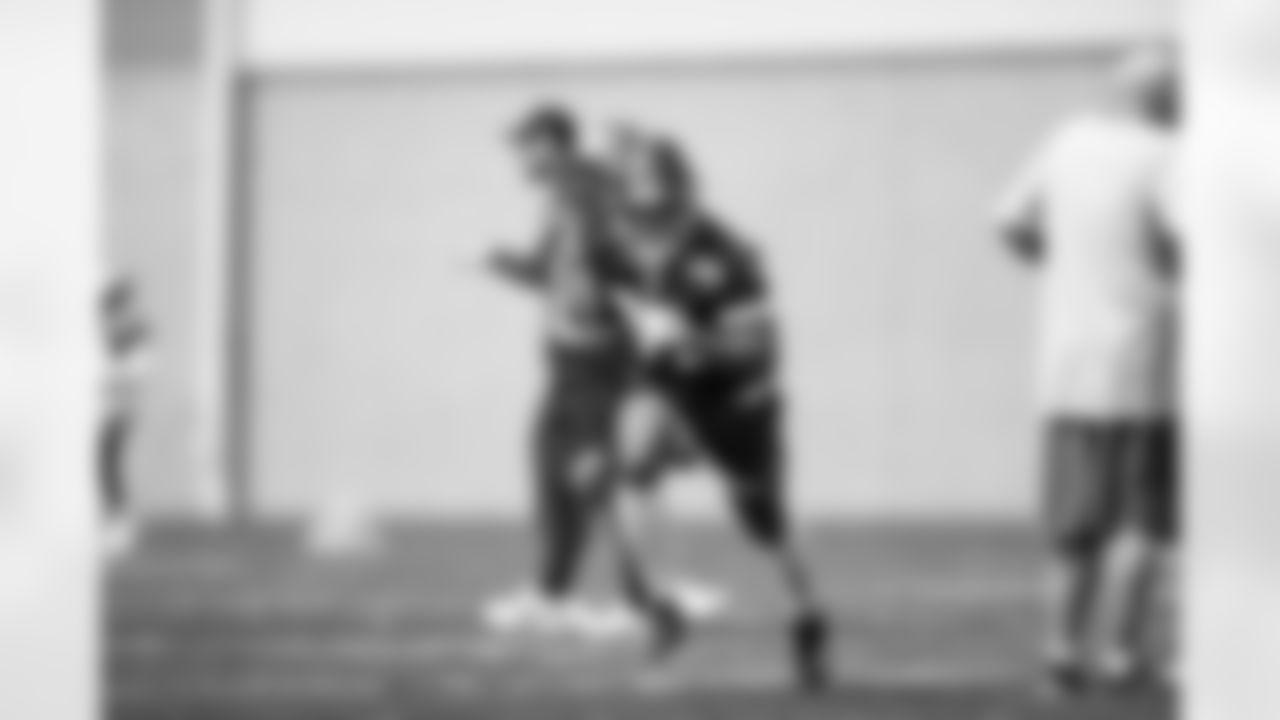
Matt Breida (31)
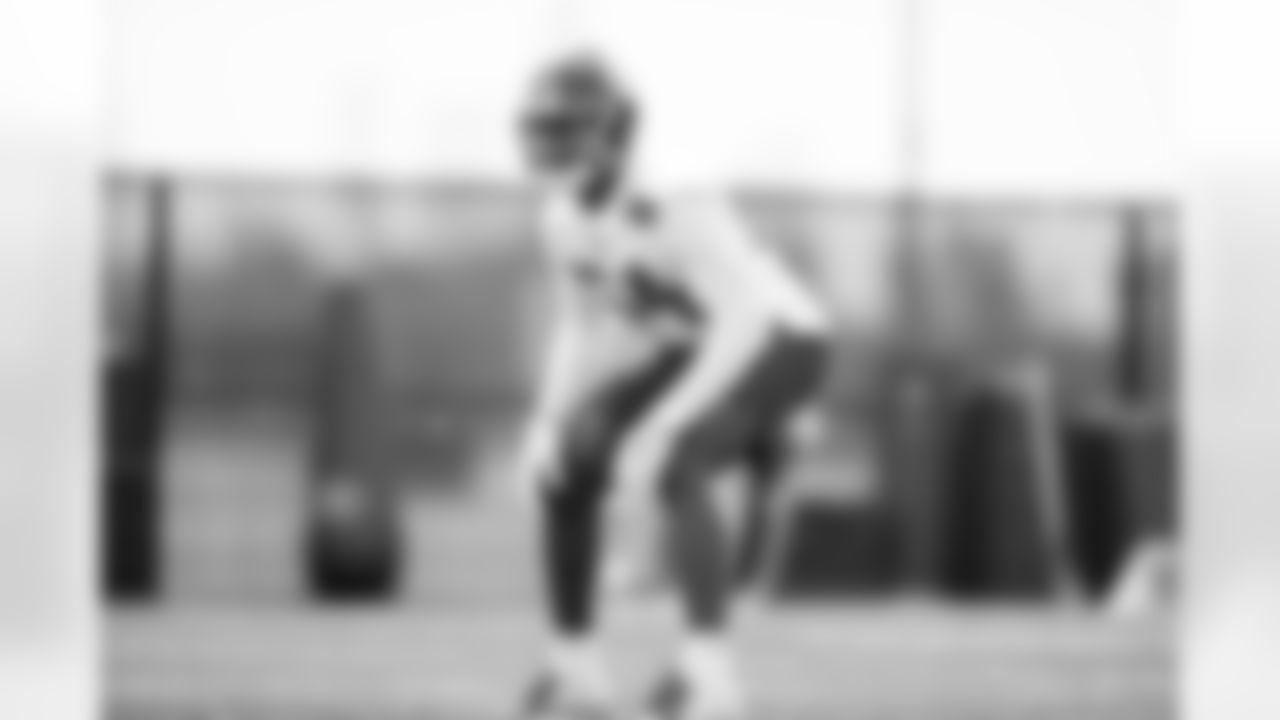
Dyontae Johnson (54)
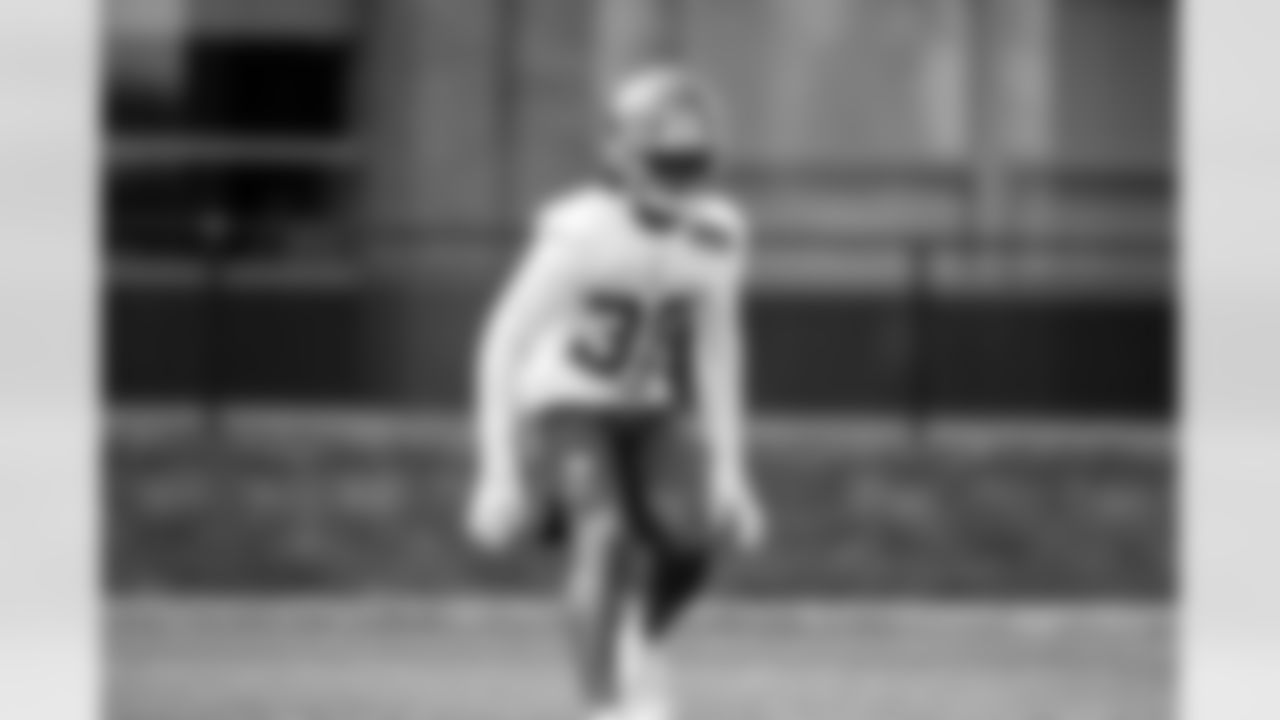
Deonte Banks (36)
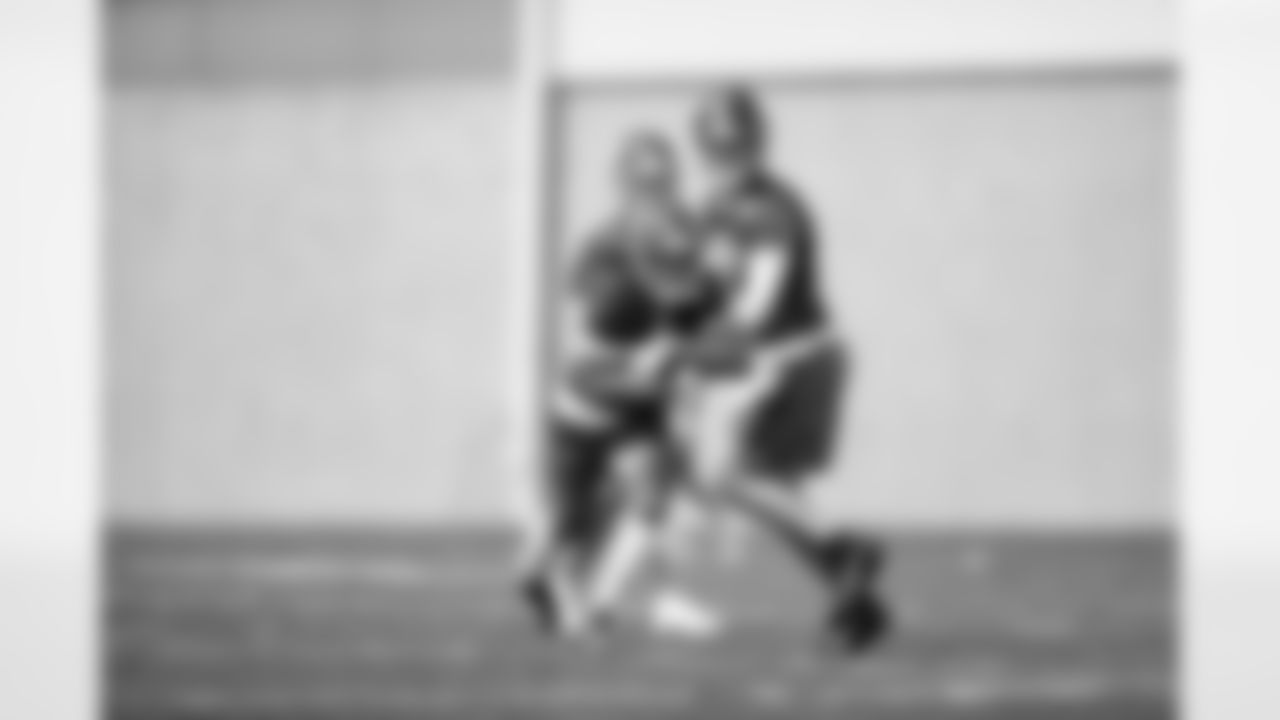
Matt Breida (31)
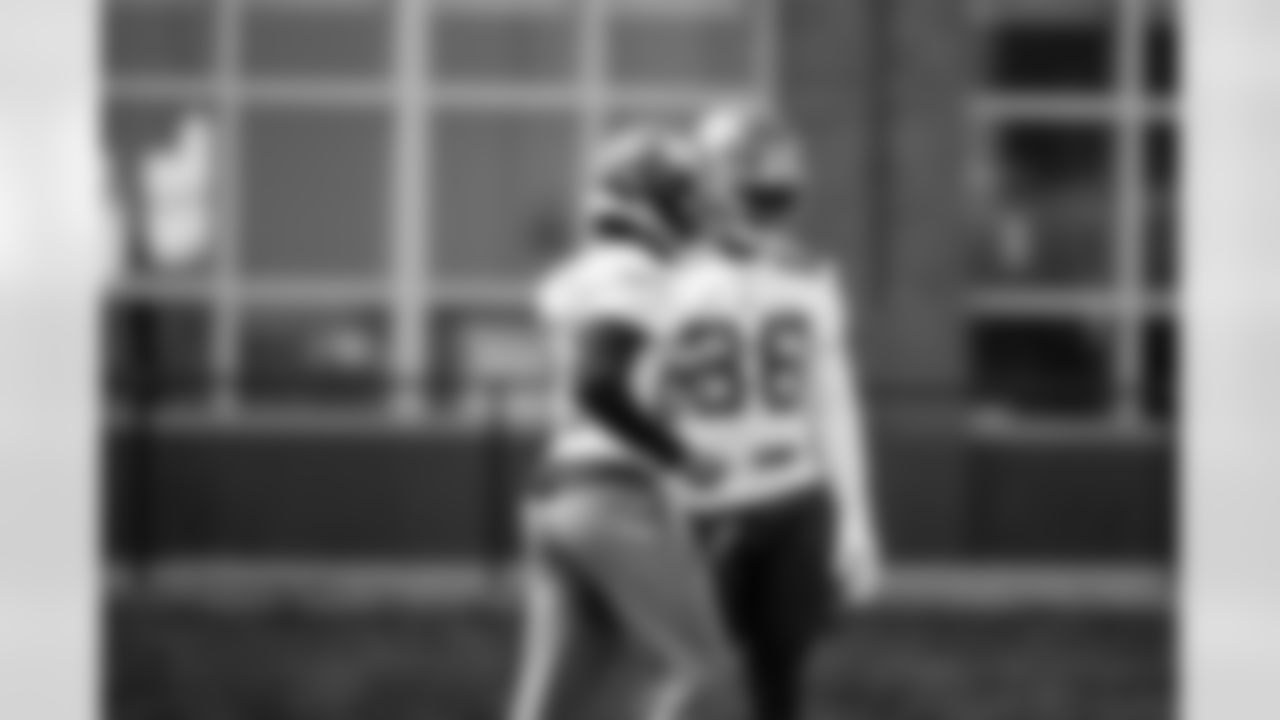
Adoree' Jackson (22), Deonte Banks (36)
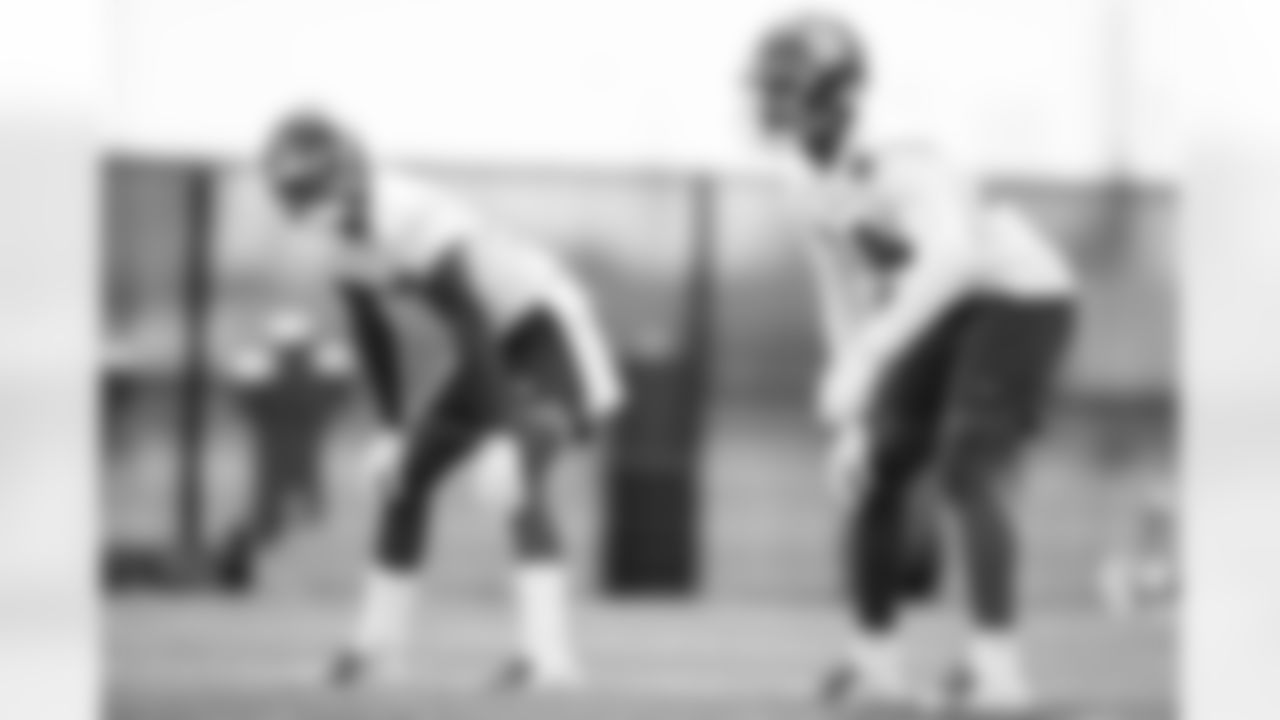
Dyontae Johnson (54)
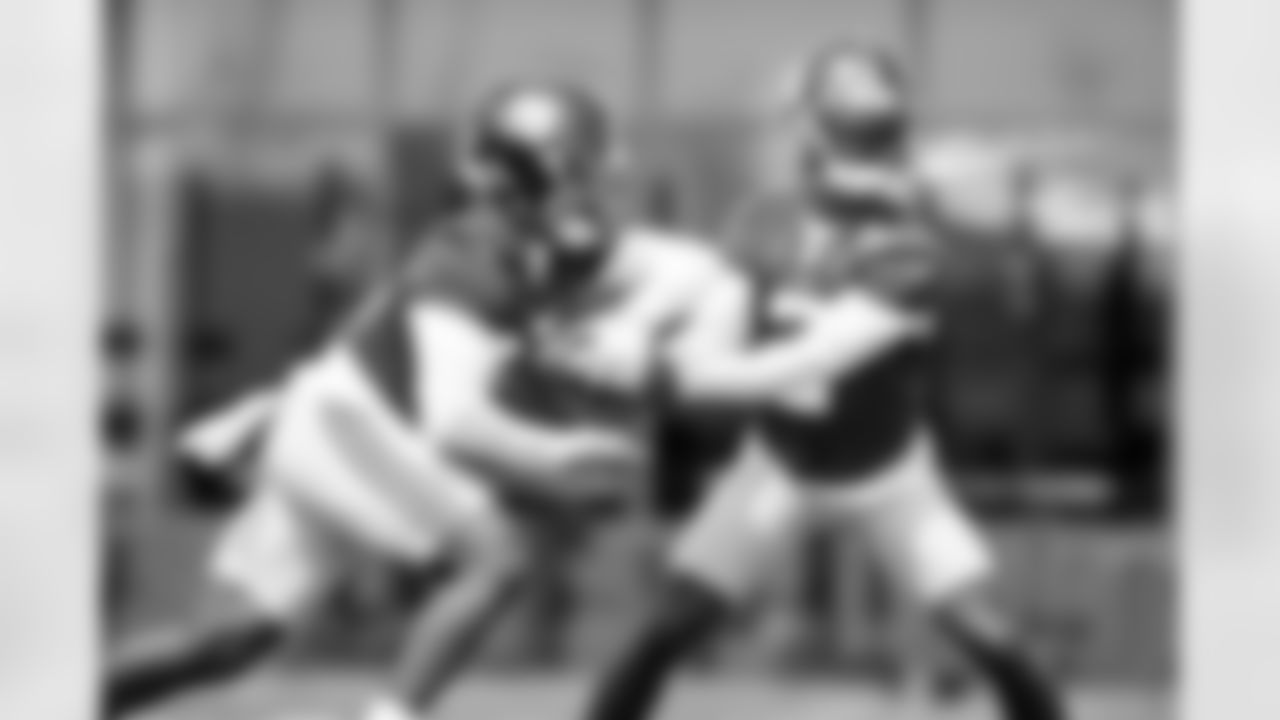
Jashaun Corbin (25), Tyrod Taylor (2)
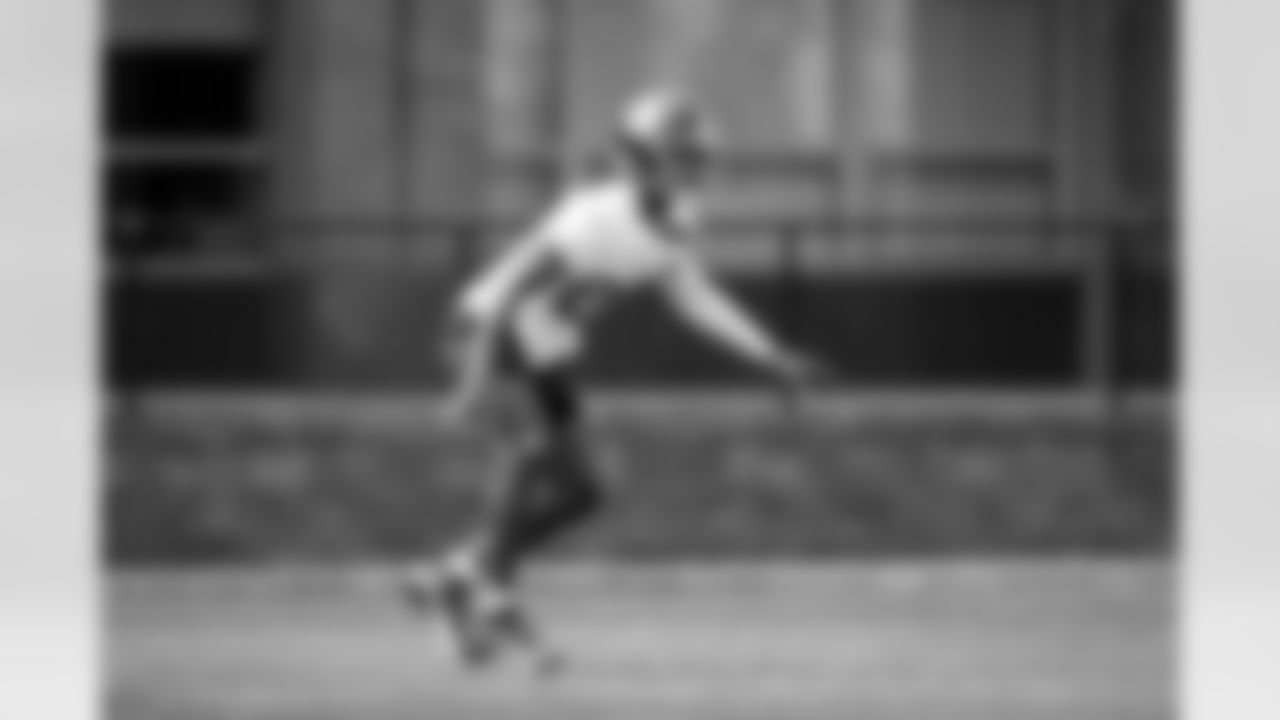
Amani Oruwariye (20)
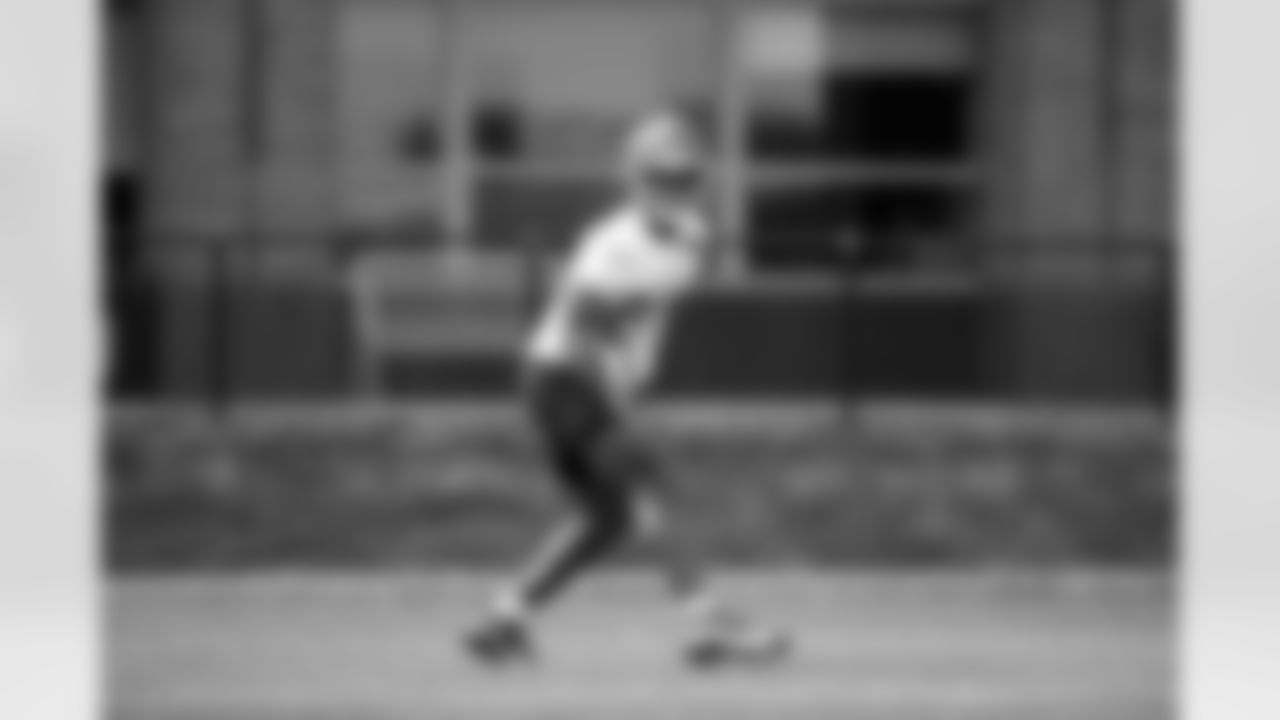
Amani Oruwariye (20)
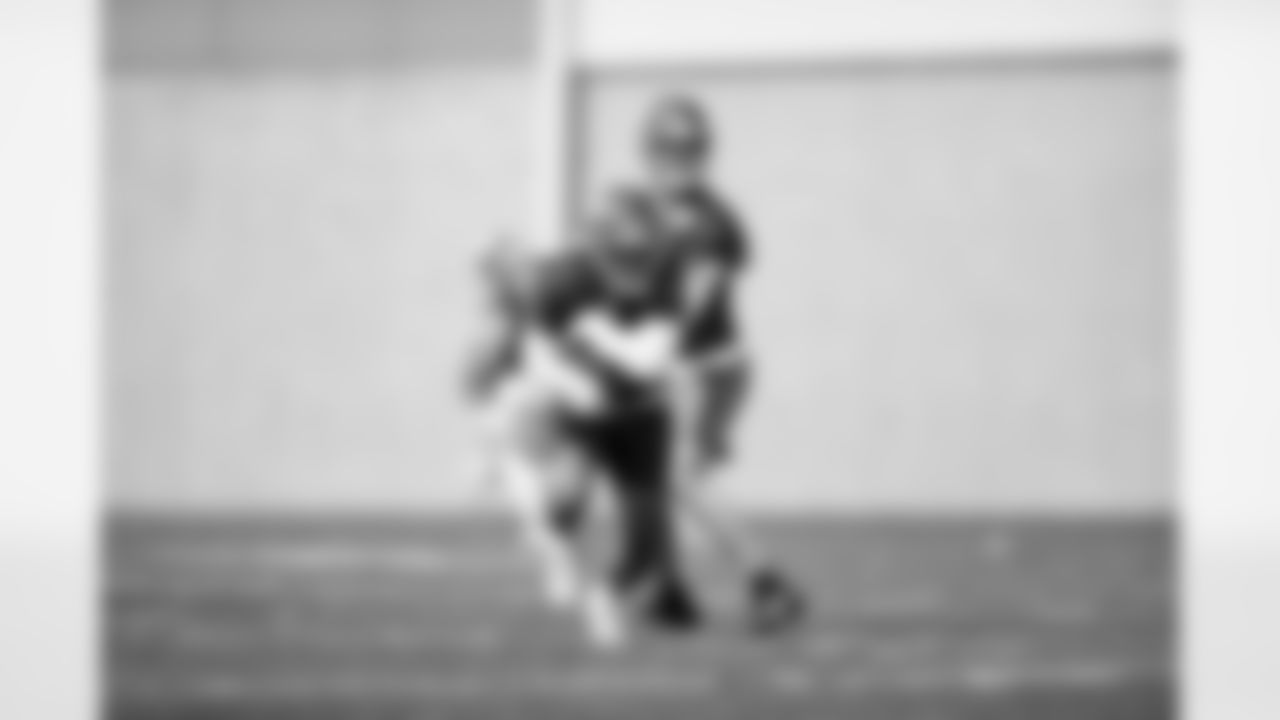
Gary Brightwell (23)
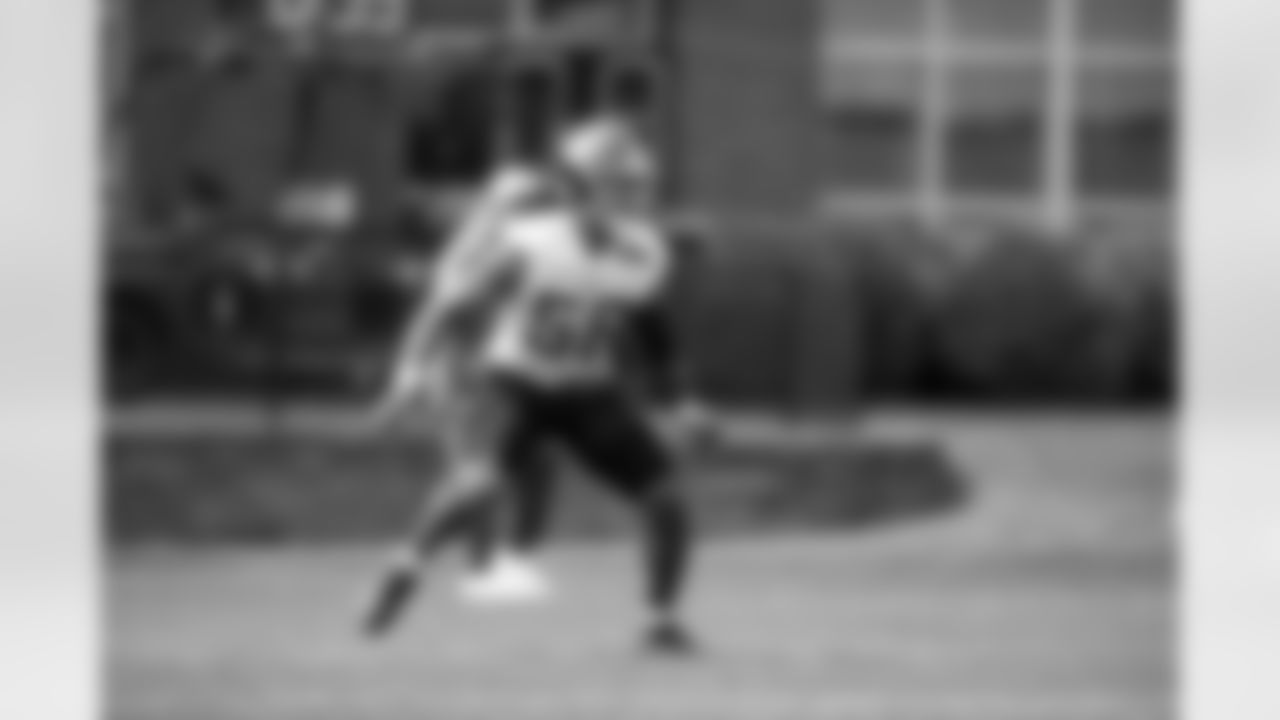
Bobby Okereke (58)
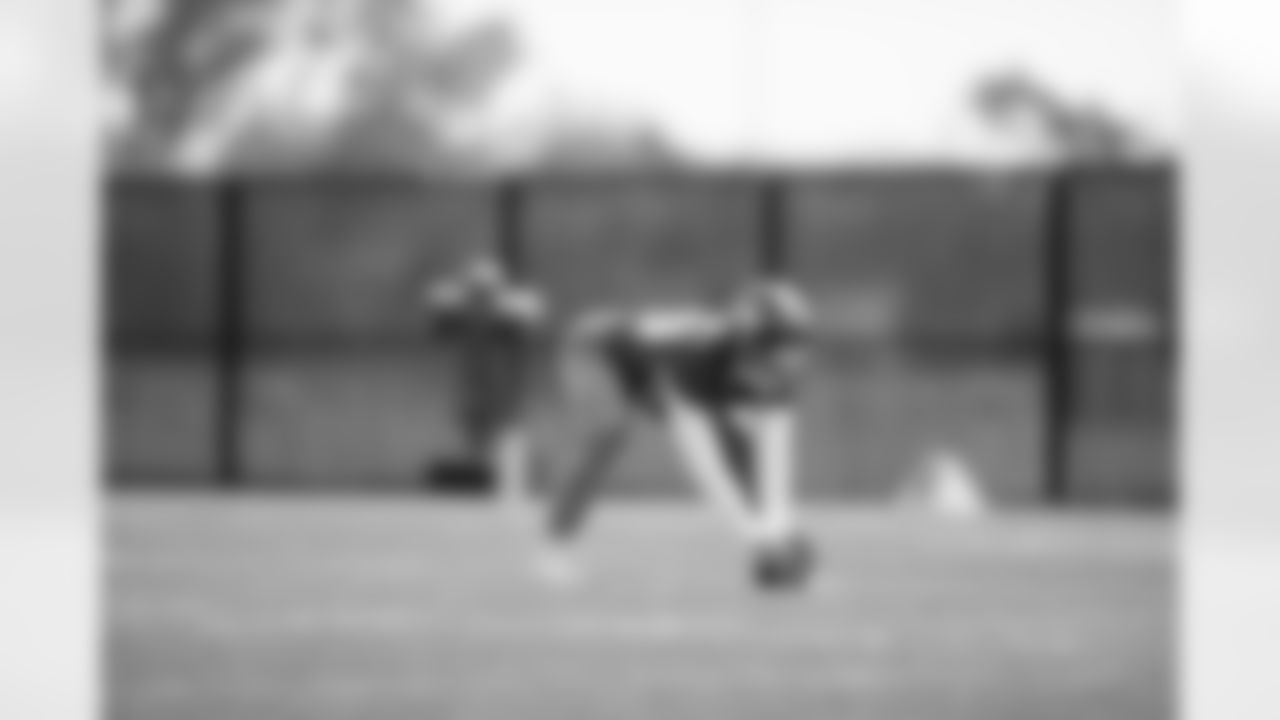
Casey Kreiter (59)
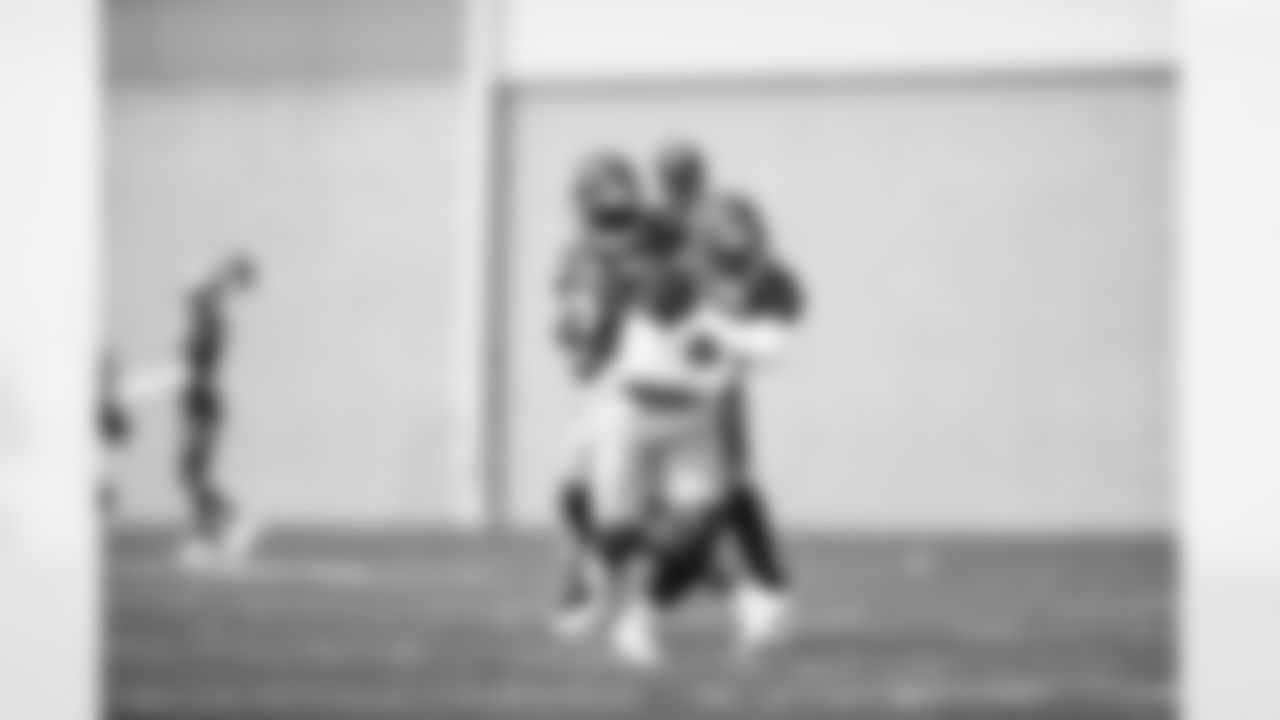
Jashaun Corbin (25)
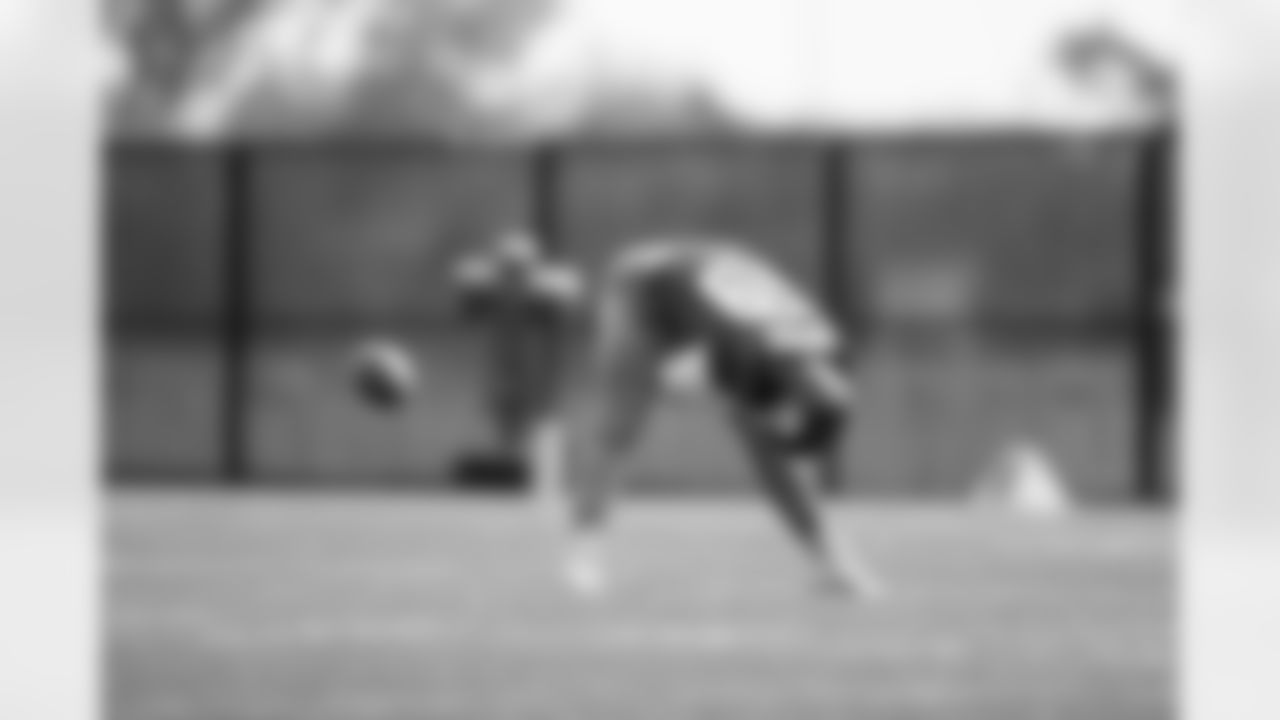
Casey Kreiter (59)
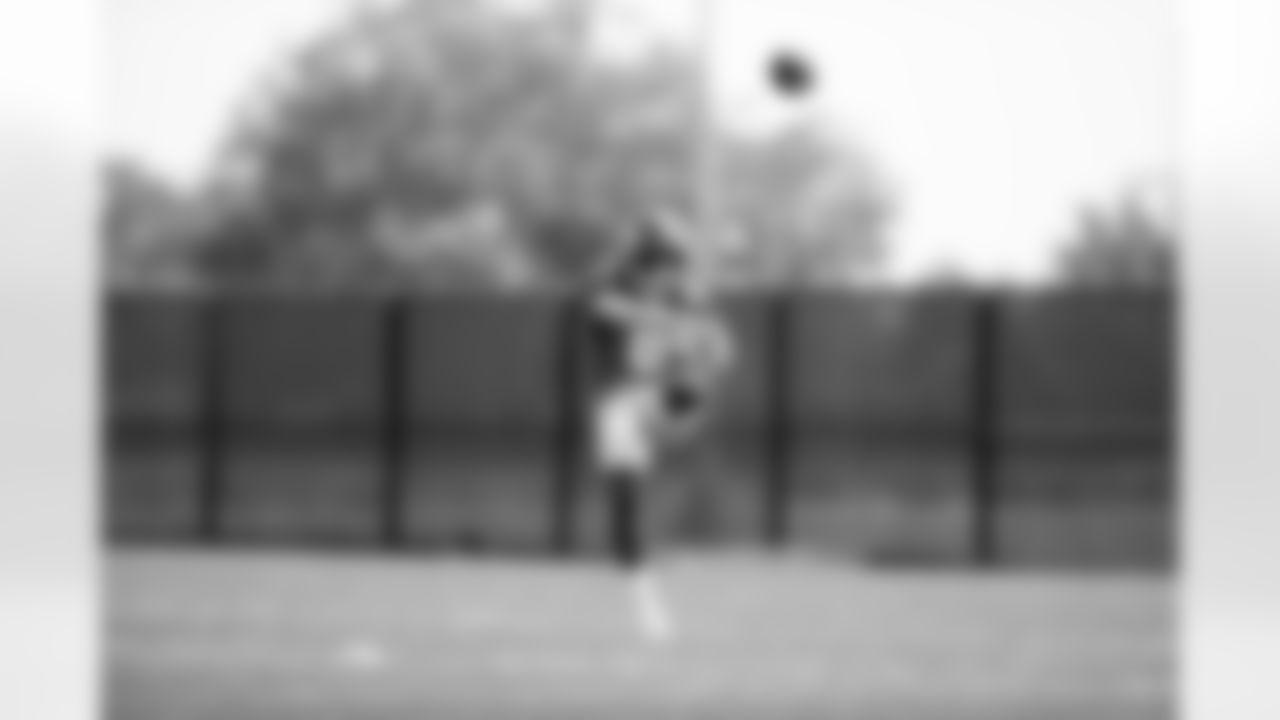
Jamie Gillan (6)
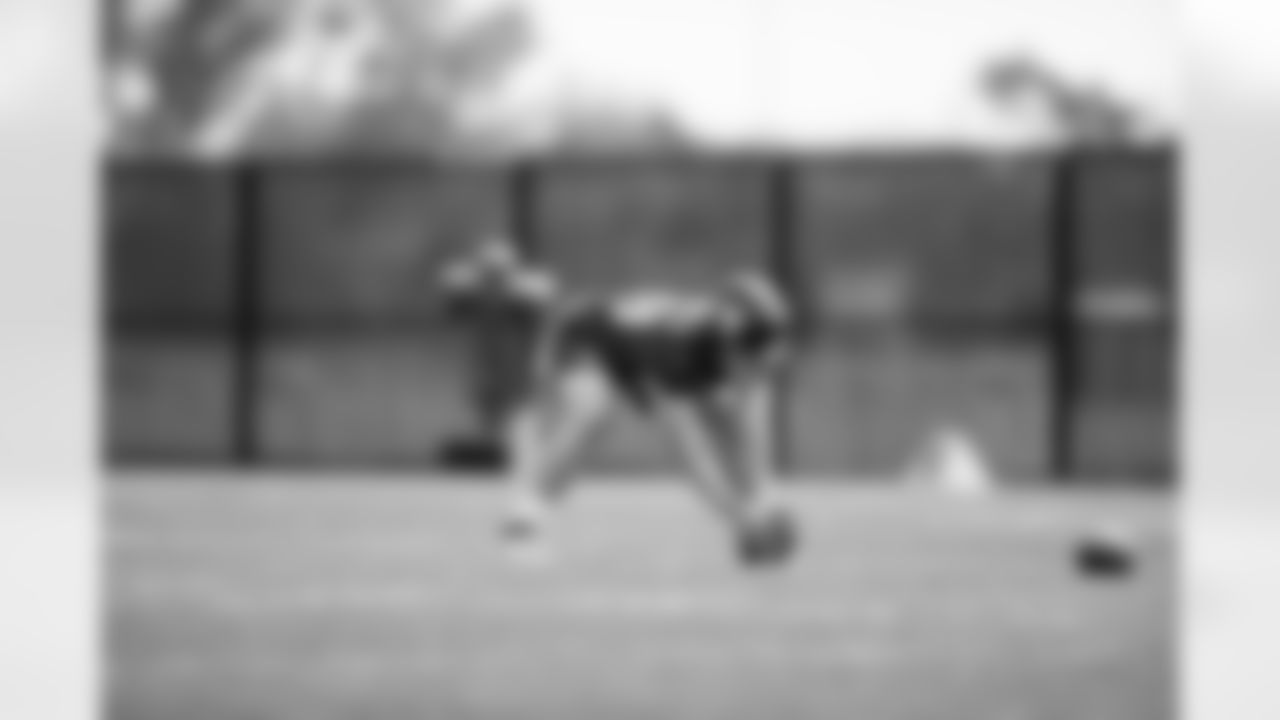
Cameron Lyons (48)
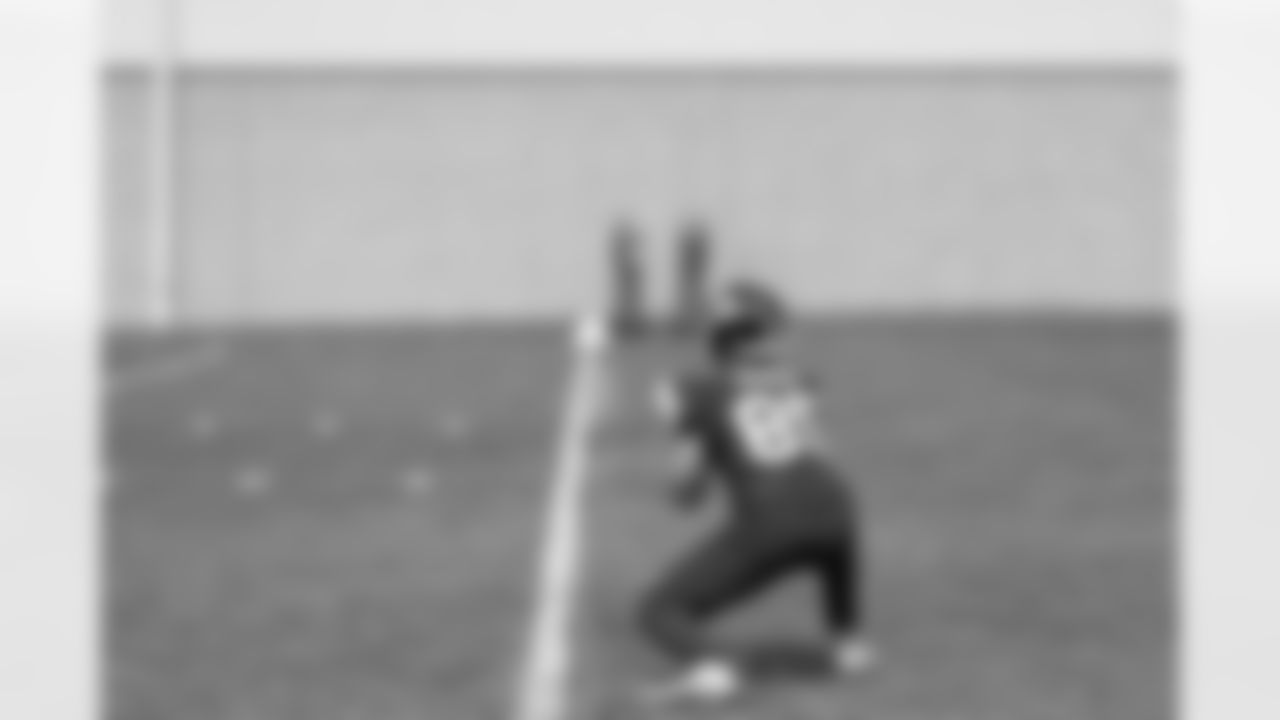
Chris Myarick (85)
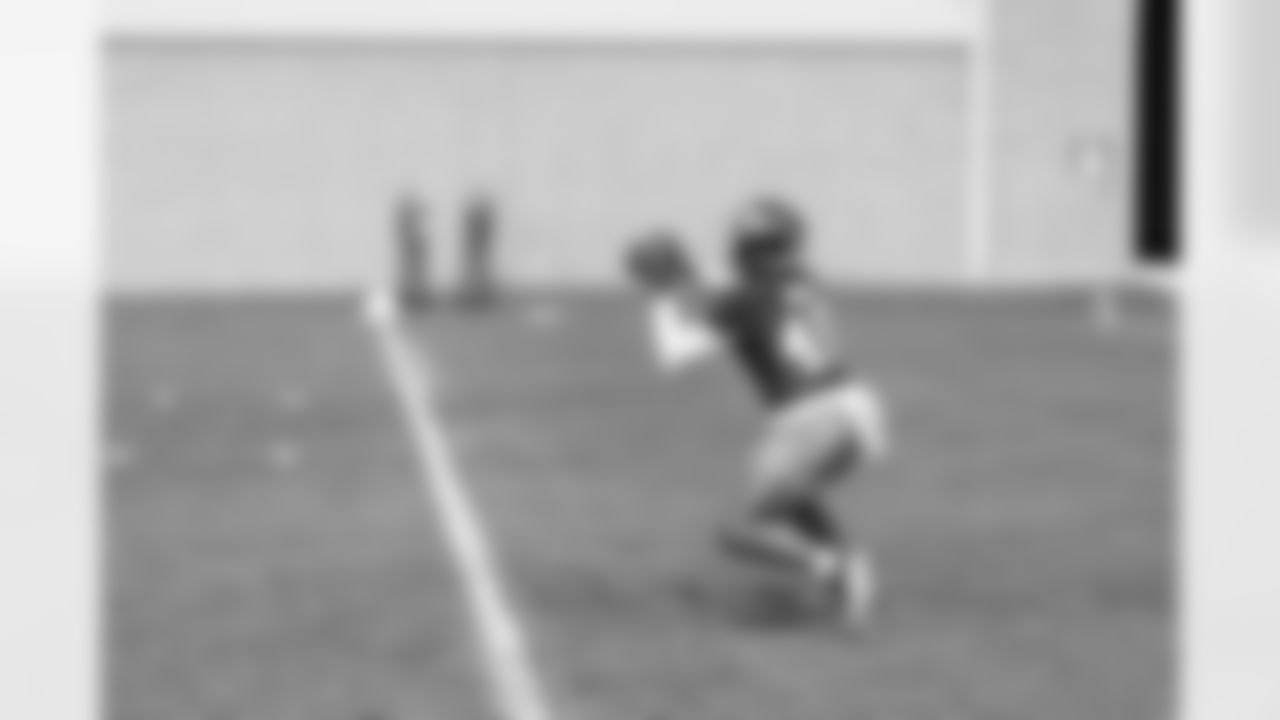
Ryan Jones (49)
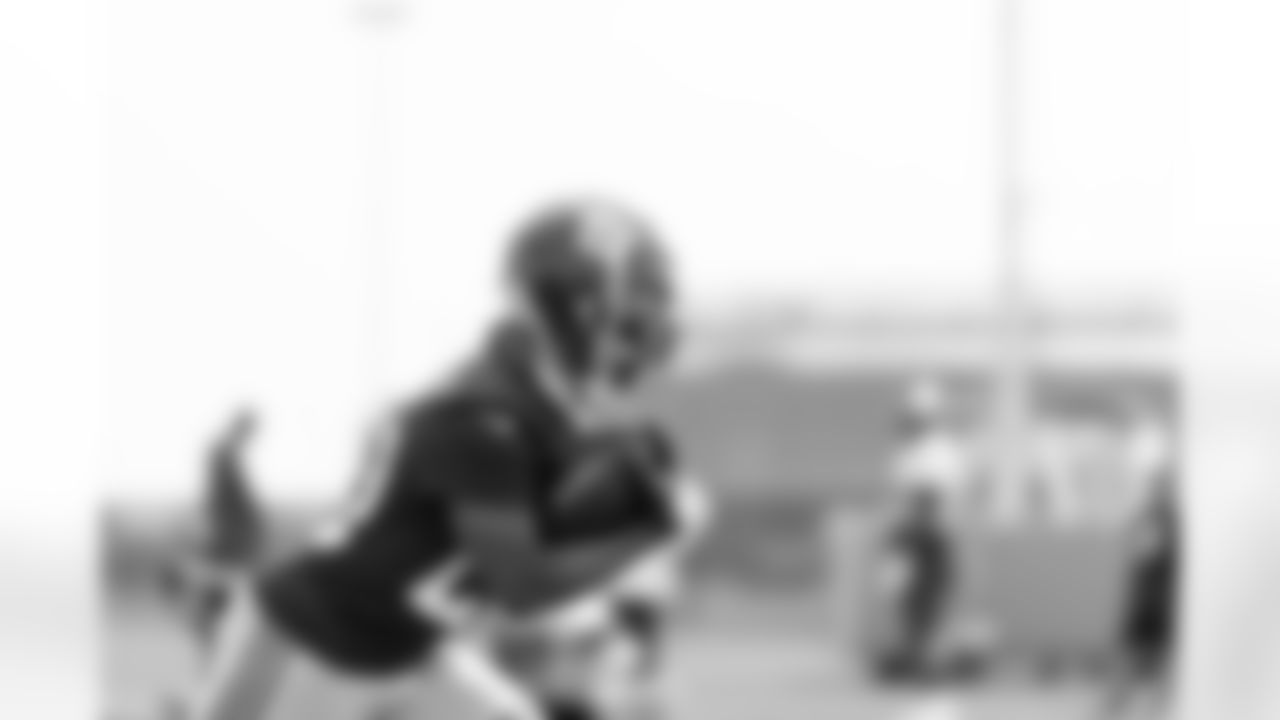
Eric Gray (20)
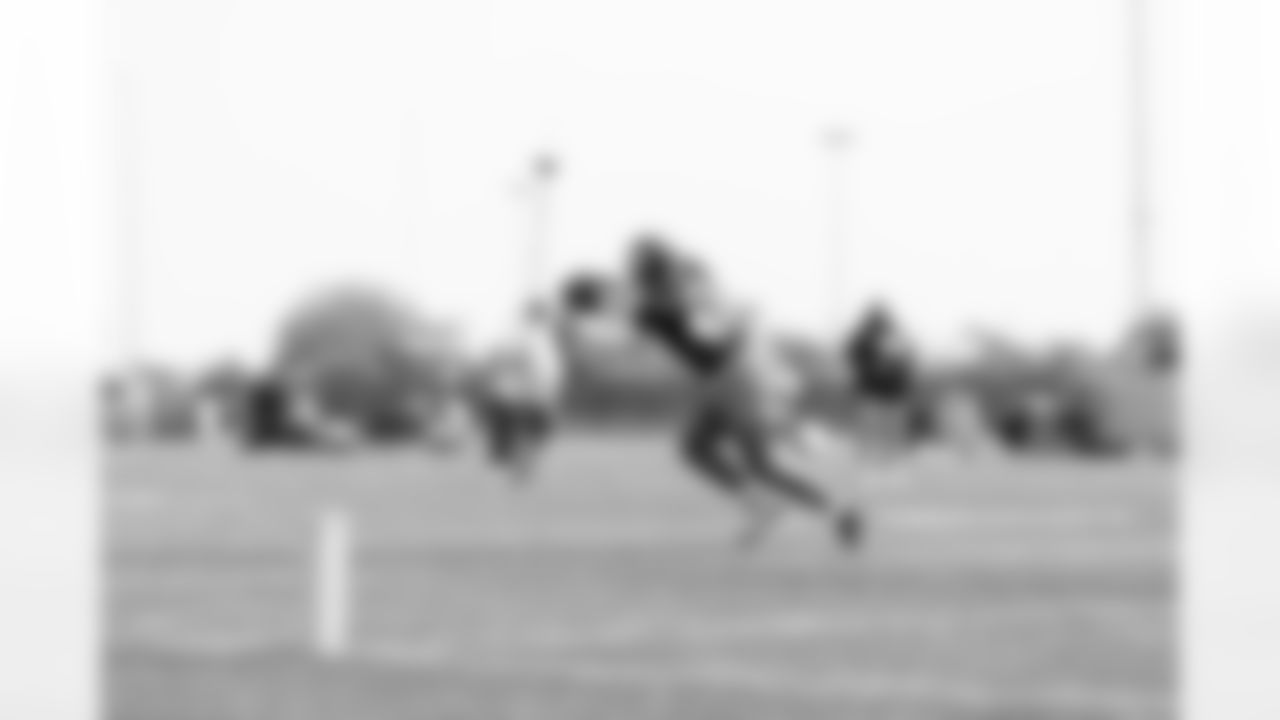
Ryan Jones (49)
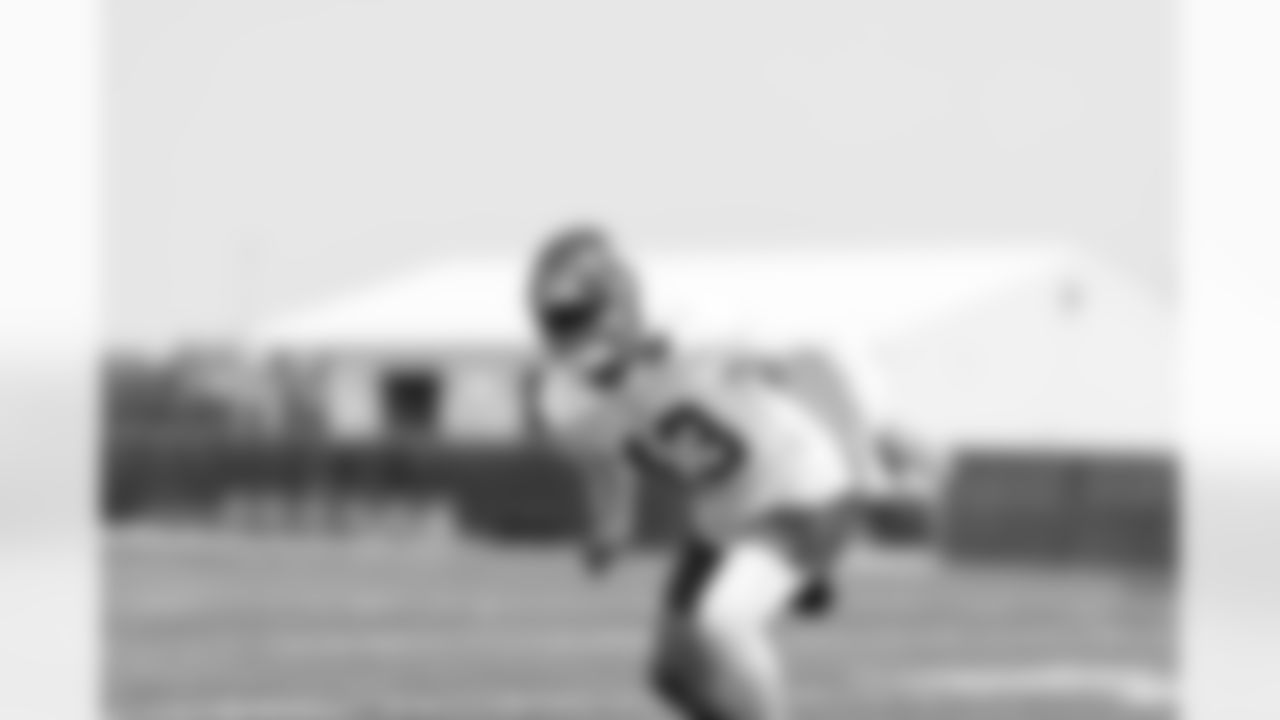
Darrian Beavers (43)
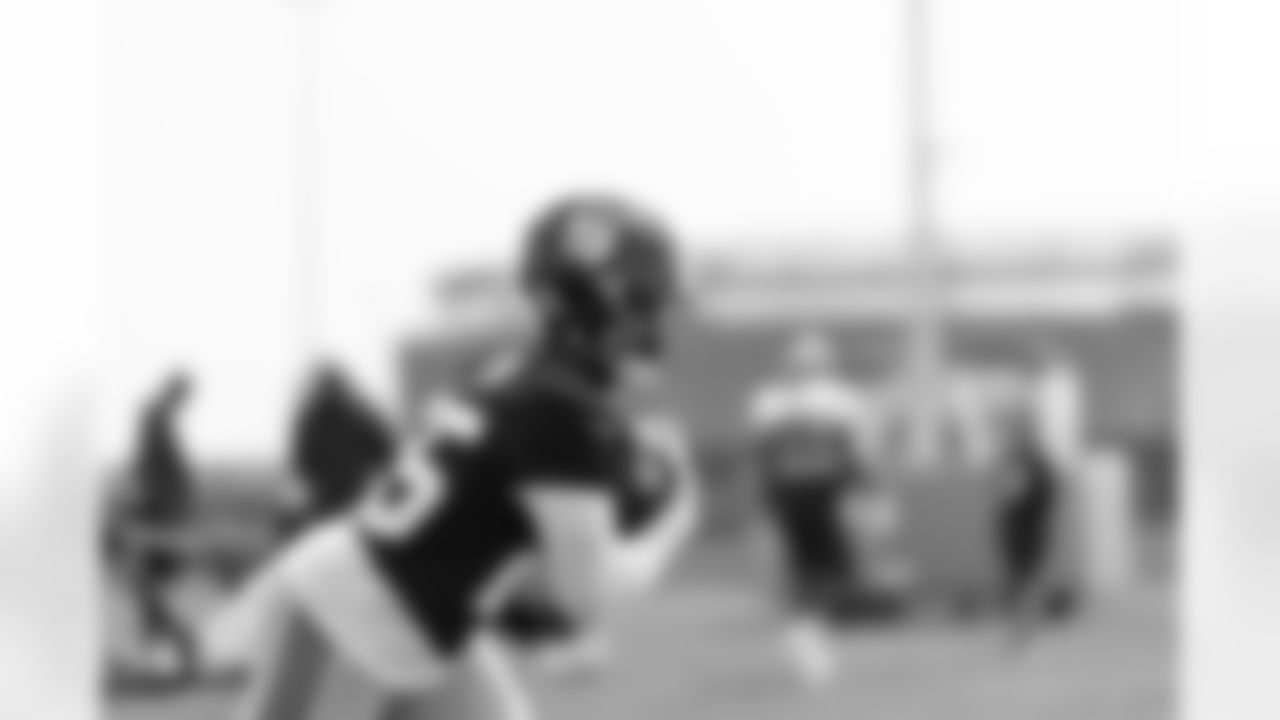
Jashaun Corbin (25)
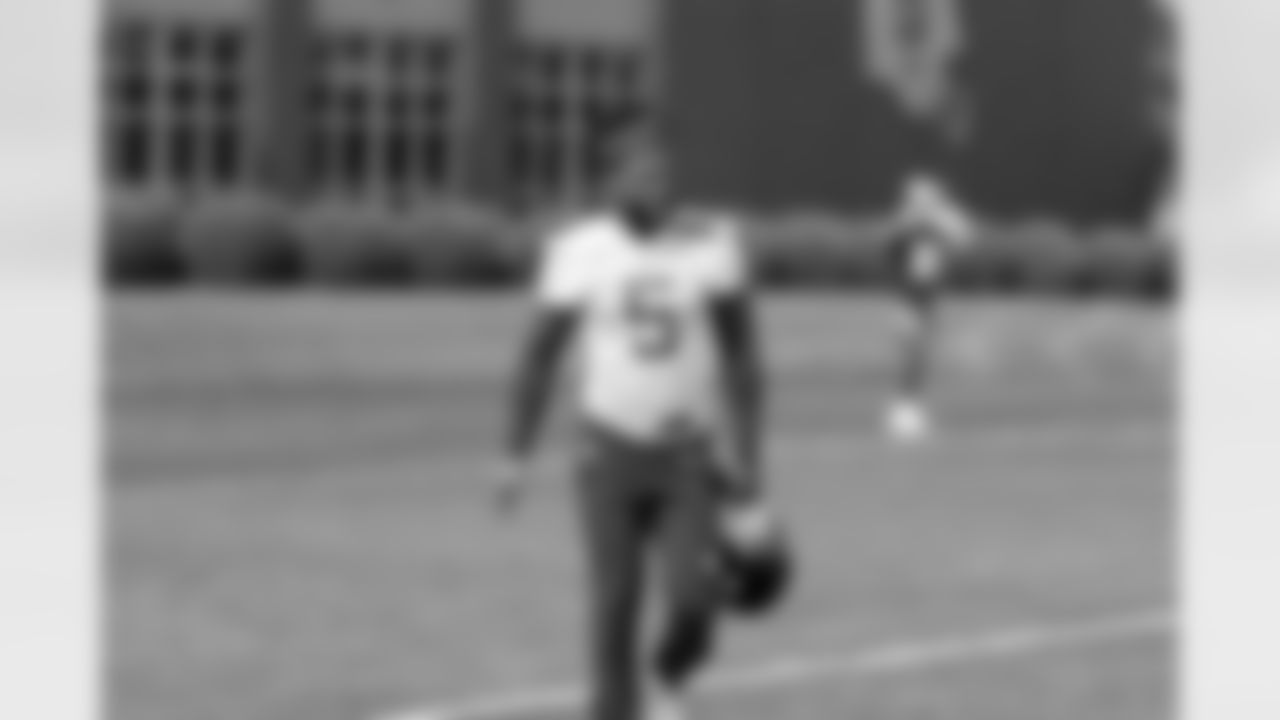
Kayvon Thibodeaux (5)
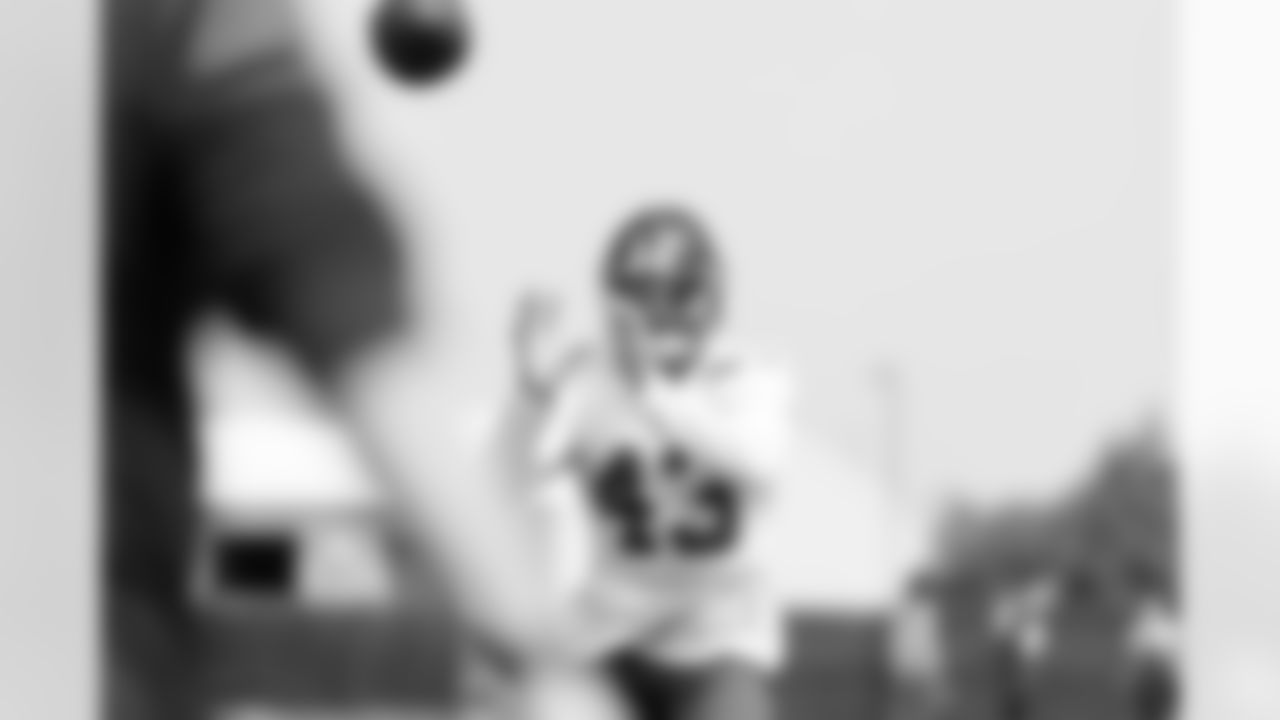
Darrian Beavers (43)
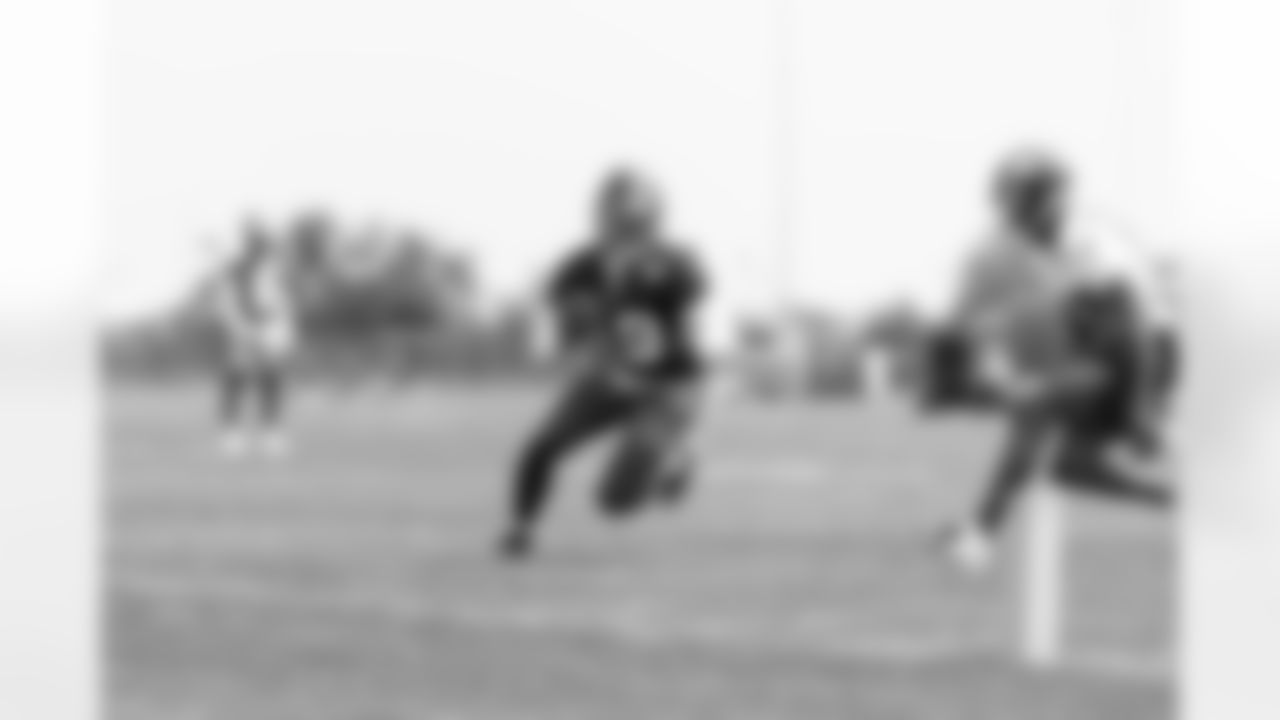
Ryan Jones (49)
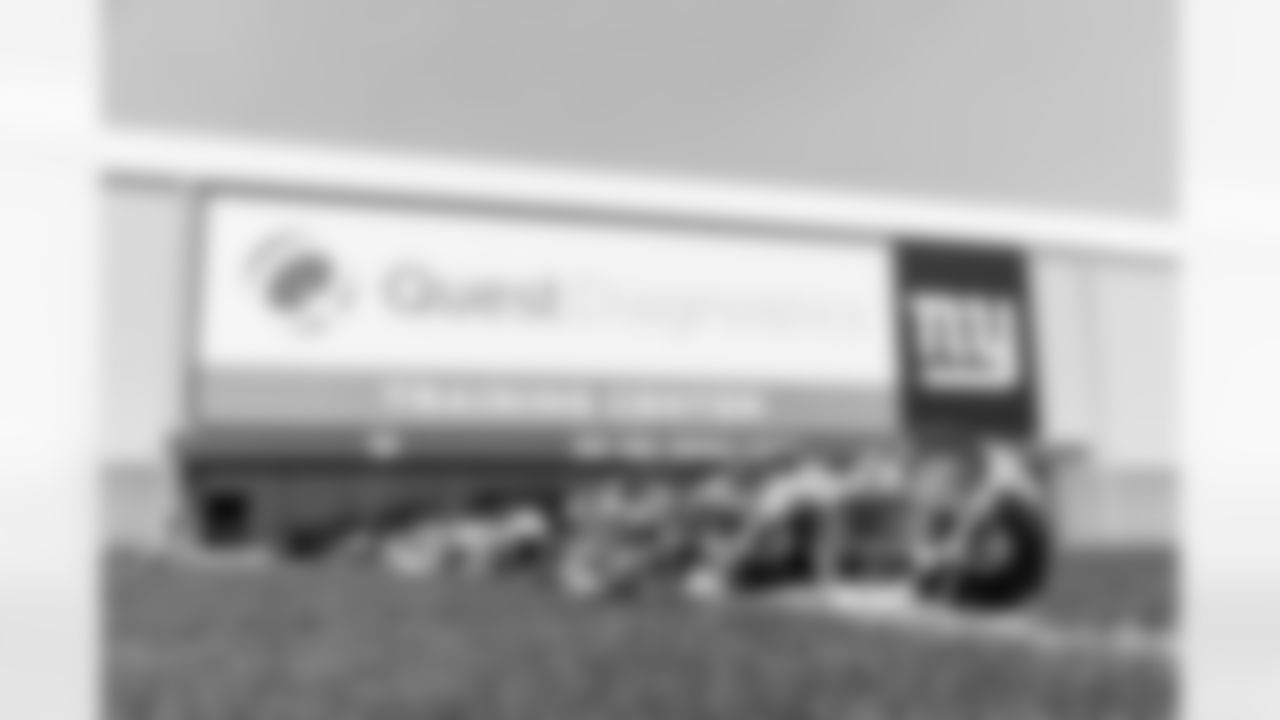

Jason Pinnock (27)
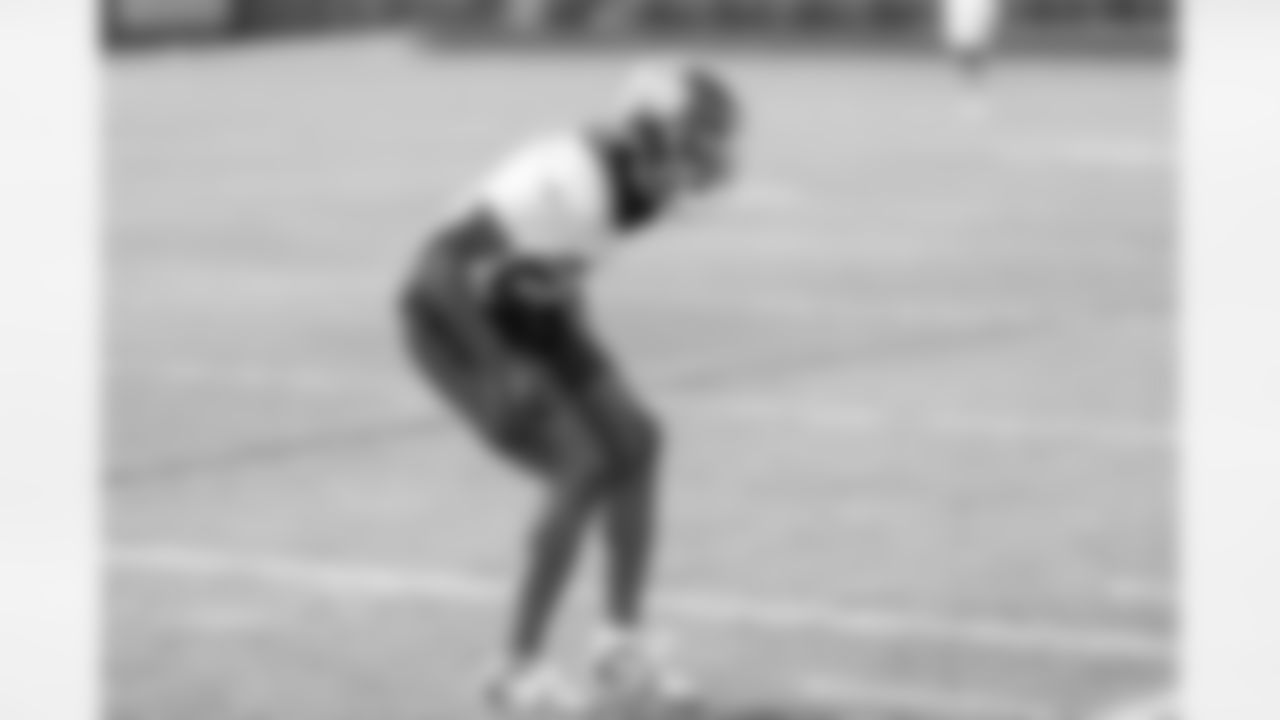
Jason Pinnock (27)

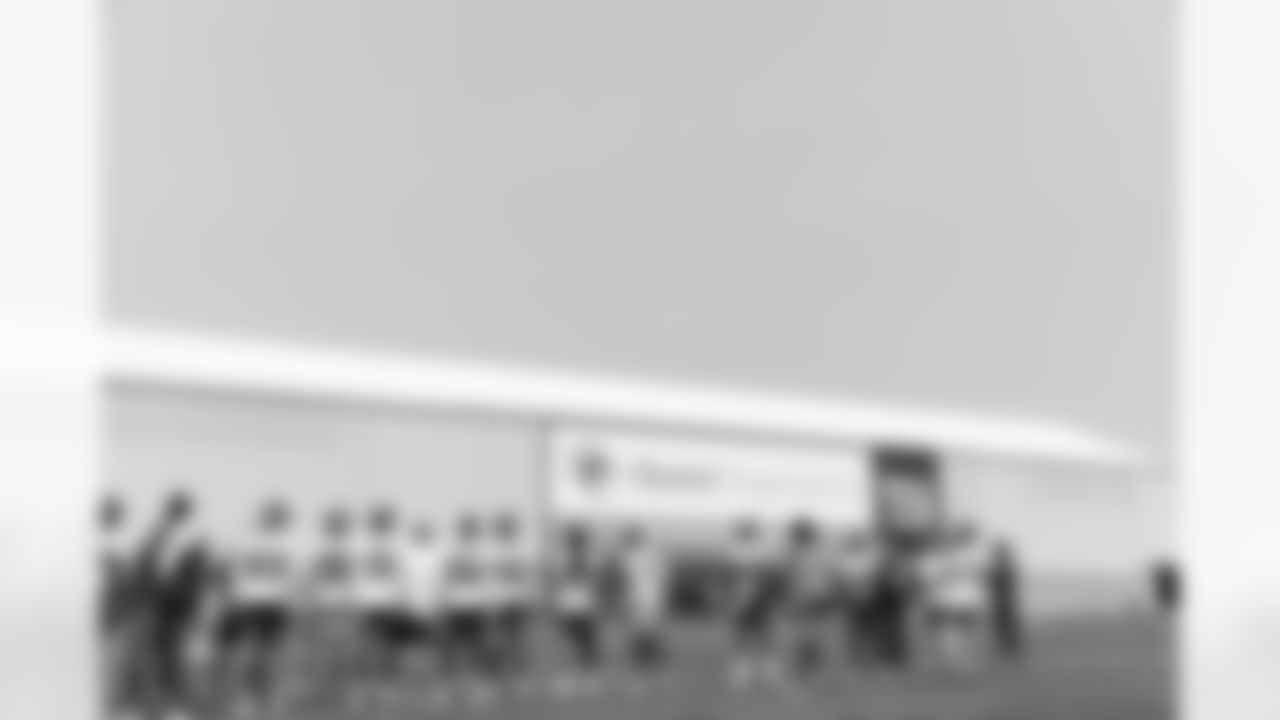
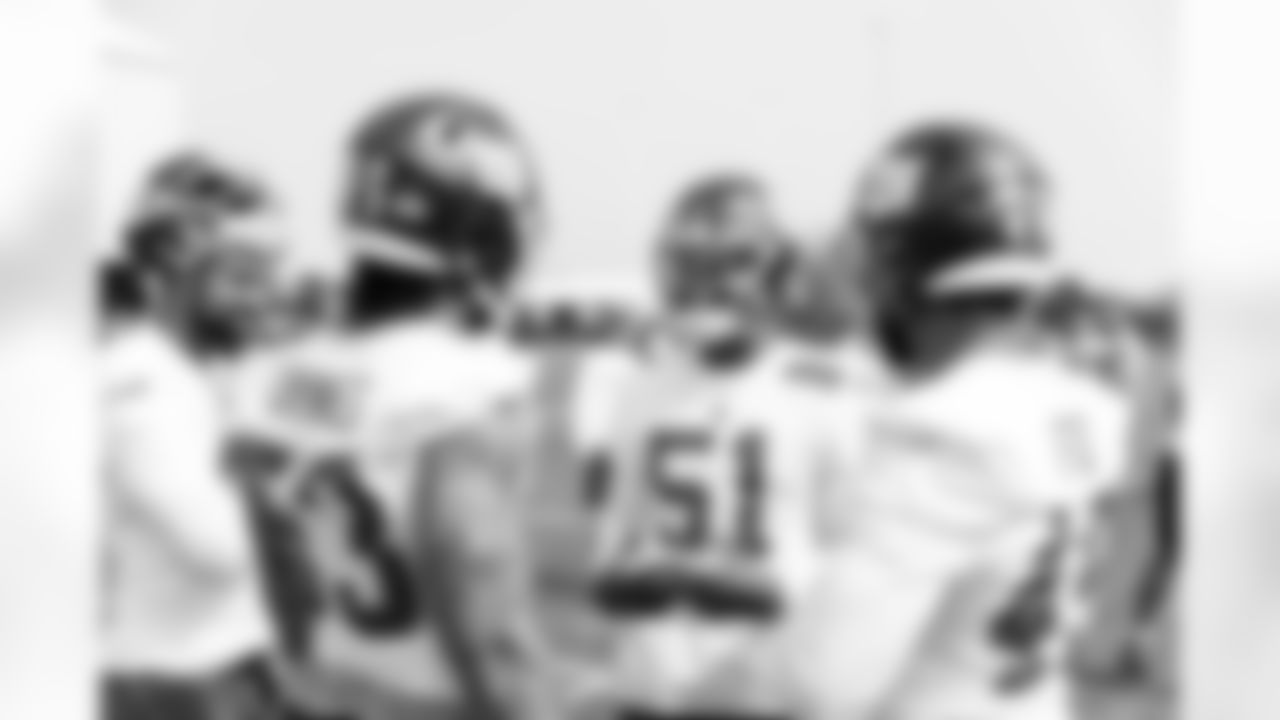
Oshane Ximines (53), Azeez Ojulari (51), Tomon Fox (49)
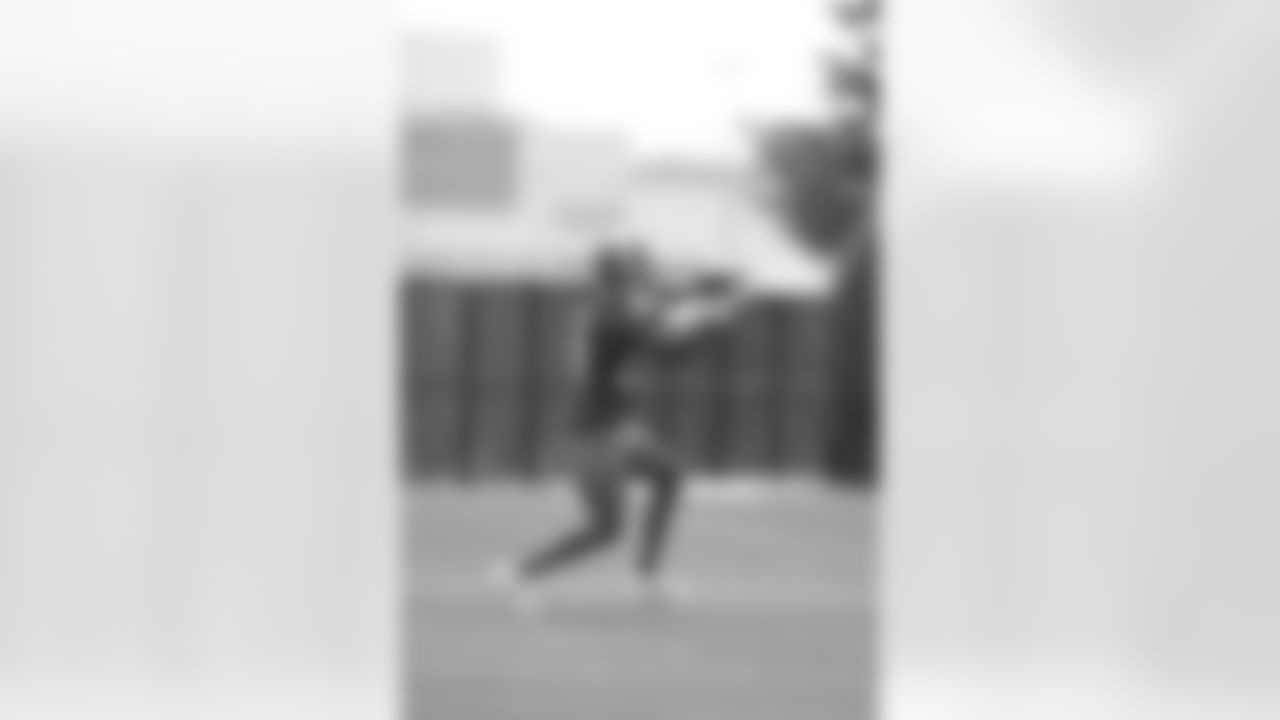
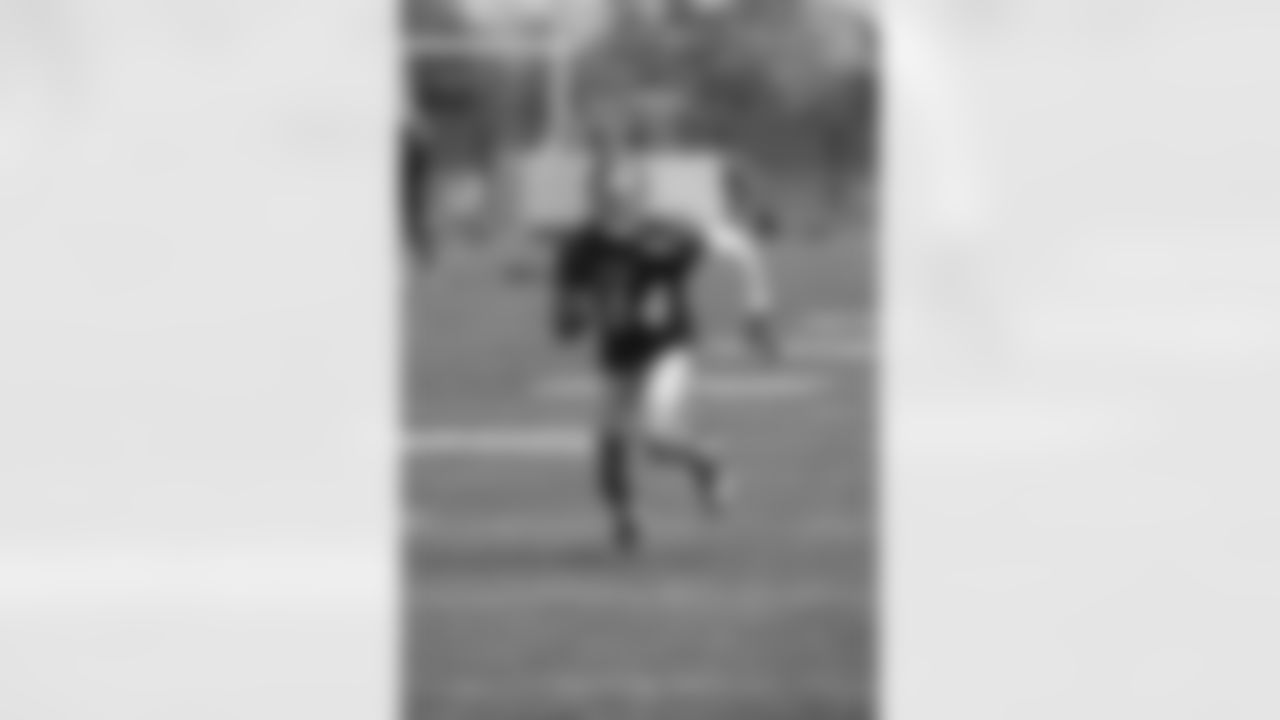
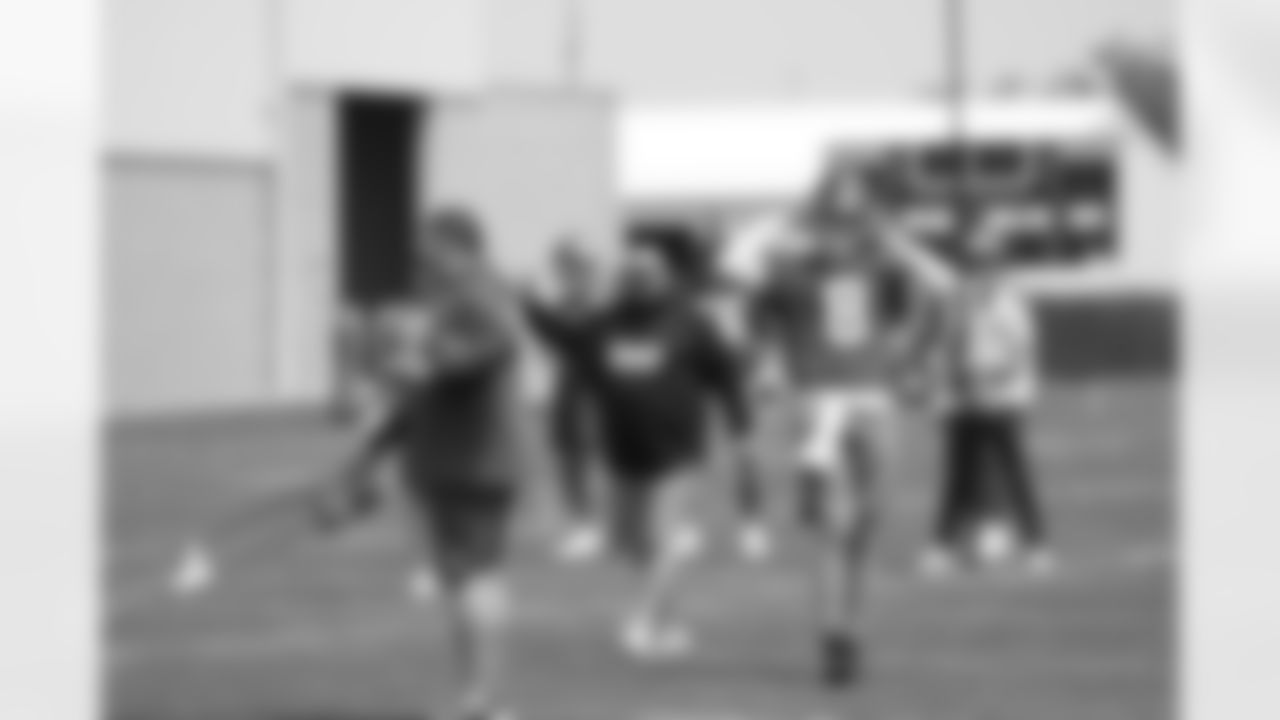
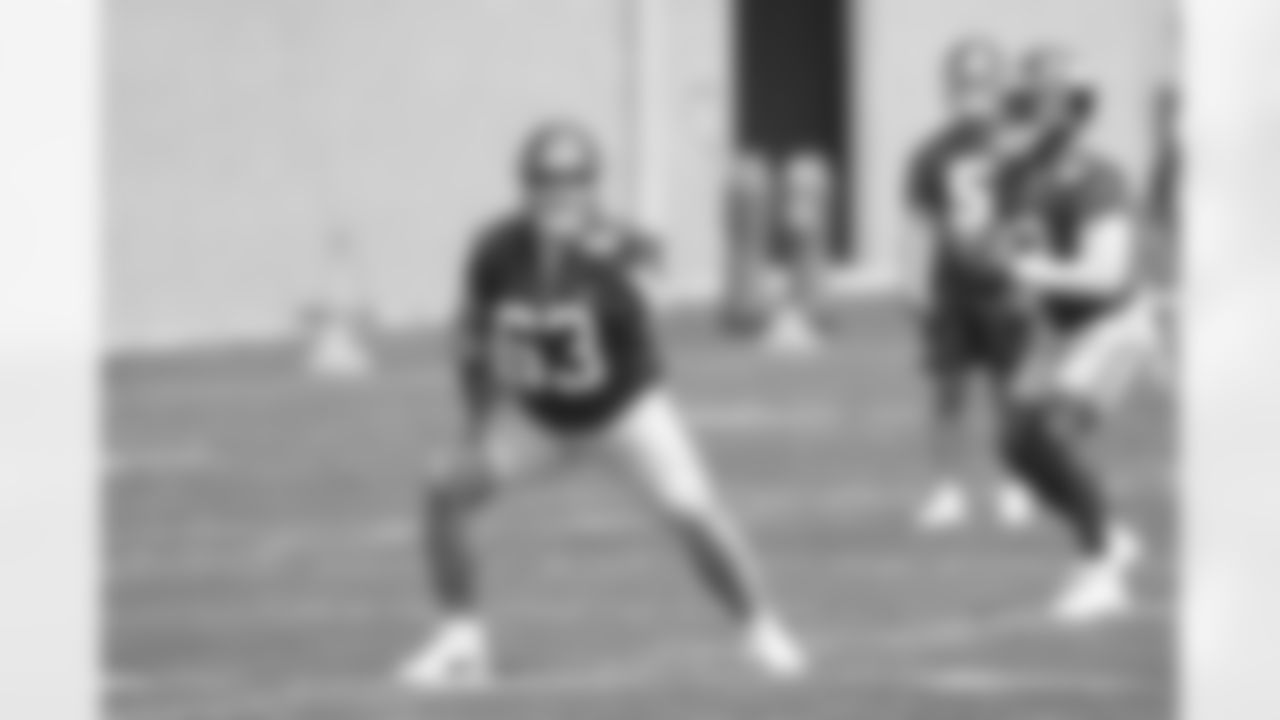

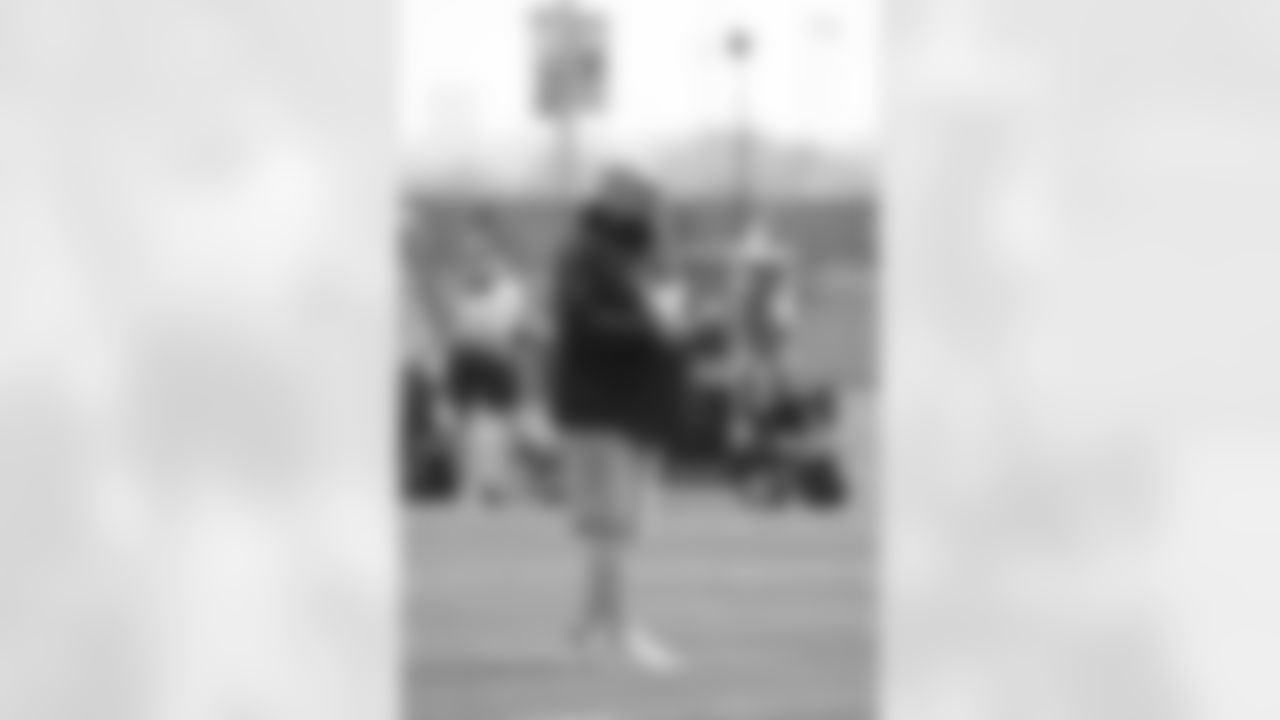
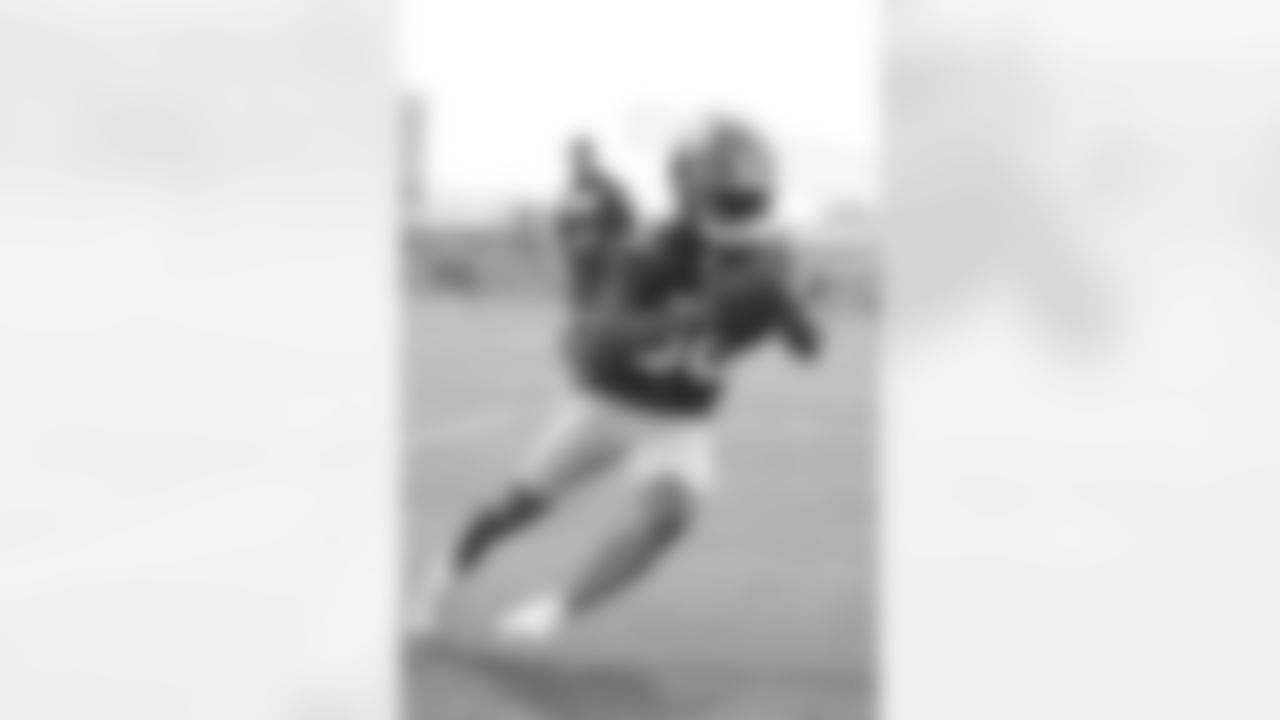
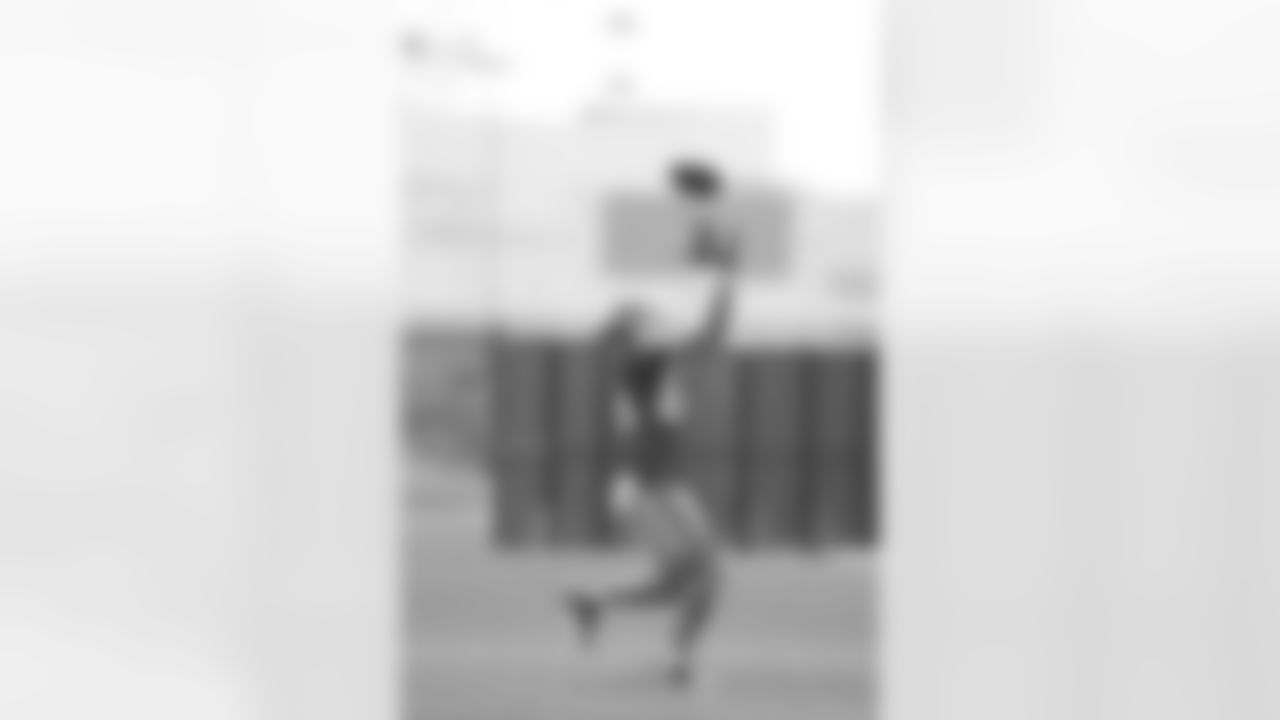

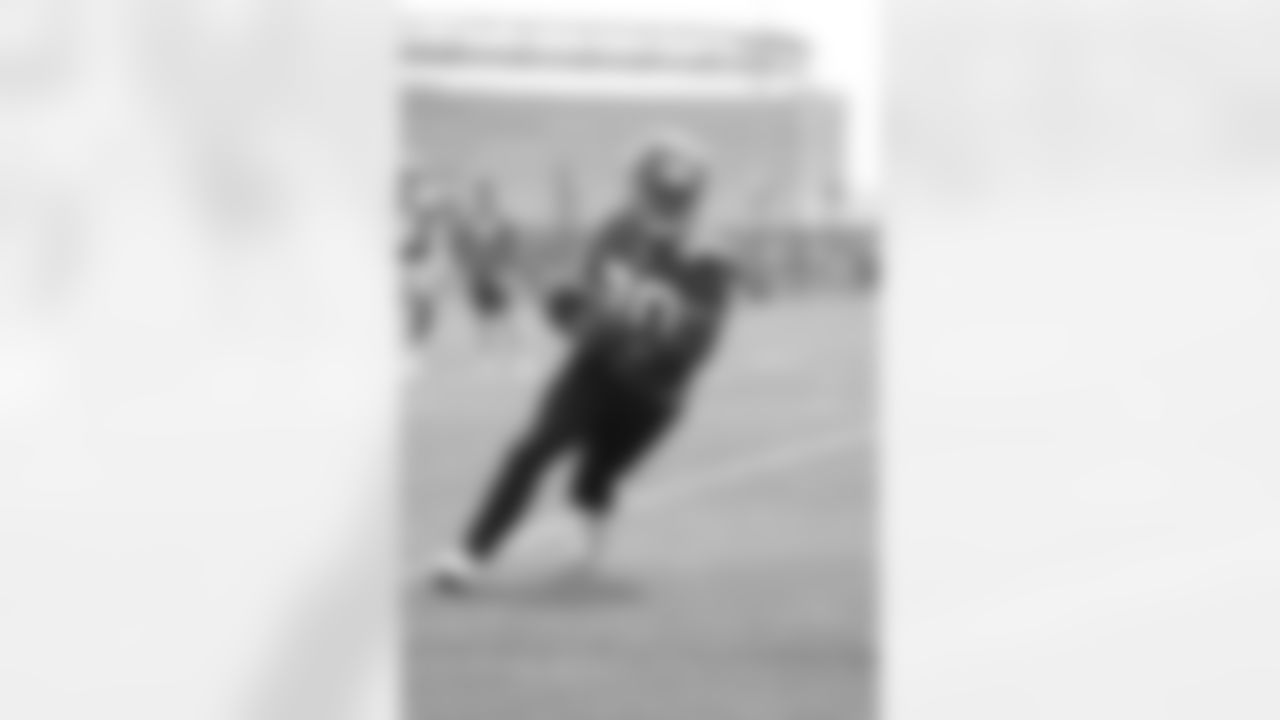
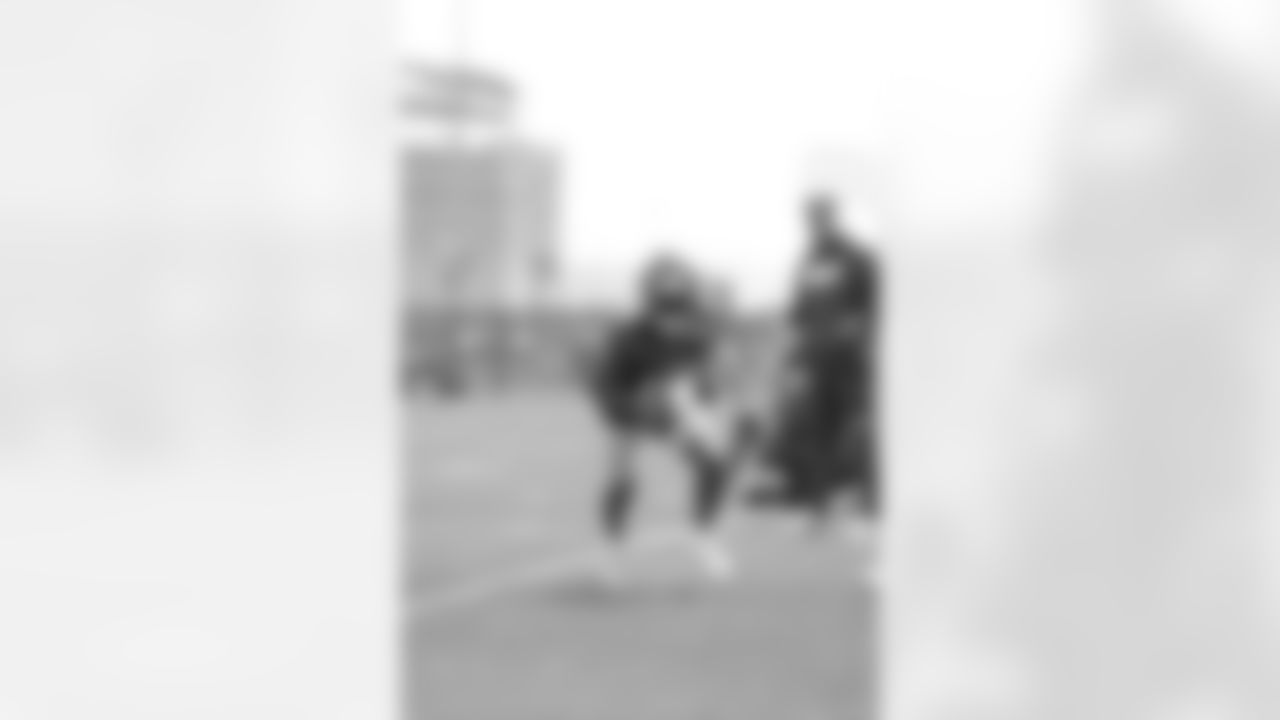
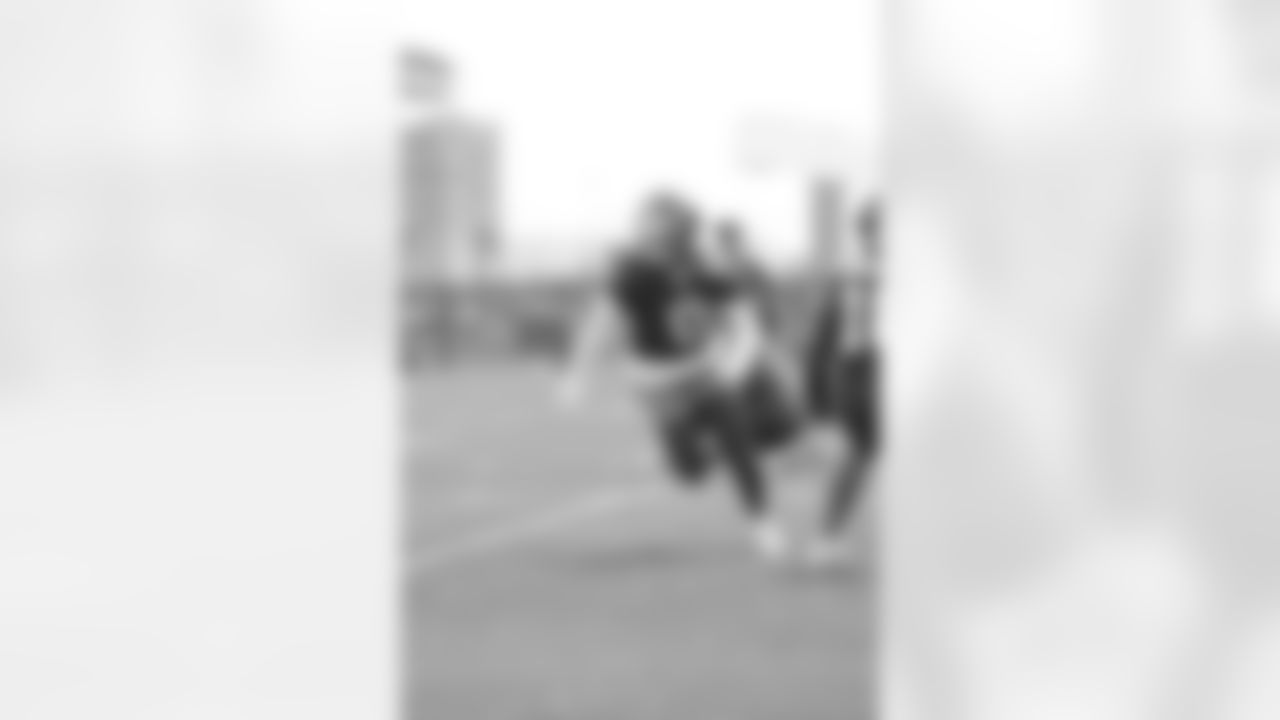
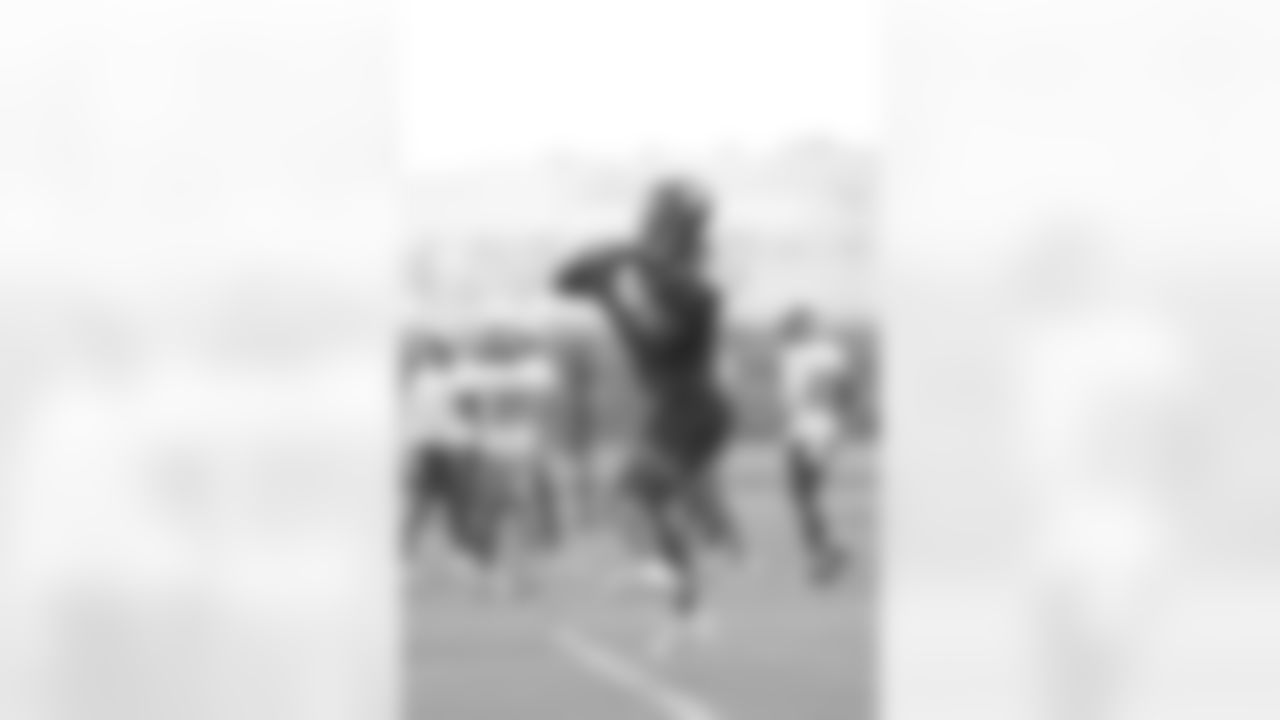

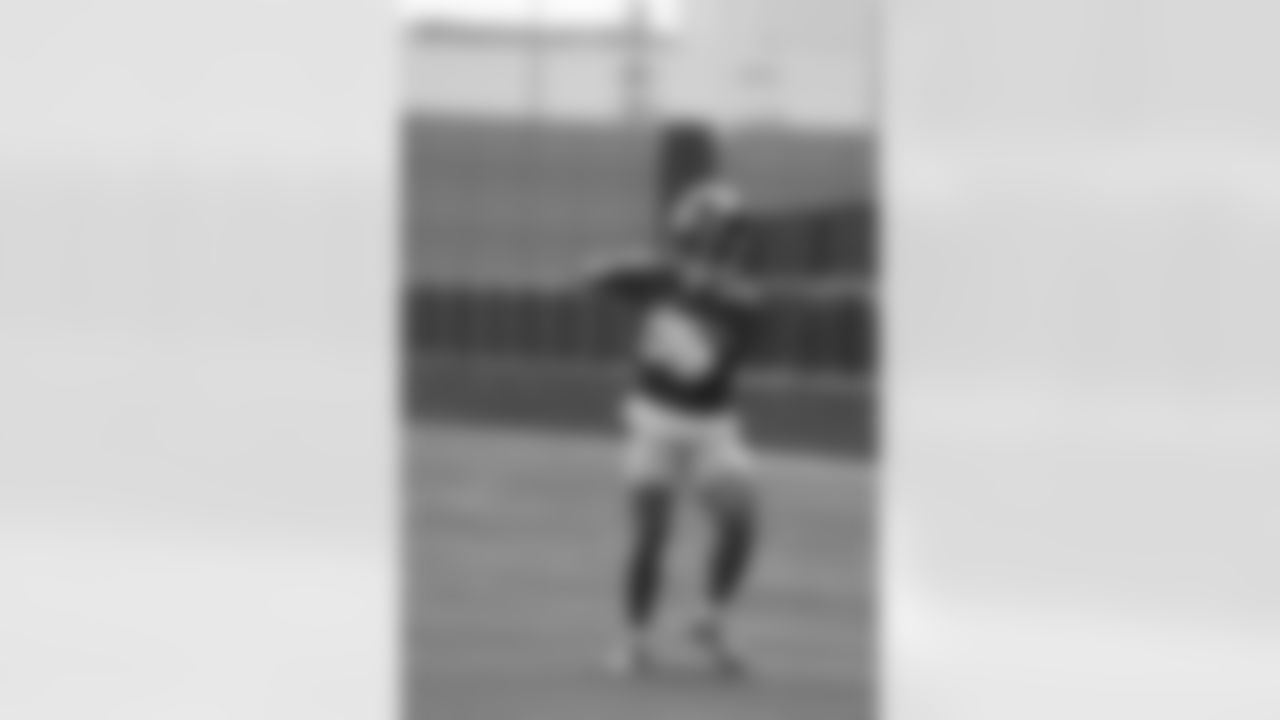
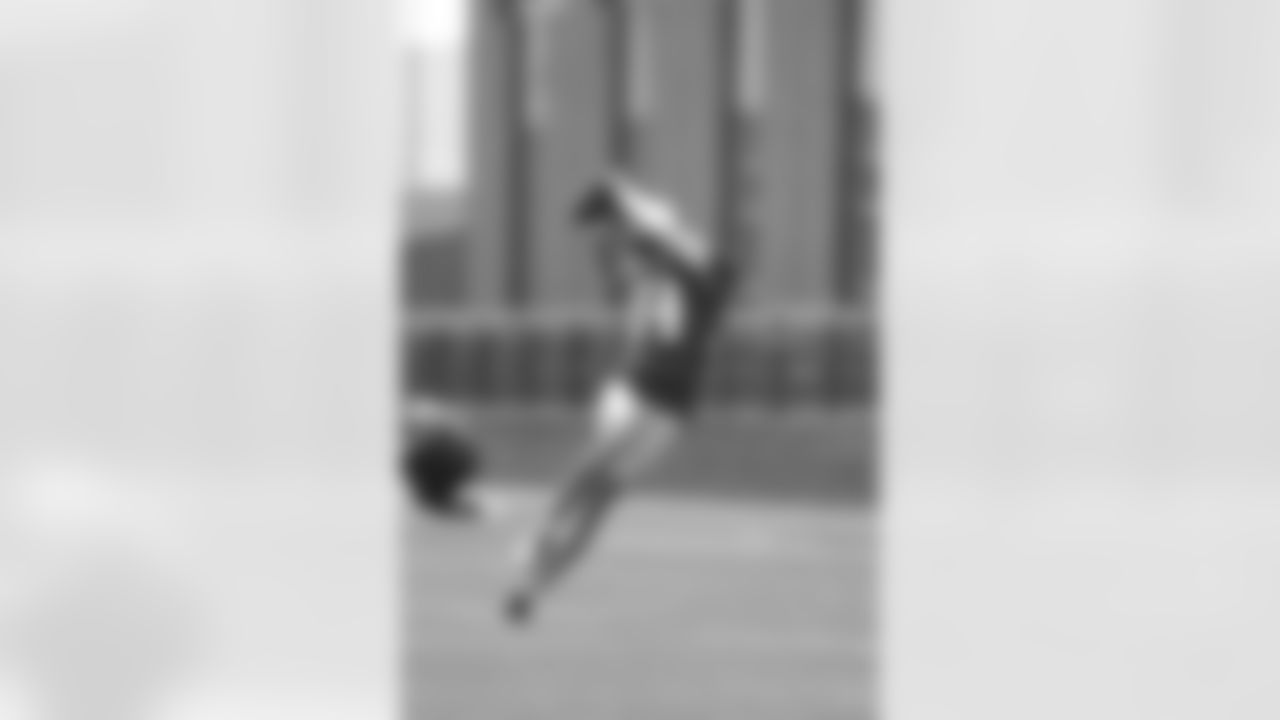
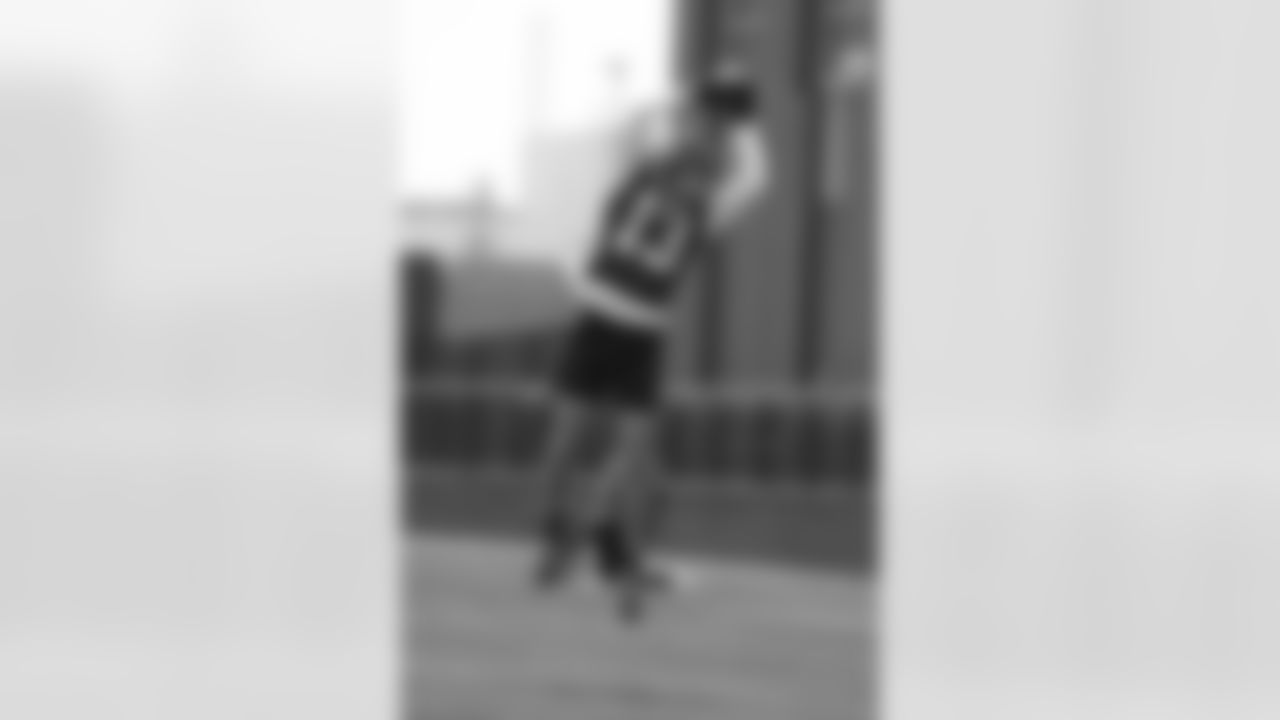
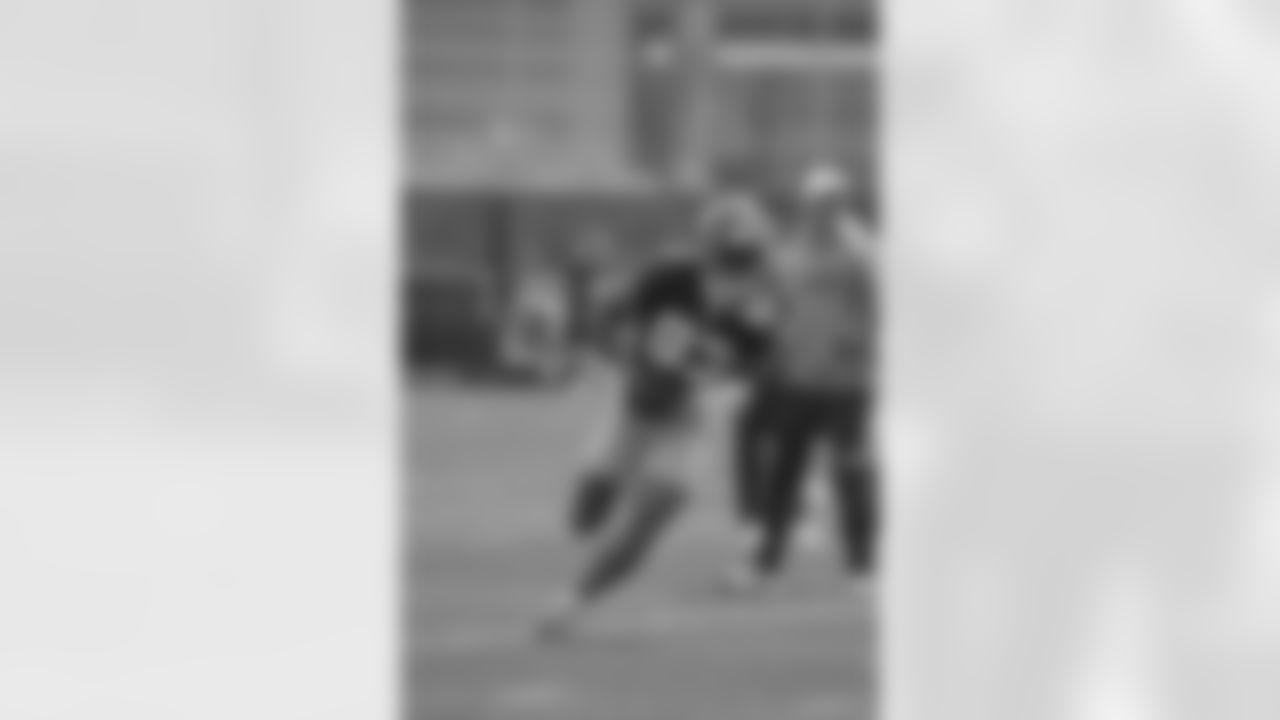
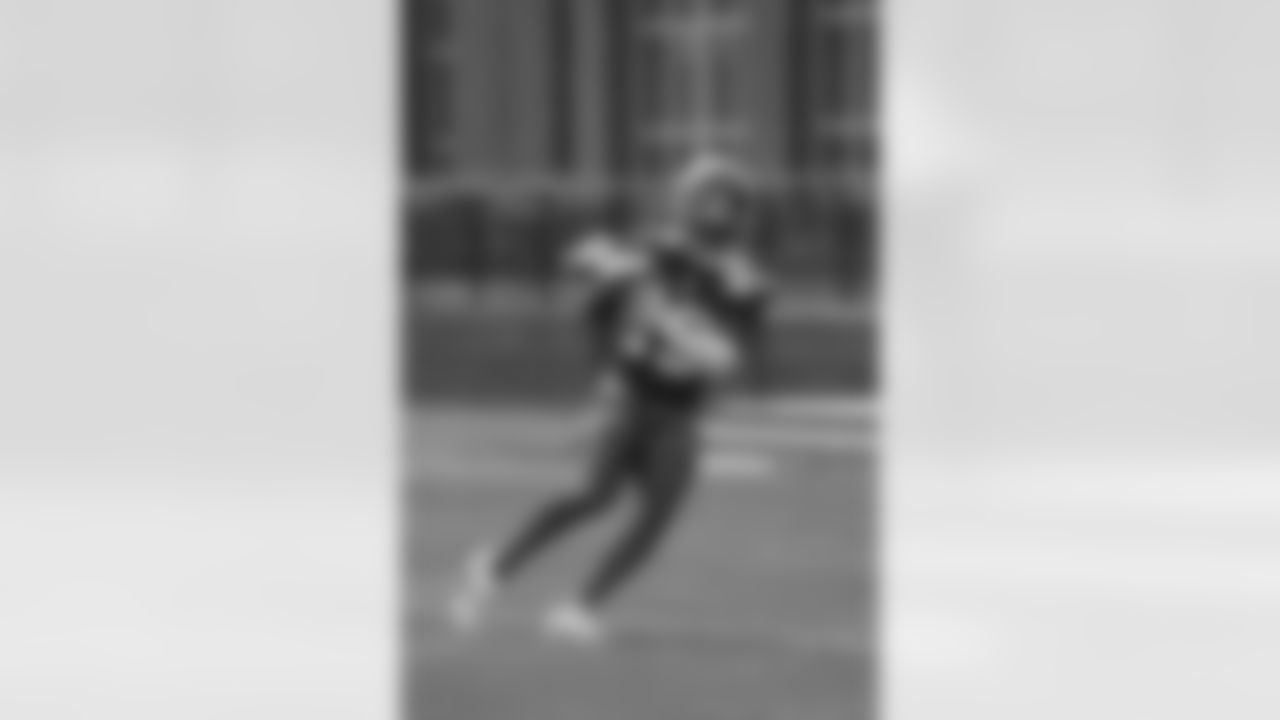
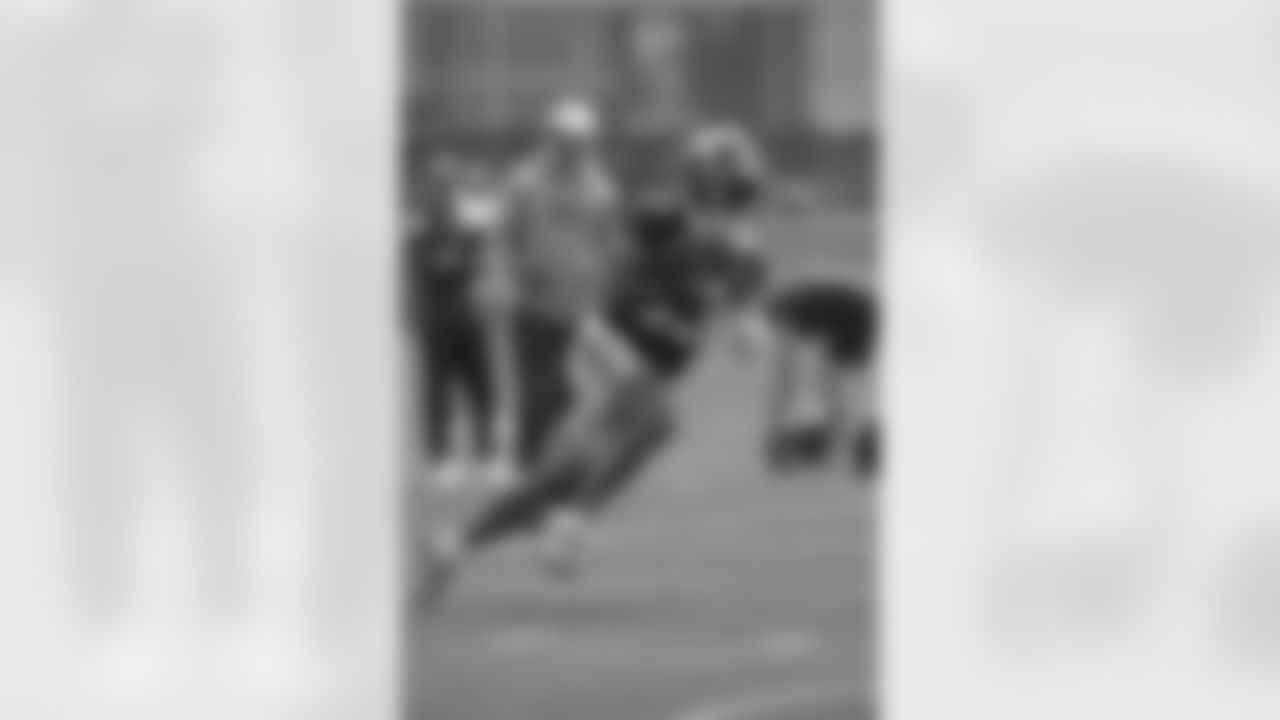
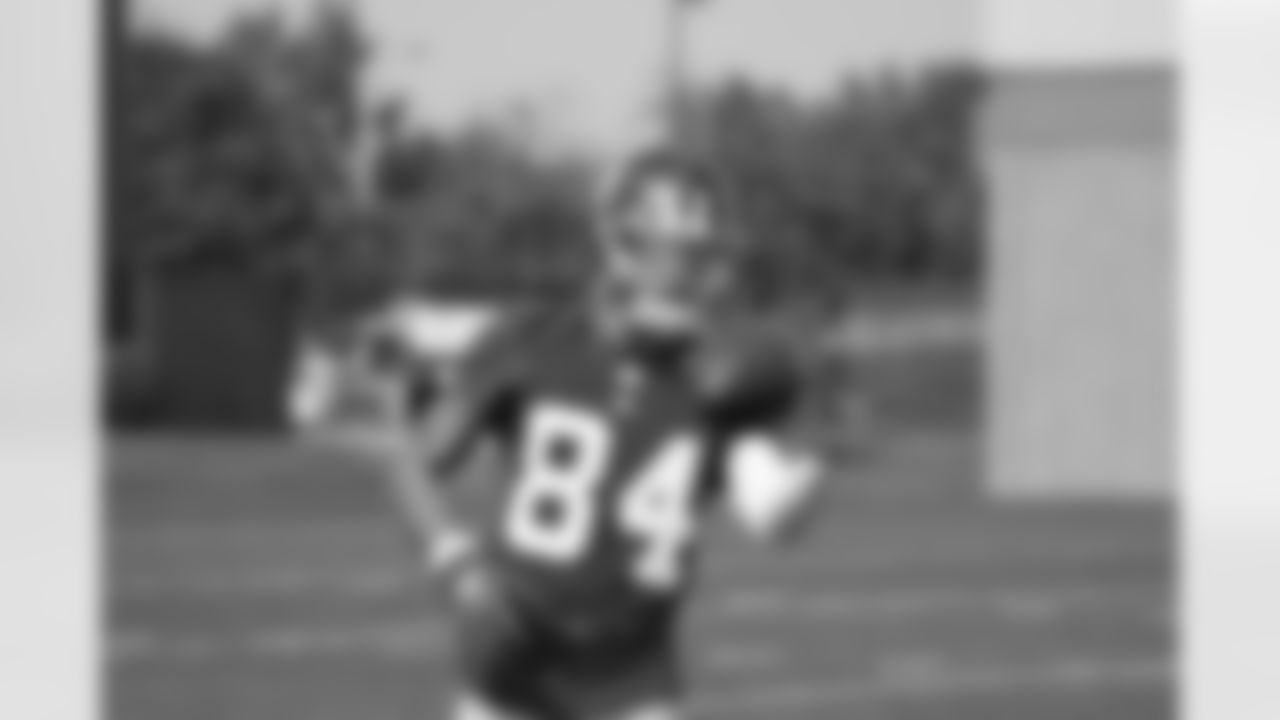
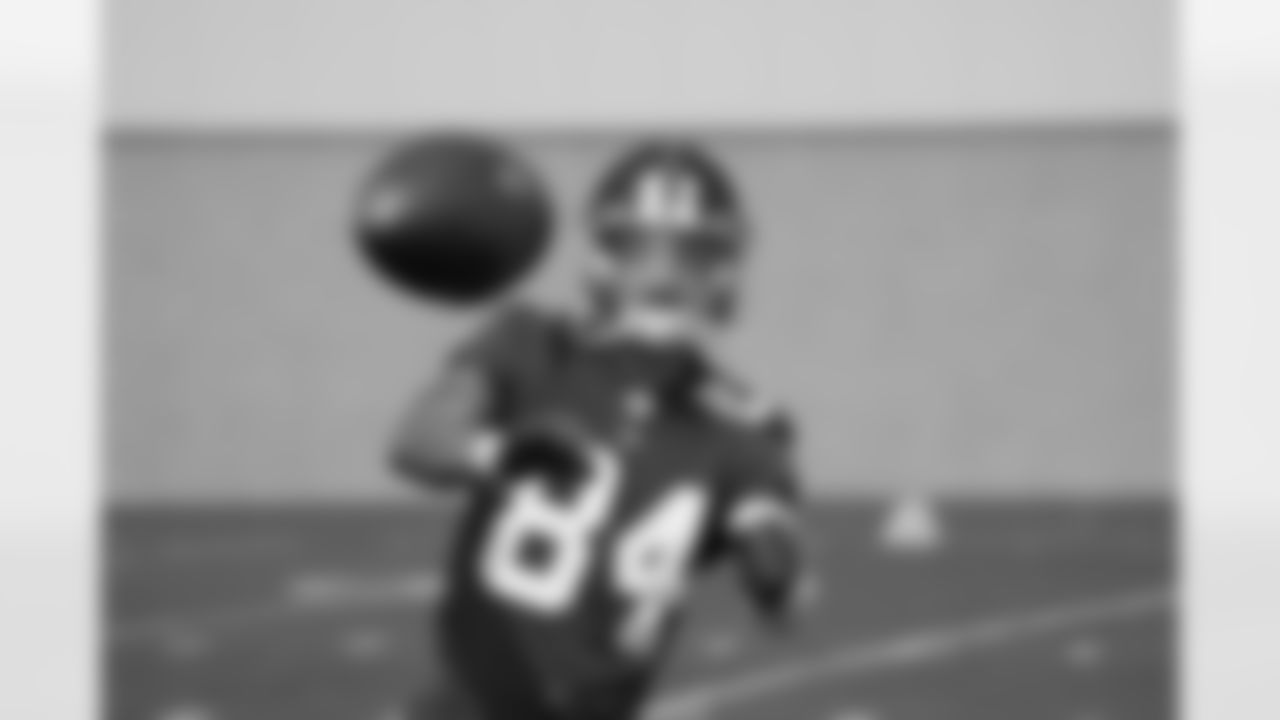
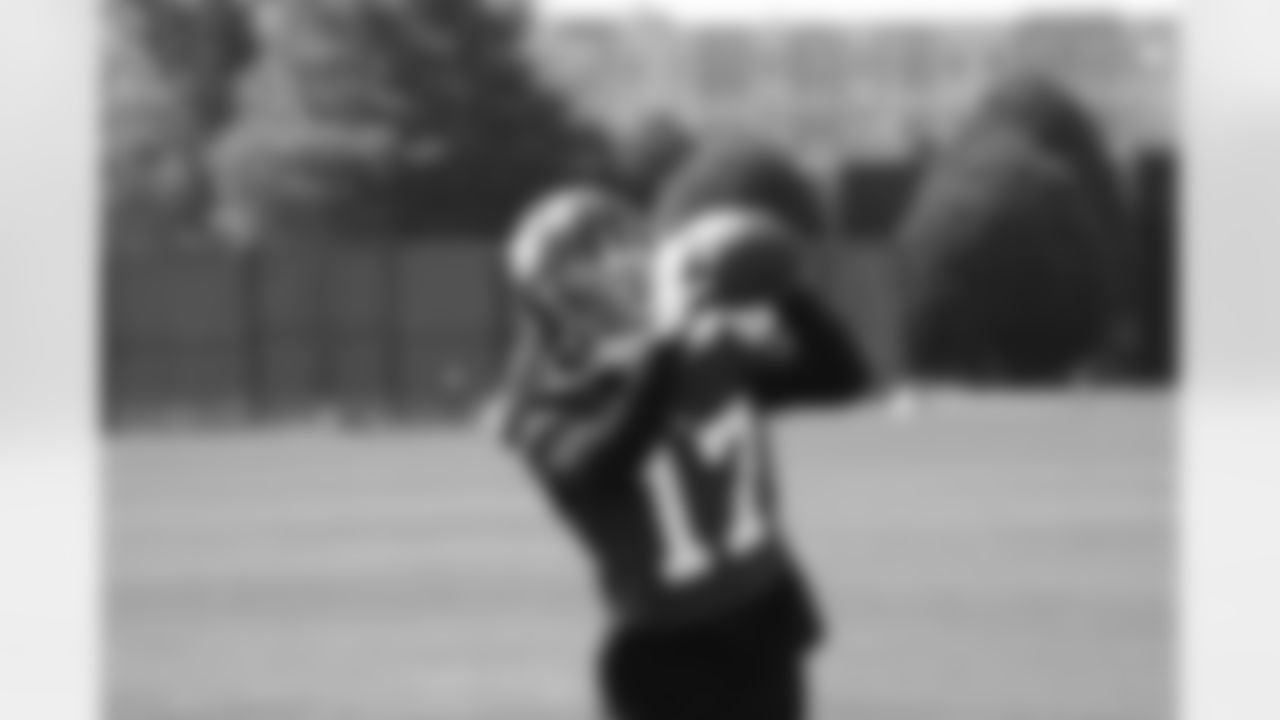
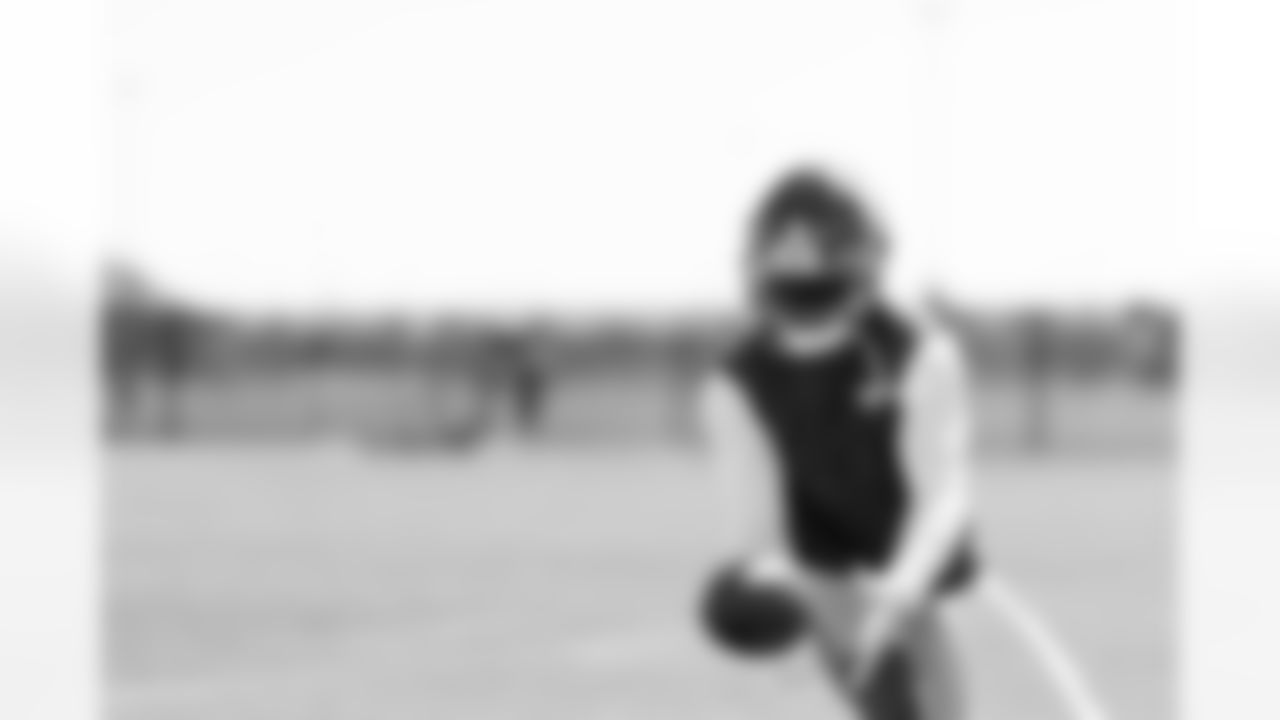
WR Sterling Shepard (3)
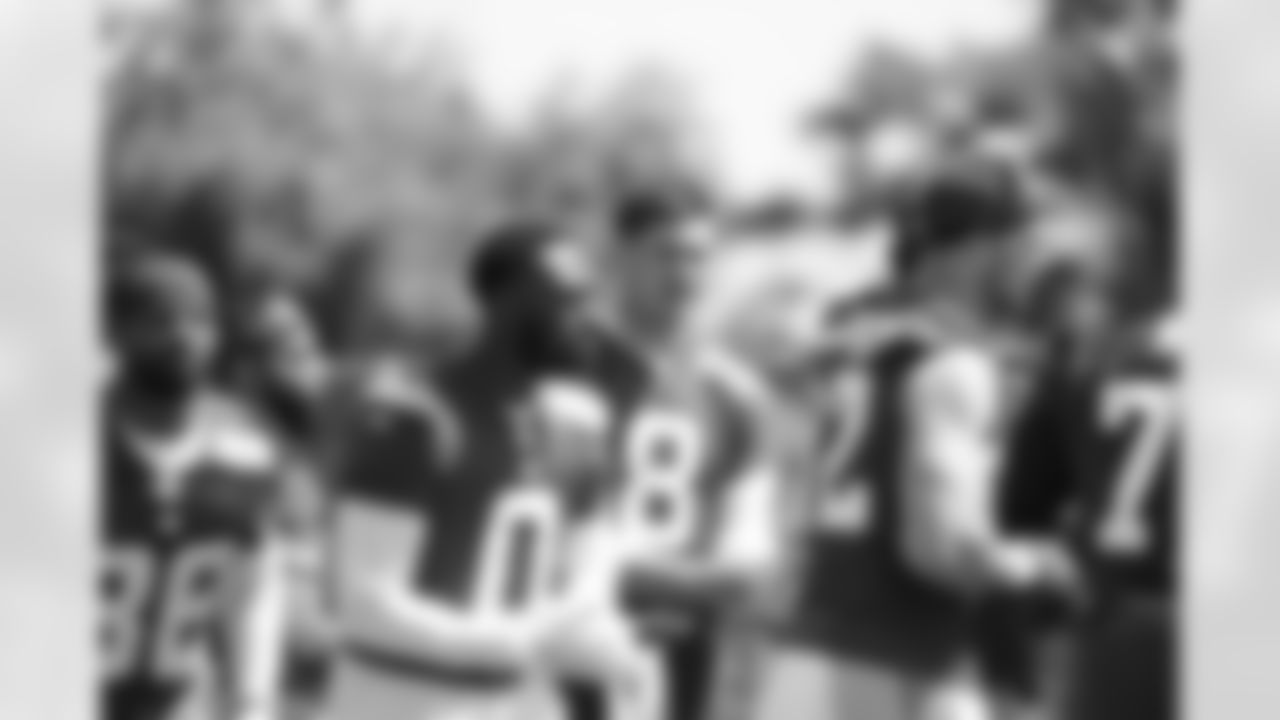
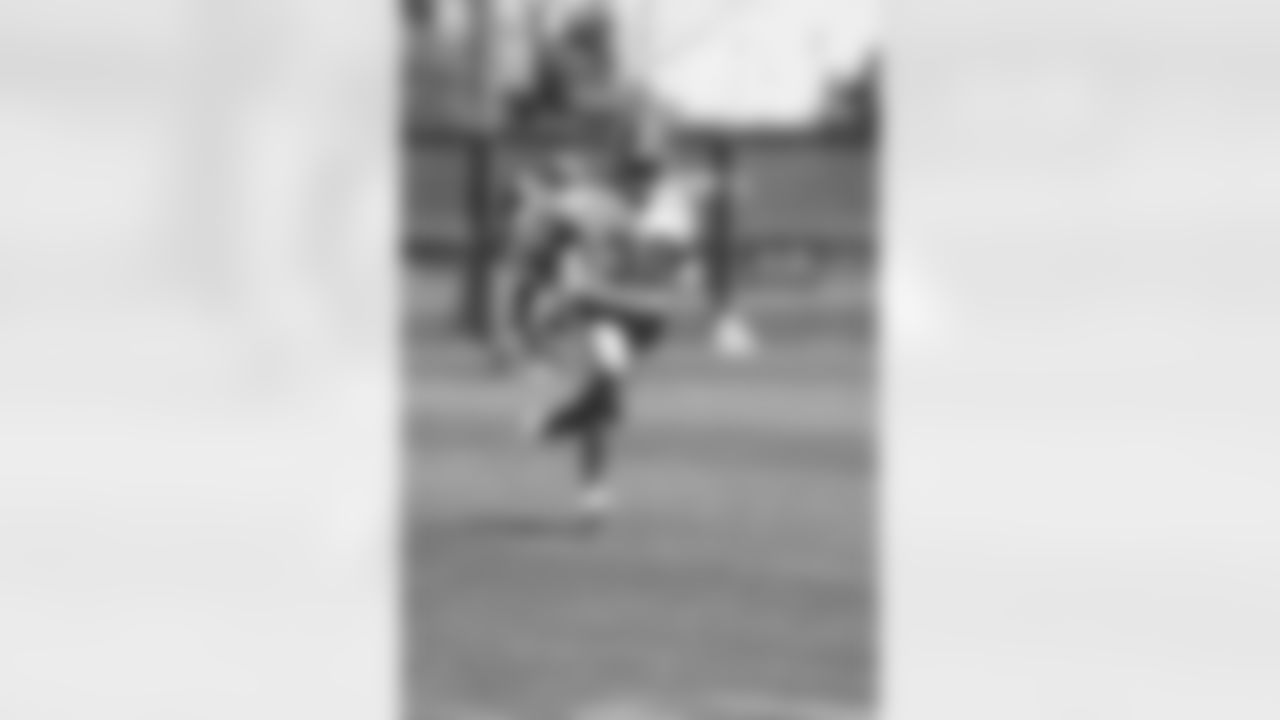



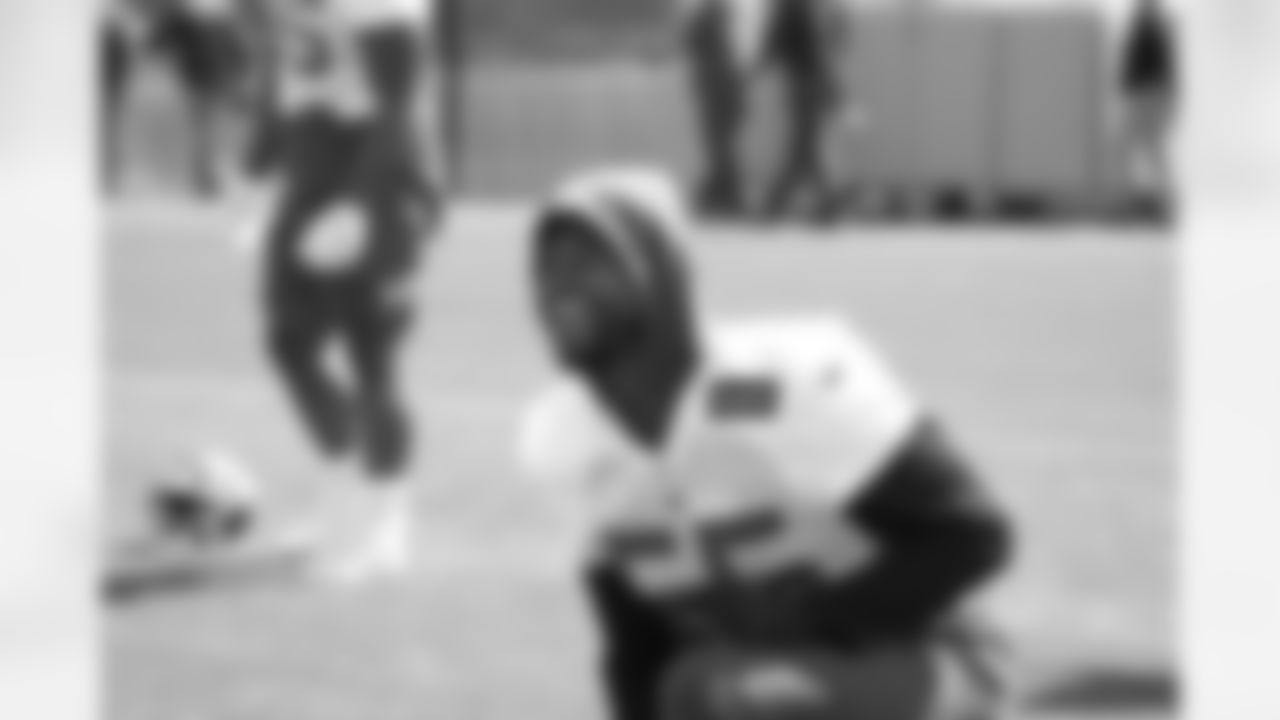
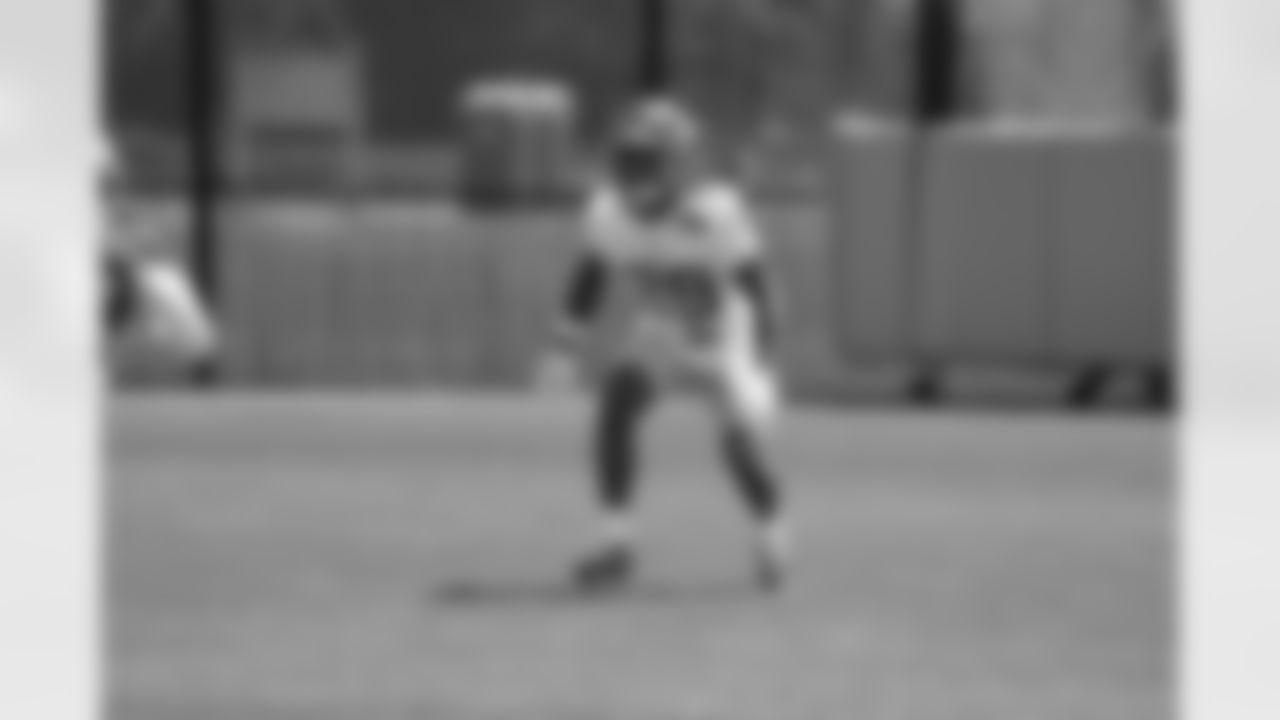
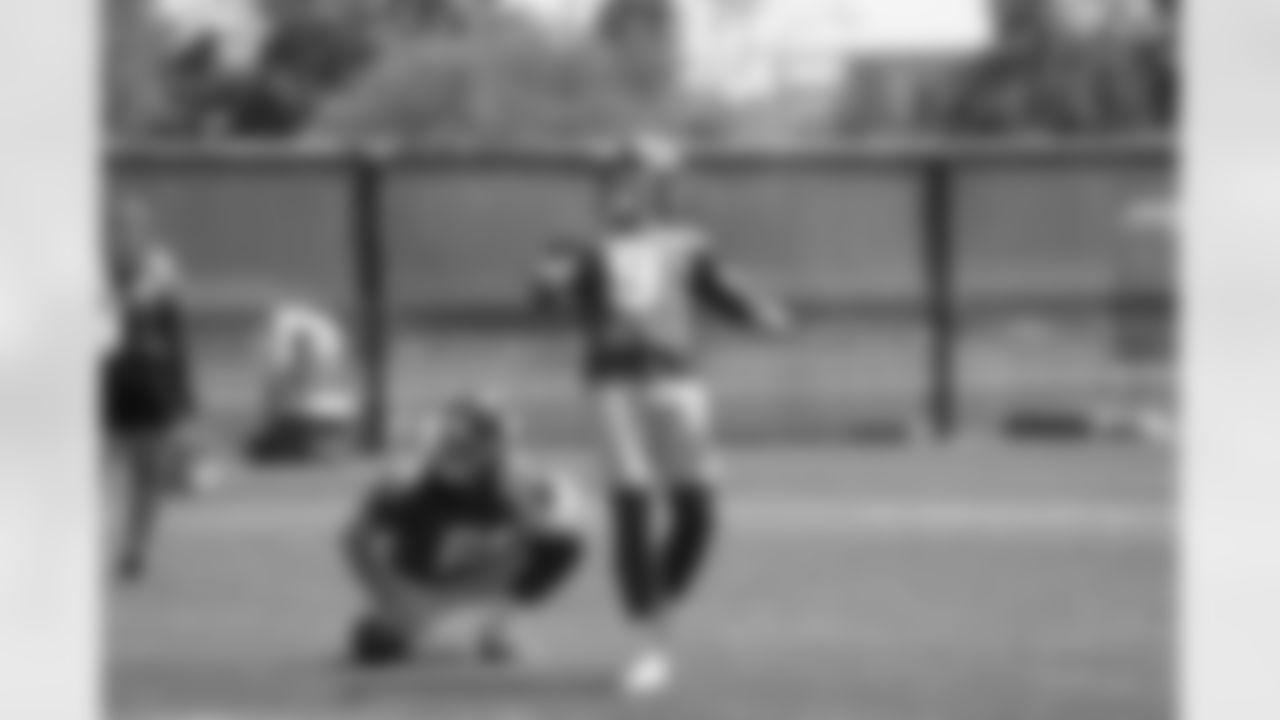
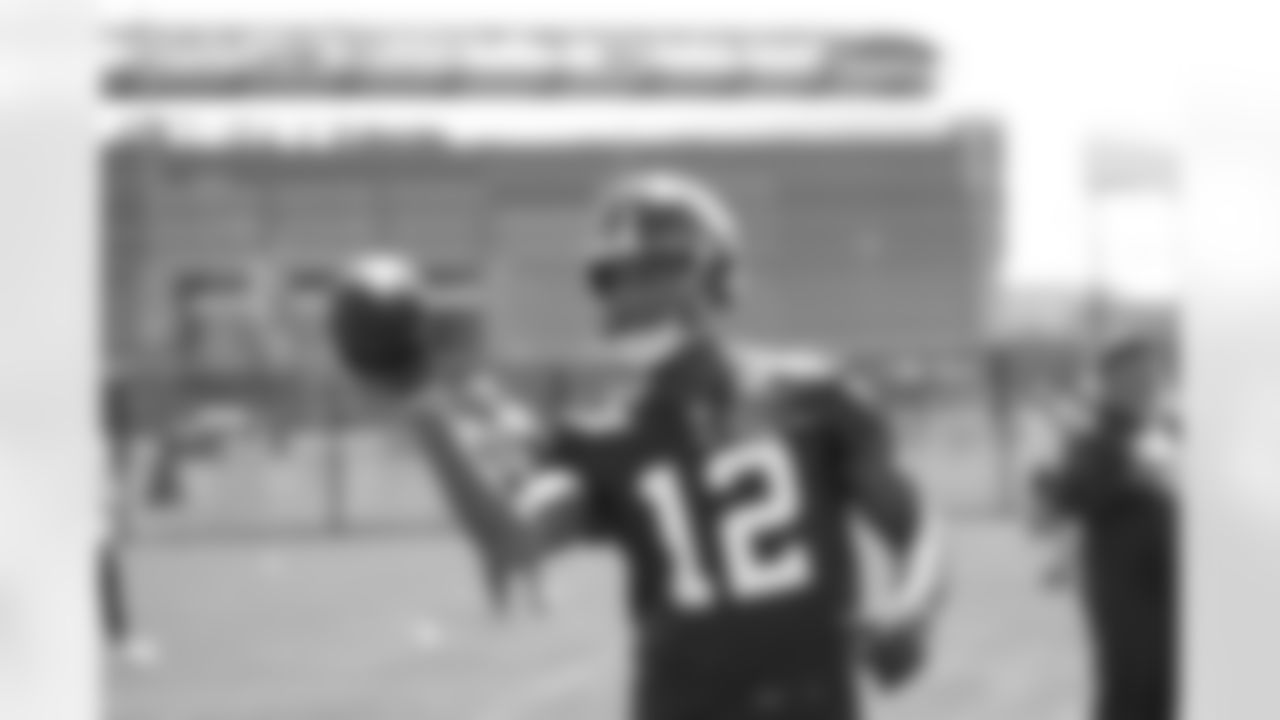
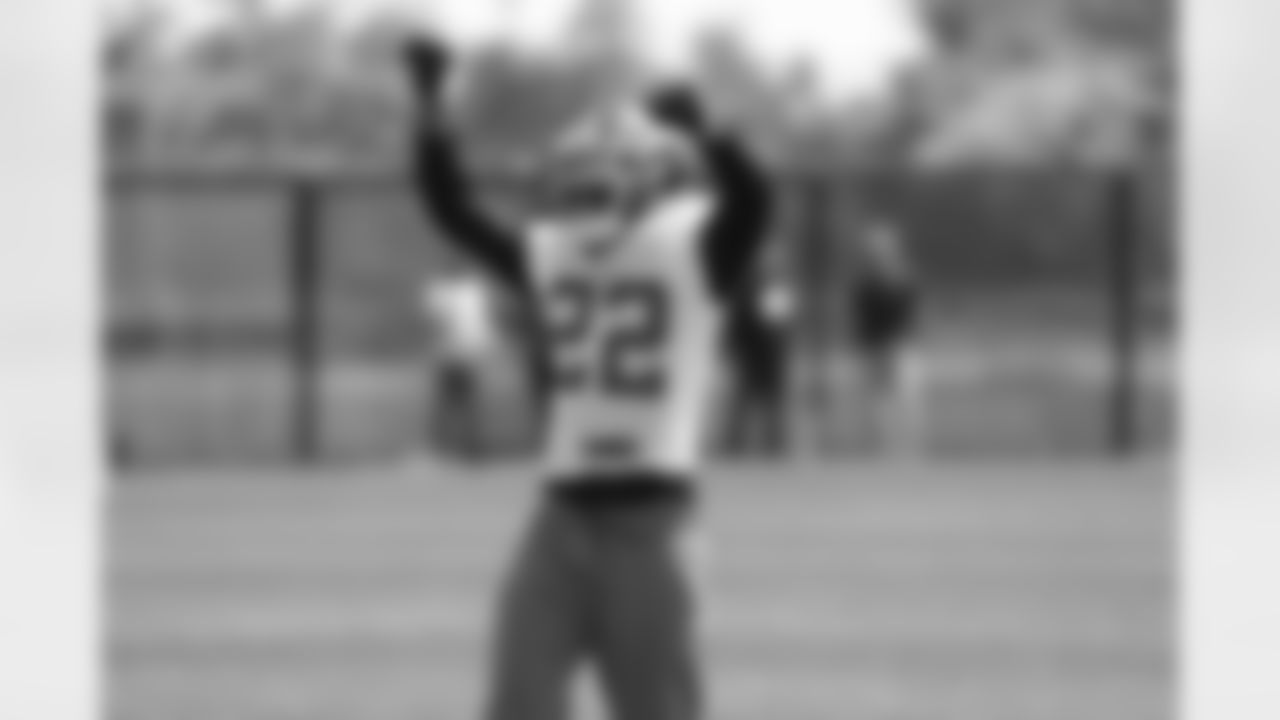
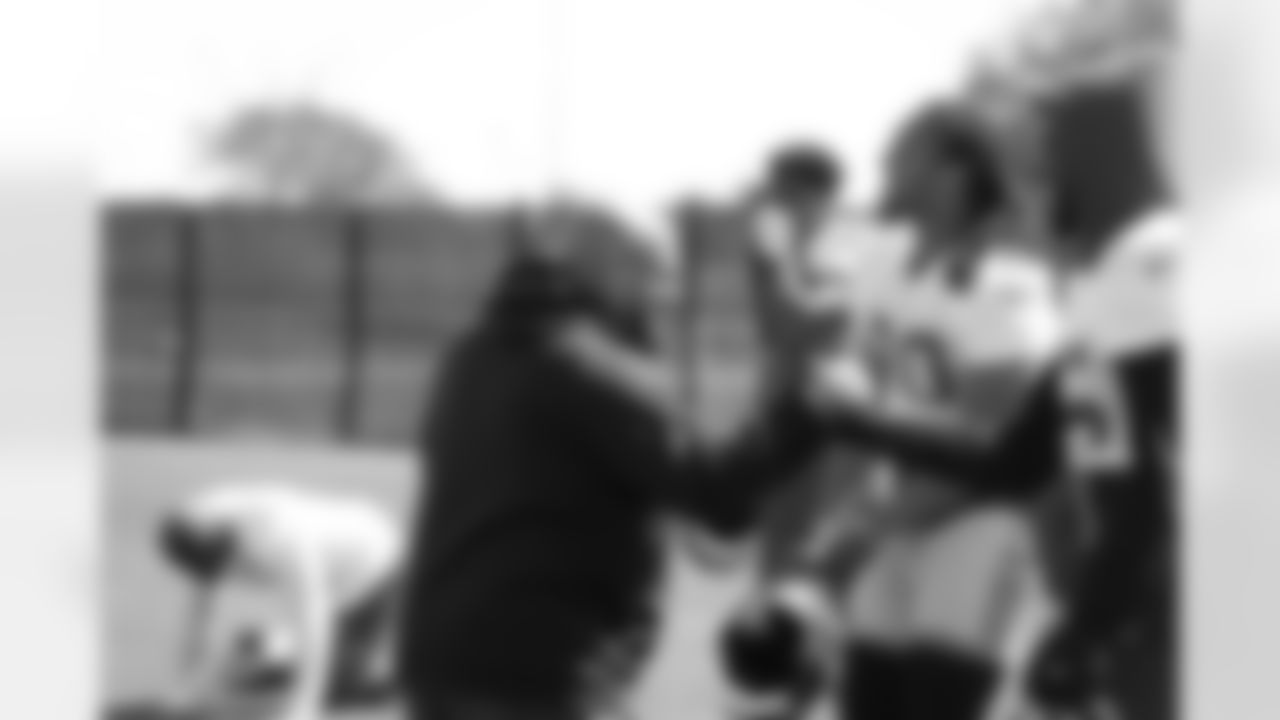
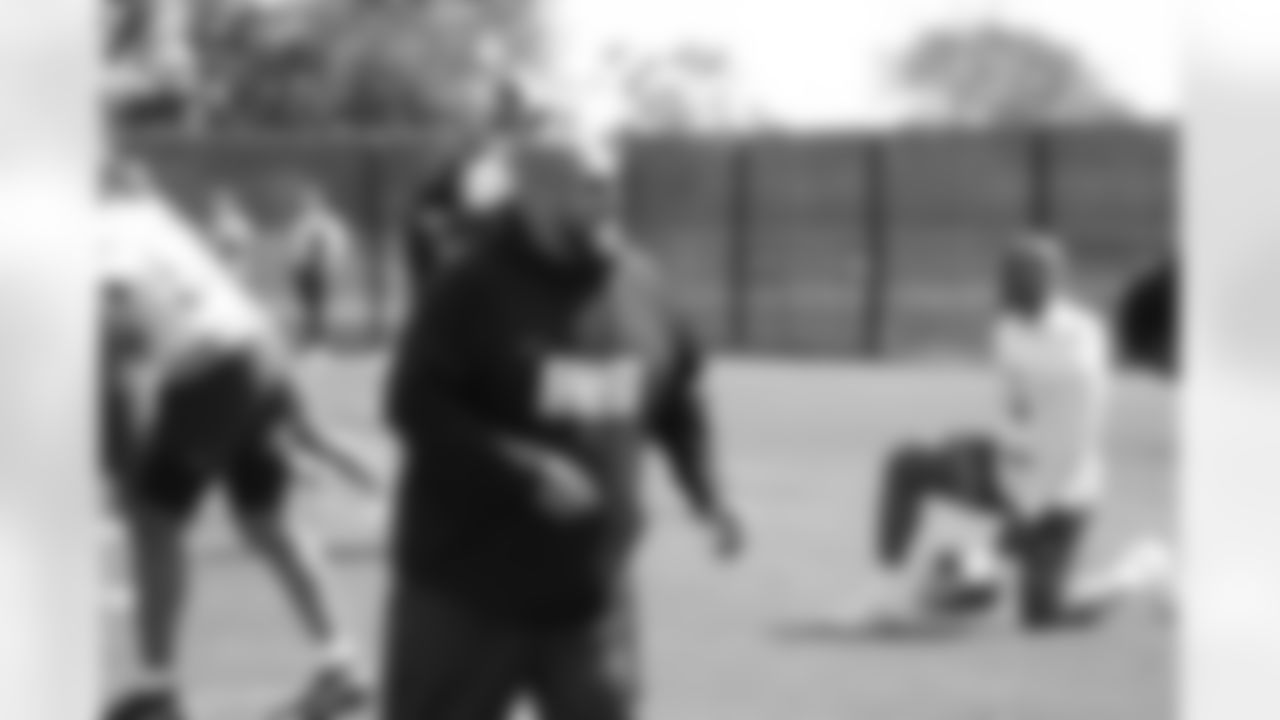
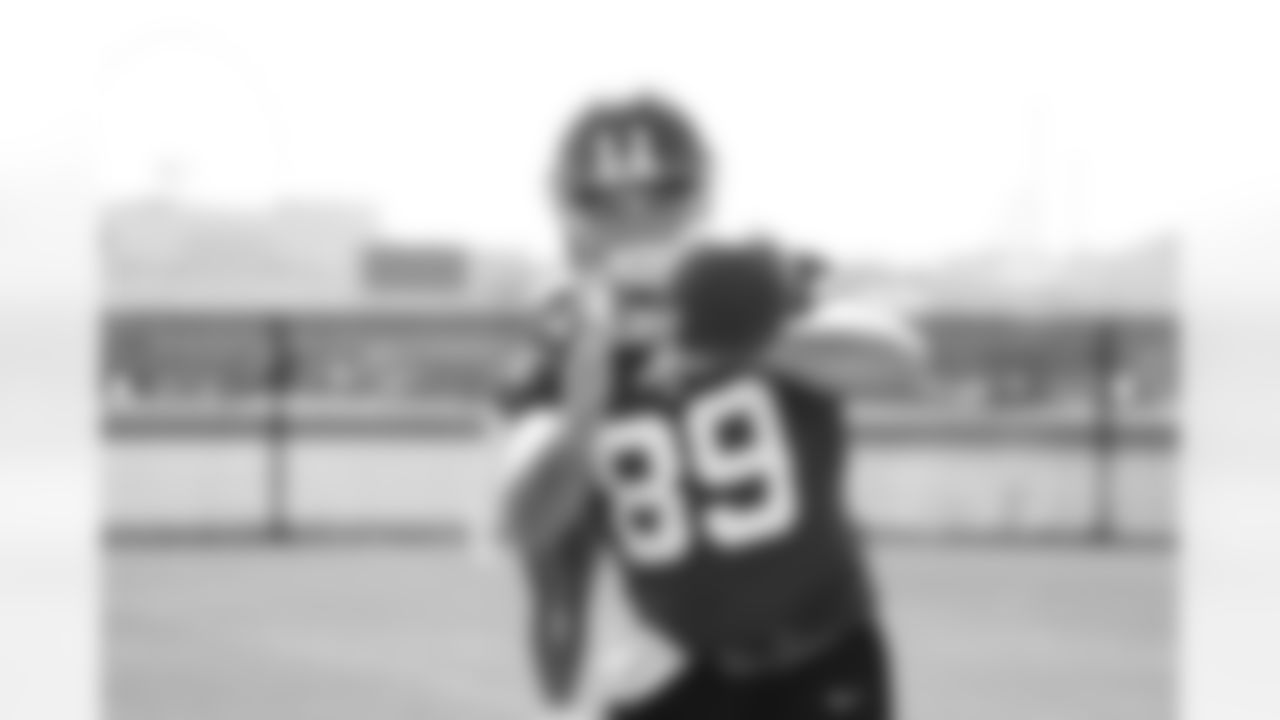

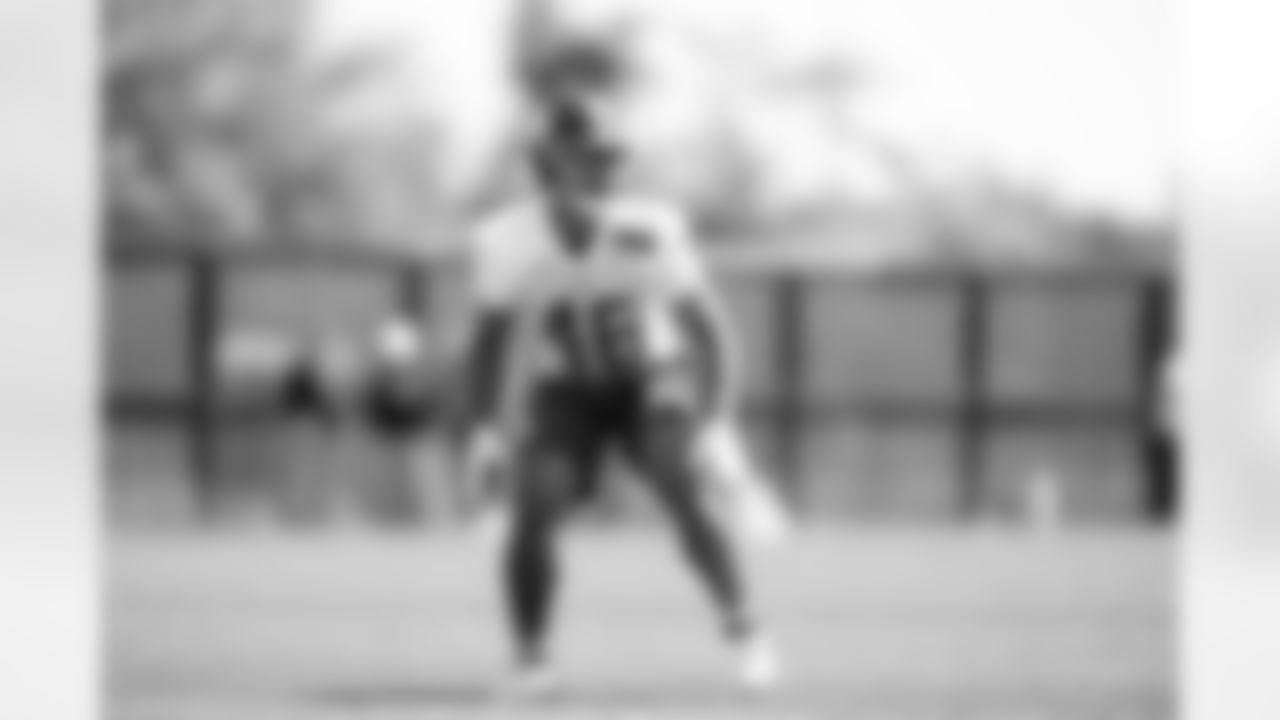
LB Troy Brown (46)
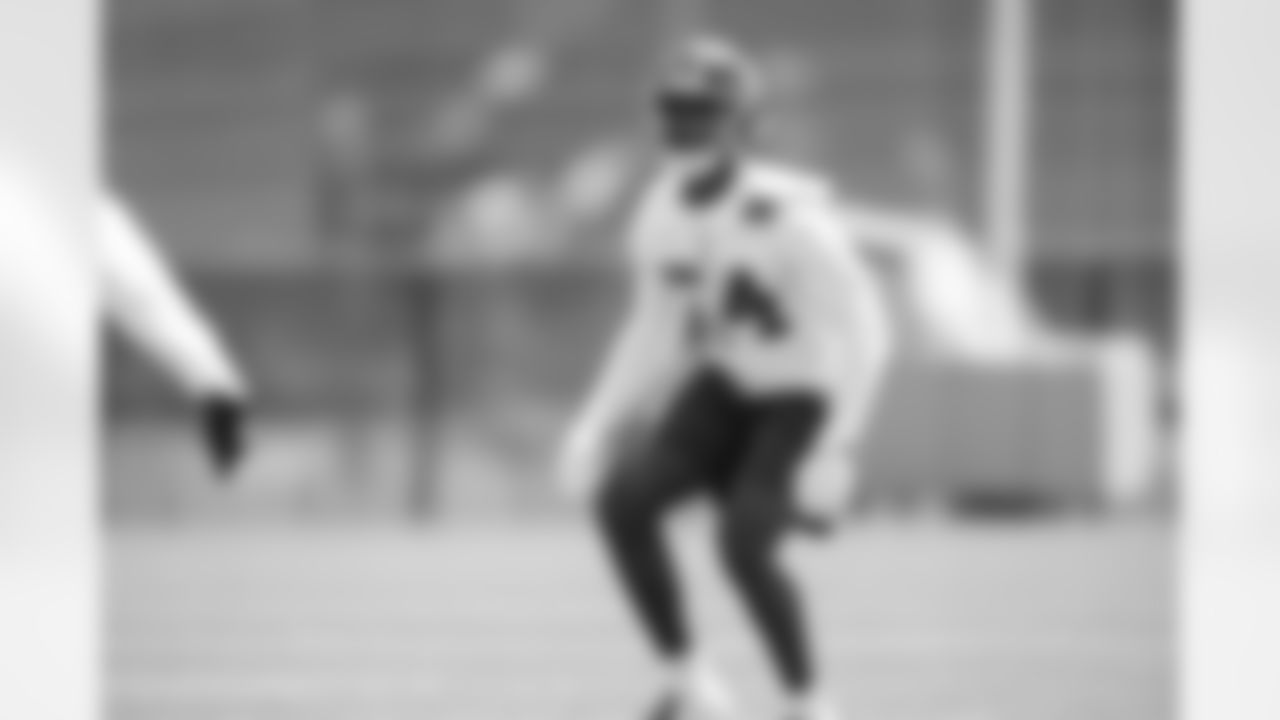
LB Dyontae Johnson (54)
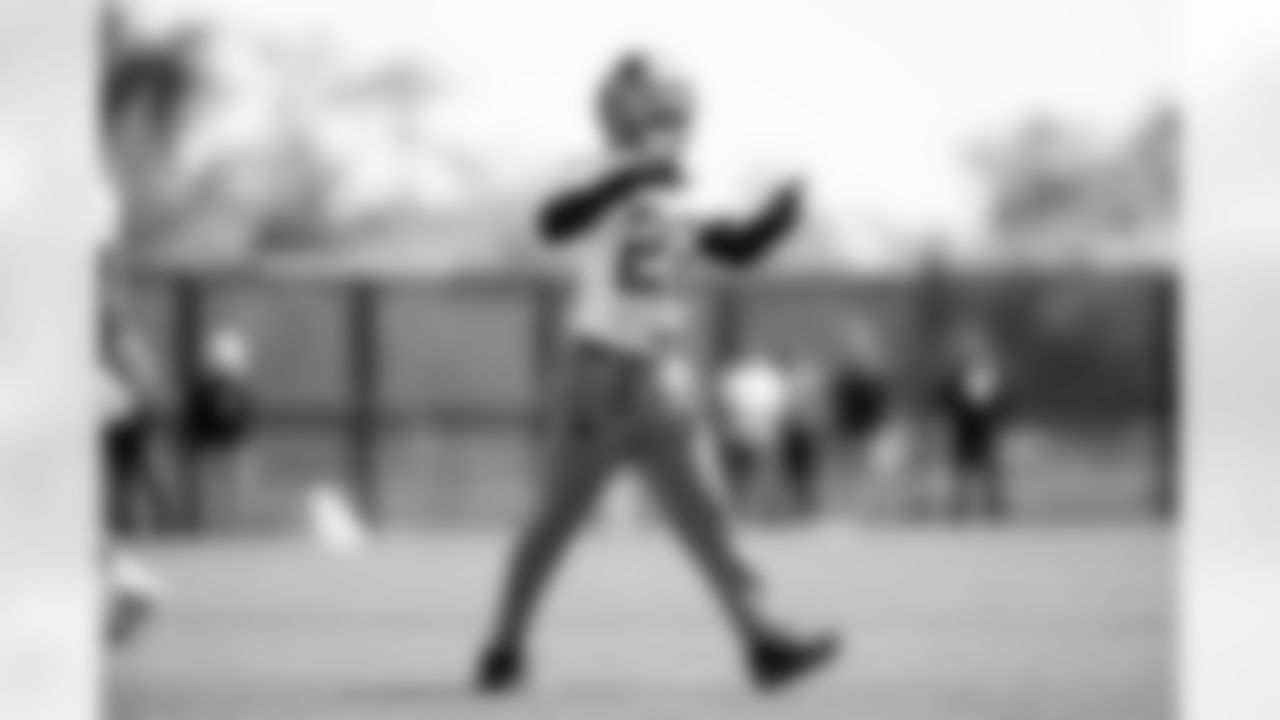
DB Adoree' Jackson (22)
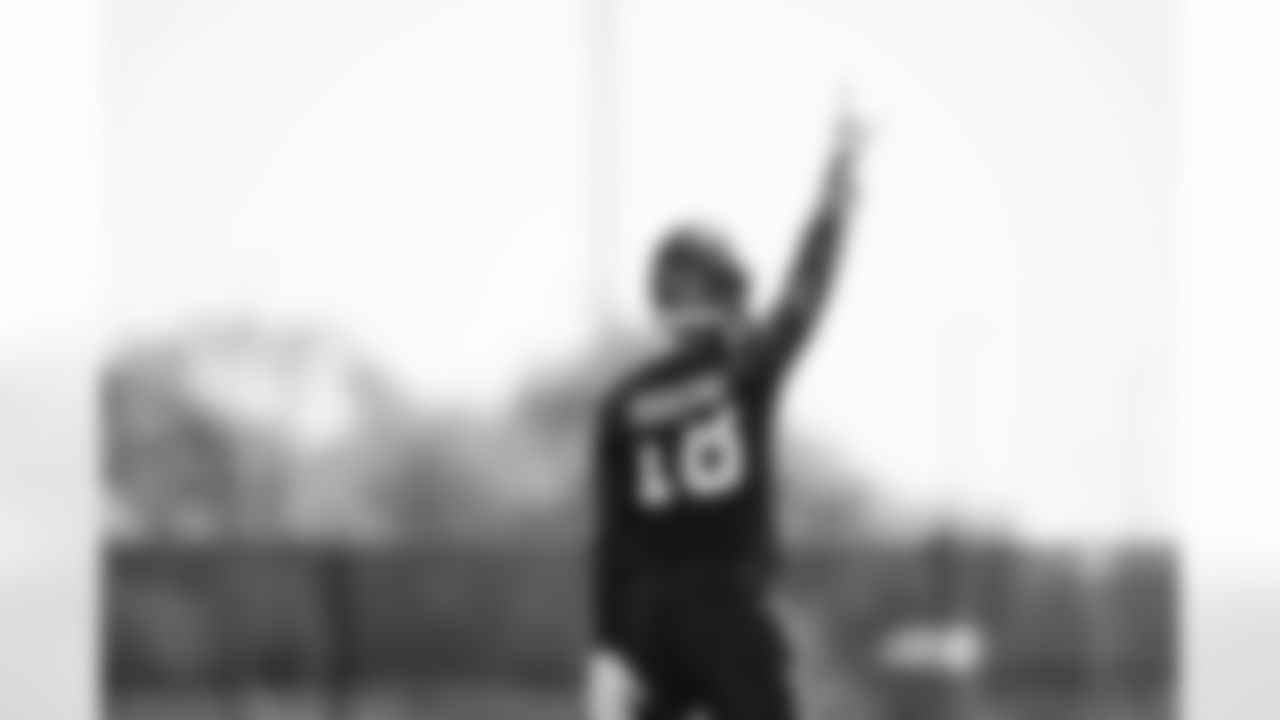
WR Isaiah Hodgins (18)
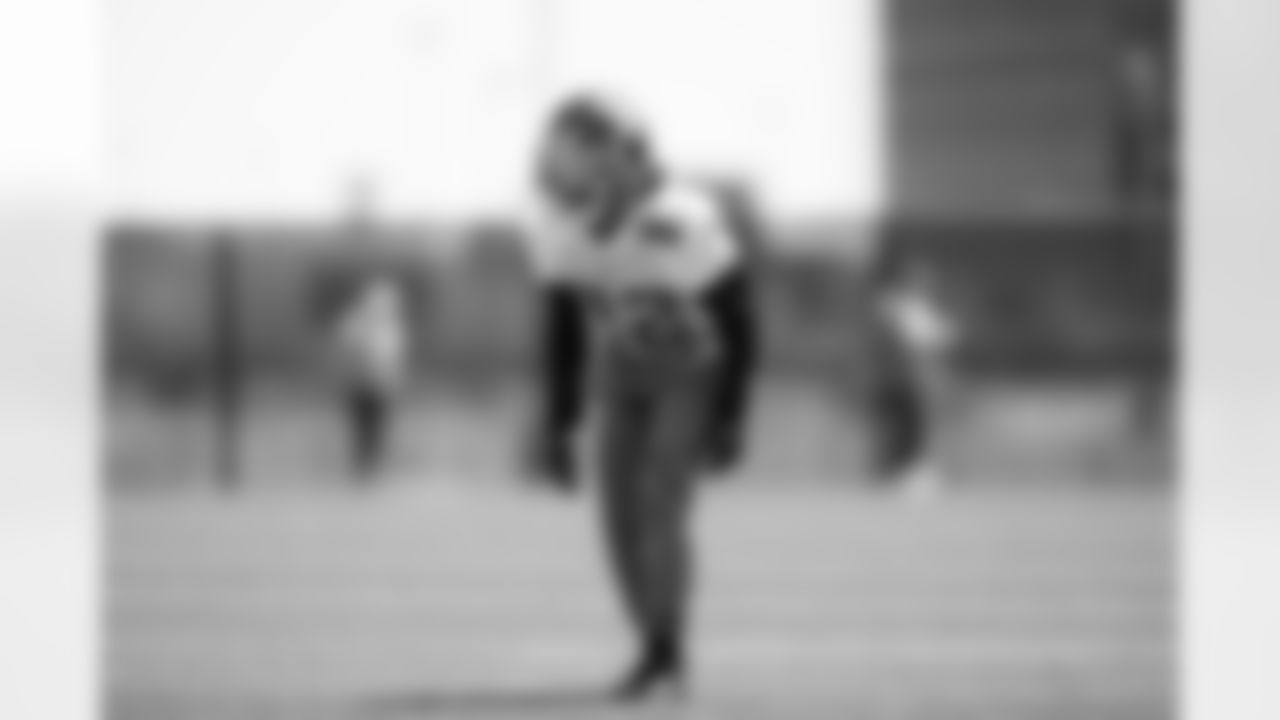
DB Adoree' Jackson (22)
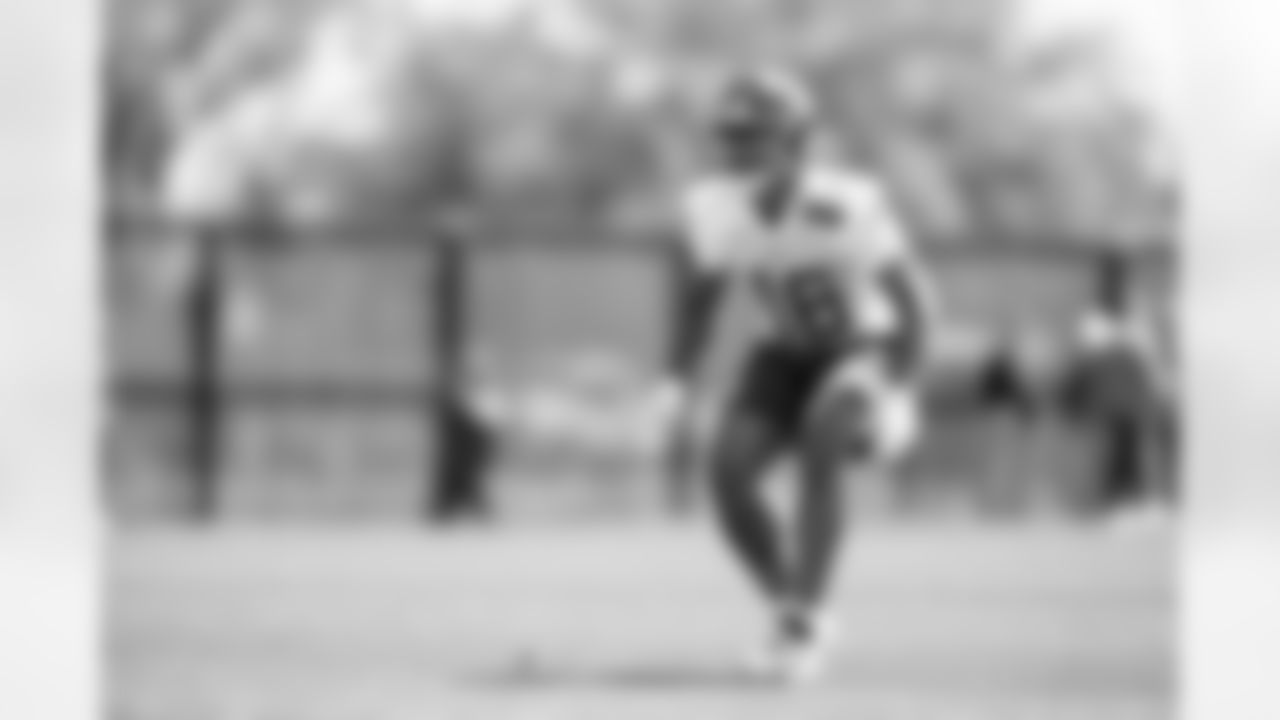
LB Troy Brown (46)
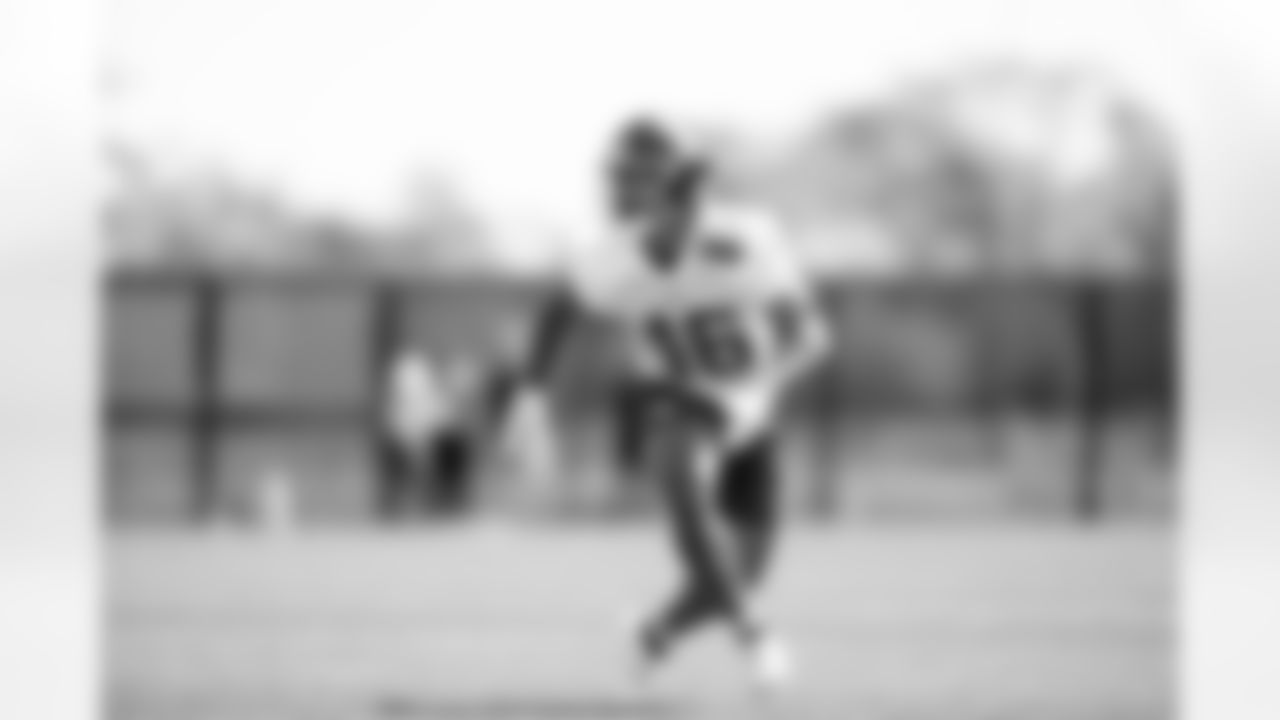
LB Troy Brown (46)

WR Darius Slayton (86)

LB Micah McFadden (41), LB Troy Brown (46), LB Dyontae Johnson (54)

LB Micah McFadden (41), LB Troy Brown (46), LB Dyontae Johnson (54)

WR Jalin Hyatt (84)
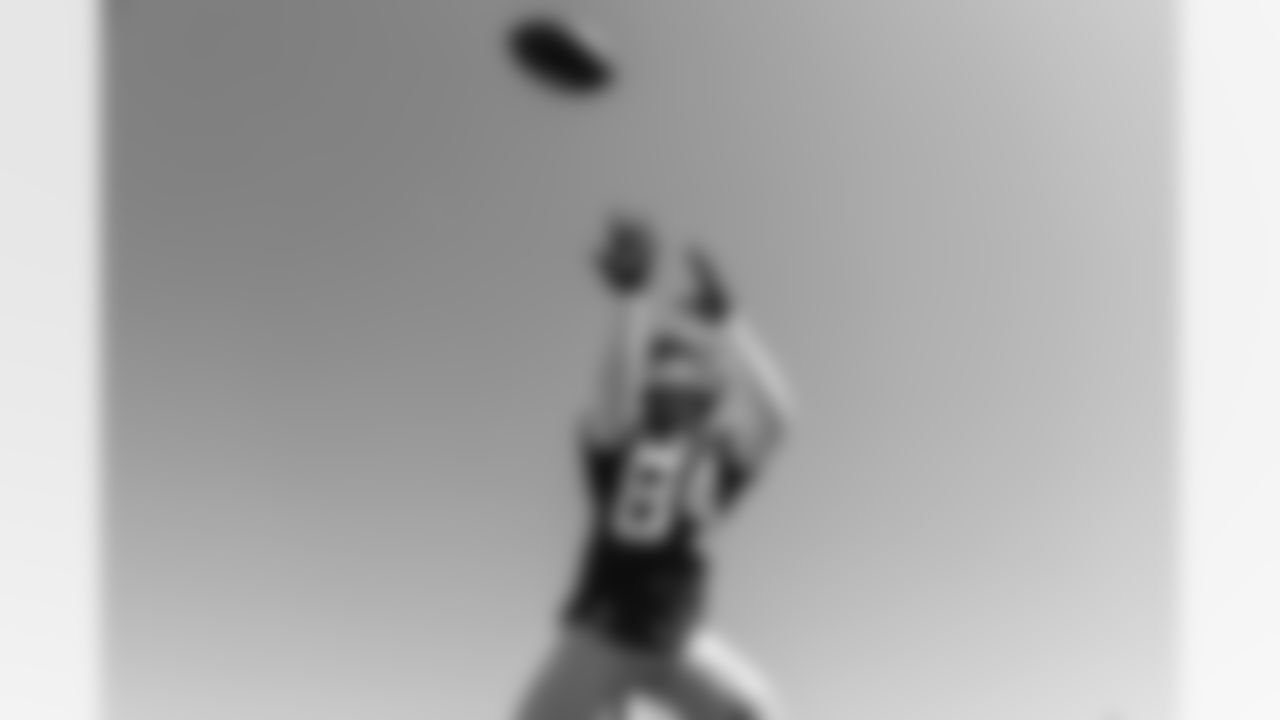
WR Jalin Hyatt (84)

LB Micah McFadden (41), LB Troy Brown (46), LB Dyontae Johnson (54)
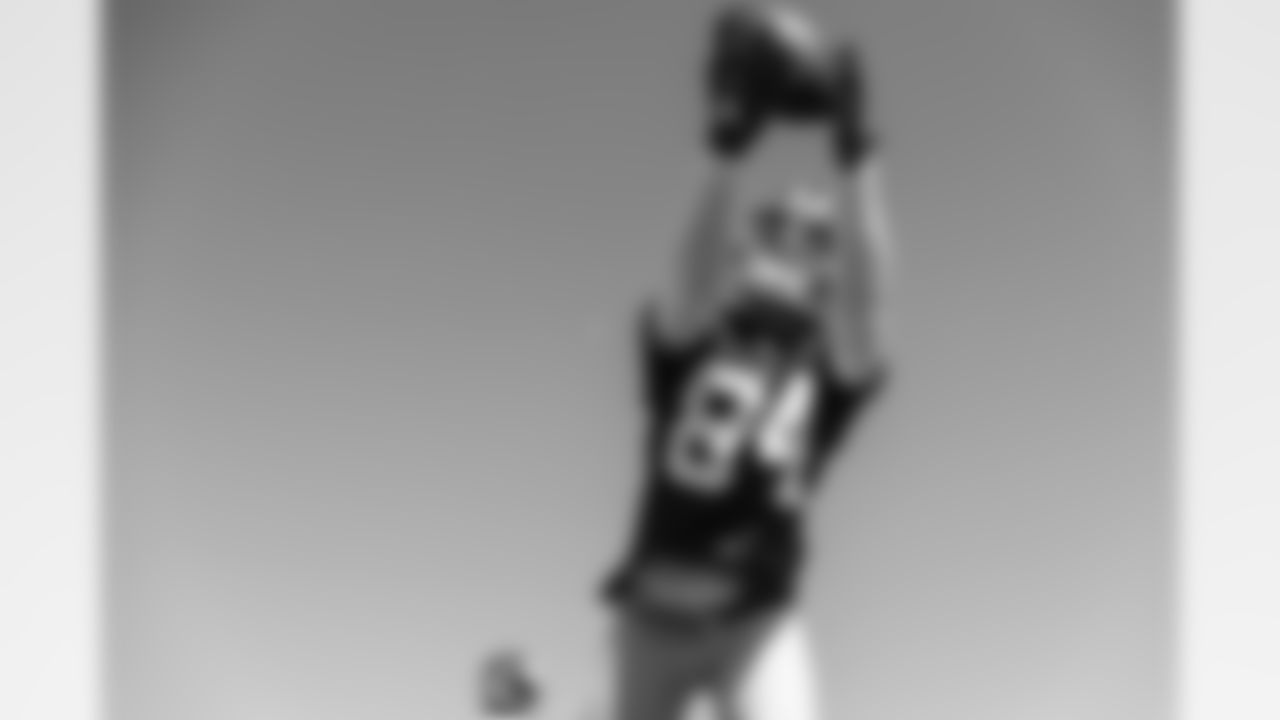
WR Jalin Hyatt (84)
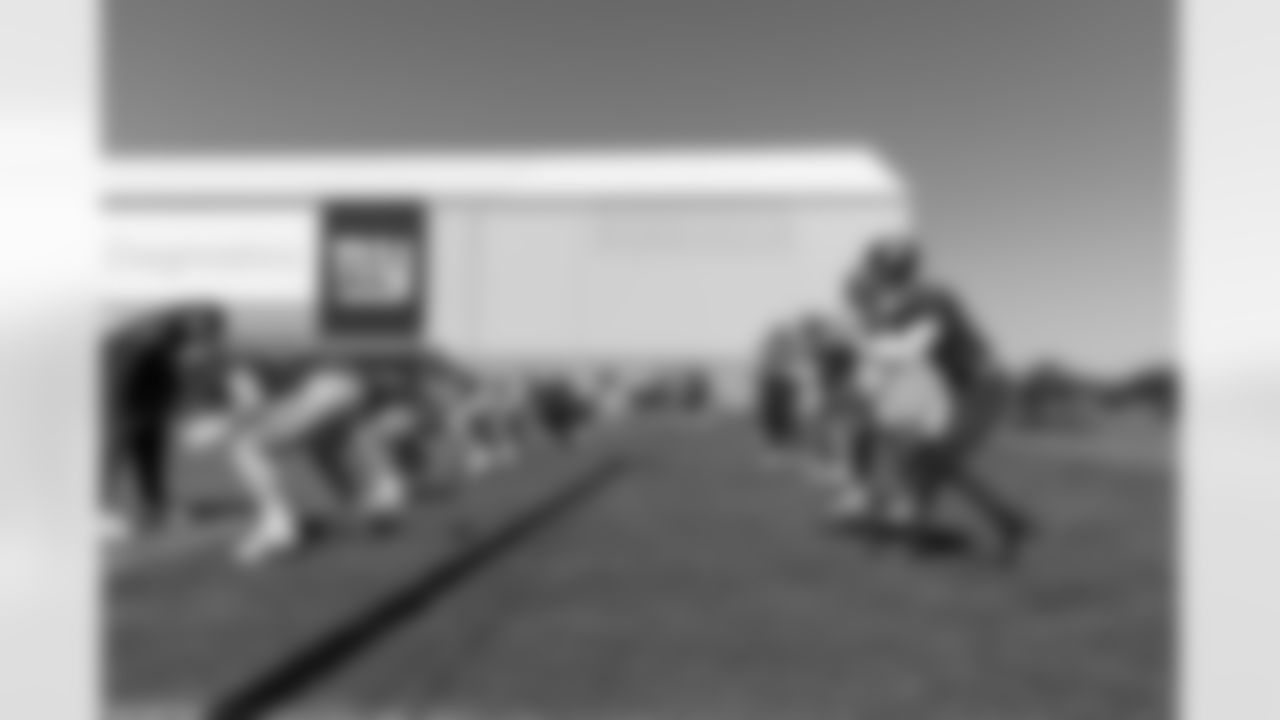

WR Parris Campbell (0)
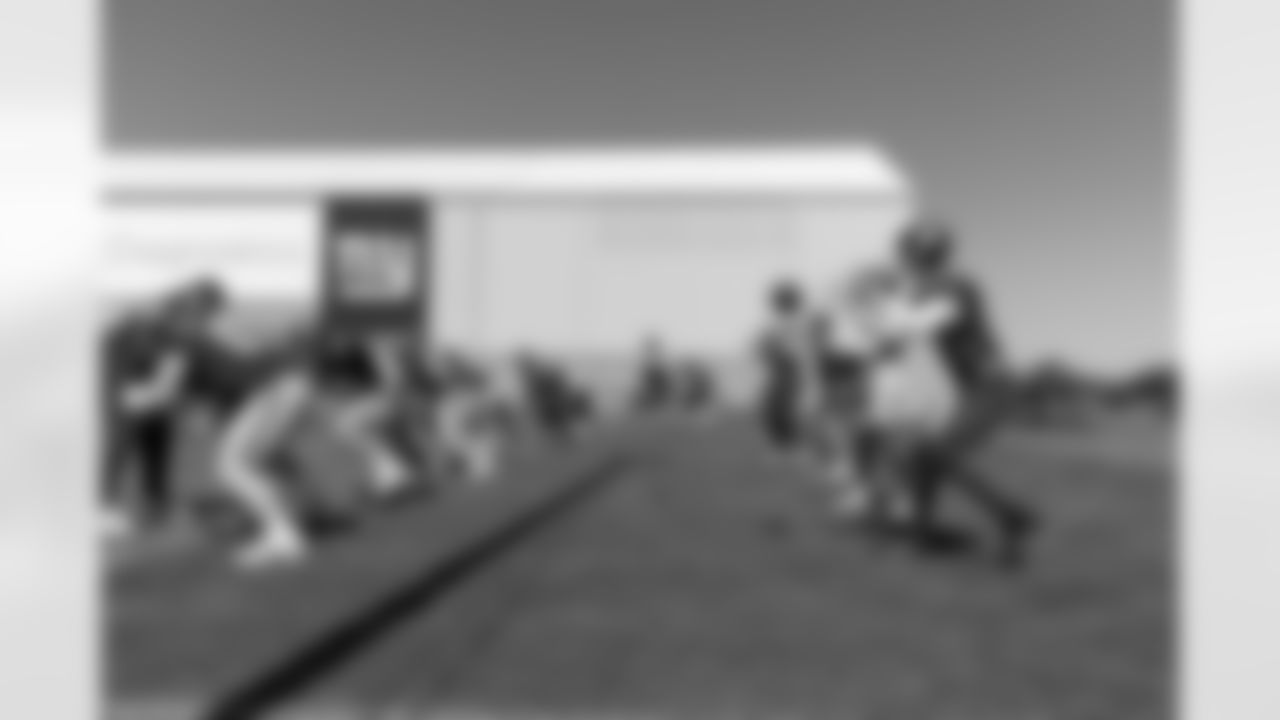
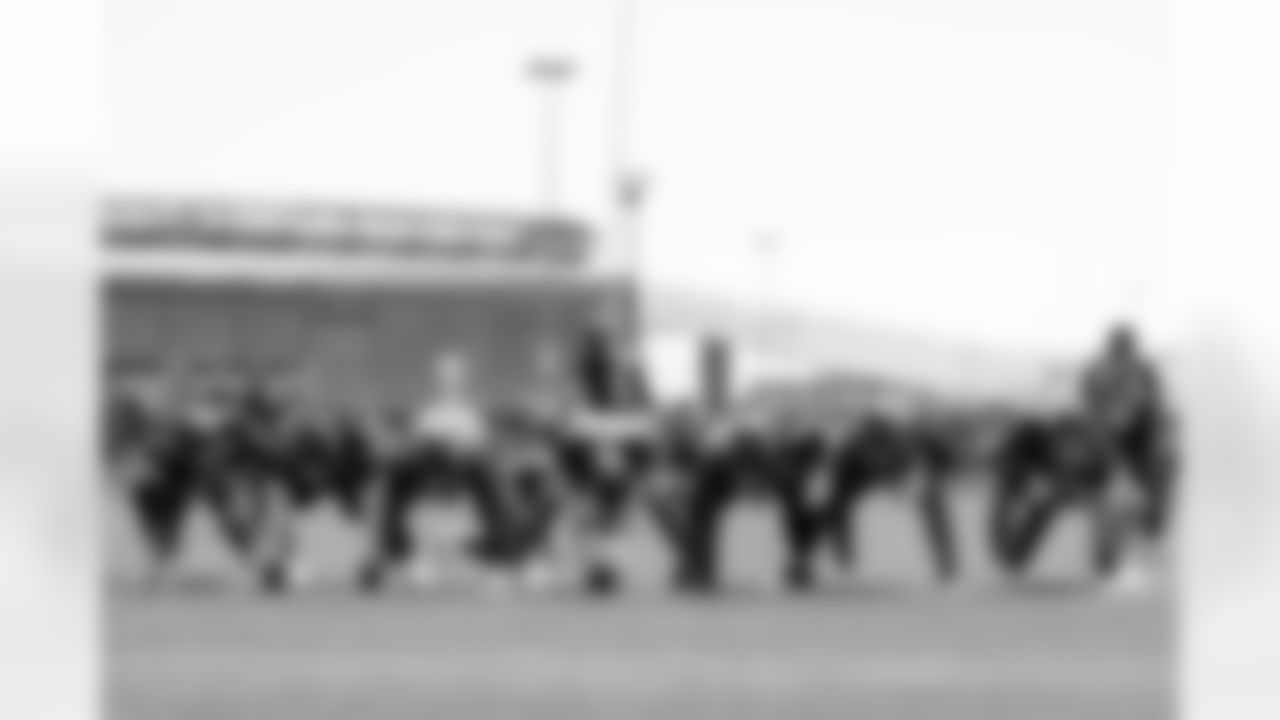
TE Daniel Bellinger (82), G Shane Lemieux (66), OL Devery Hamilton (62), OL Mark Glowinski (64), LS Casey Kreiter (59), OL Jack Anderson (77), LB Jarrad Davis (57), OL J.C. Hassenaauer (63), TE Tommy Sweeney (89), K Graham Gano (9)
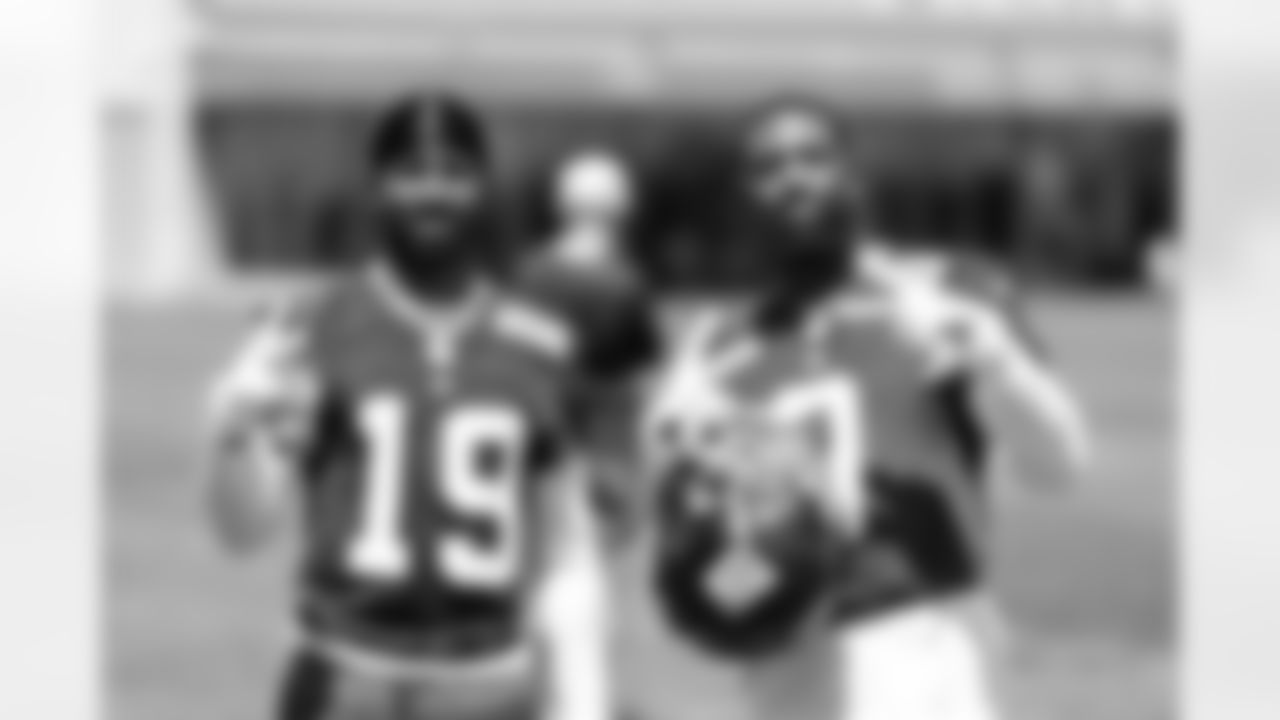
WR Jeff Smith II (19), WR Parris Campbell (0)

OL Evan Neal (73), OLB Kayvon Thibodeaux (5)

WR Isaiah Hodgins (18)

WR Parris Campbell (0), WR Isaiah Hodgins (18), WR Bryce Ford-Wheaton (6), WR Jalin Hyatt (84), WR Jamison Crowder (80), WR Jalin Hyatt (84), WR Collin Johnson (15), WR Darius Slayton (86)
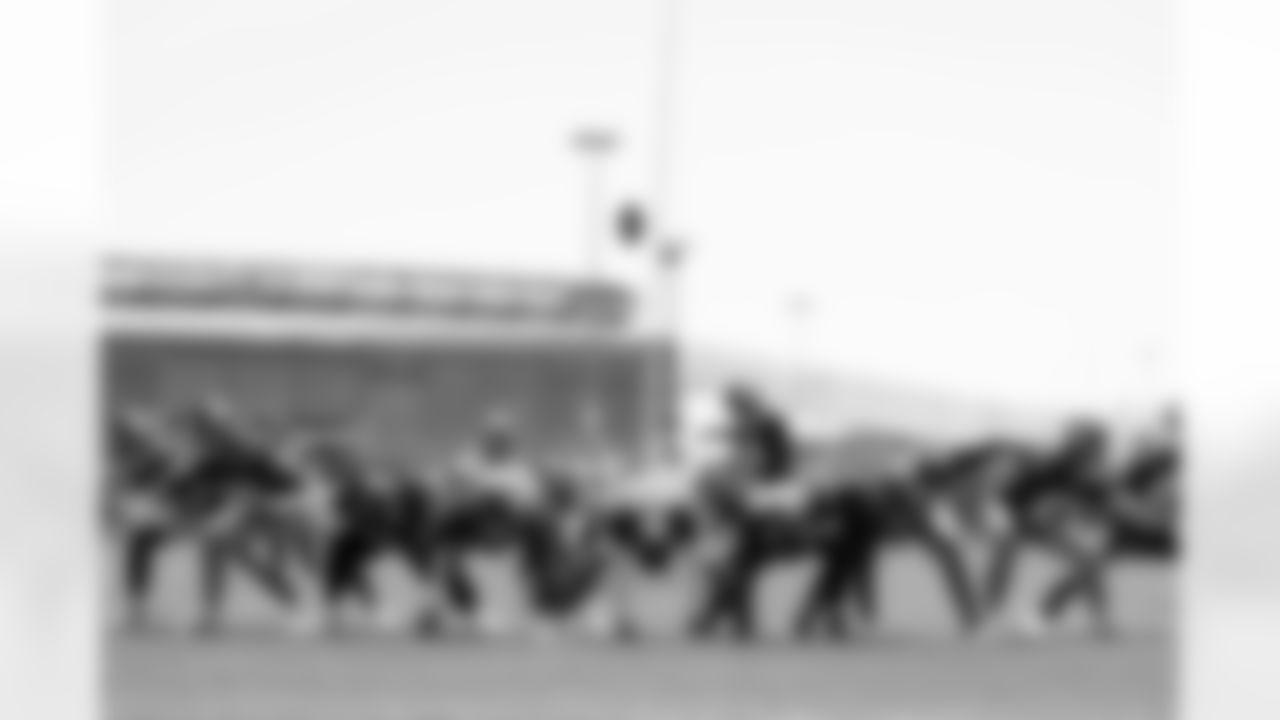
TE Daniel Bellinger (82), G Shane Lemieux (66), OL Devery Hamilton (62), OL Mark Glowinski (64), LS Casey Kreiter (59), OL Jack Anderson (77), LB Jarrad Davis (57), OL J.C. Hassenaauer (63), TE Tommy Sweeney (89), K Graham Gano (9)
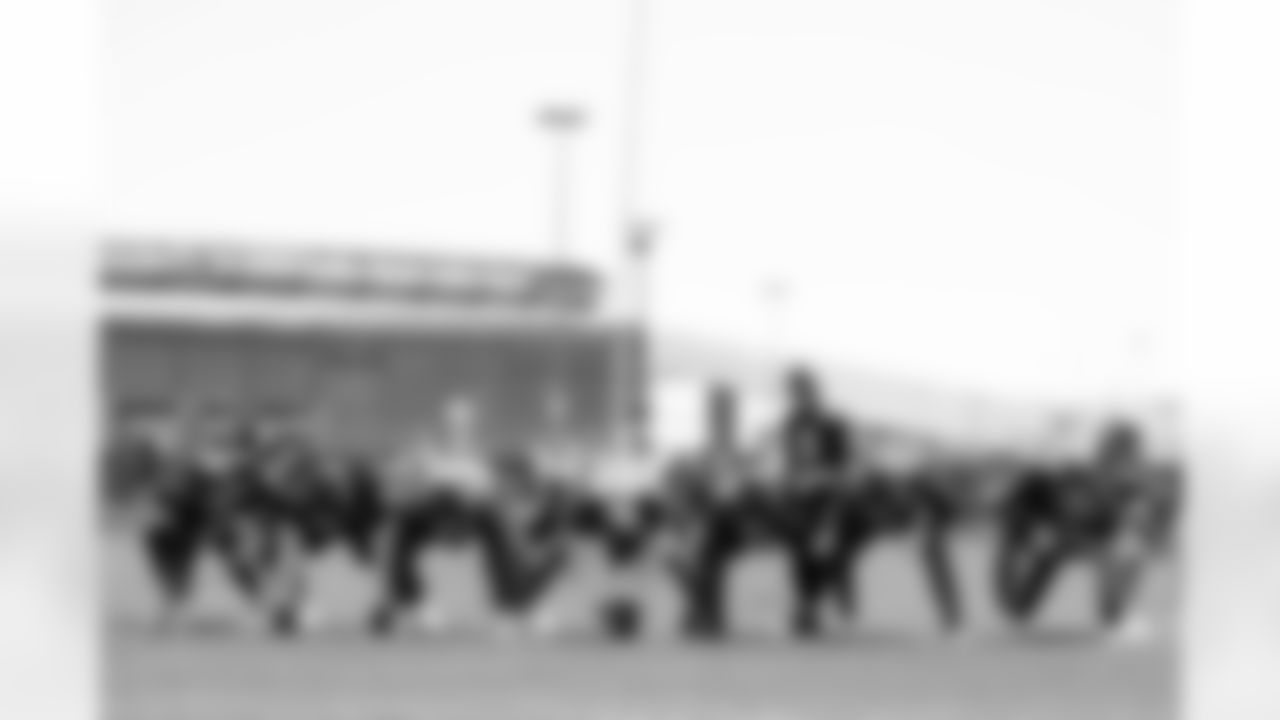
TE Daniel Bellinger (82), G Shane Lemieux (66), OL Devery Hamilton (62), OL Mark Glowinski (64), LS Casey Kreiter (59), OL Jack Anderson (77), LB Jarrad Davis (57), OL J.C. Hassenaauer (63), TE Tommy Sweeney (89), K Graham Gano (9)
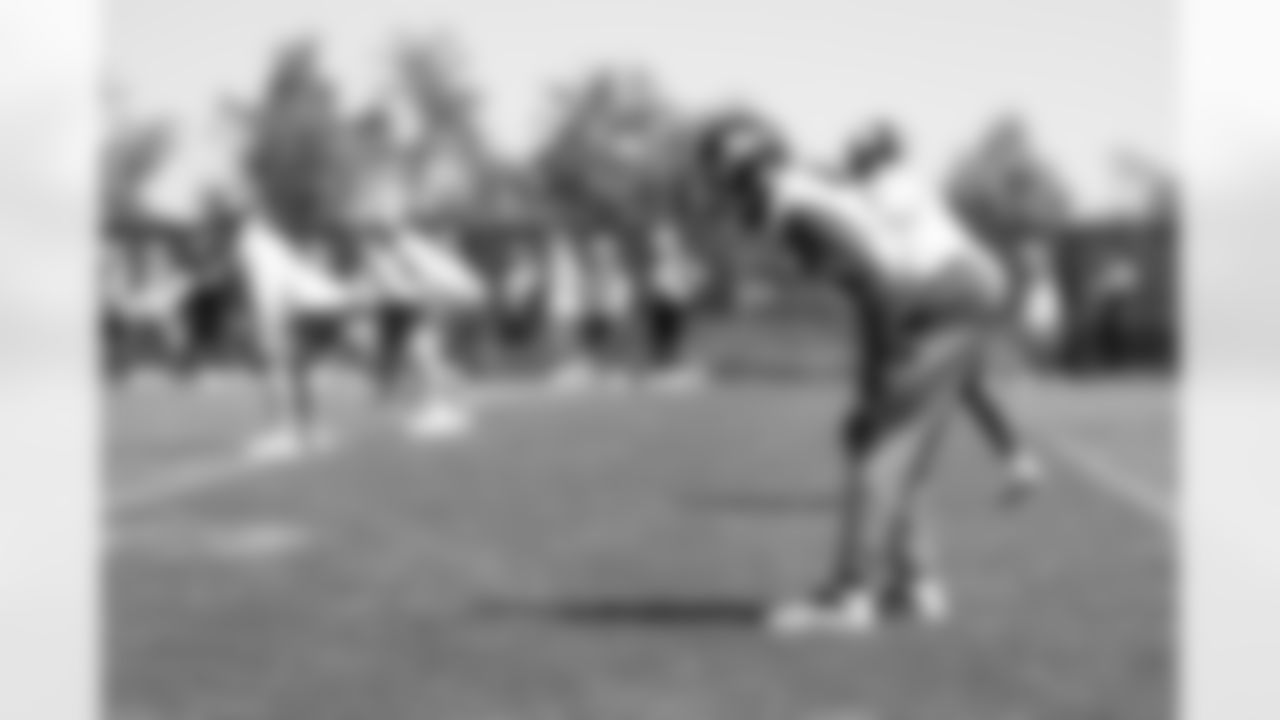
DB Rodarius Williams (25)
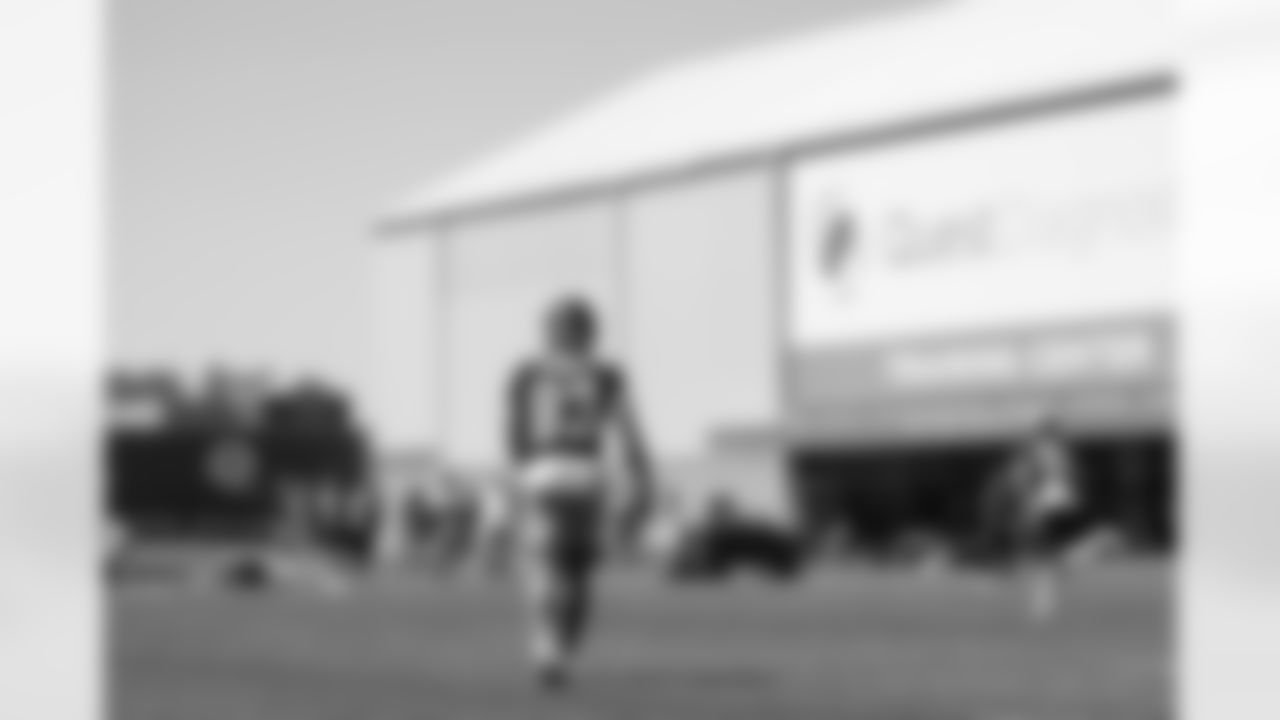
TE Lawrence Cager (83)
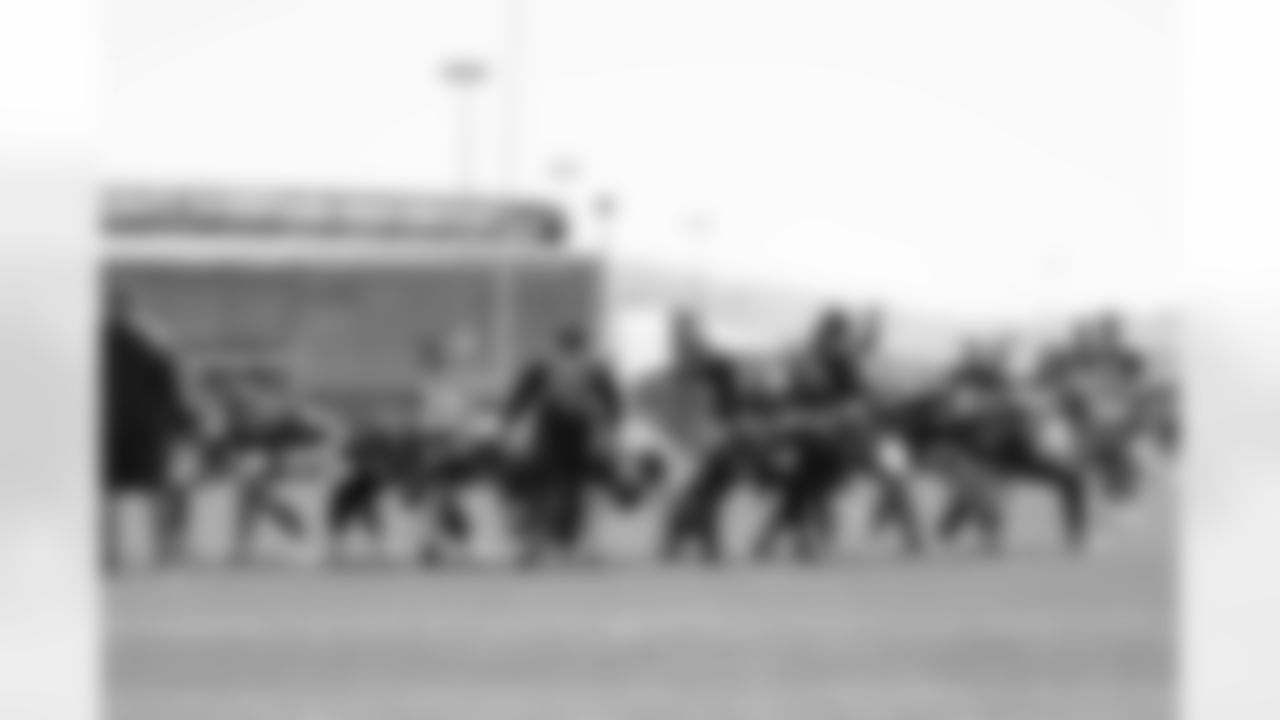
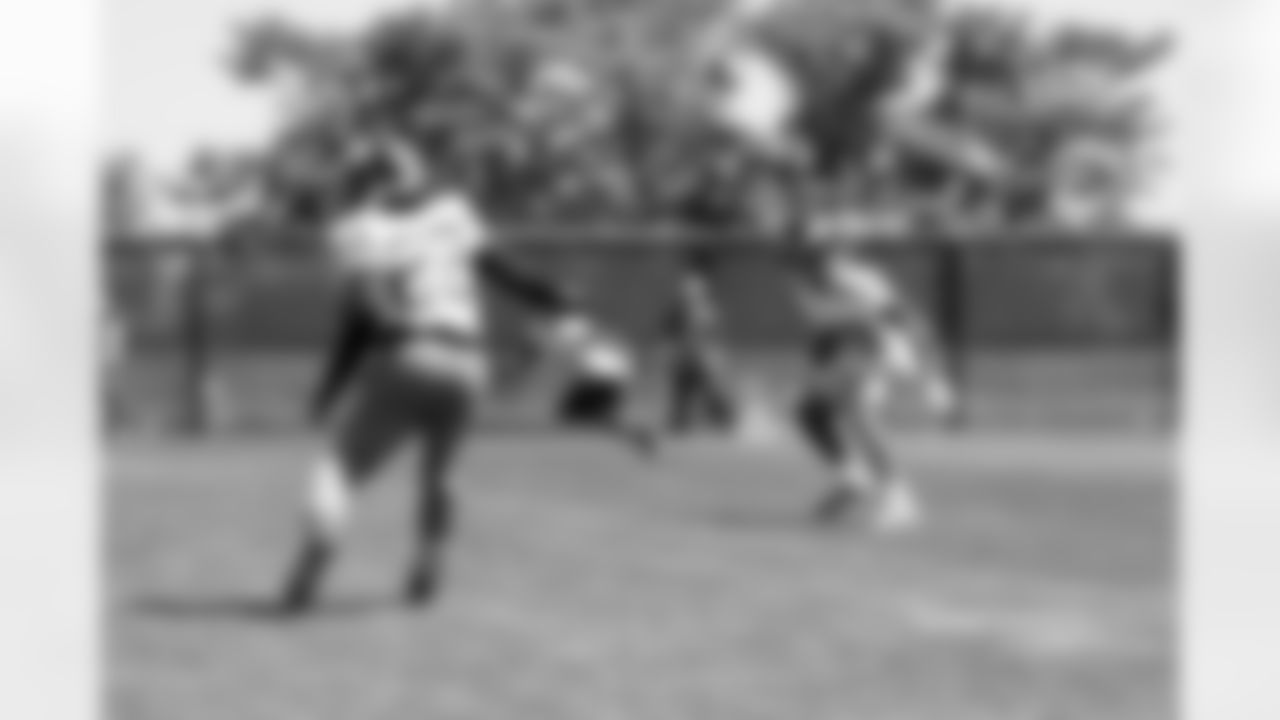
S Xavier McKinney (29)
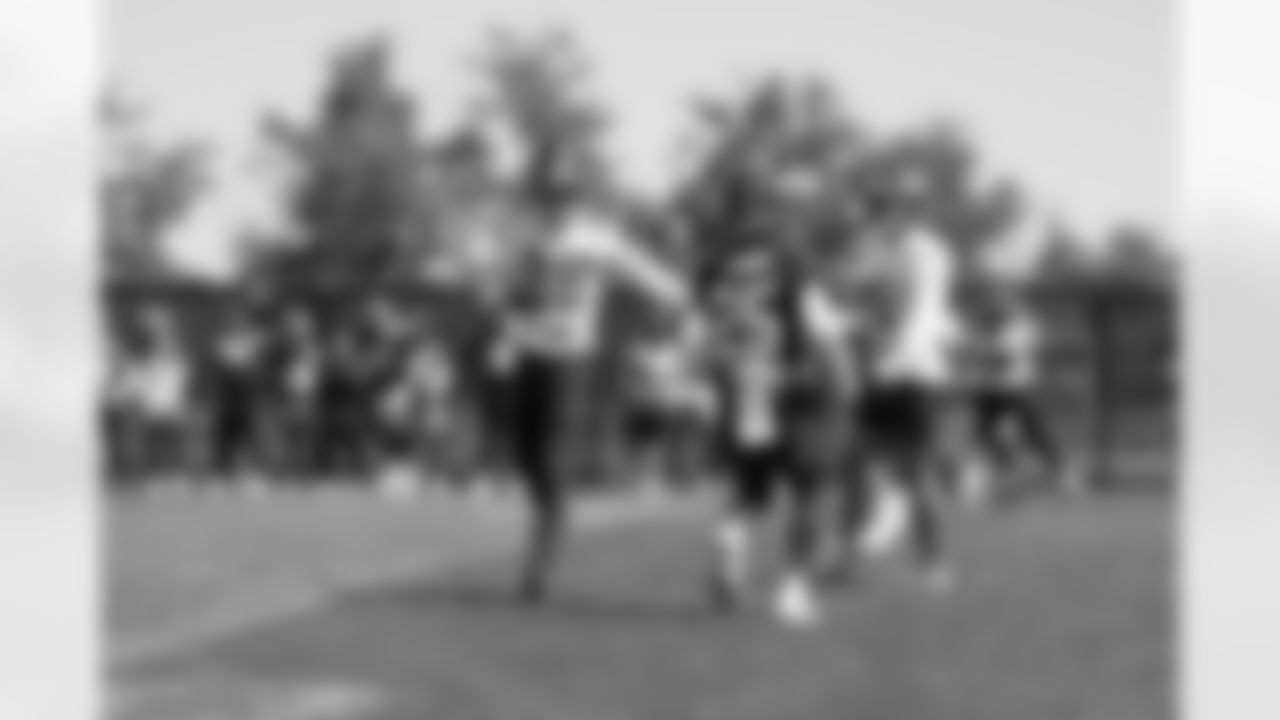
DB Cor'dale Flott (28)
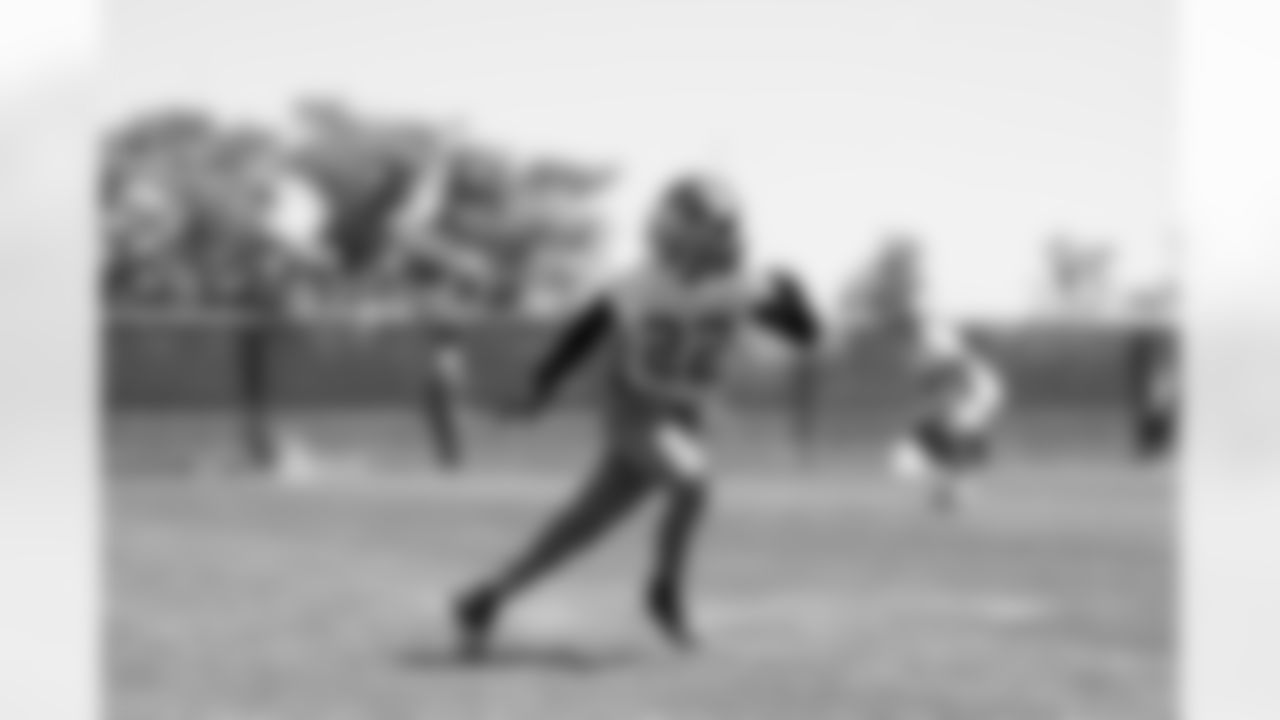
DB Adoree' Jackson (22)
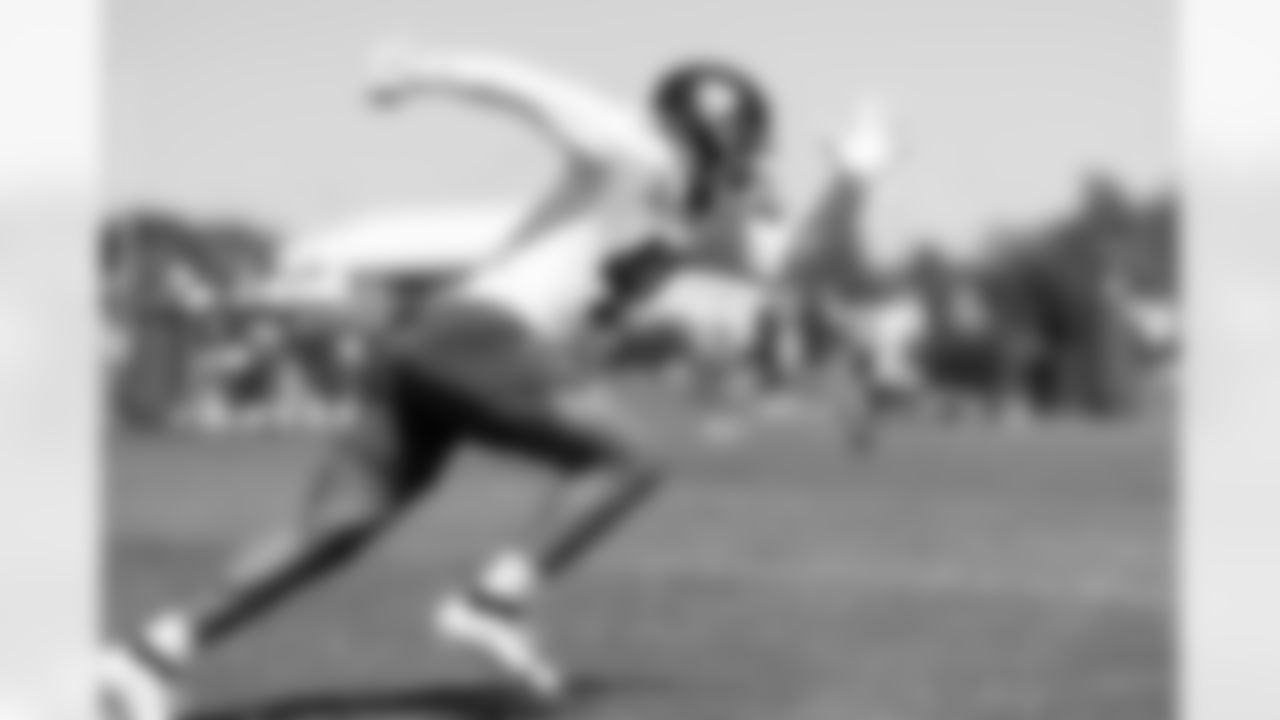
OLB Habakkuk Baldonado (45)
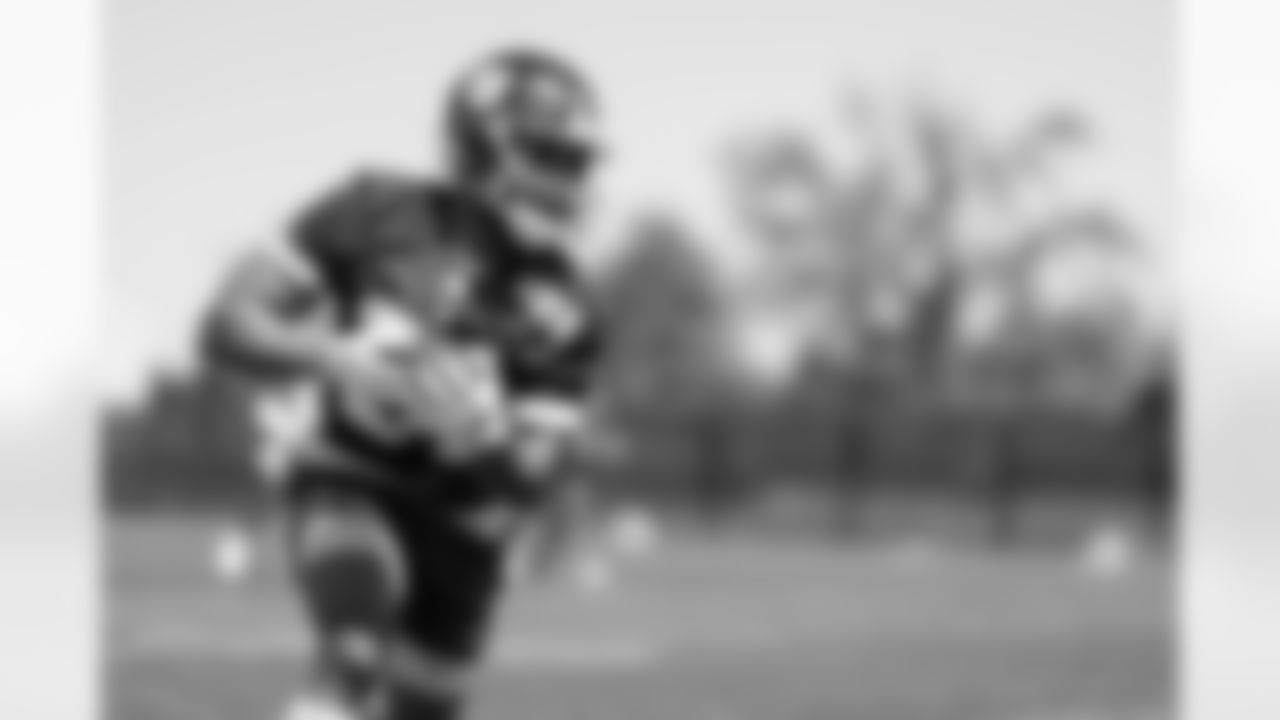
RB Matt Breida (31)

OLB Kayvon Thibodeaux (5)

OLB Habakkuk Baldonado (45)

OLB Kayvon Thibodeaux (5)

OLB Tomon Fox (49)
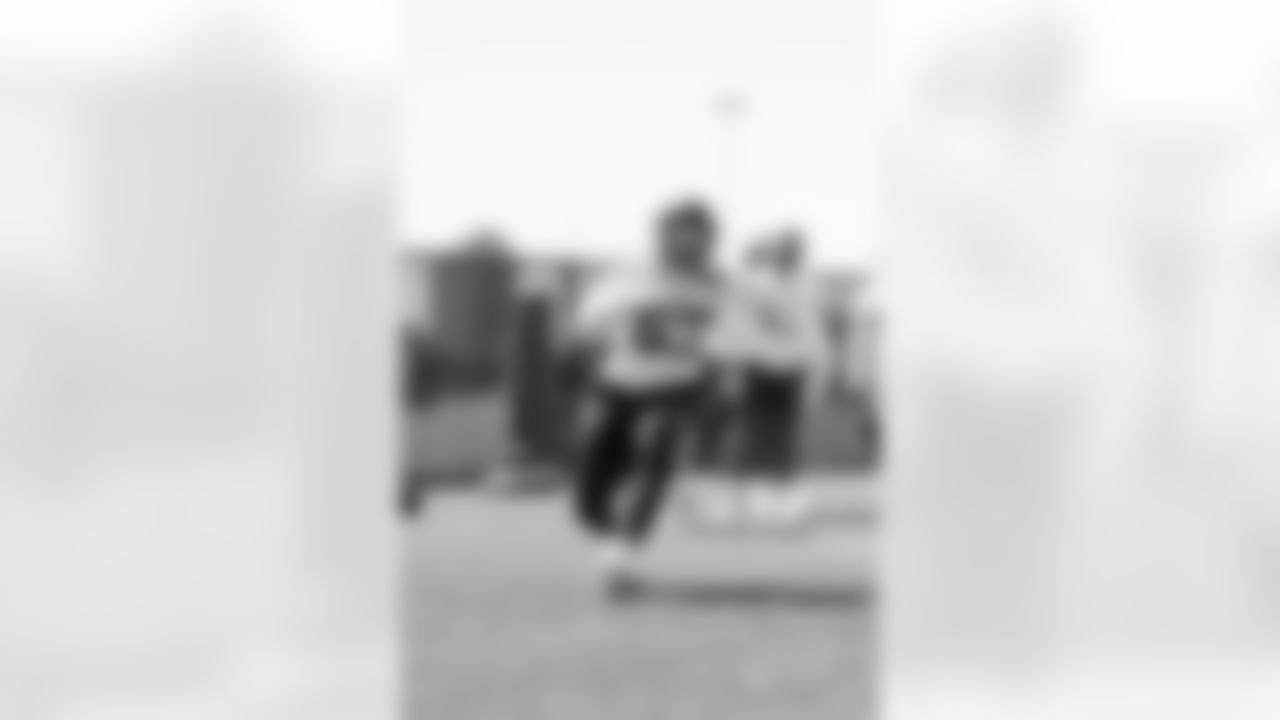
LB Oshane Ximines (53)

OLB Kayvon Thibodeaux (5)
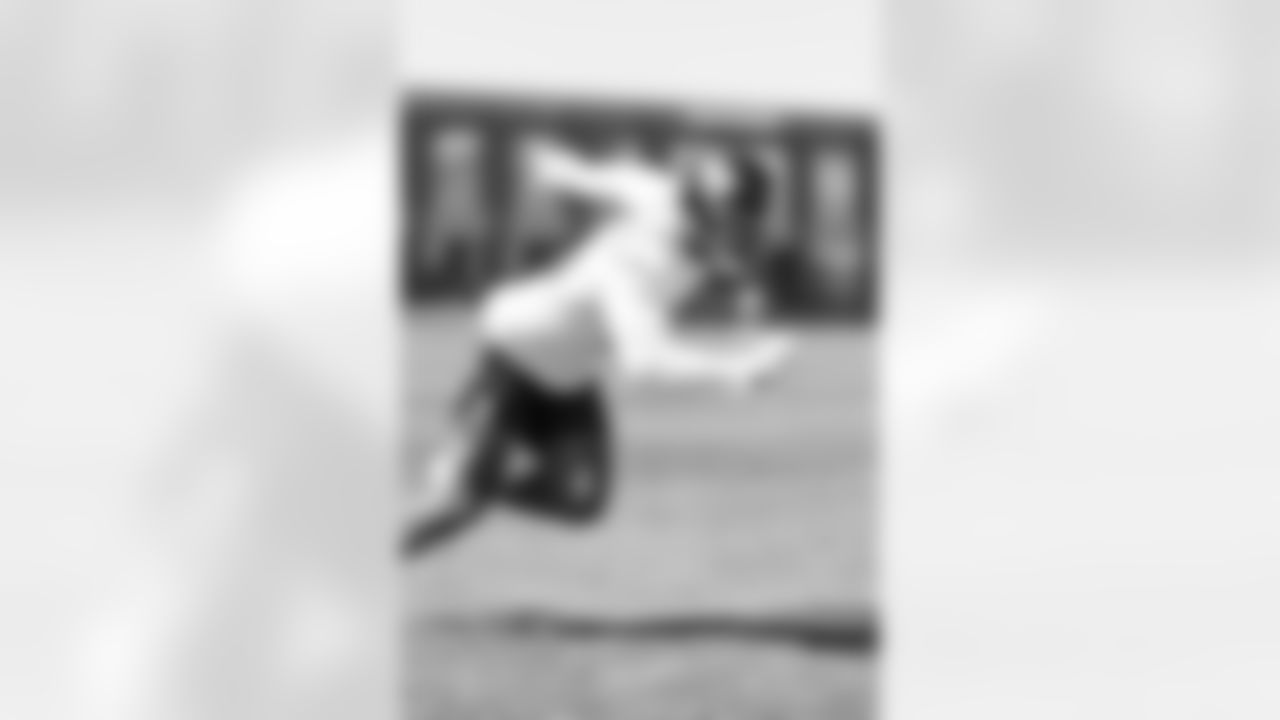
OLB Habakkuk Baldonado (45)

LB Jihad Ward (55)

LB Jihad Ward (55)
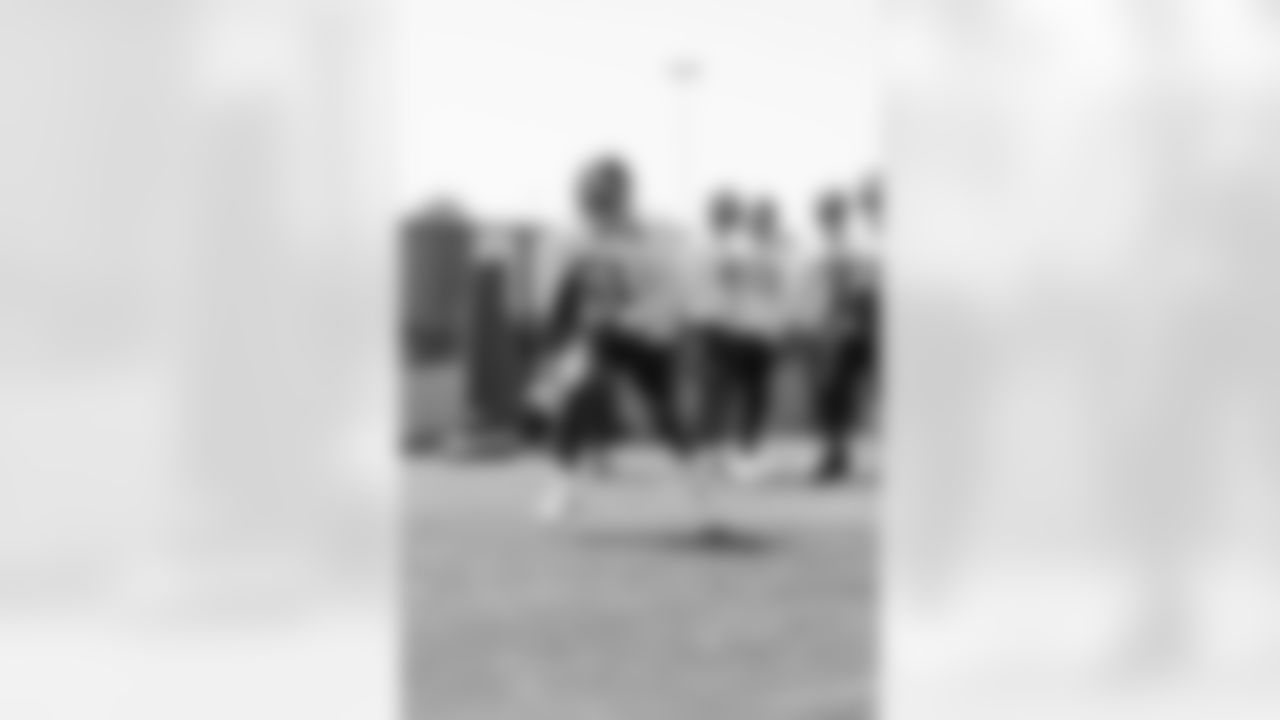
LB Azeez Ojulari (51)
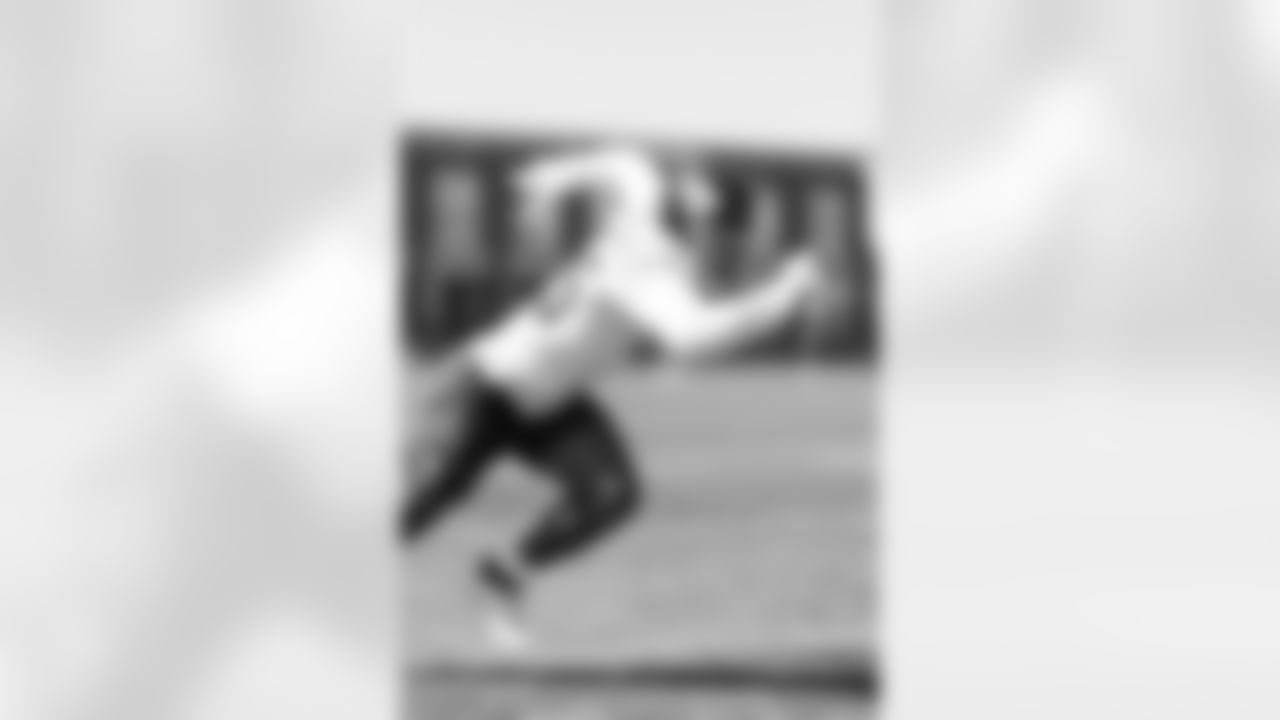
OLB Habakkuk Baldonado (45)
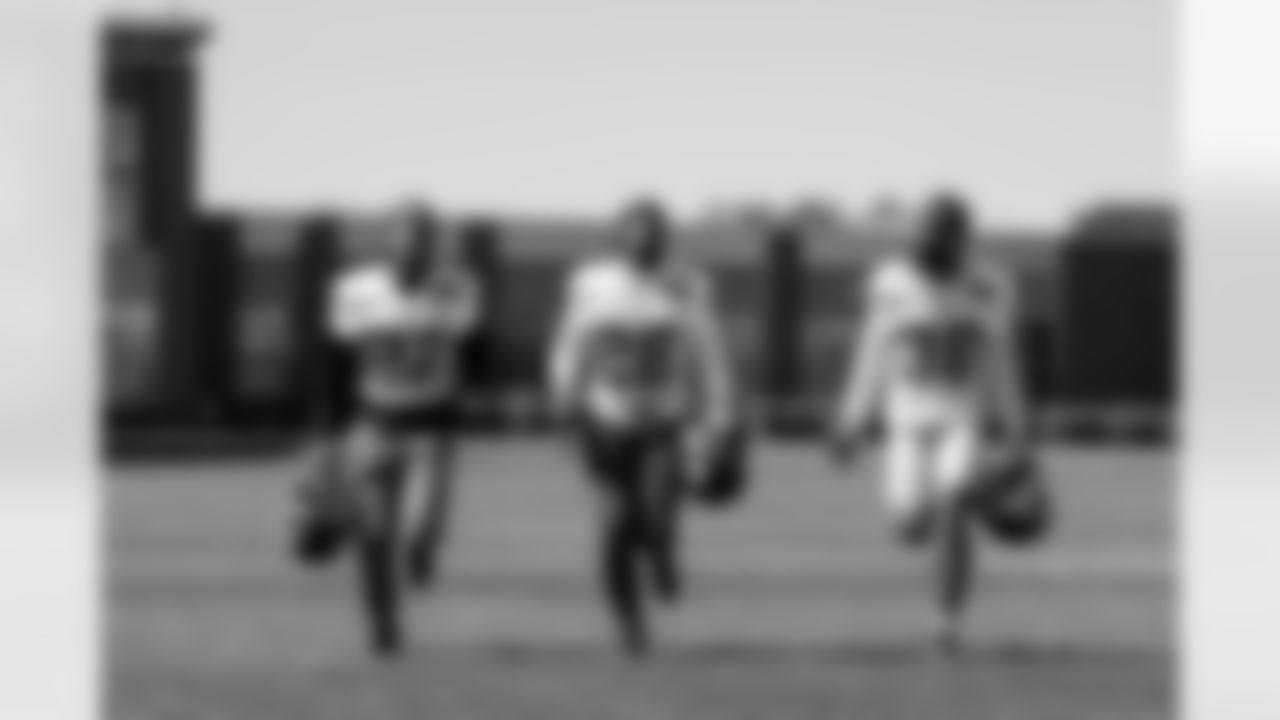
DB Adoree' Jackson (22), DB Cor'dale Flott (28), DB Zyon Gilbert (38)
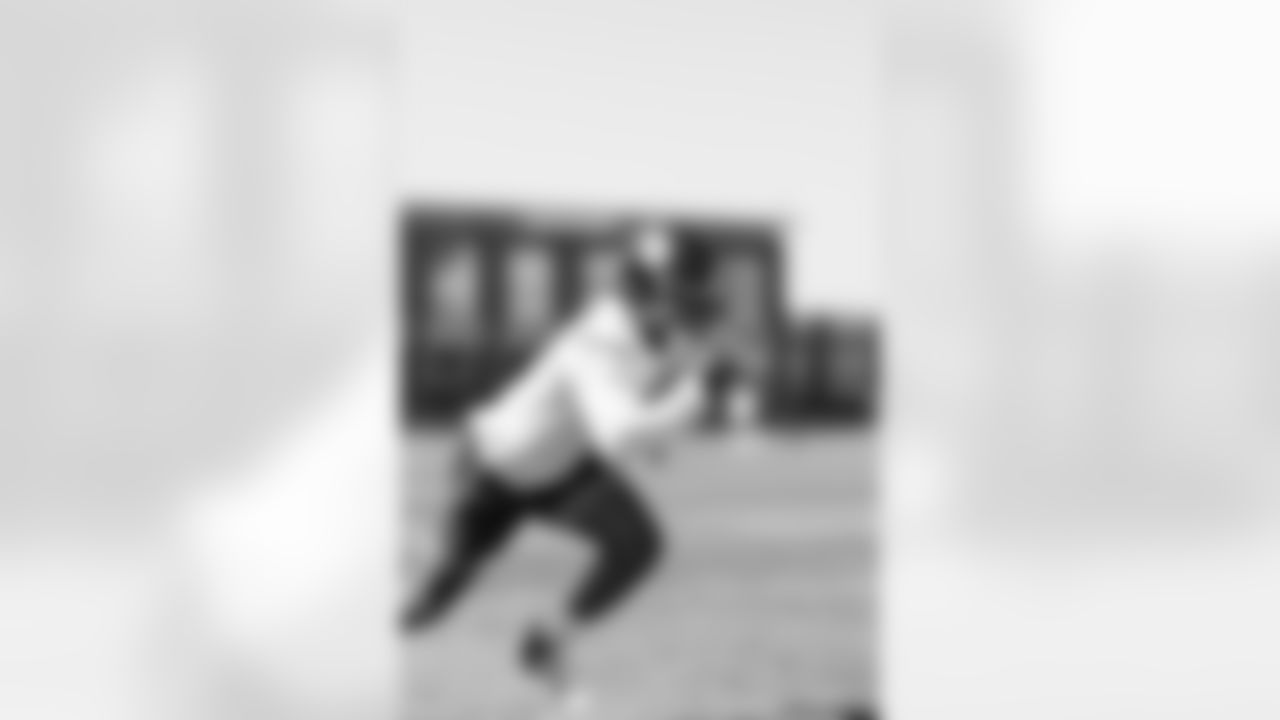
OLB Kayvon Thibodeaux (5)
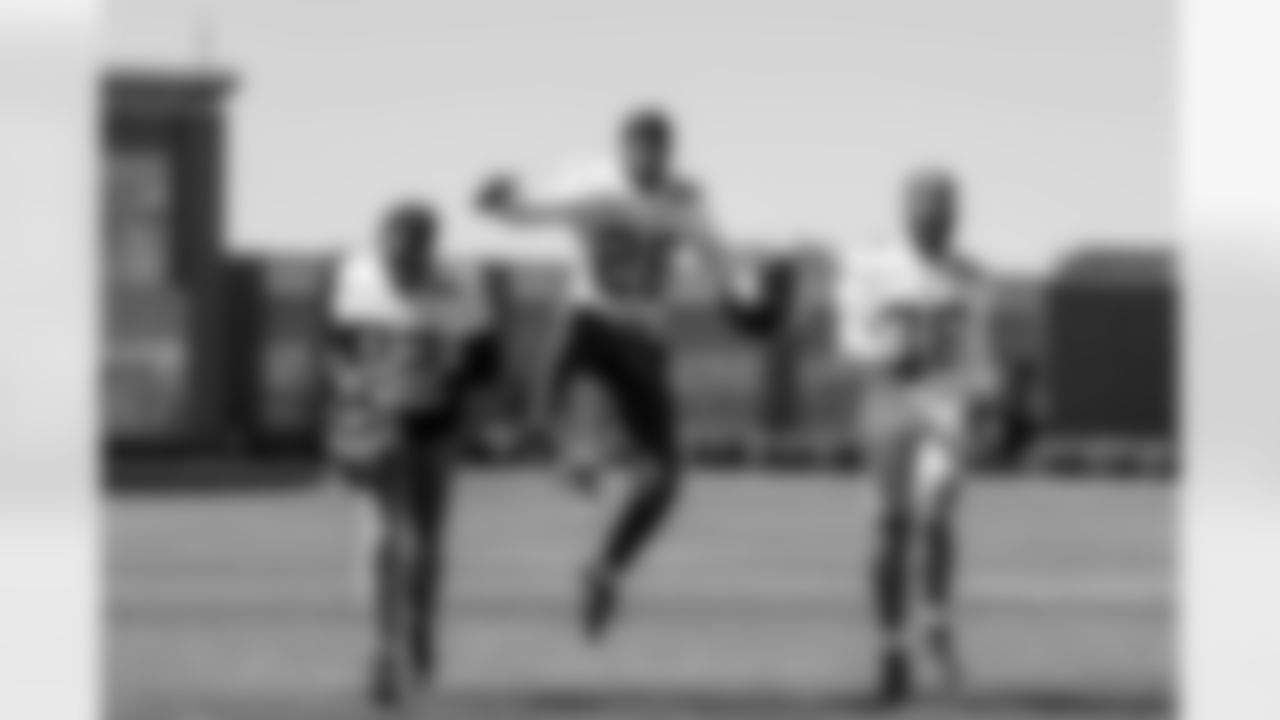
DB Adoree' Jackson (22), DB Cor'dale Flott (28), DB Zyon Gilbert (38)
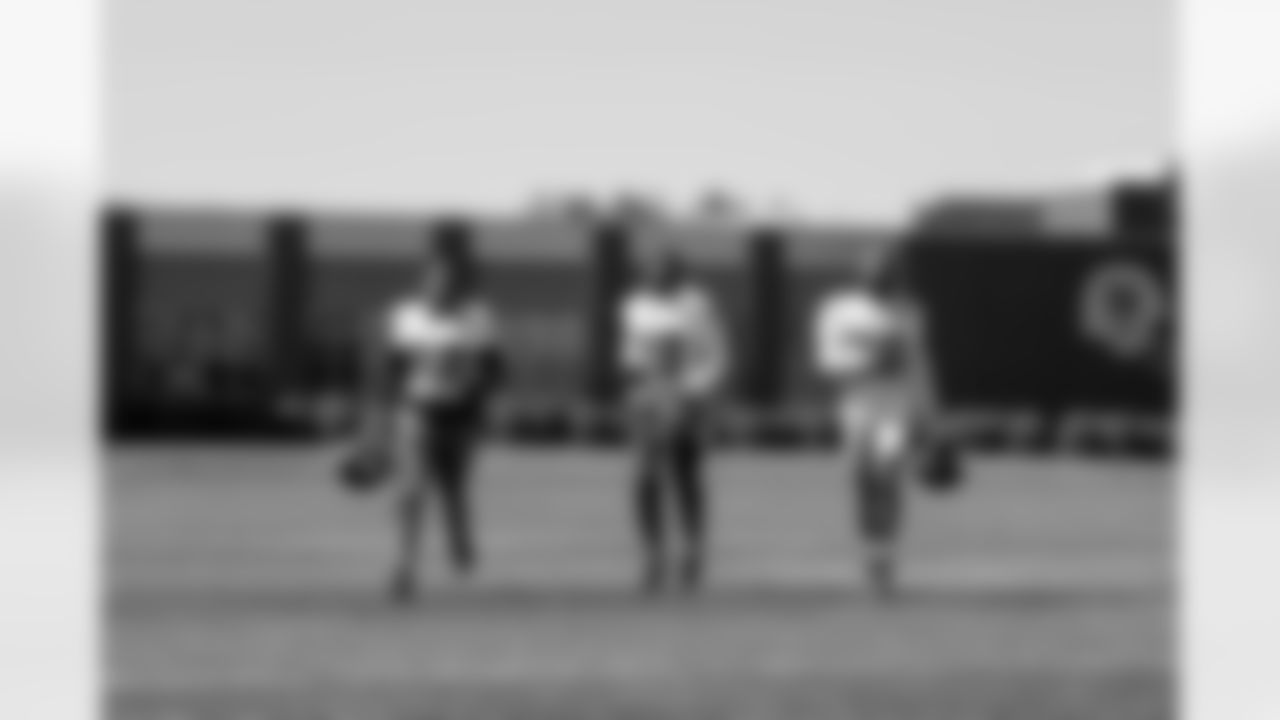
DB Adoree' Jackson (22), DB Cor'dale Flott (28), DB Zyon Gilbert (38)

OL John Michael Schmitz Jr (61), QB Daniel Jones (8)
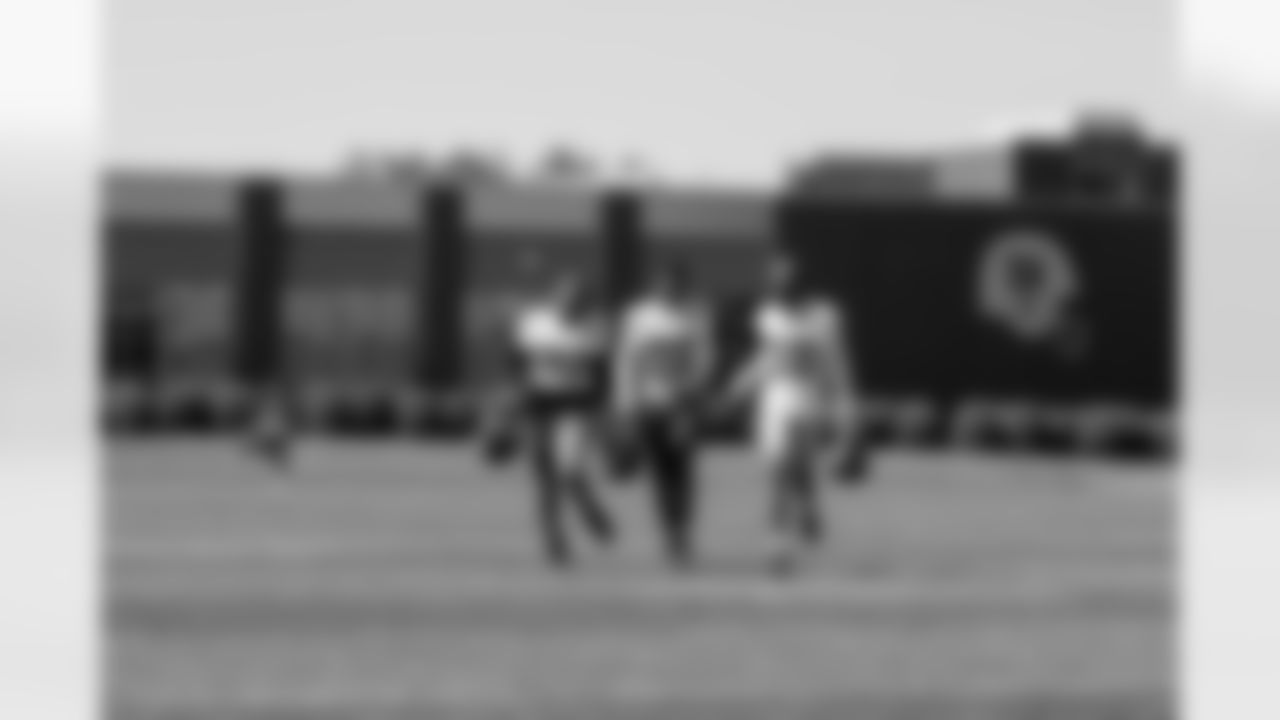
DB Adoree' Jackson (22), DB Cor'dale Flott (28), DB Zyon Gilbert (38)
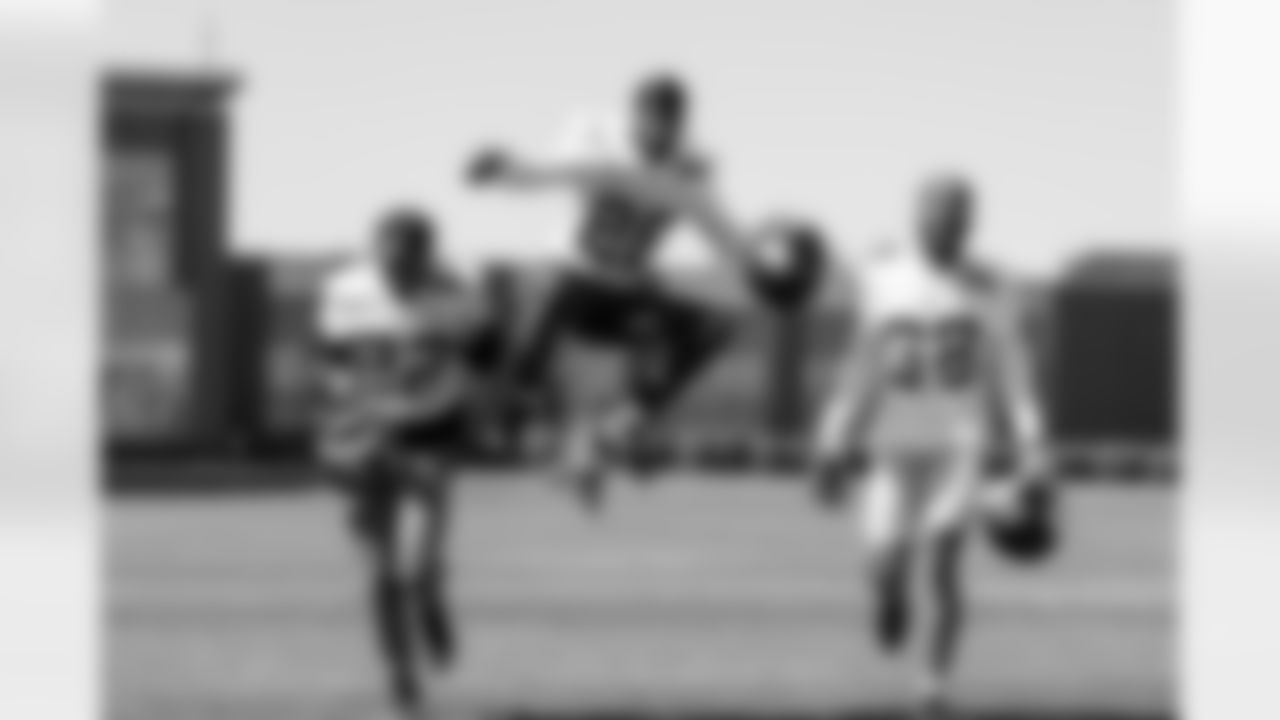
DB Adoree' Jackson (22), DB Cor'dale Flott (28), DB Zyon Gilbert (38)
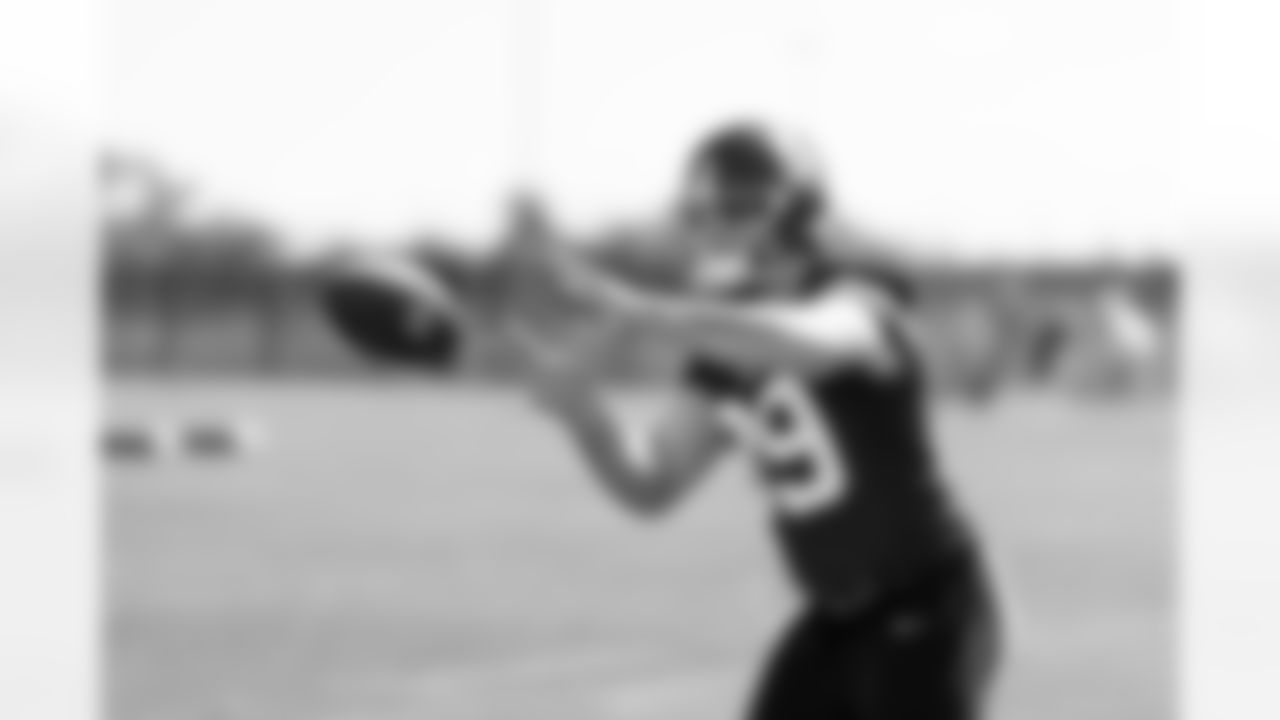
TE Tommy Sweeney (89)
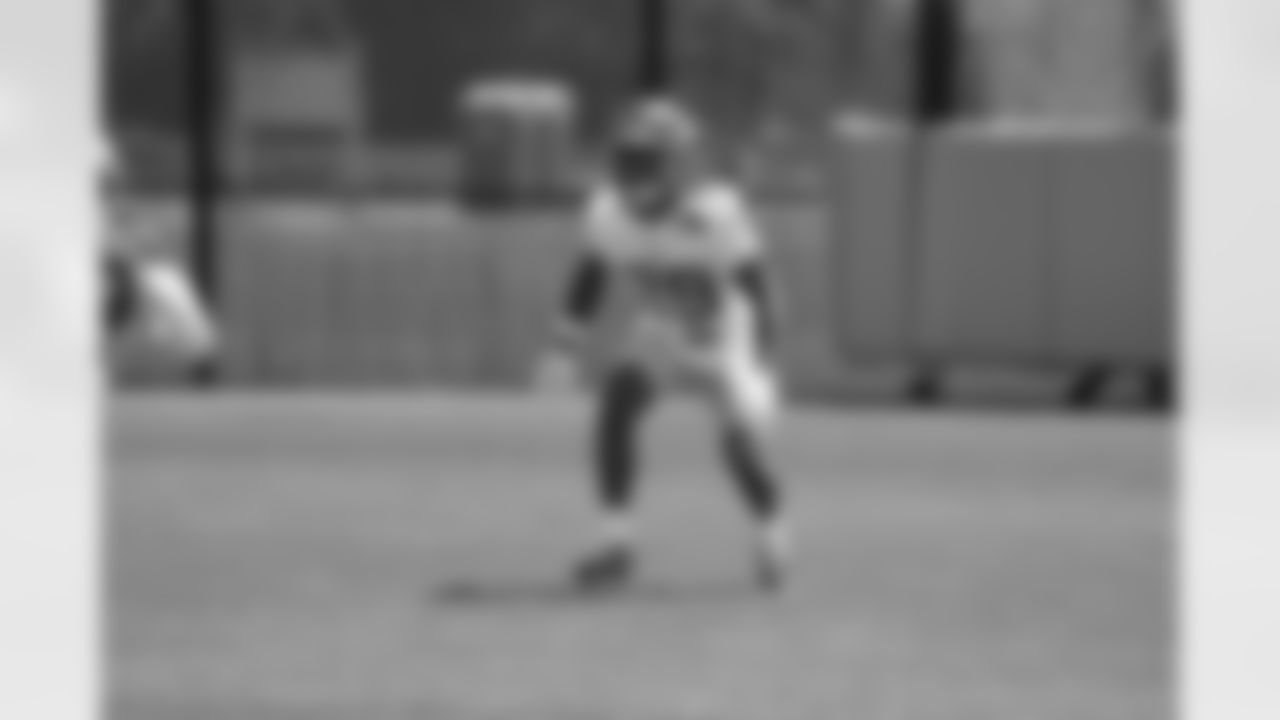
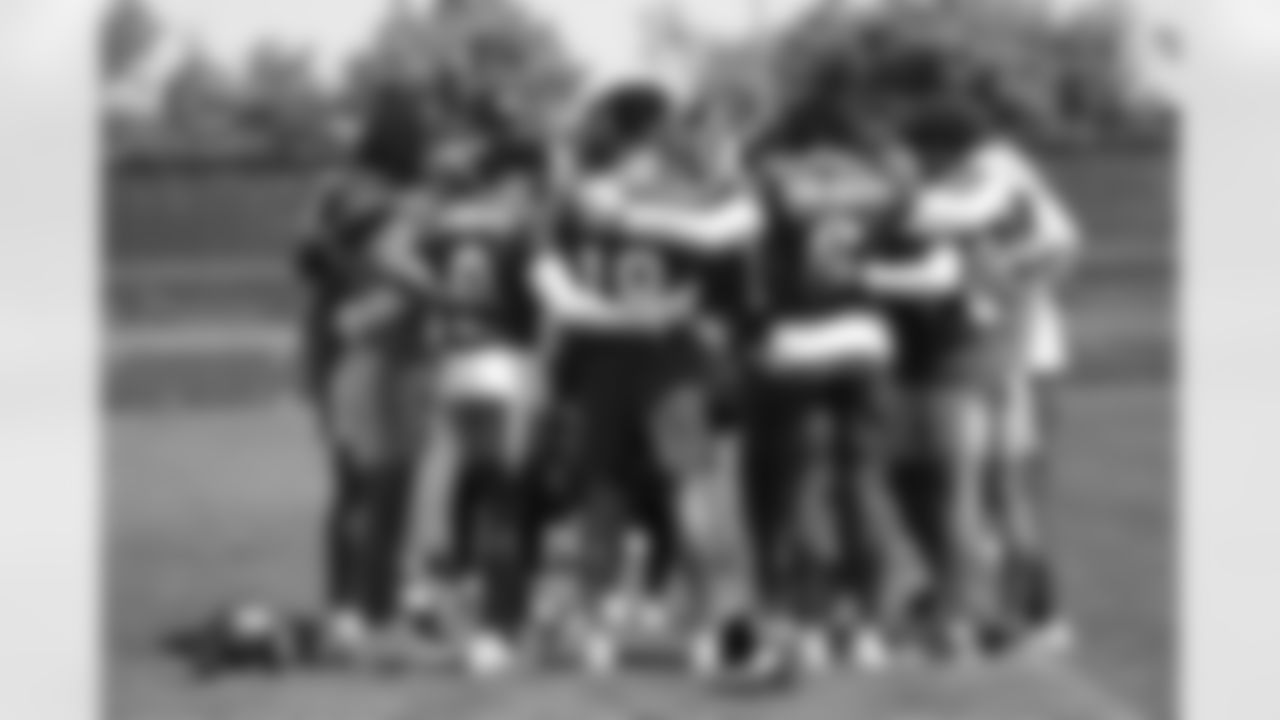
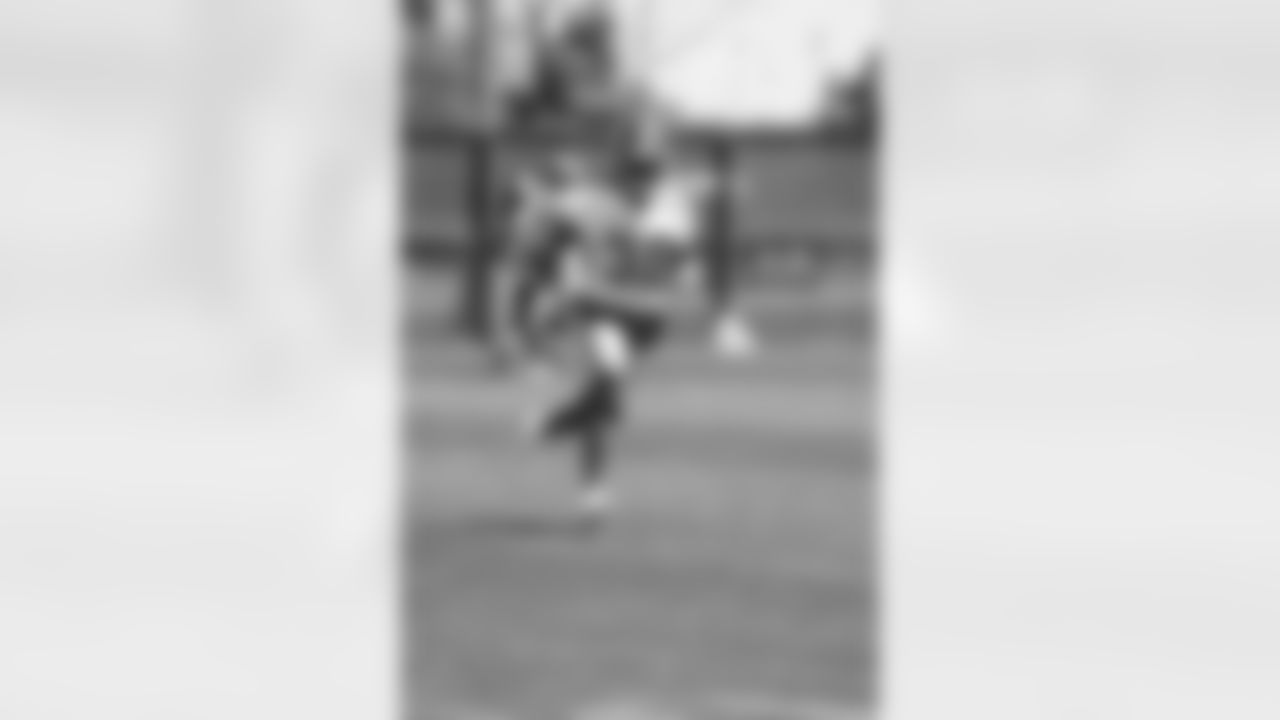

WR Jeff Smith II (19)

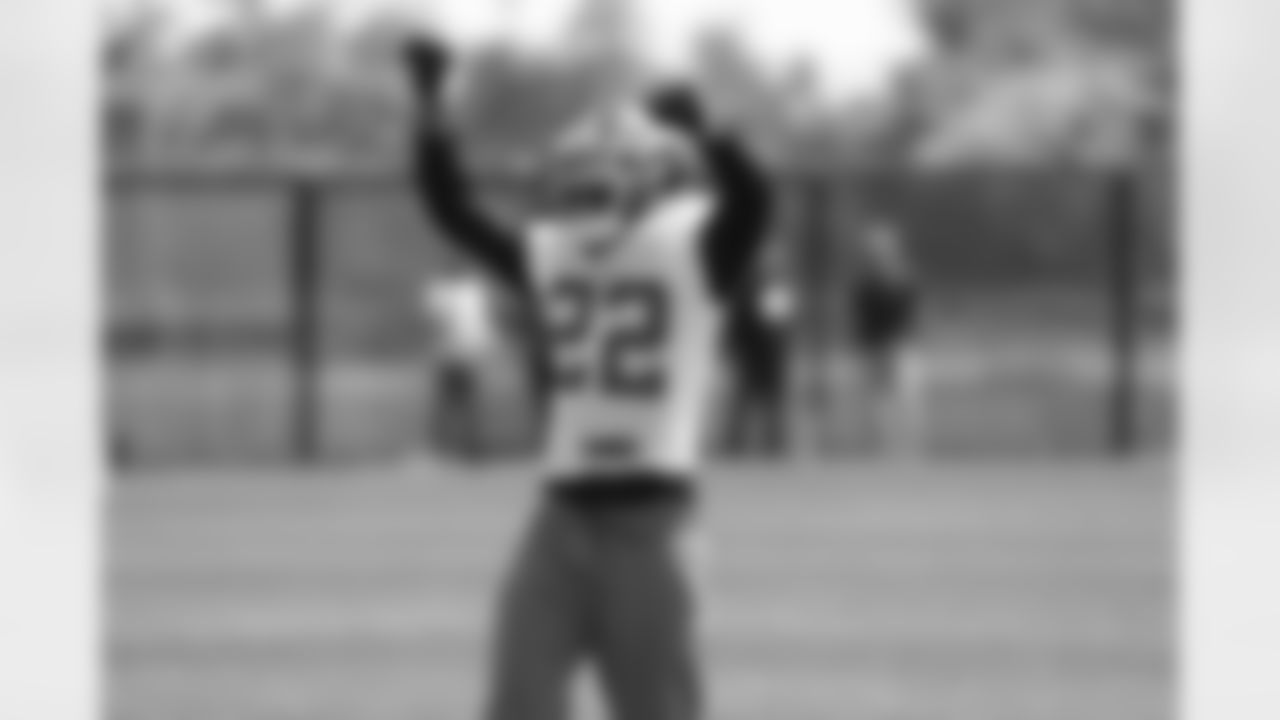
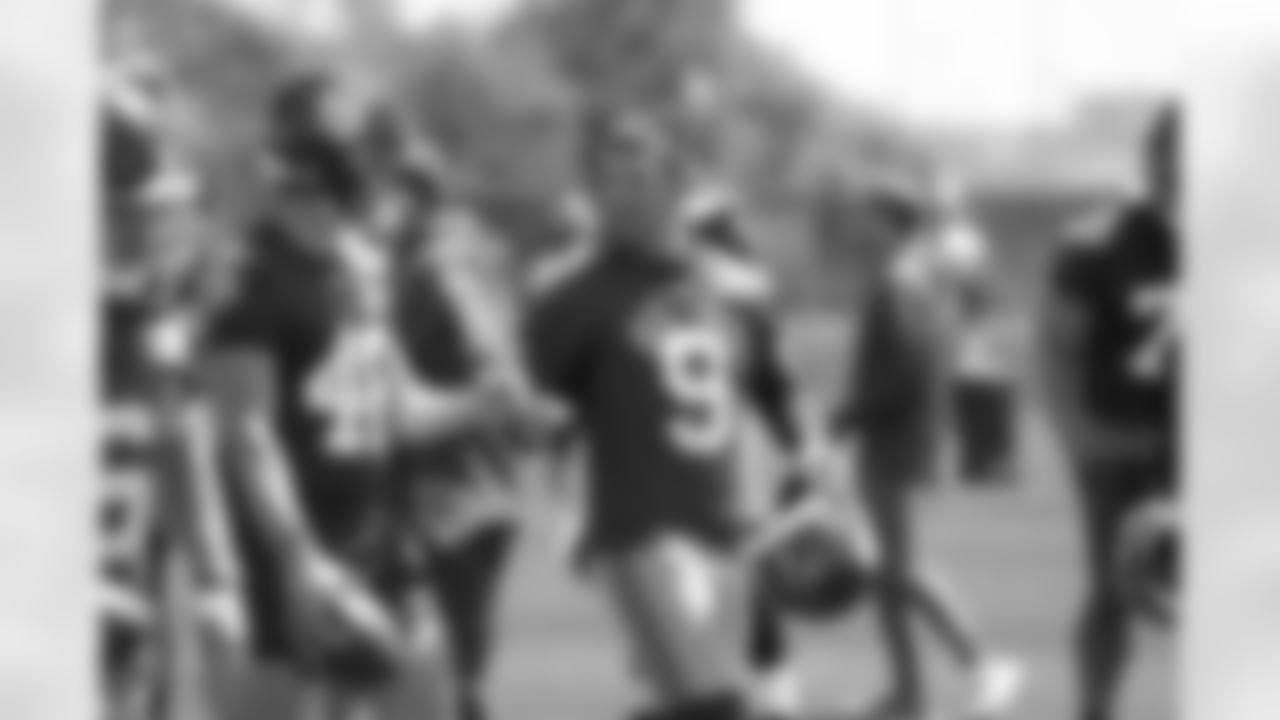
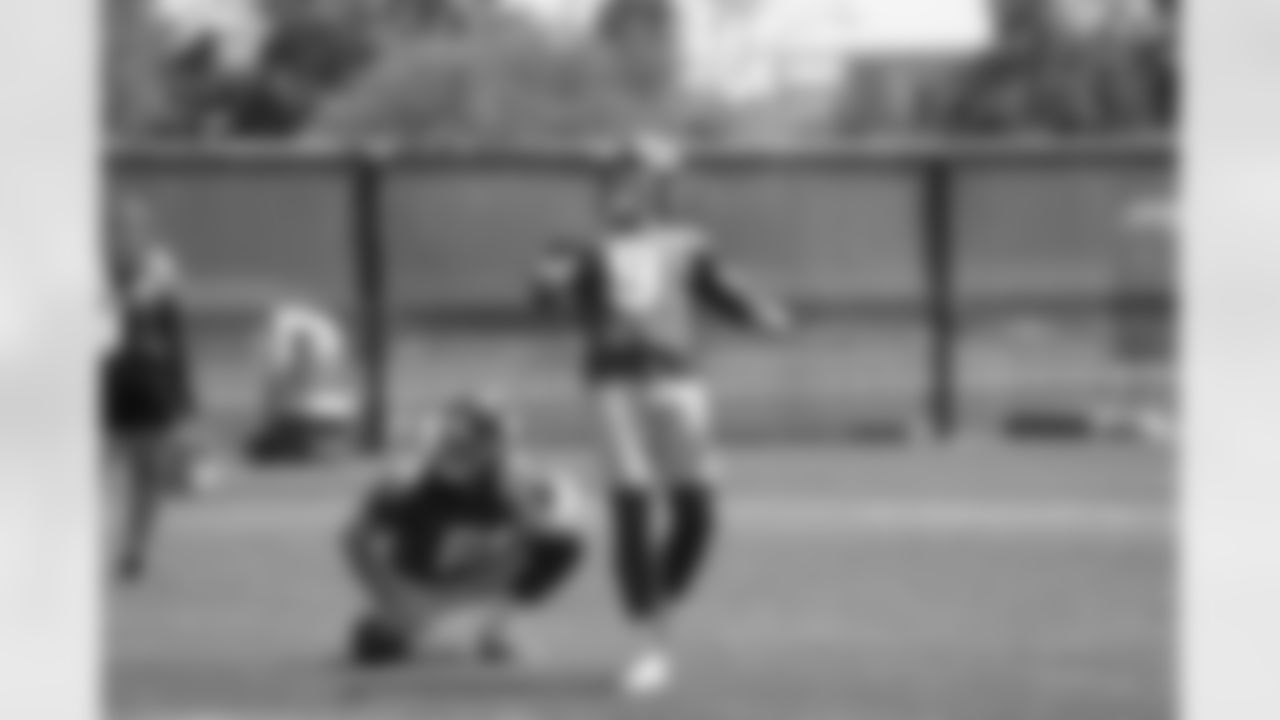
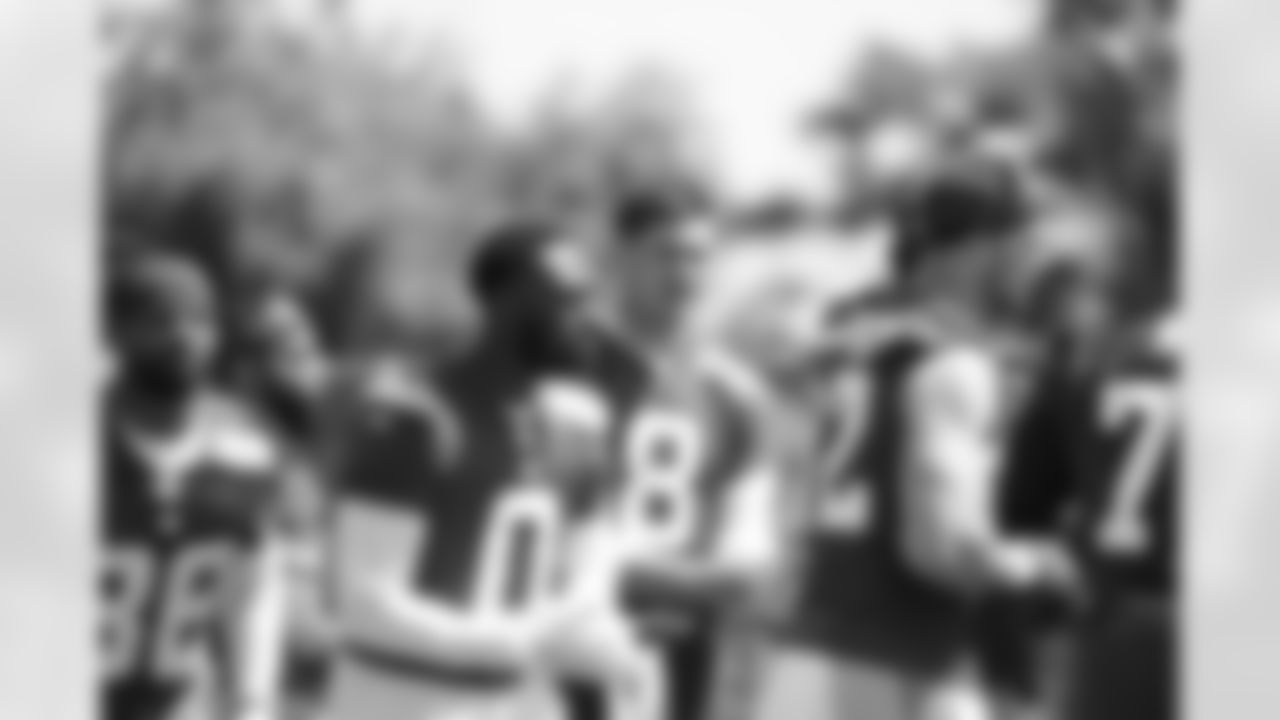
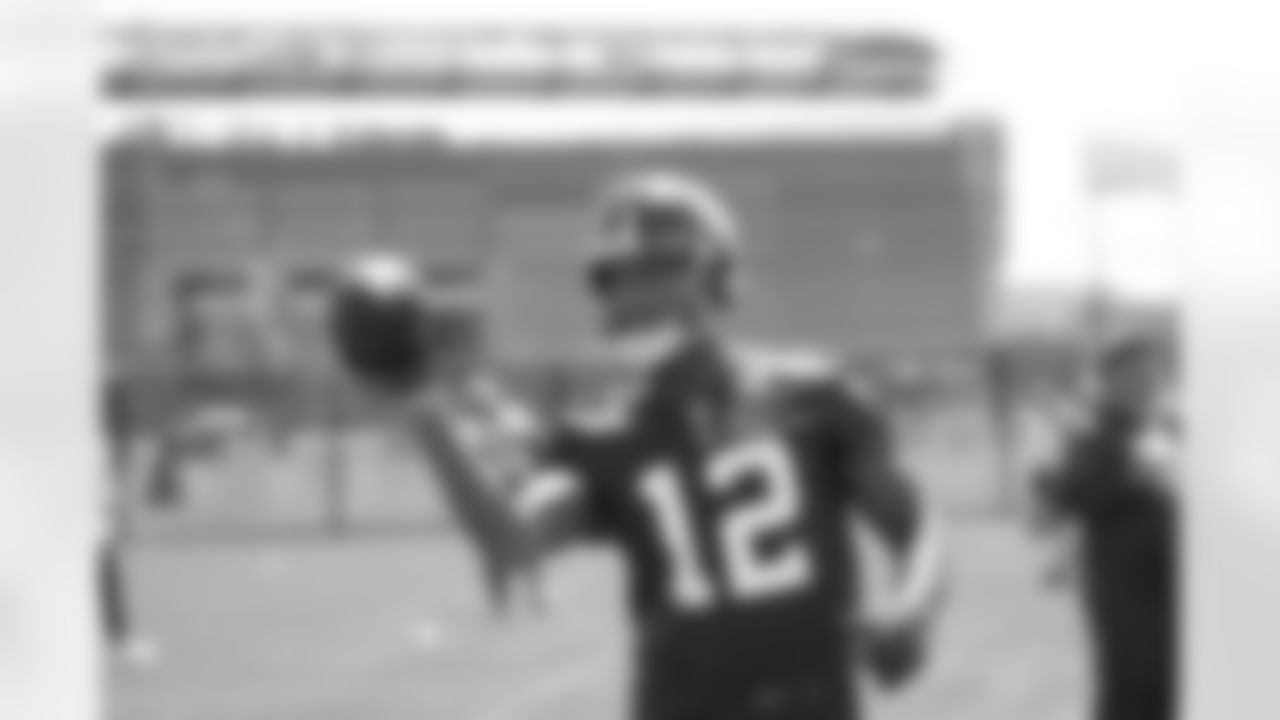
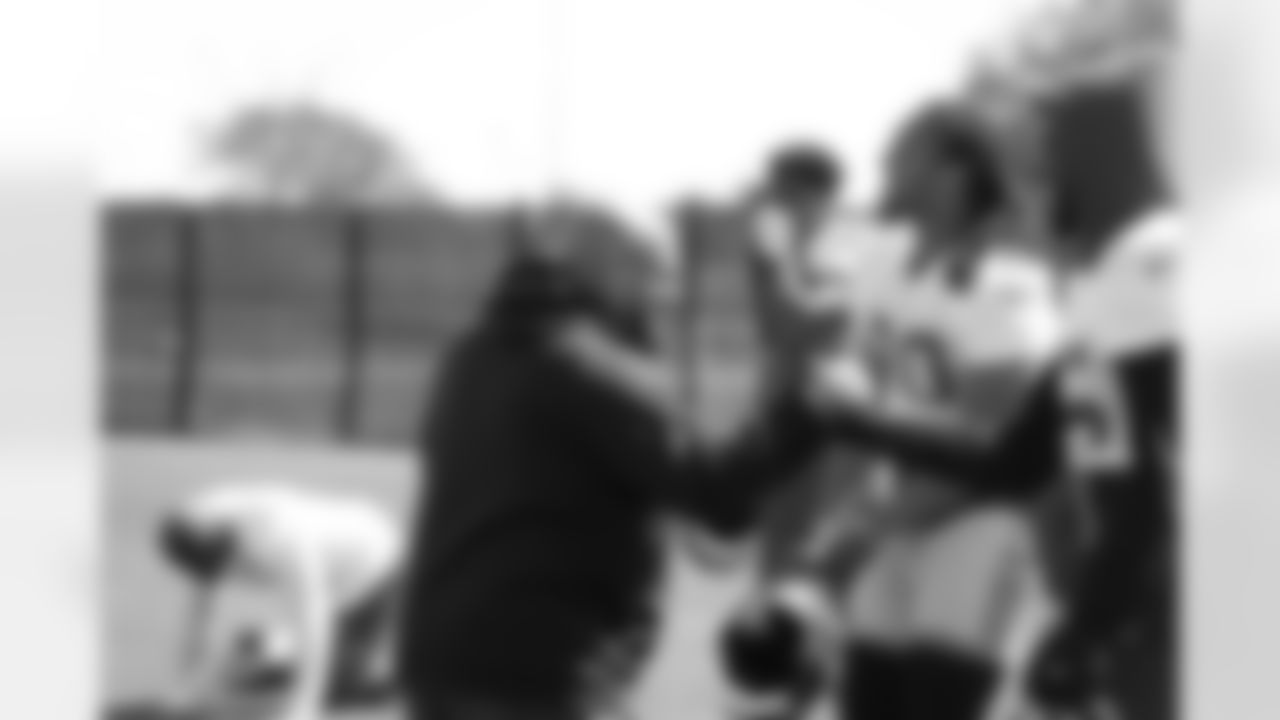
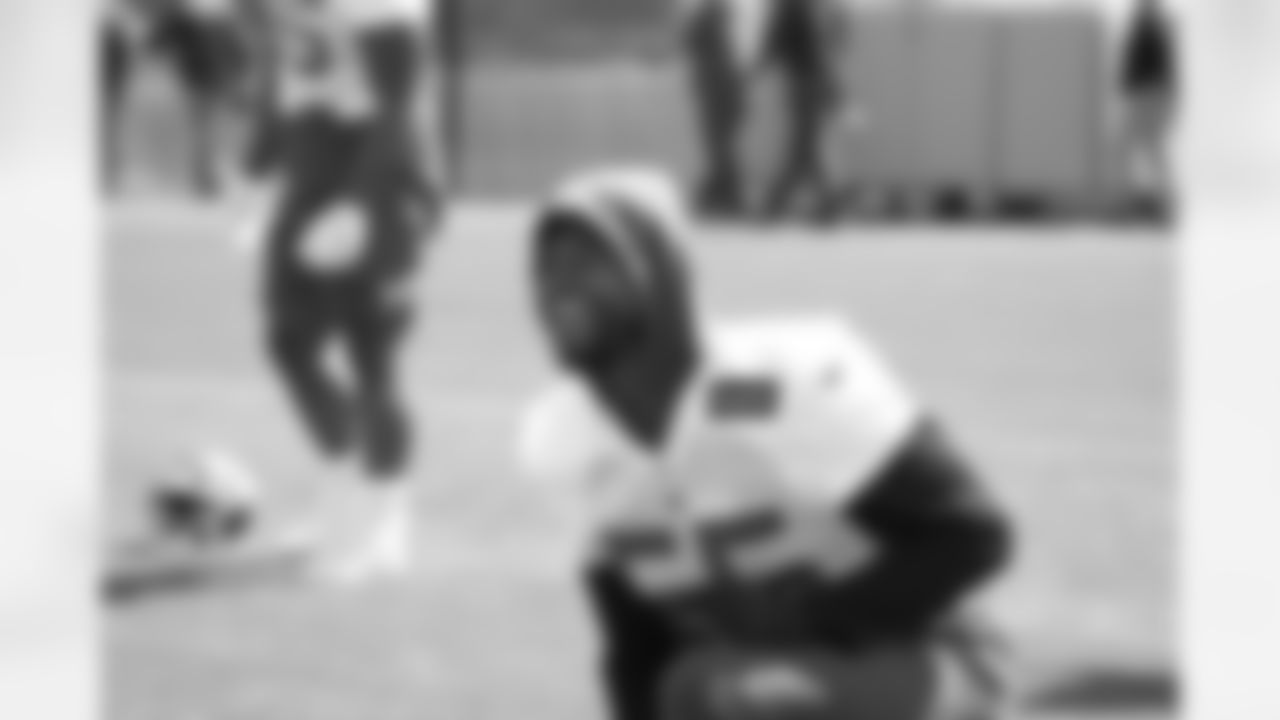
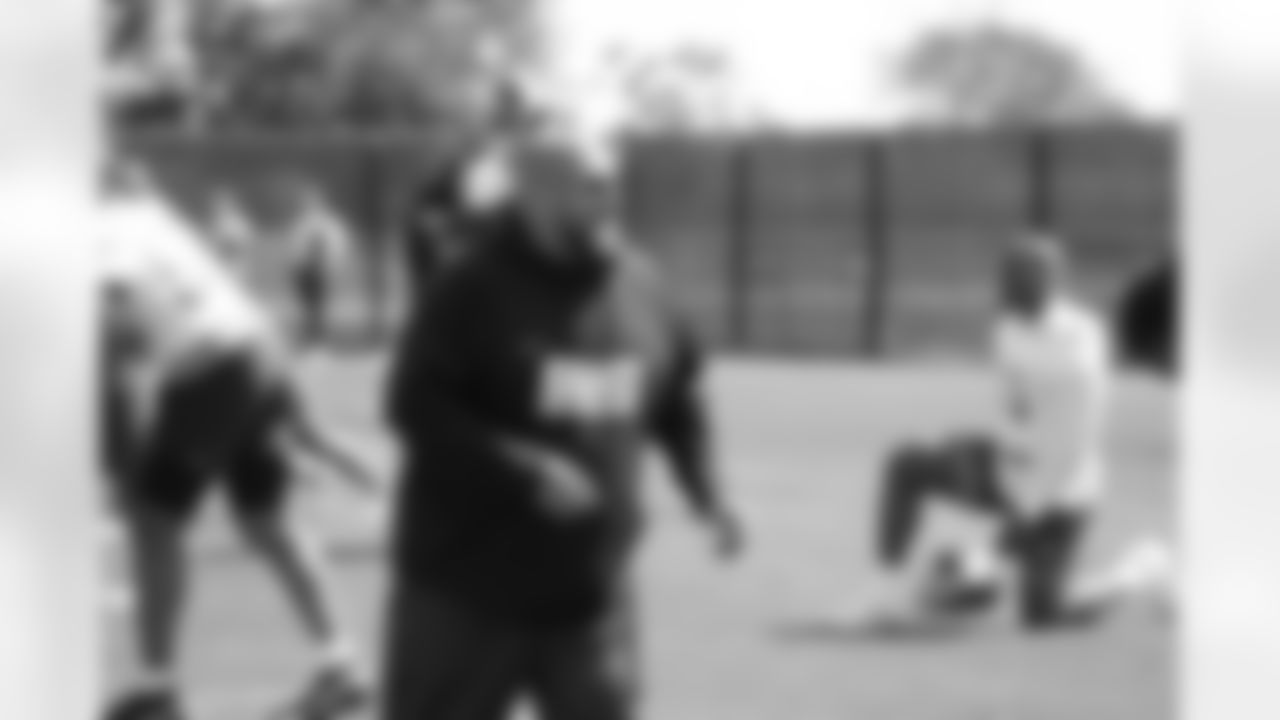

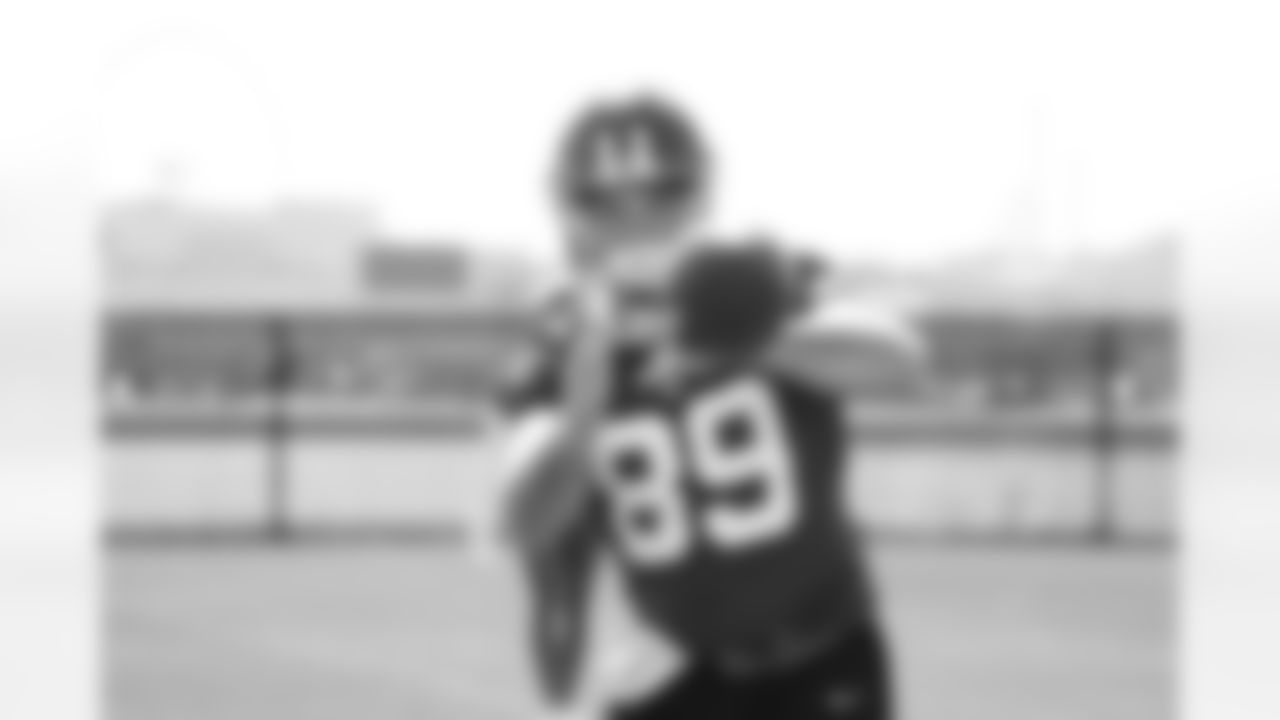
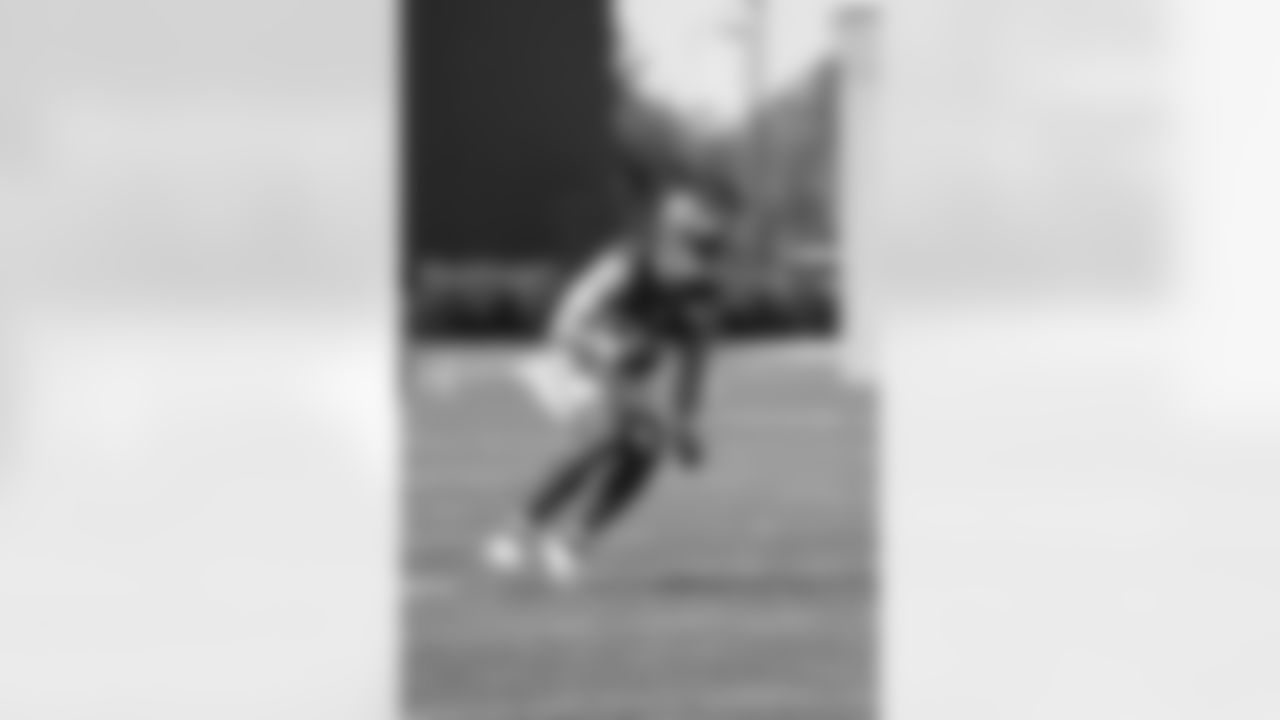
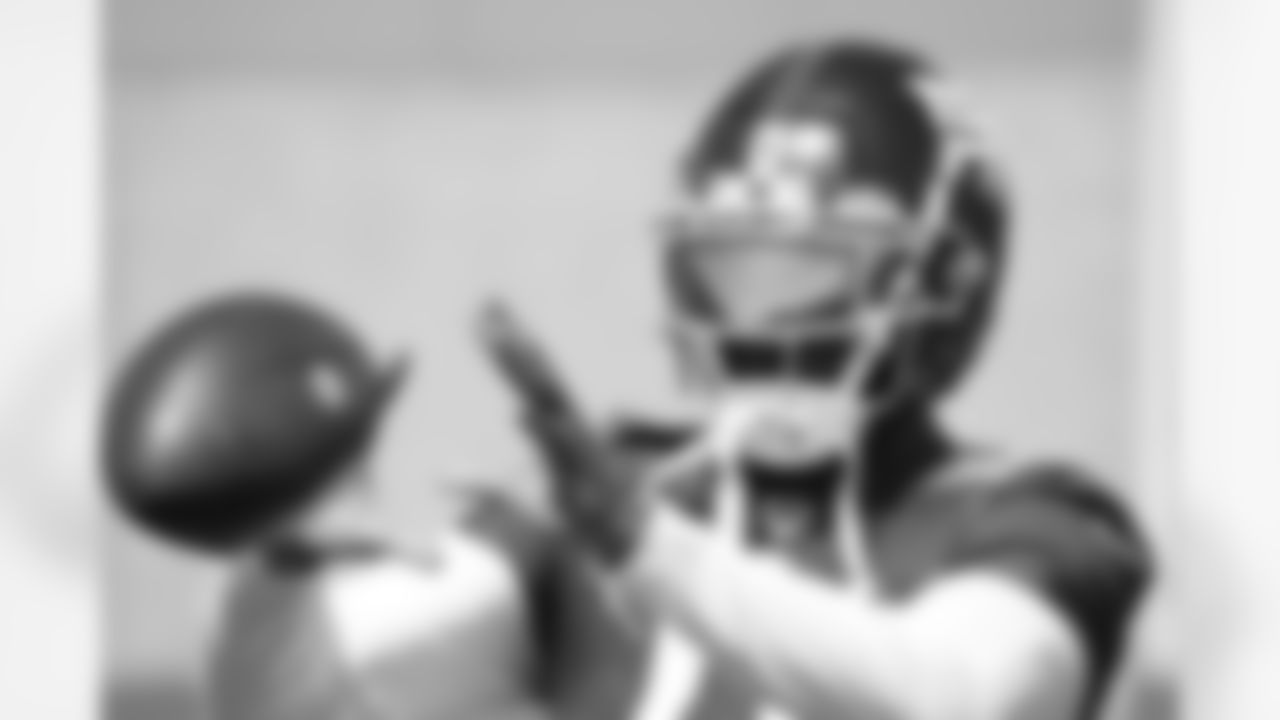
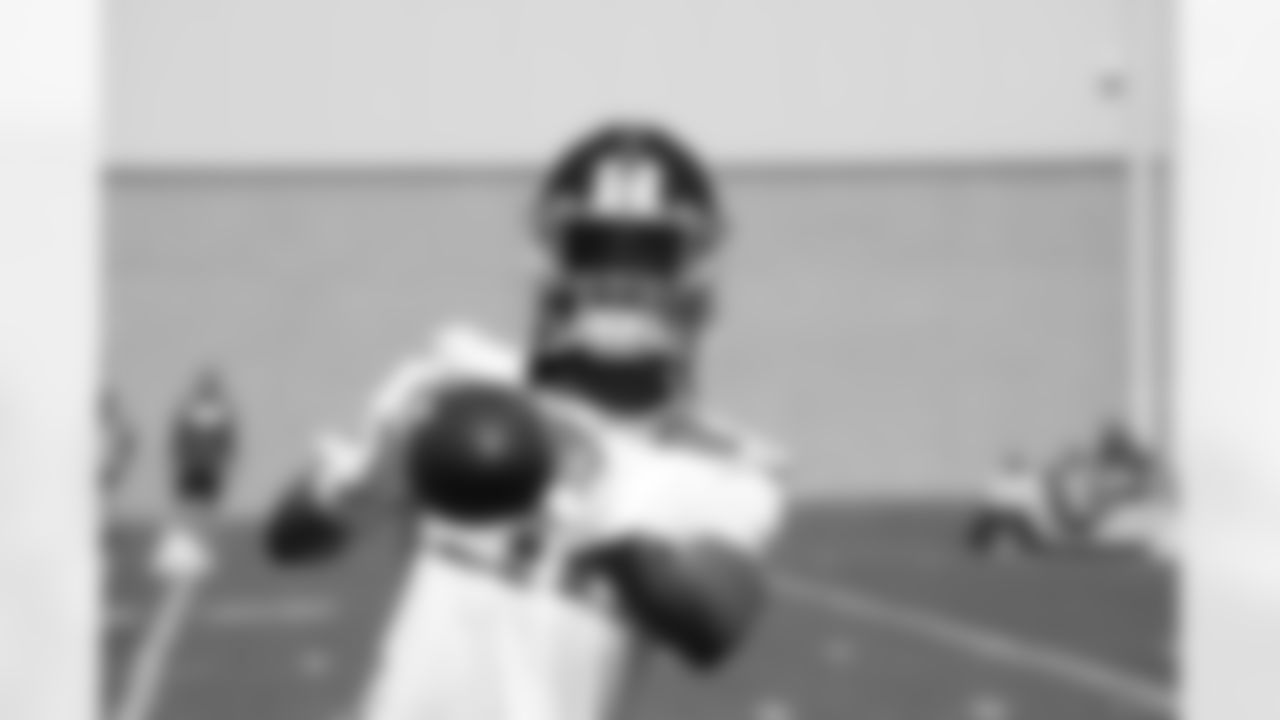
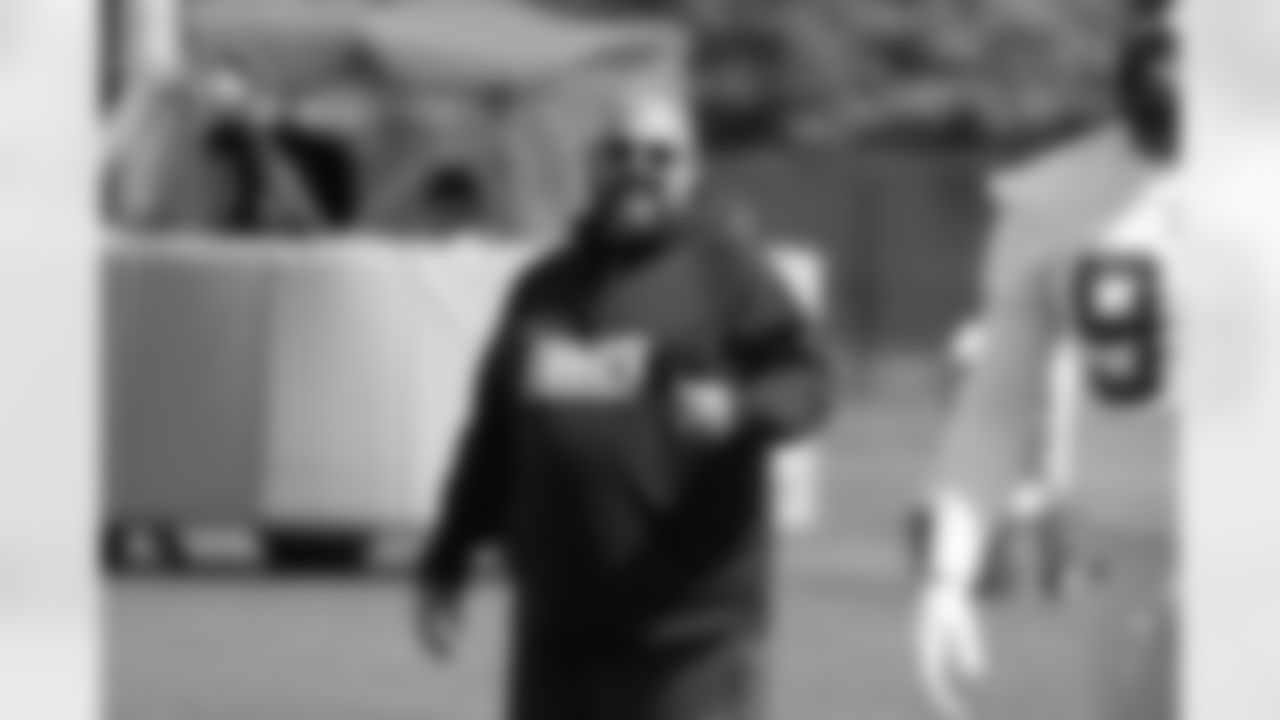
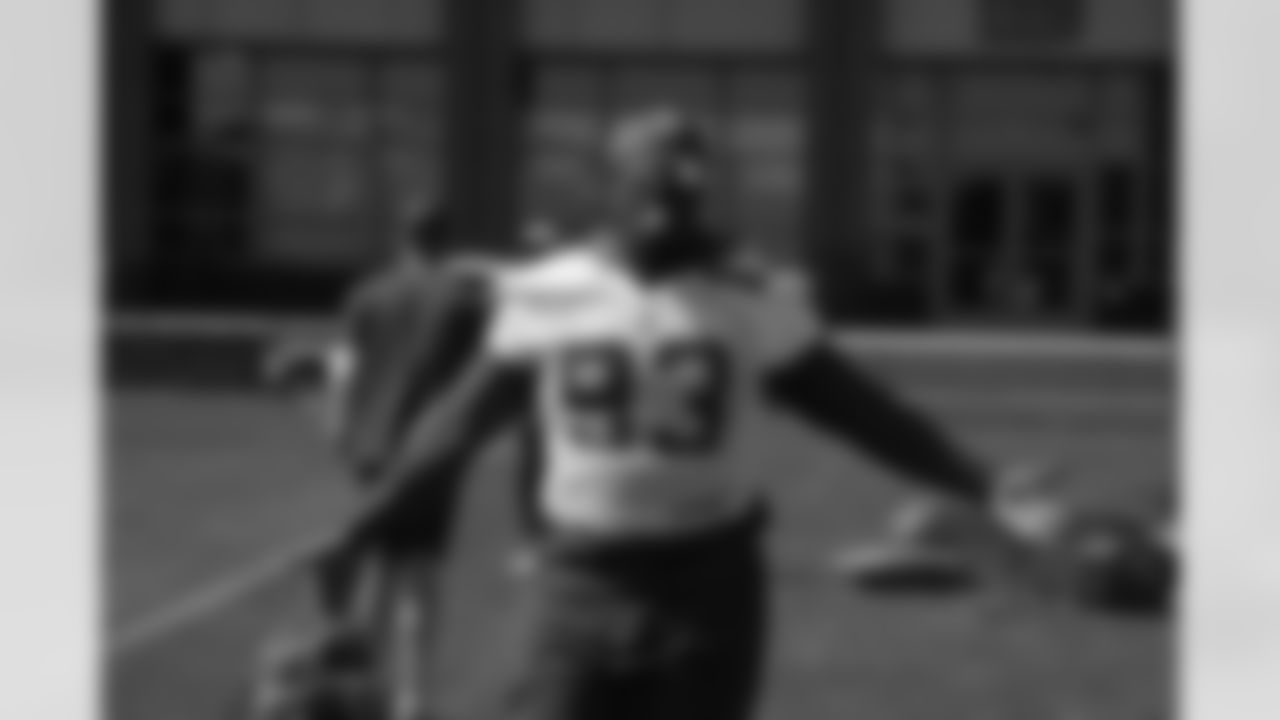
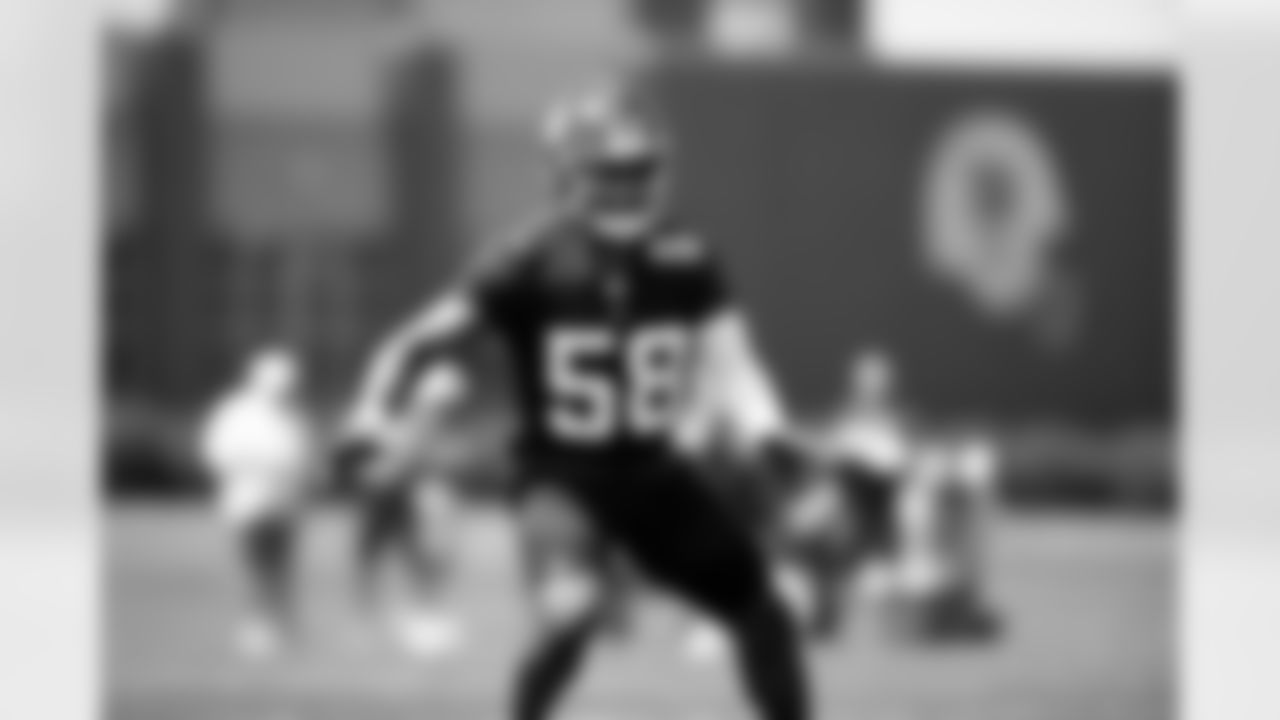
LB Bobby Okereke (58)
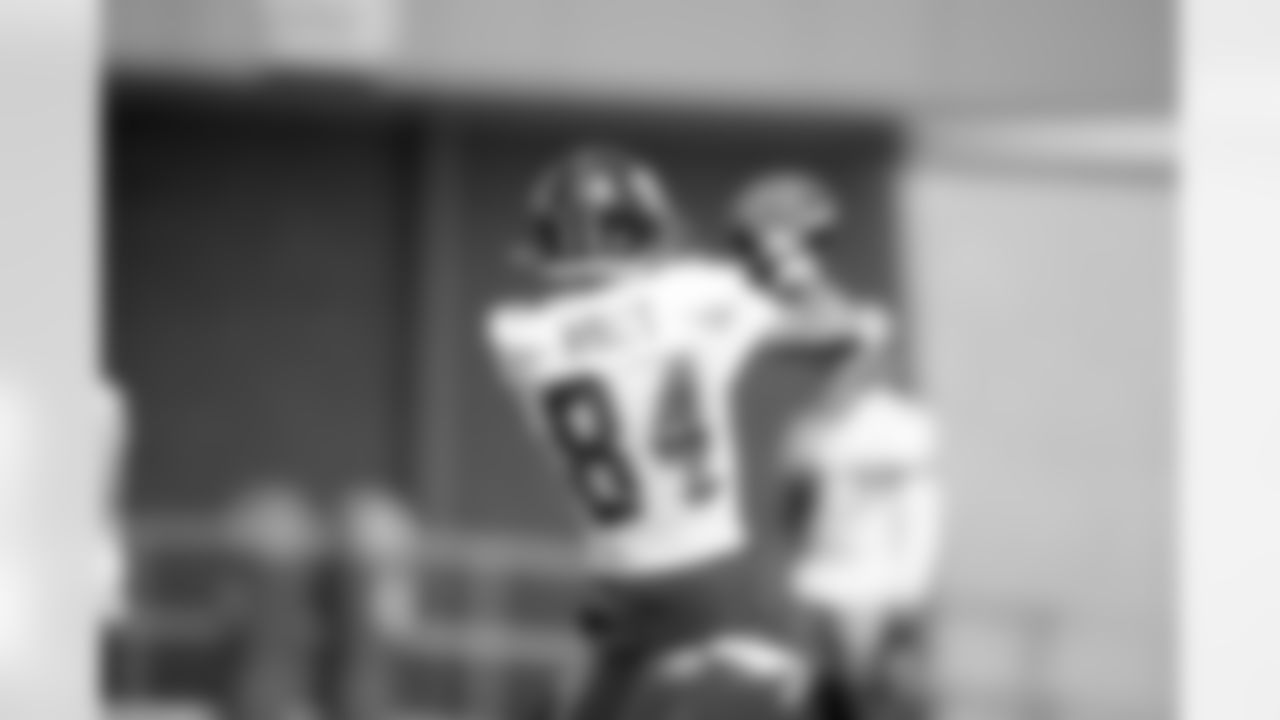
WR Jalin Hyatt (84)
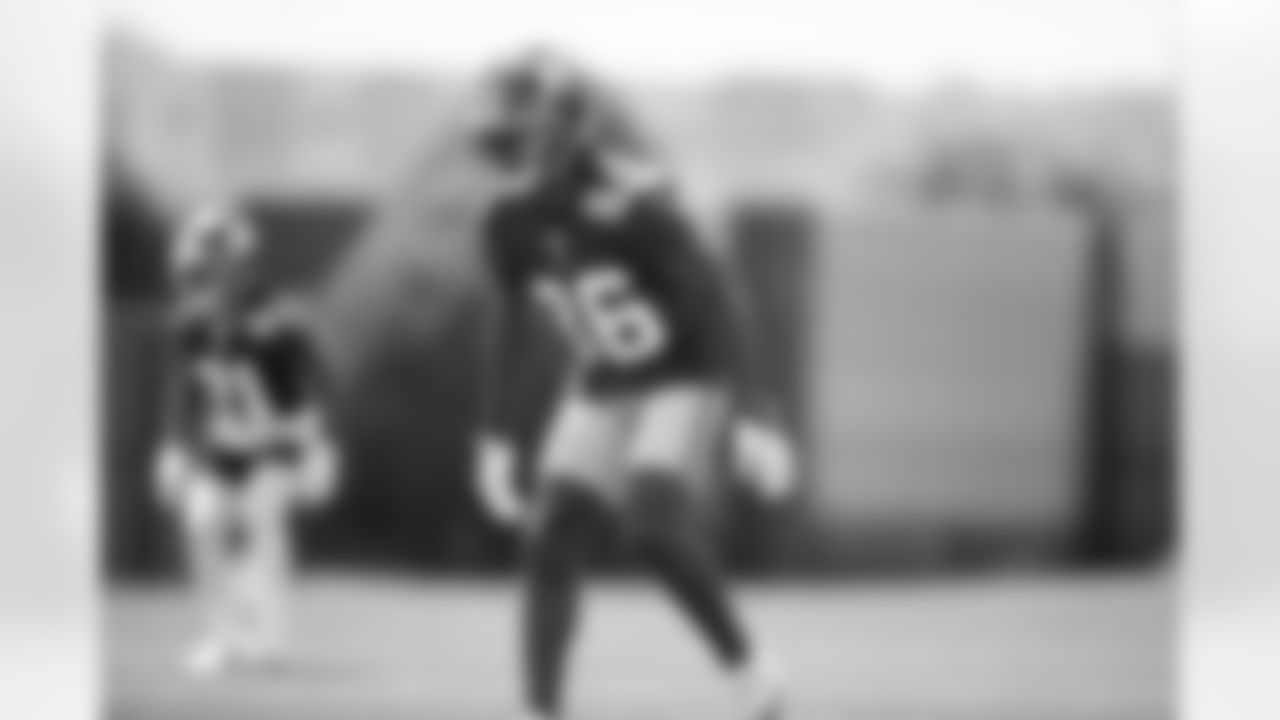
DB Deonte Banks (36)
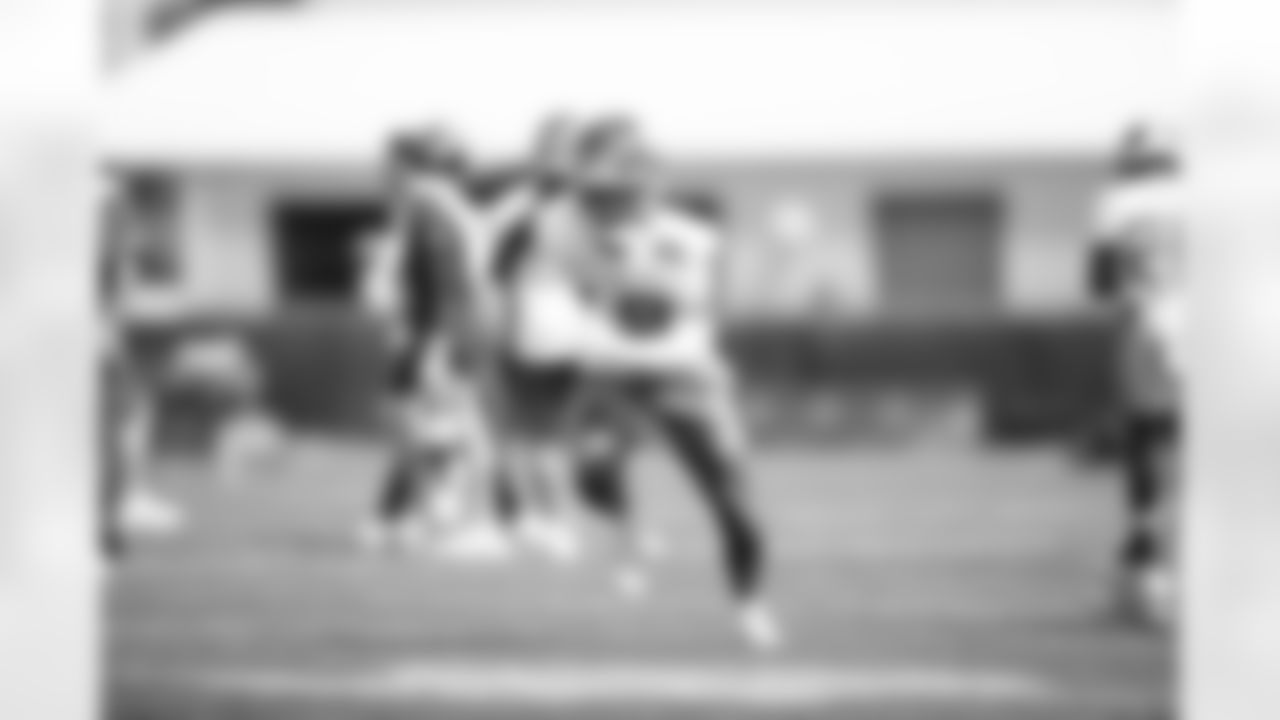
WR Jeff Smith II (19)
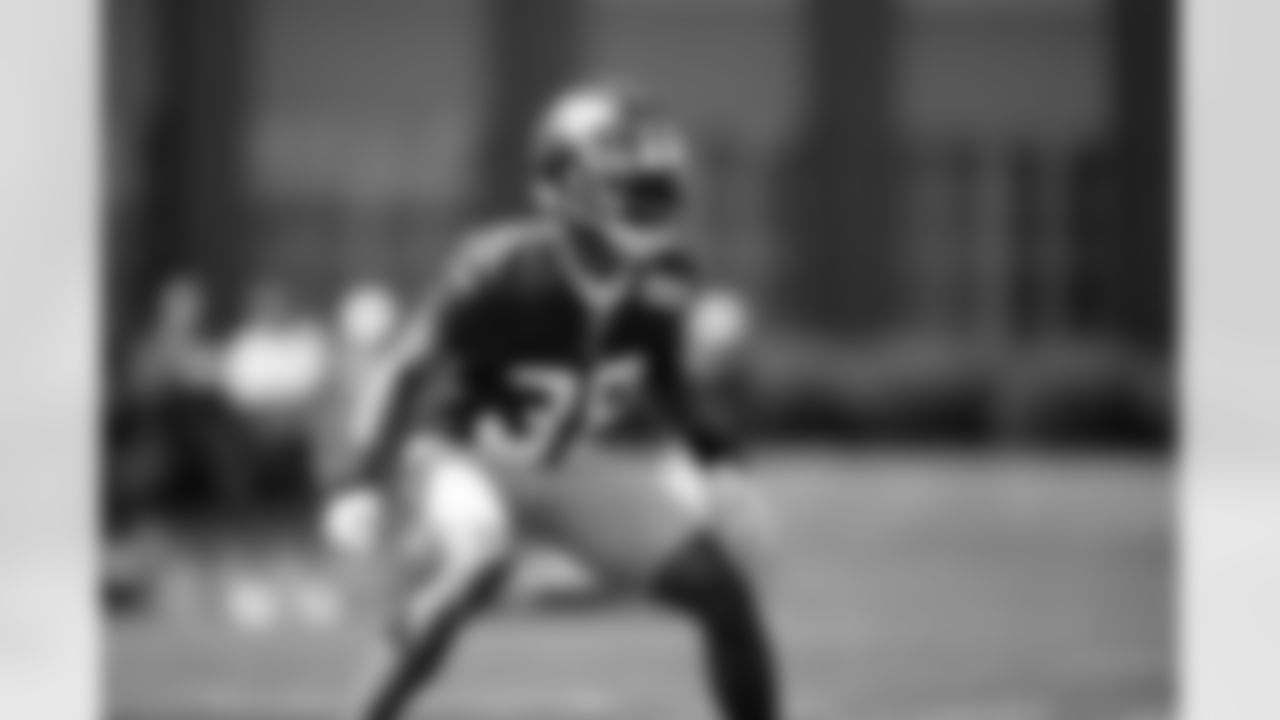
DB Zyon Gilbert (38)
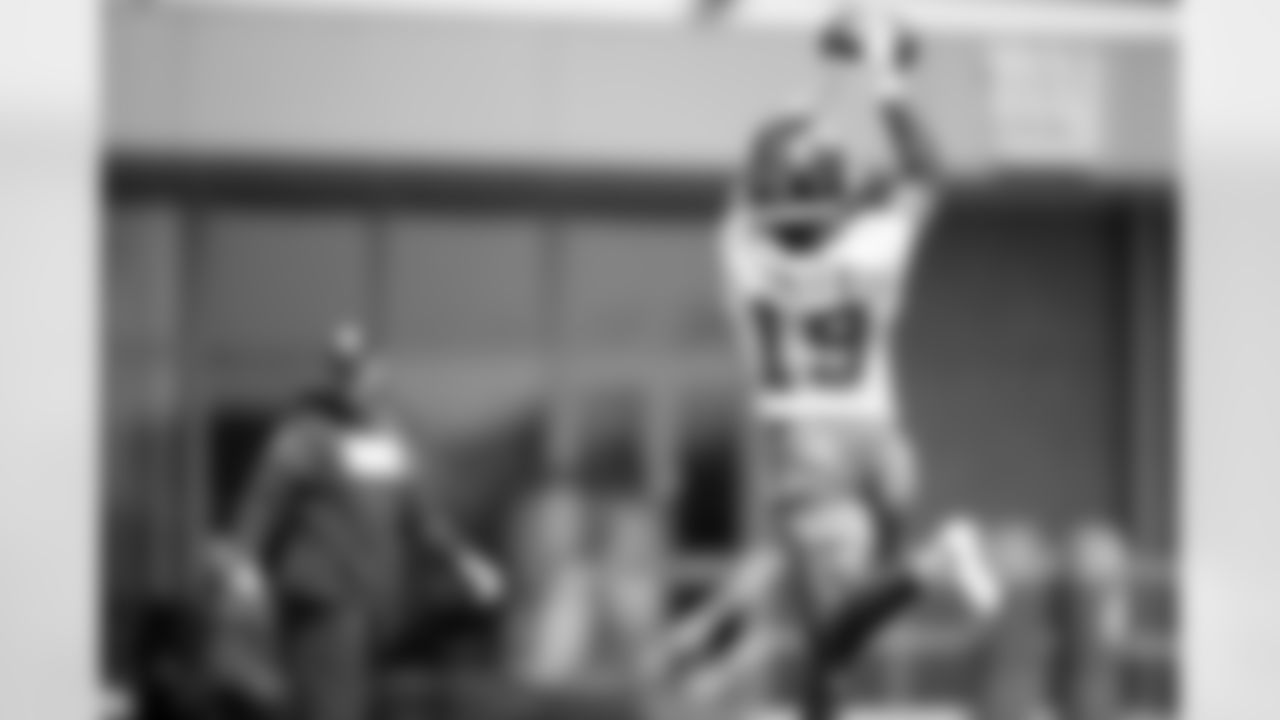
WR Jeff Smith II (19)
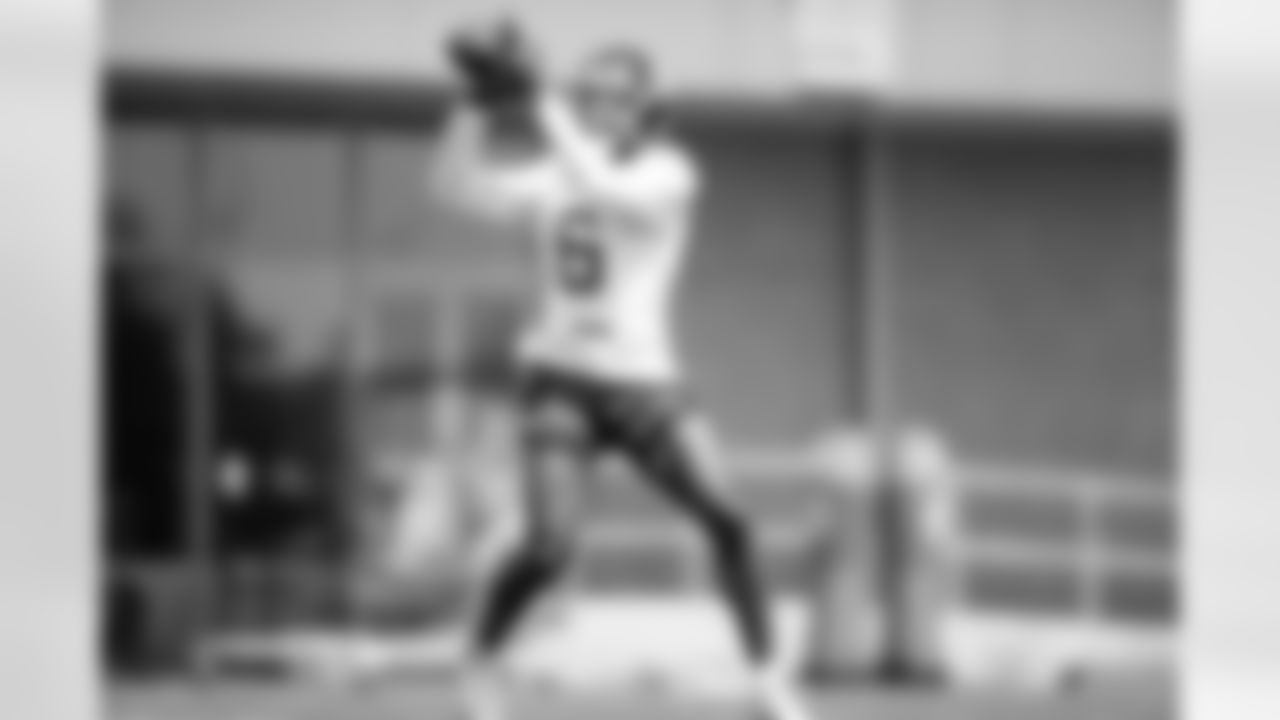
WR Bryce Ford-Wheaton (6)
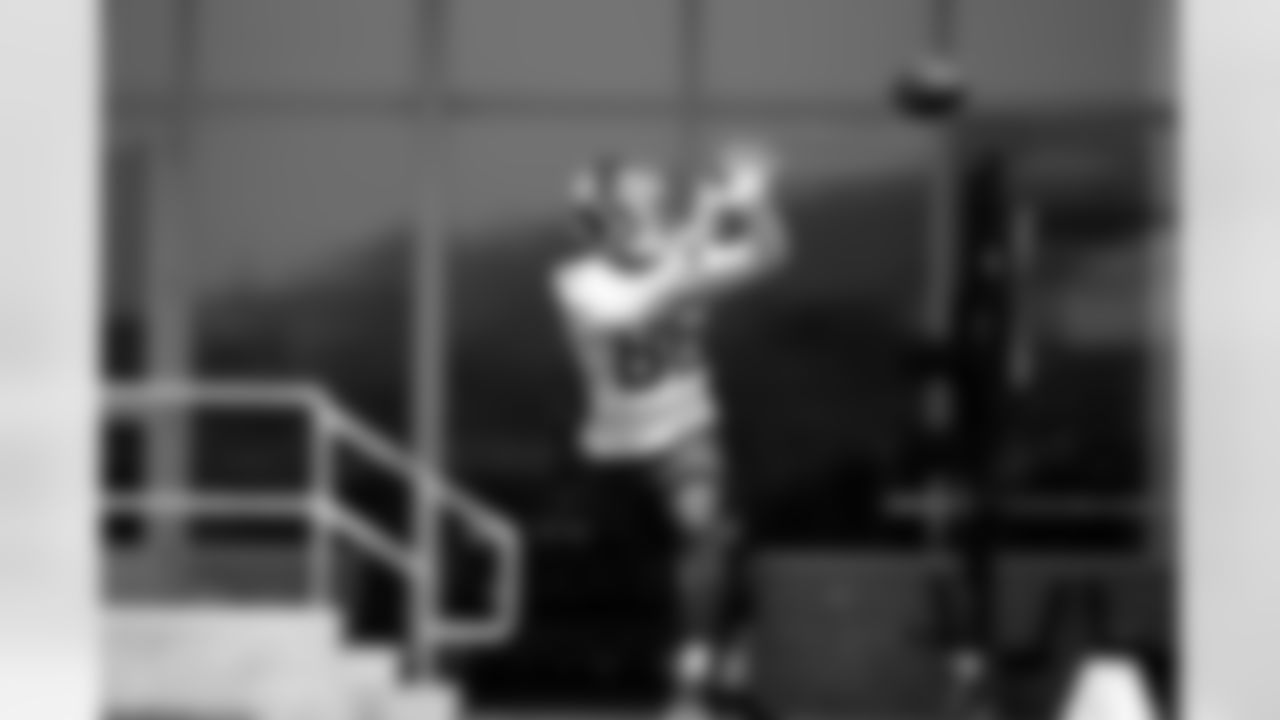
WR Darius Slayton (86)
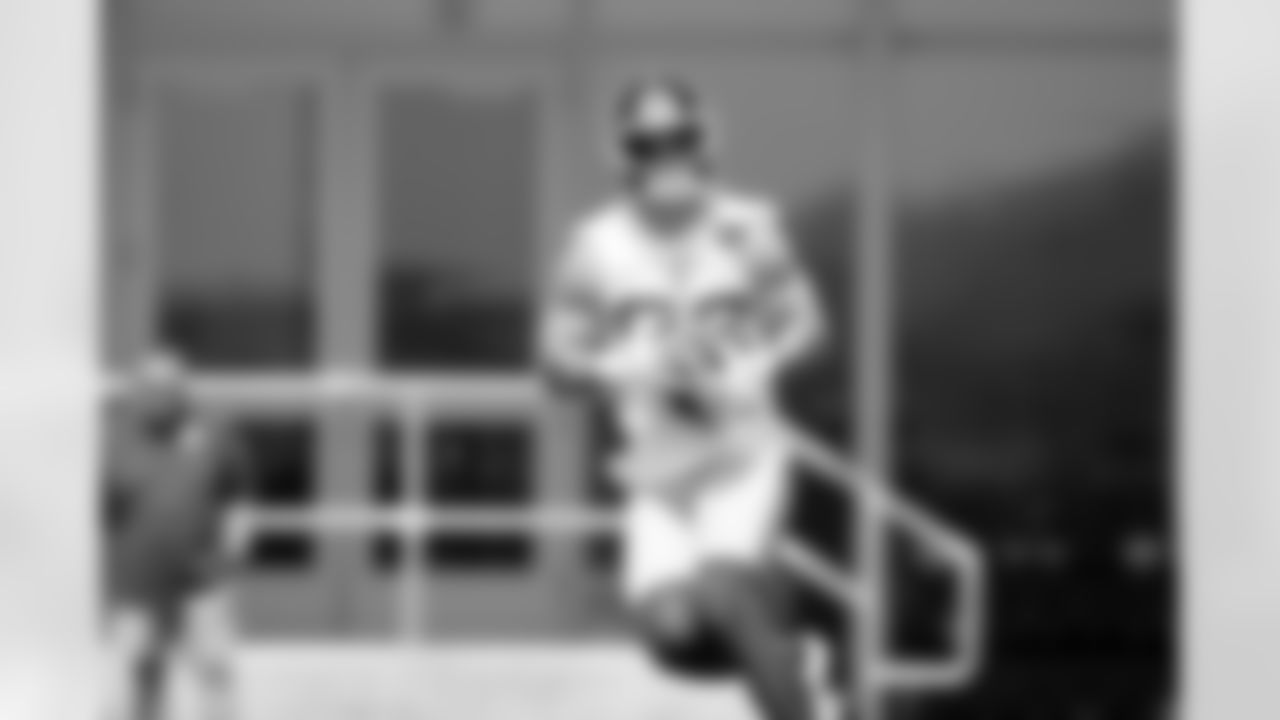
TE Daniel Bellinger (82)
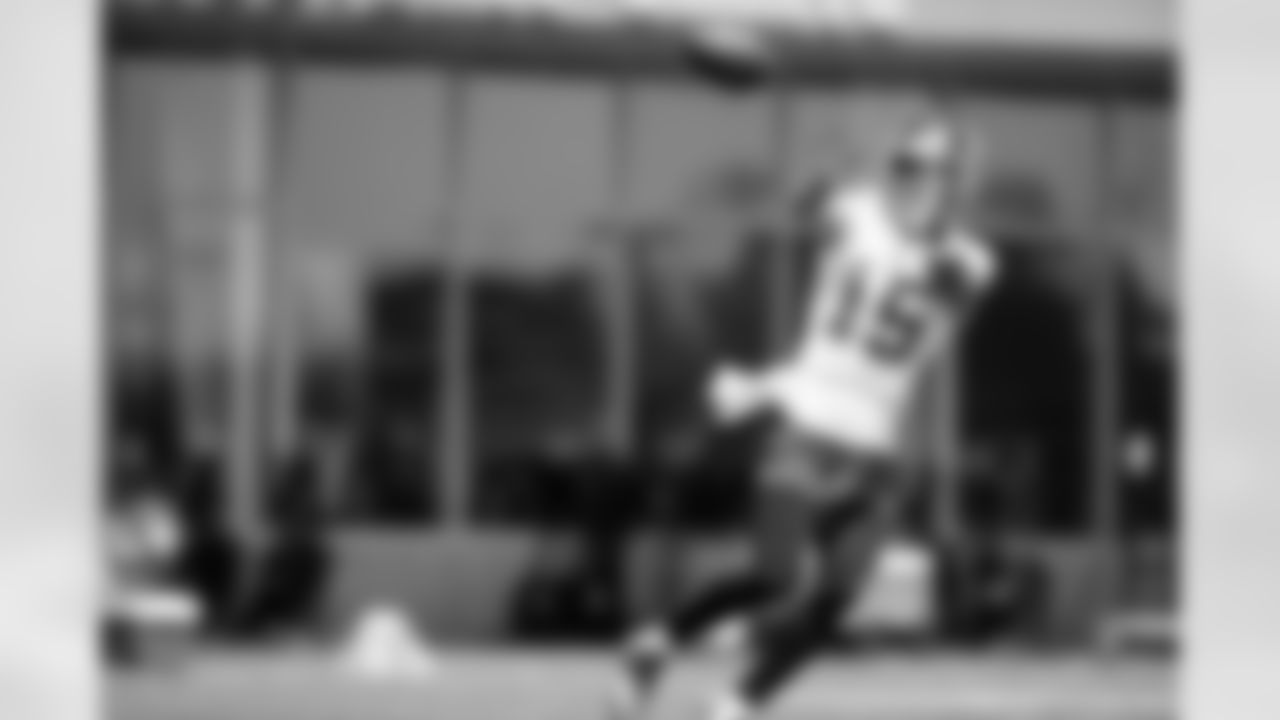
WR Collin Johnson (15)
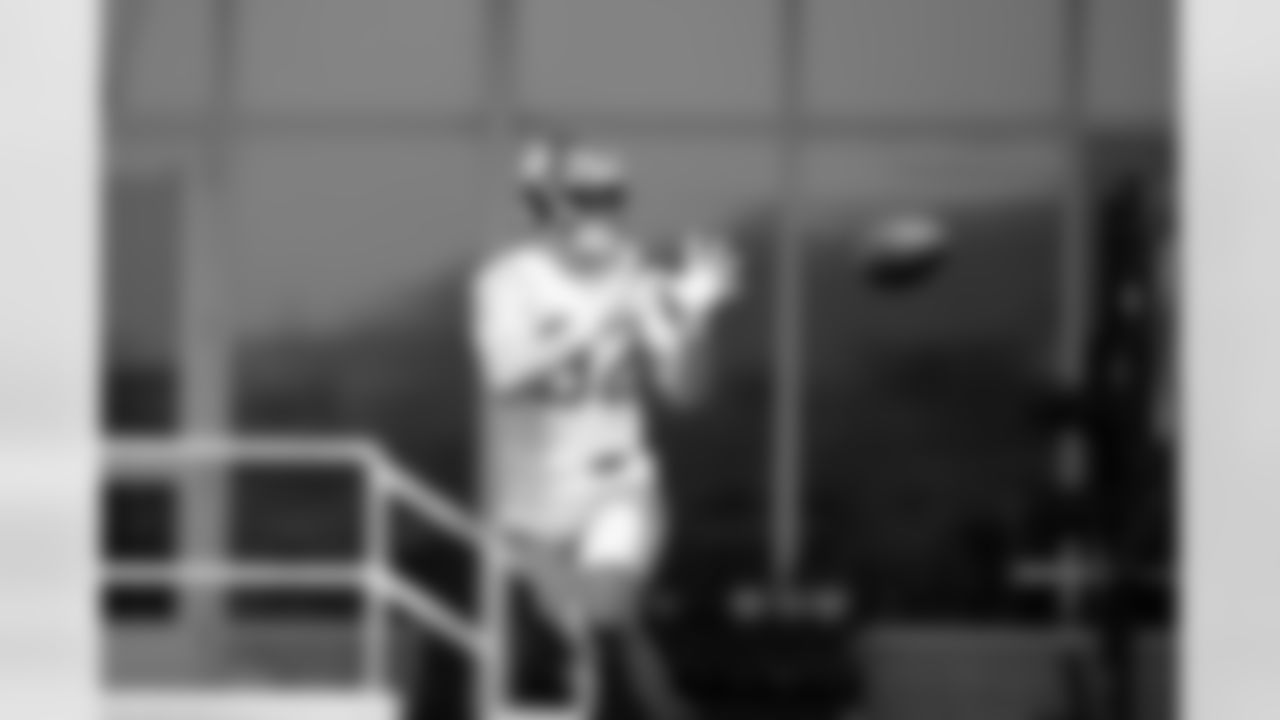
TE Daniel Bellinger (82)
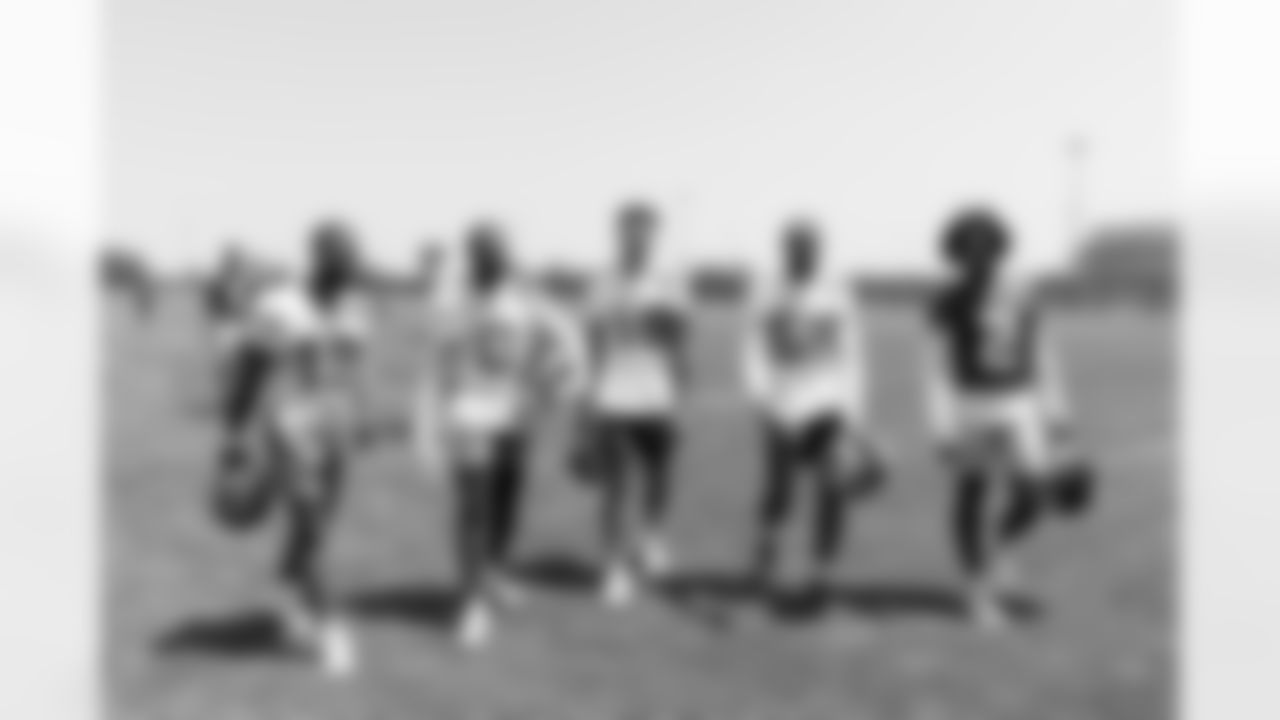
WR Jeff Smith II (19), WR Parris Campbell (0), TE Lawrence Cager (83), WR Isaiah Hodgins (18), WR Darius Slayton (86), QB Tyrod Taylor (2)
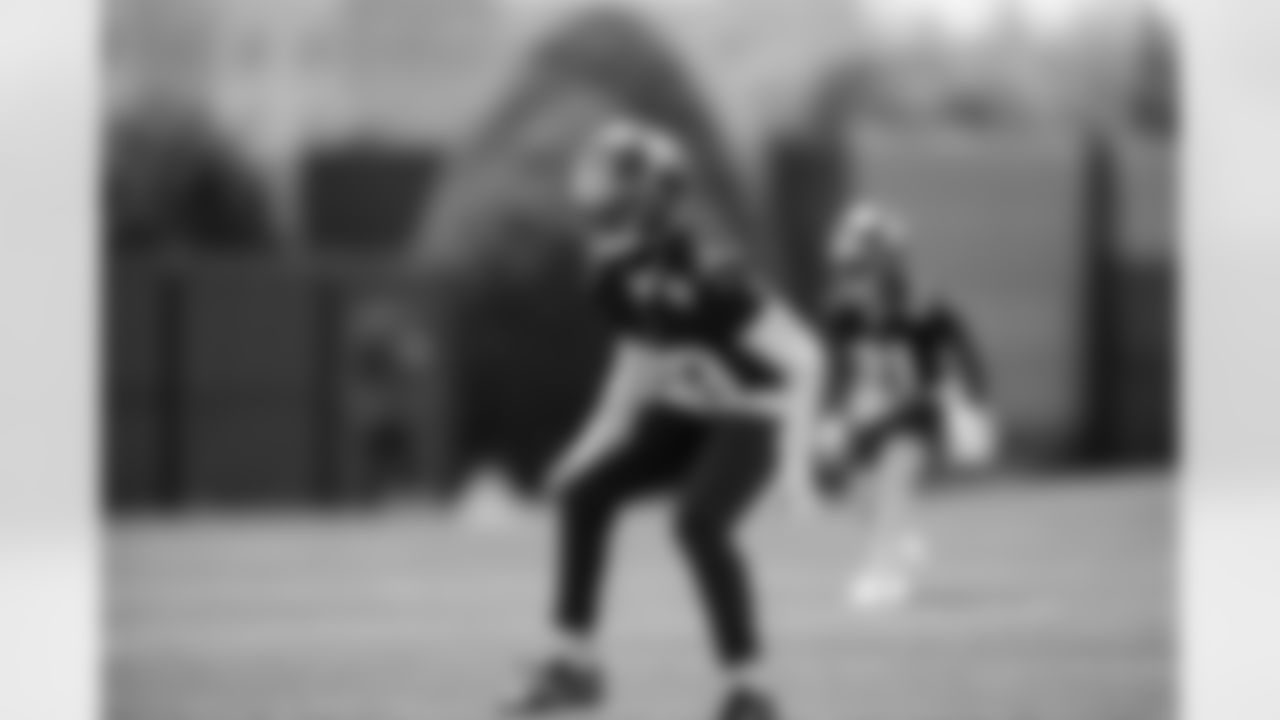
DB Cor'dale Flott (28)
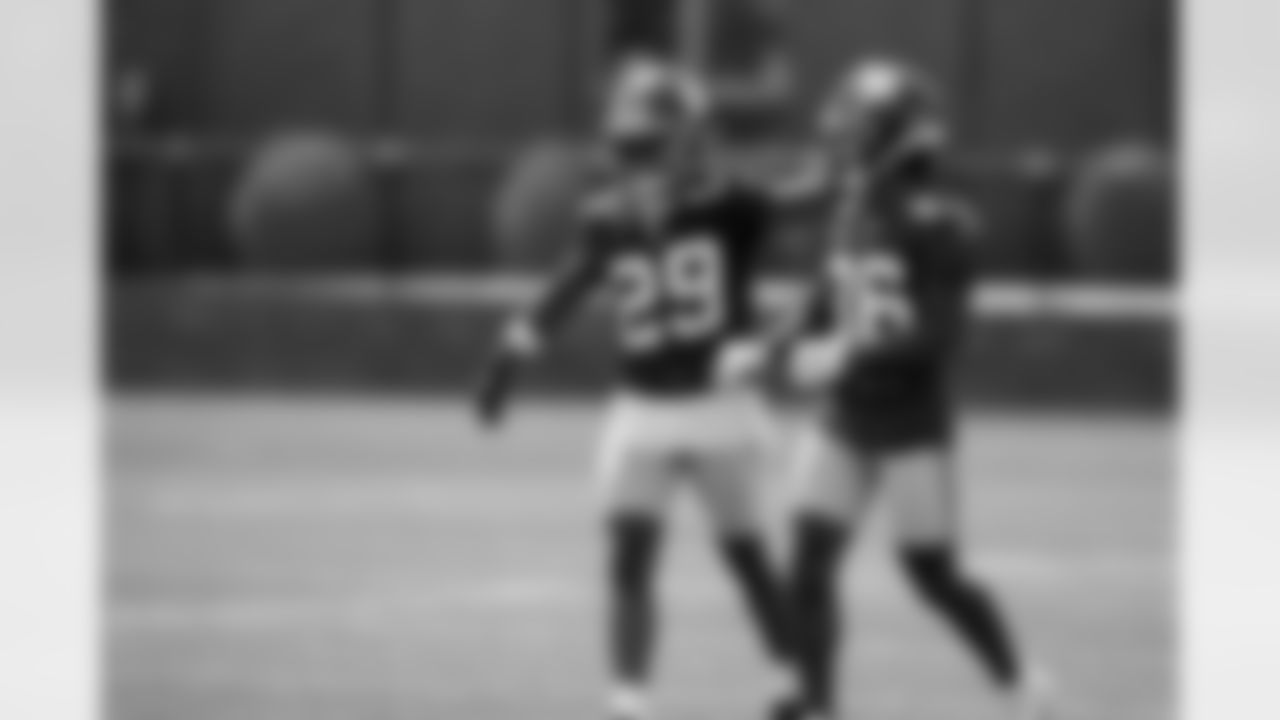
S Xavier McKinney (29), DB Deonte Banks (36)
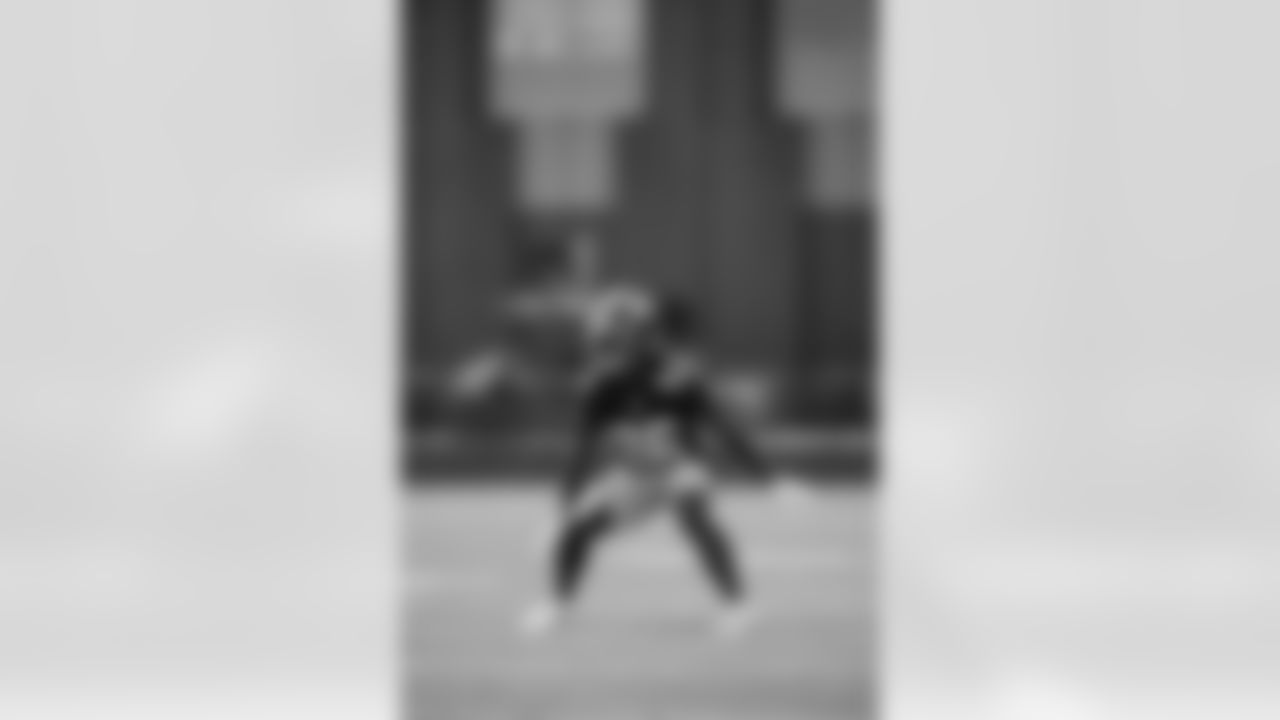
DB Deonte Banks (36)
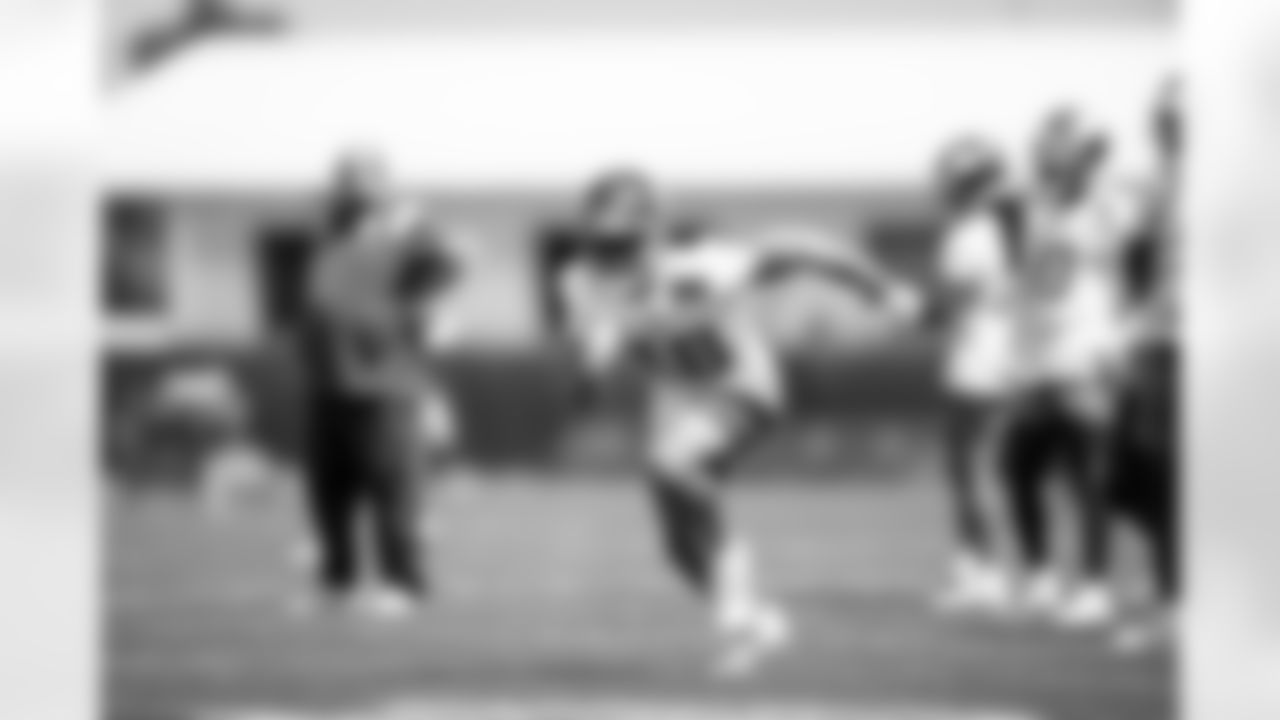
WR Isaiah Hodgins (18)

Head Coach Brian Daboll
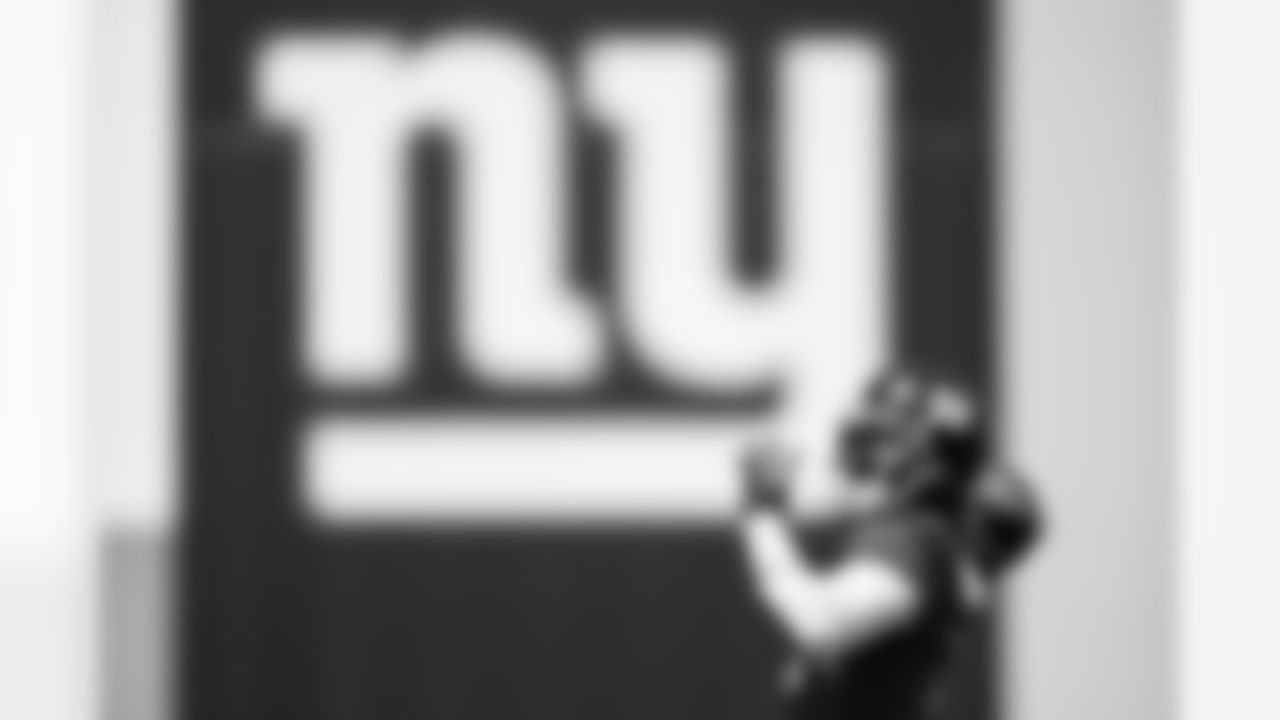
QB Tyrod Taylor (2)

QB Tyrod Taylor (2)
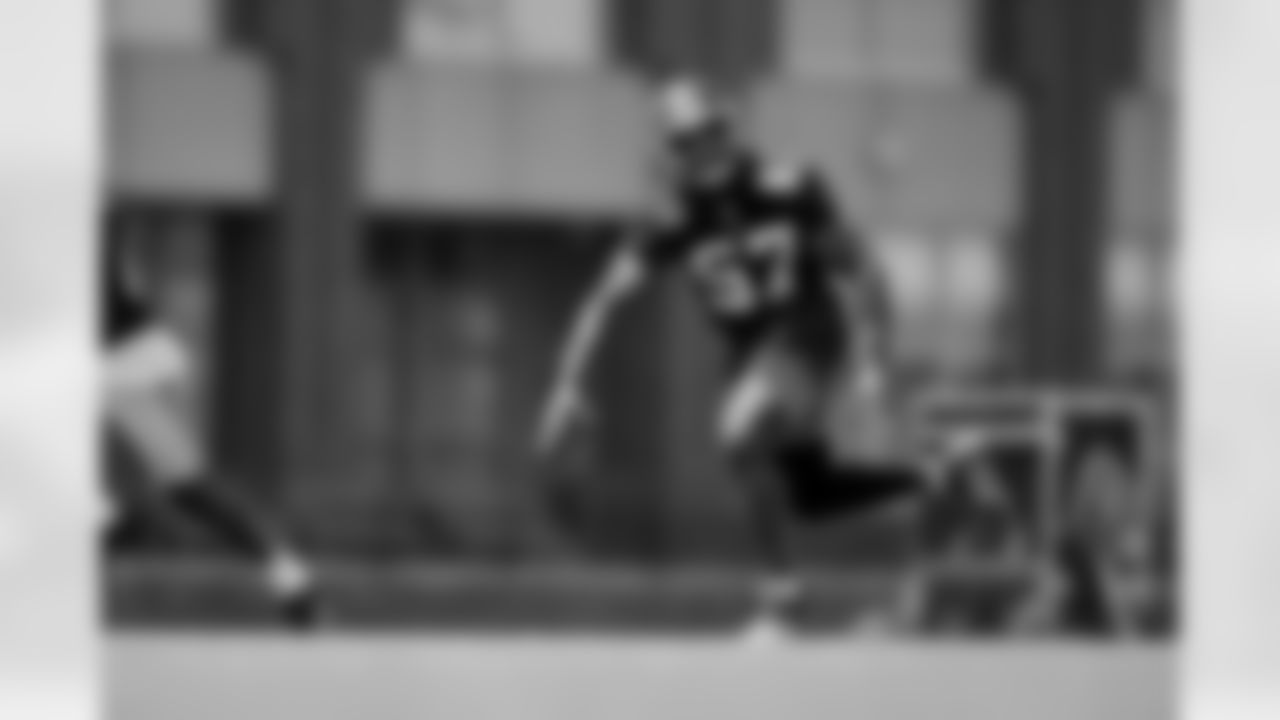
LB Jarrad Davis (57)
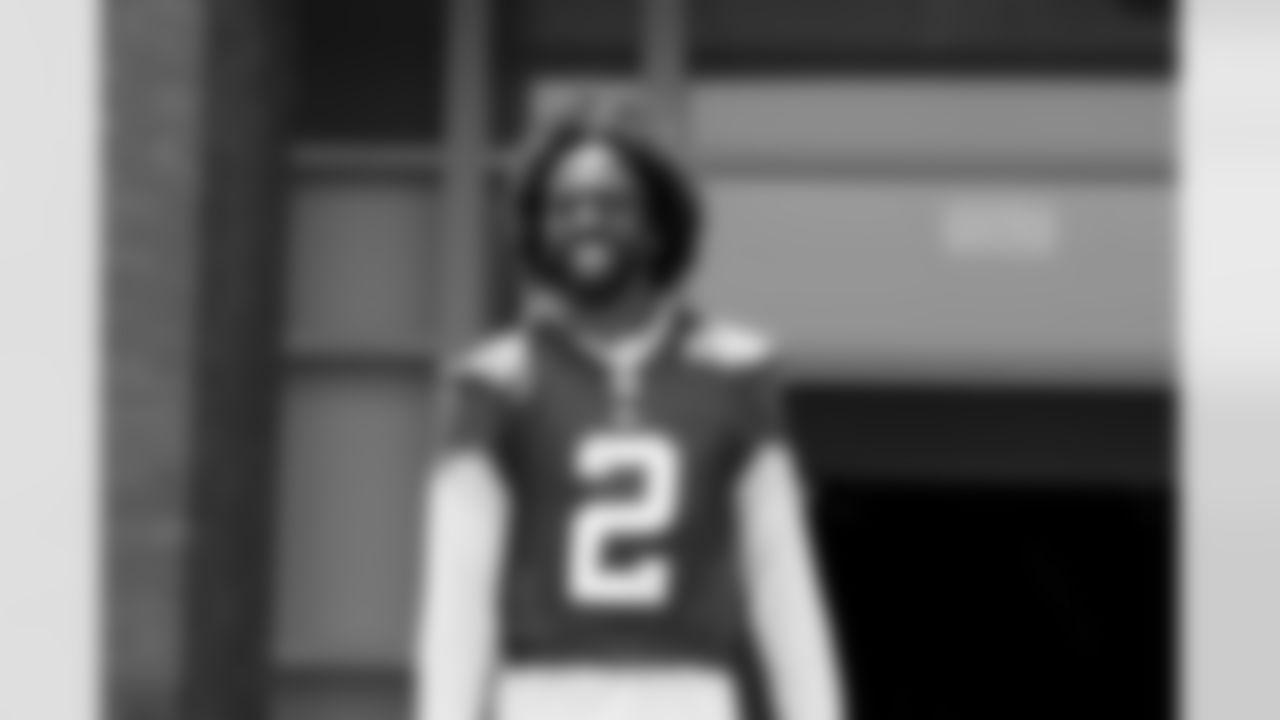
QB Tyrod Taylor (2)
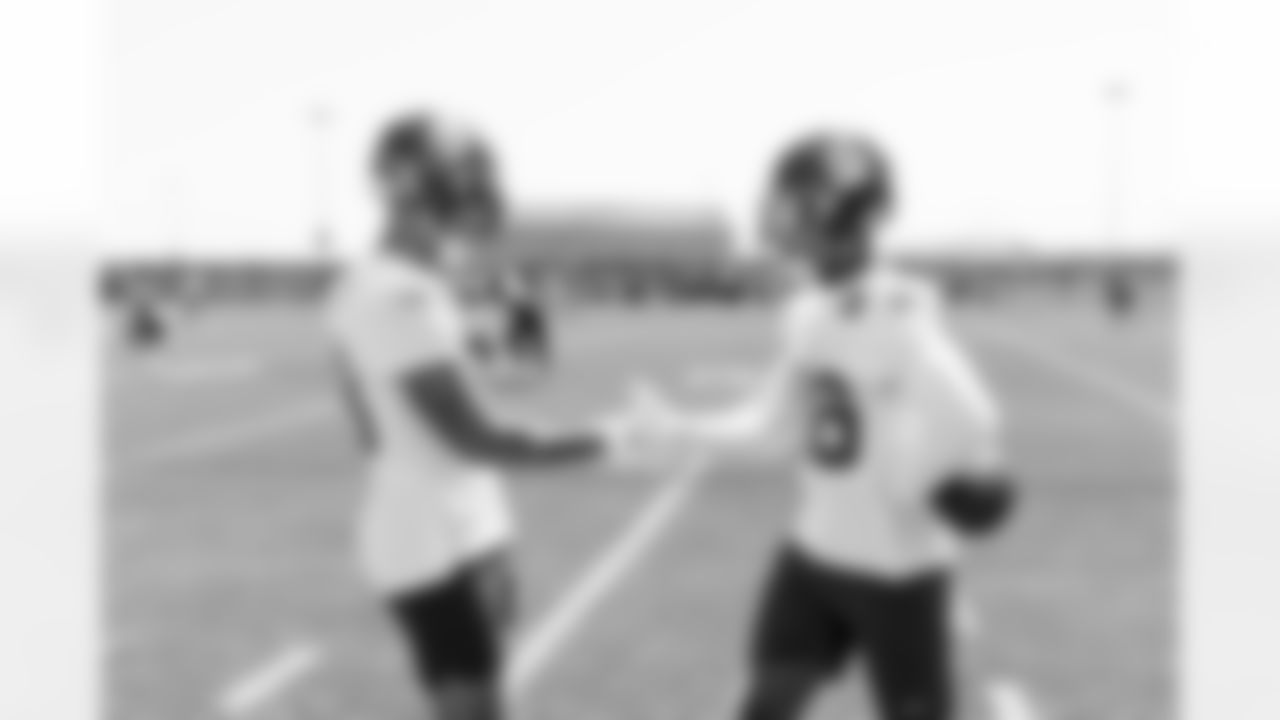
WR Isaiah Hodgins (18), WR Darius Slayton (86)
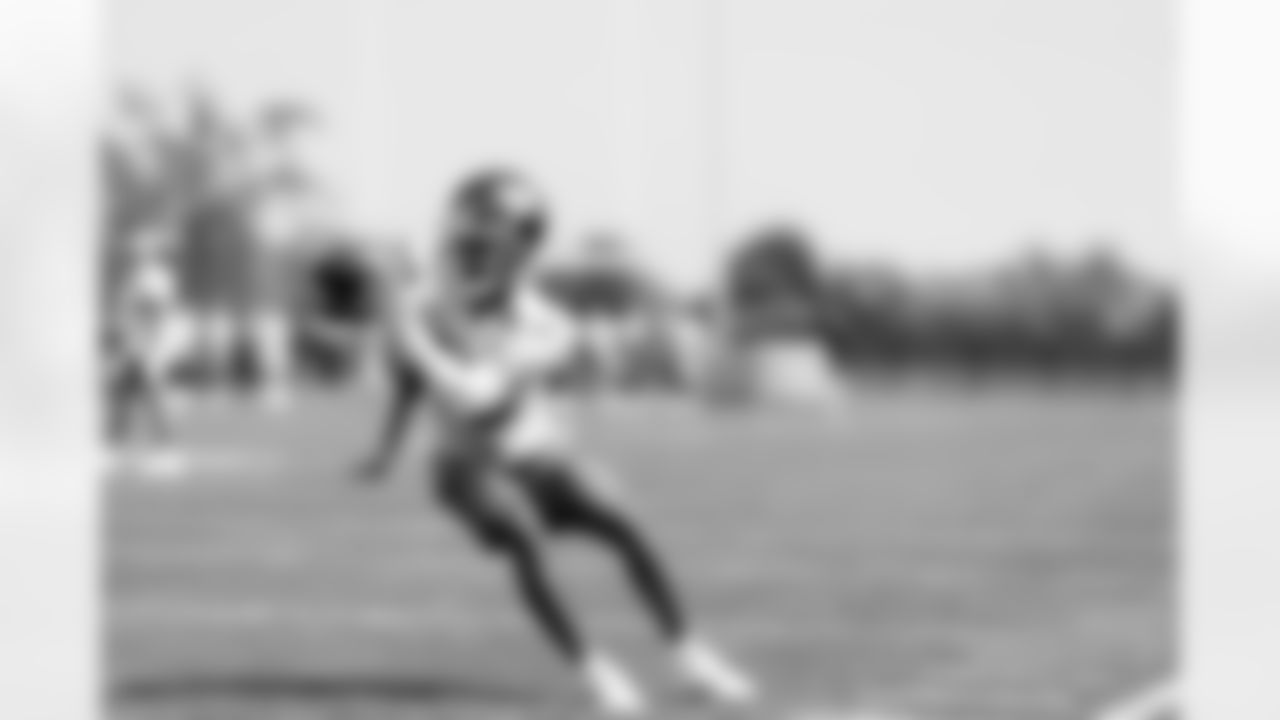
WR Jeff Smith II (19)
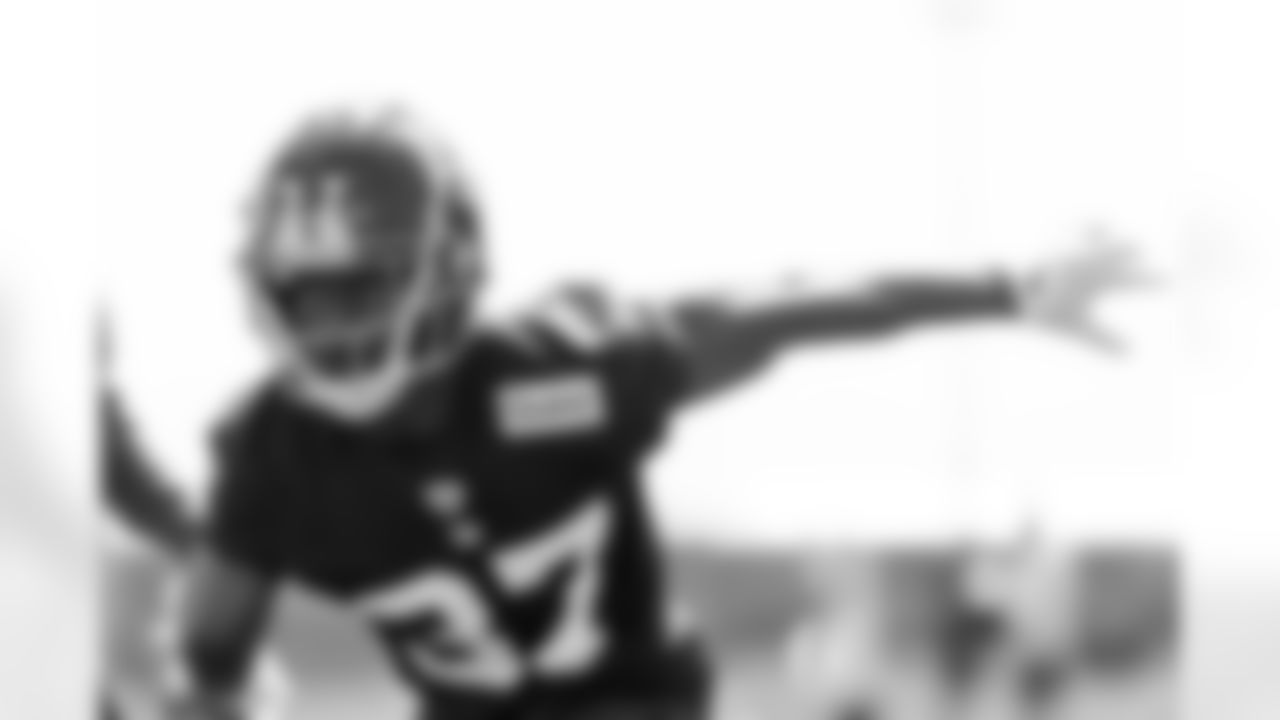
DB Tre Hawkins III (37)
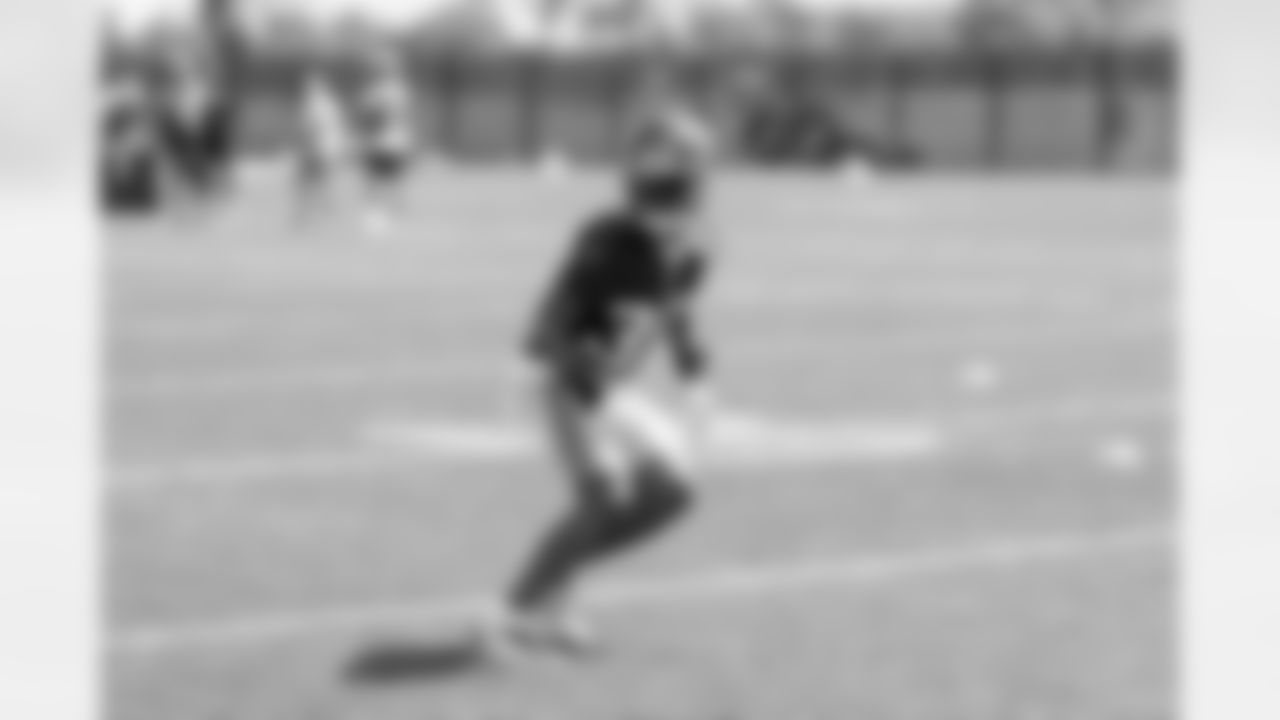
DB Zyon Gilbert (38)
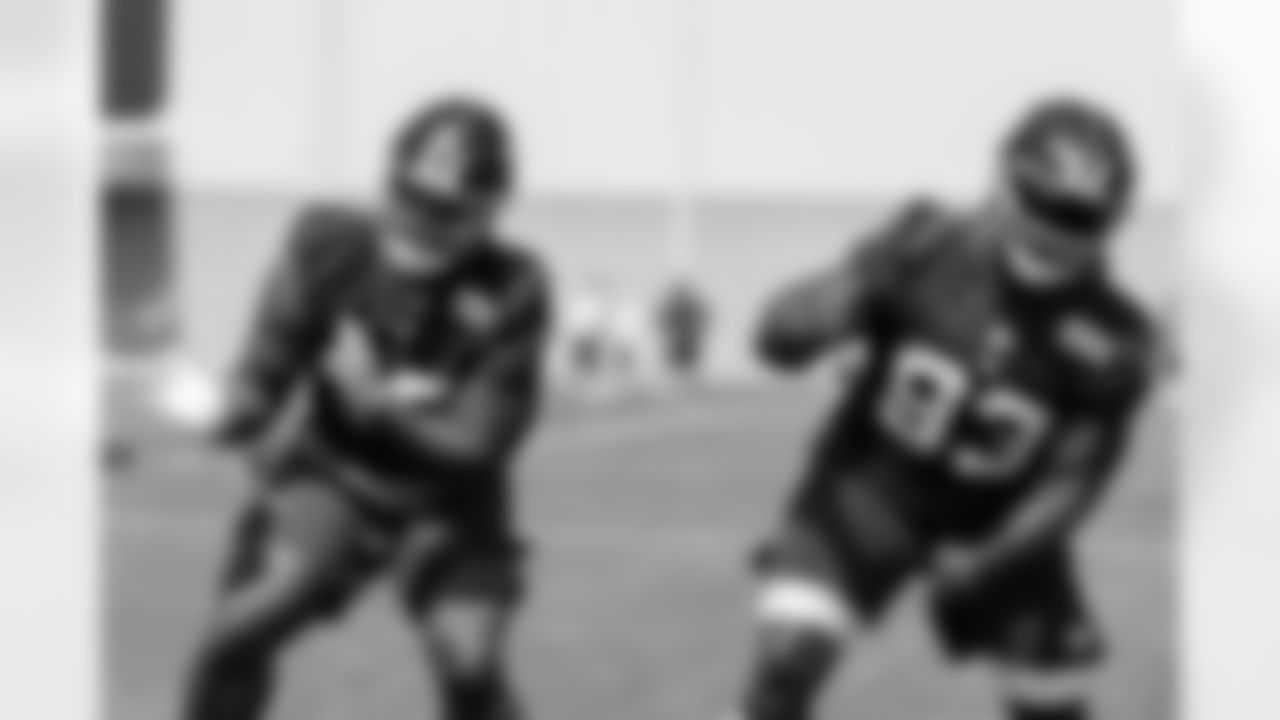
DL Jordan Riley (95), DL Rakeem Nunez-Roches Sr (93)

DB Zyon Gilbert (38)
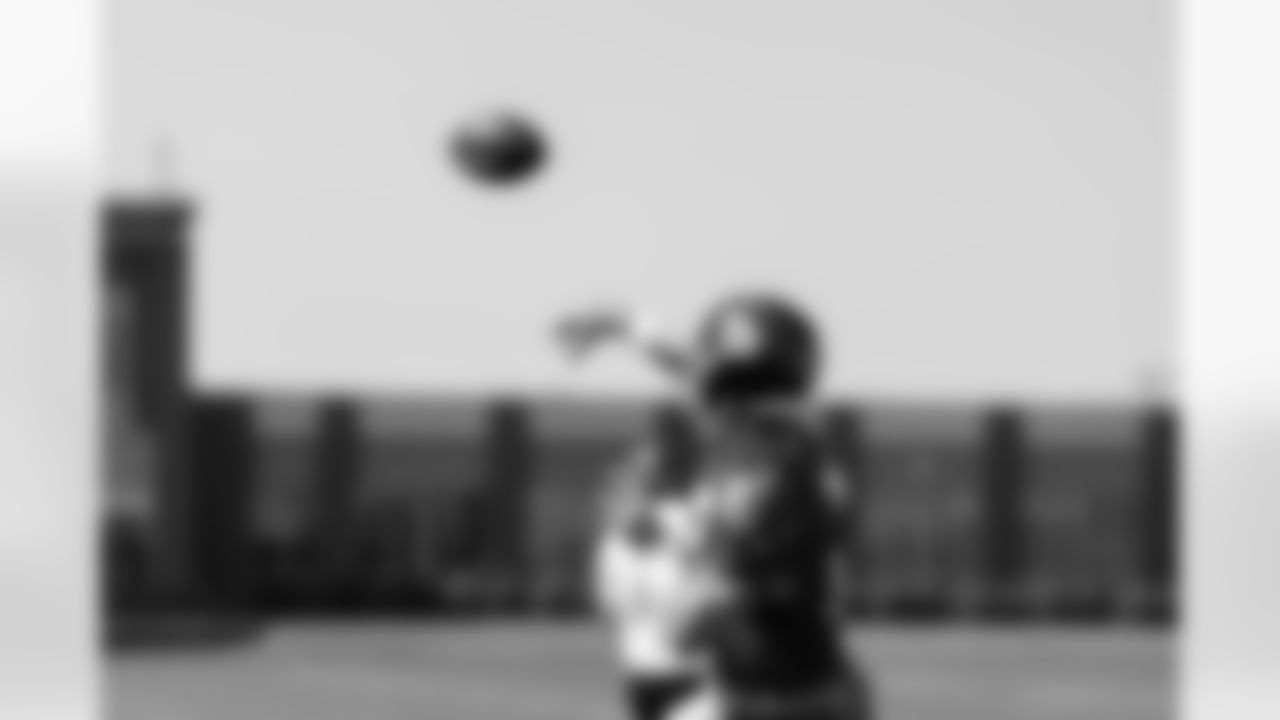
QB Daniel Jones (8)
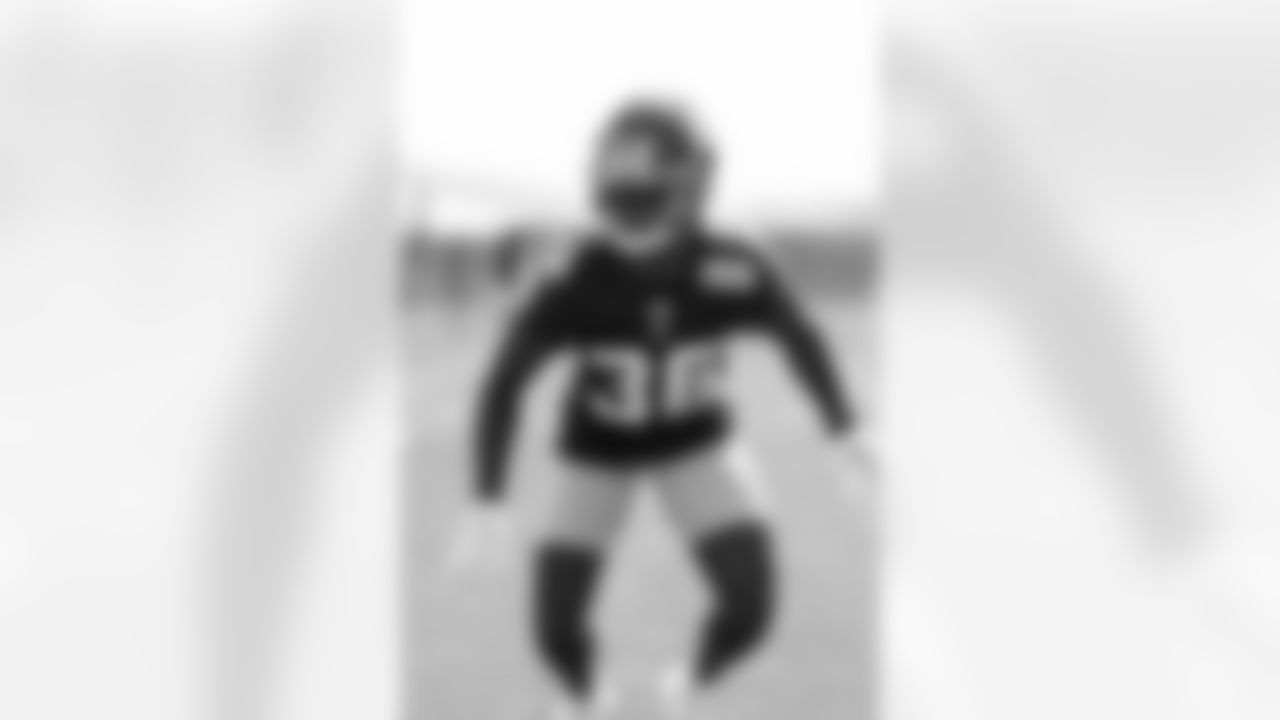
DB Deonte Banks (36)

QB Daniel Jones (8)
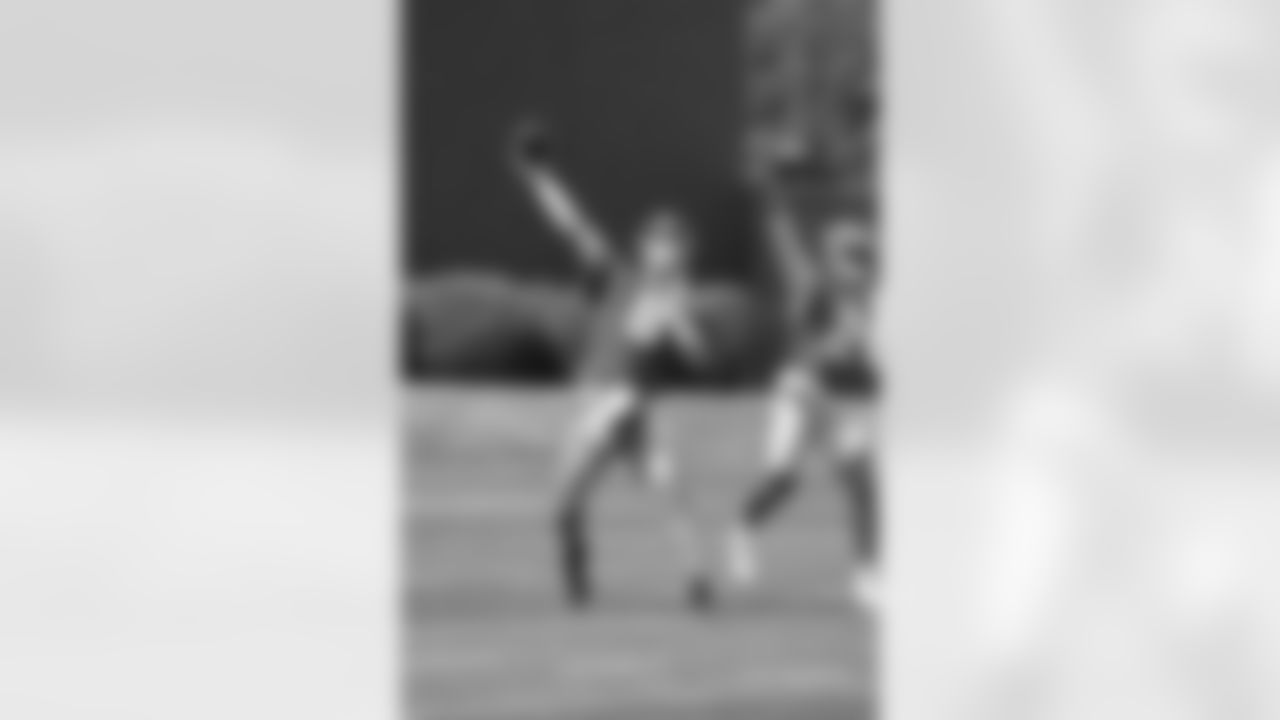
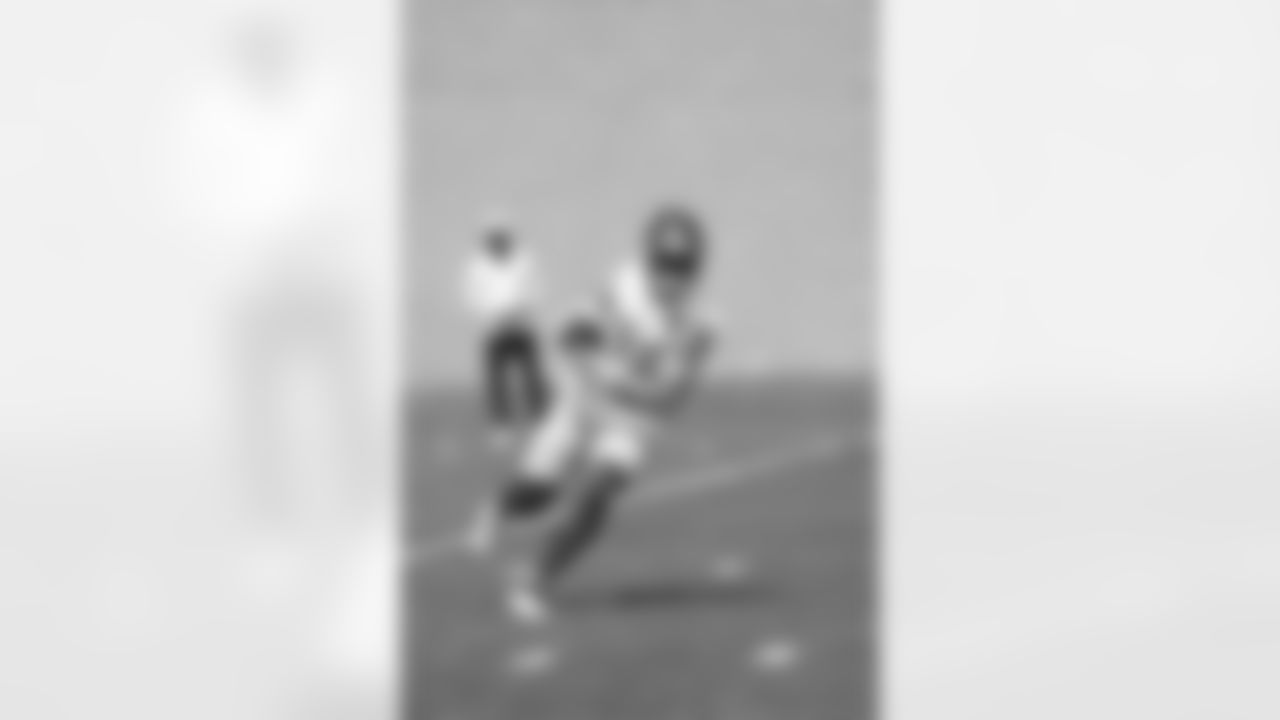
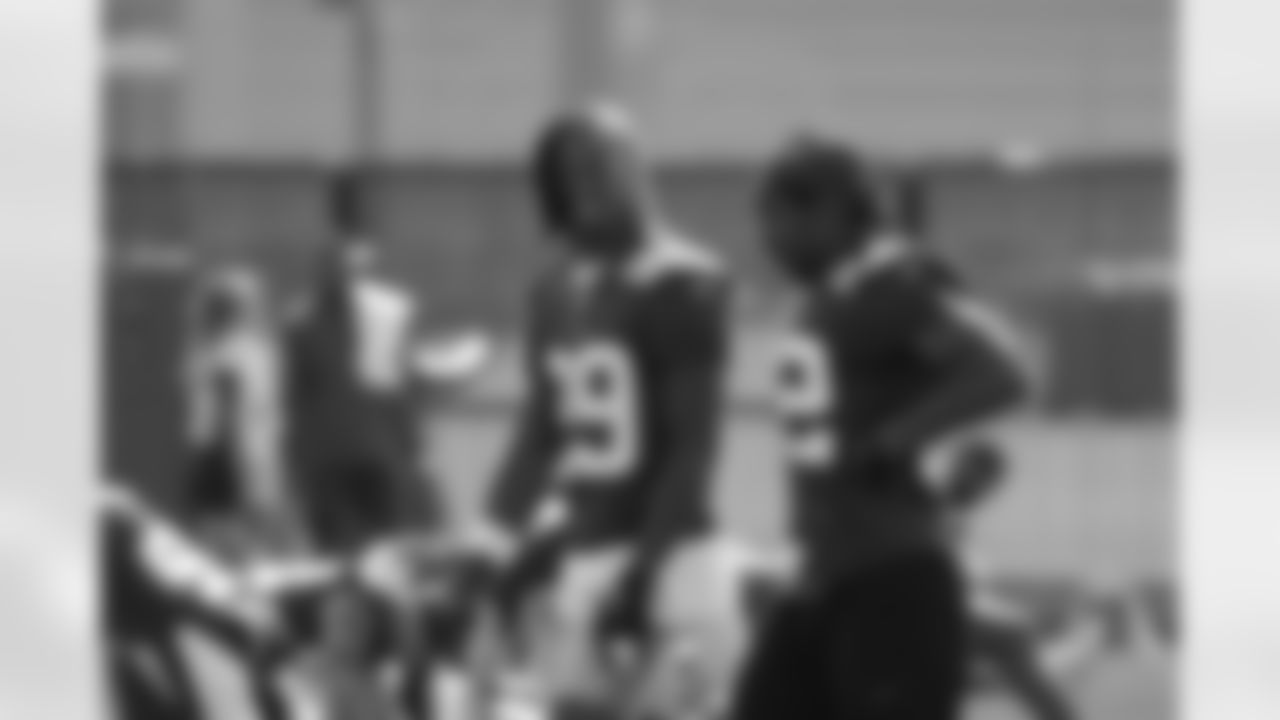
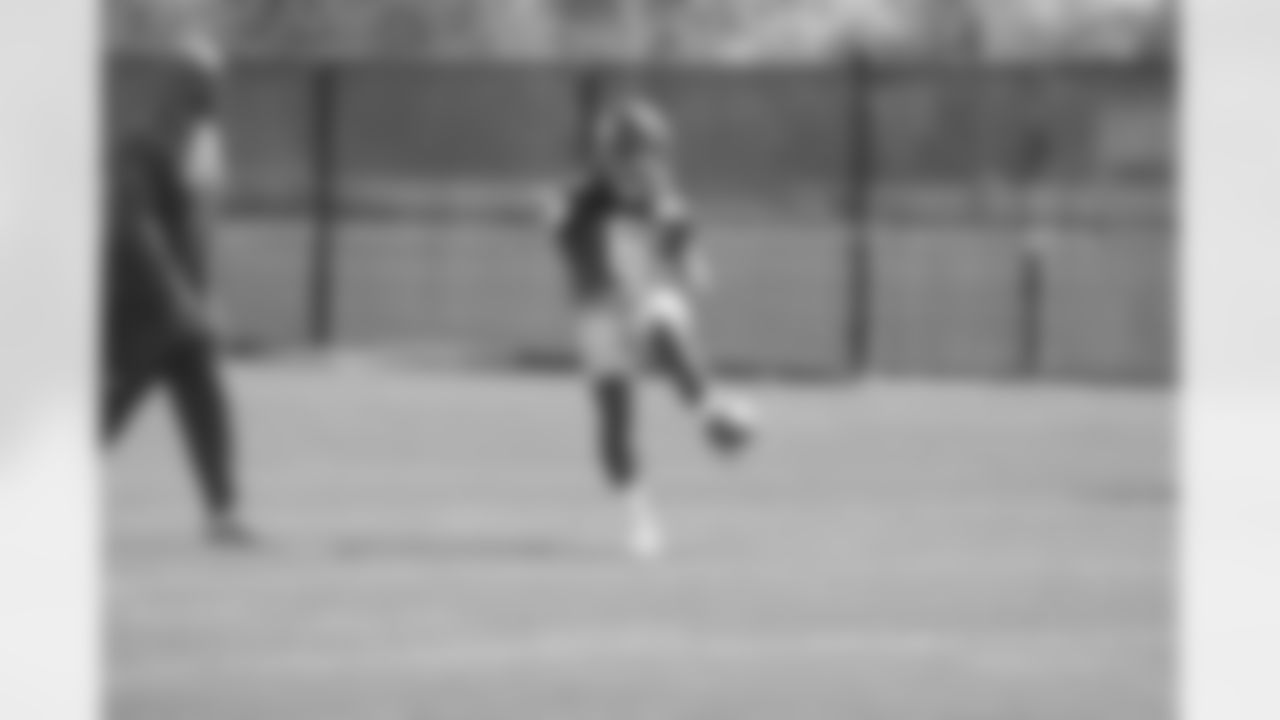
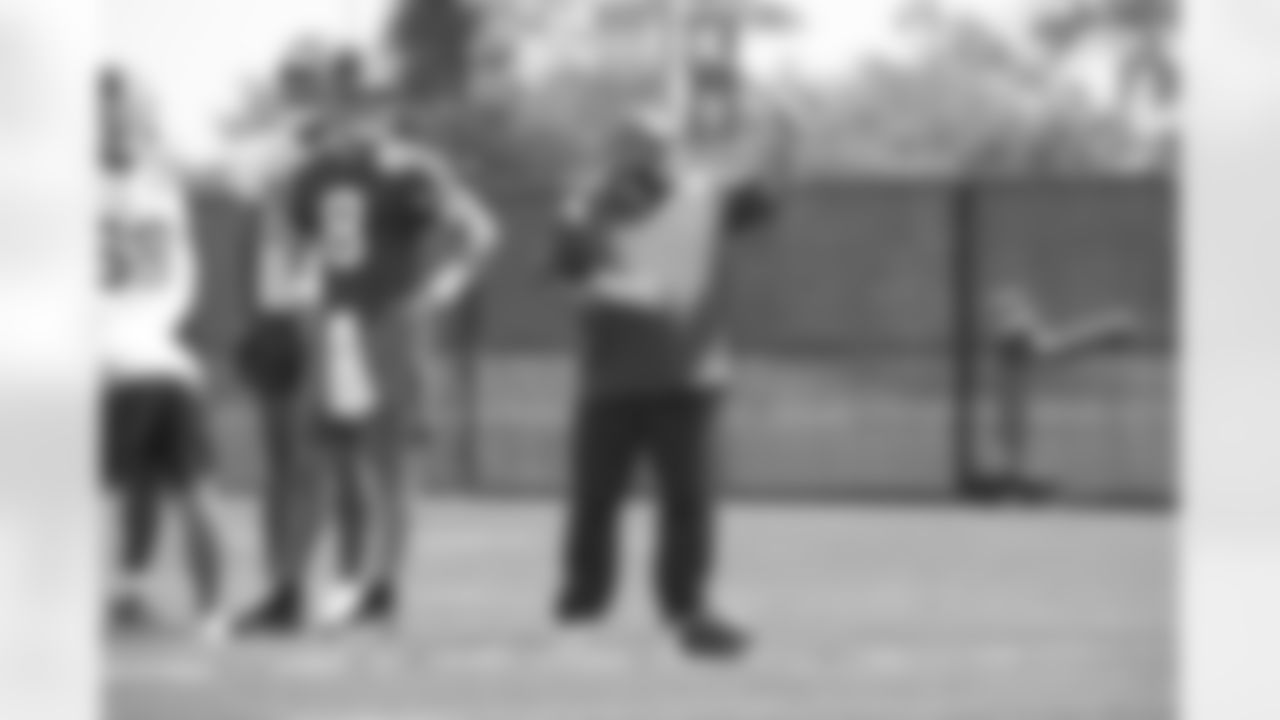
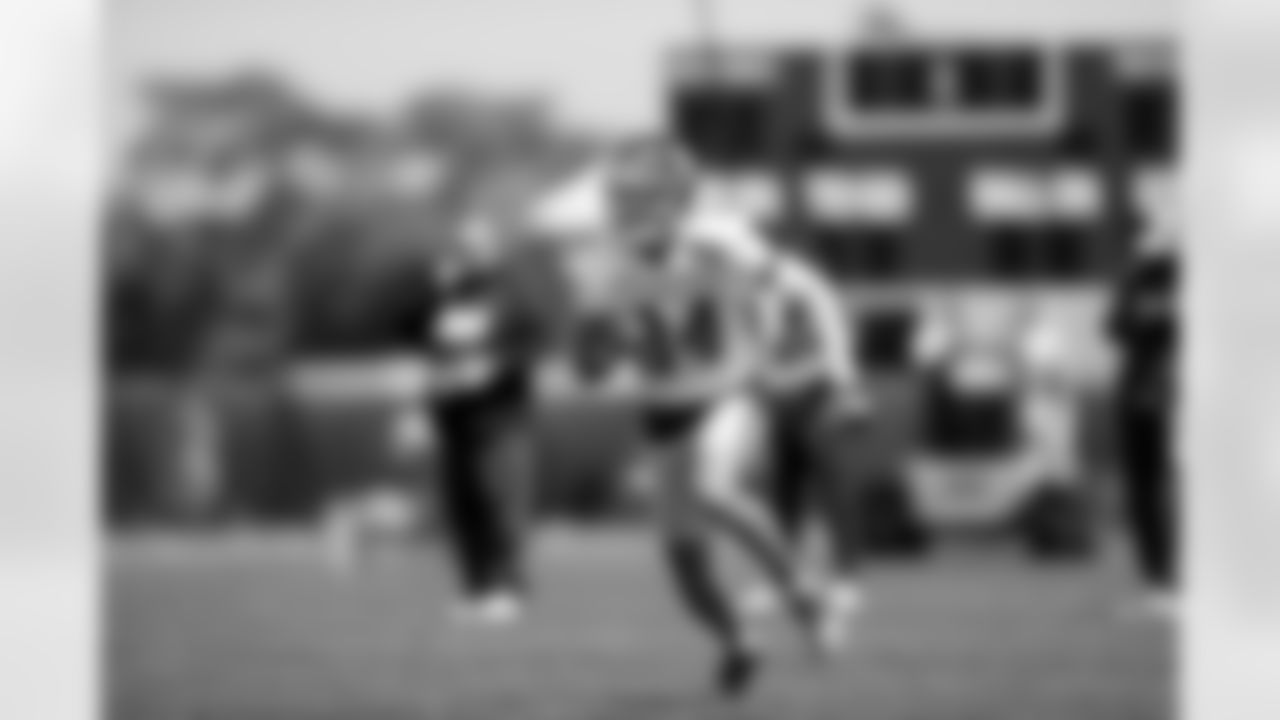
WR Jalin Hyatt (84)
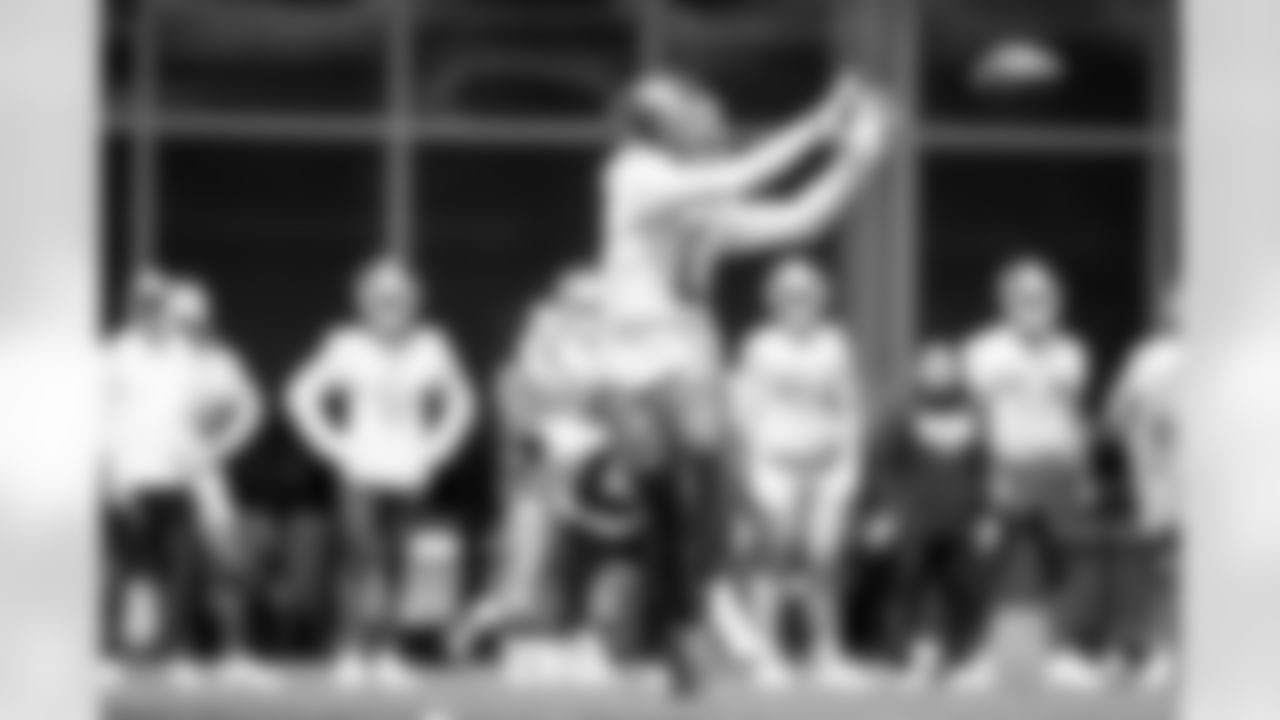
WR Parris Campbell (0)
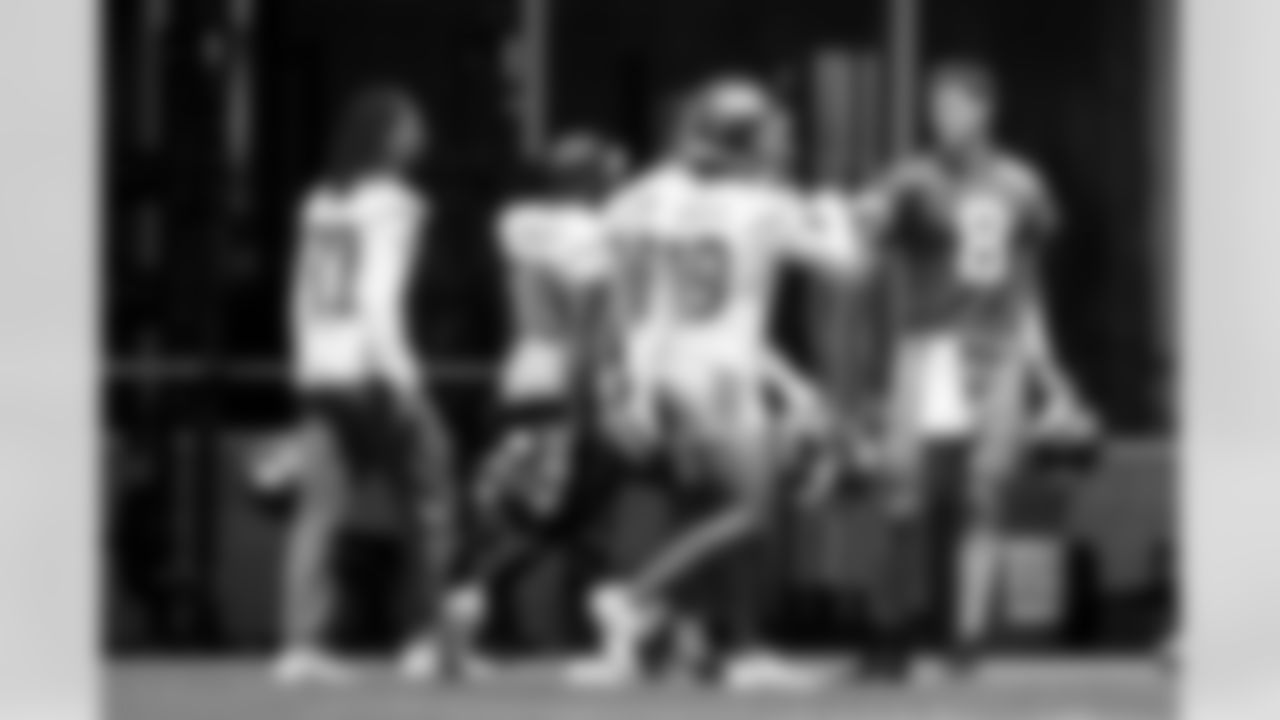
WR Jeff Smith II (19), QB Daniel Jones (8)
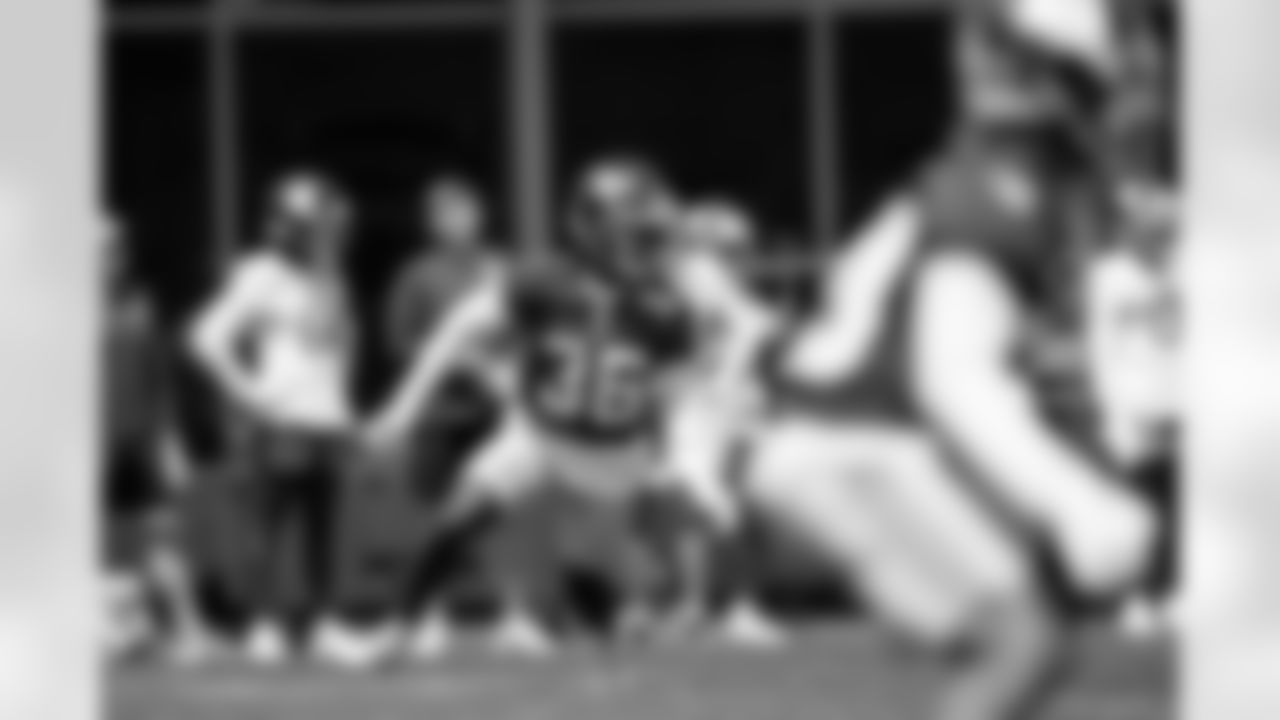
DB Deonte Banks (36)
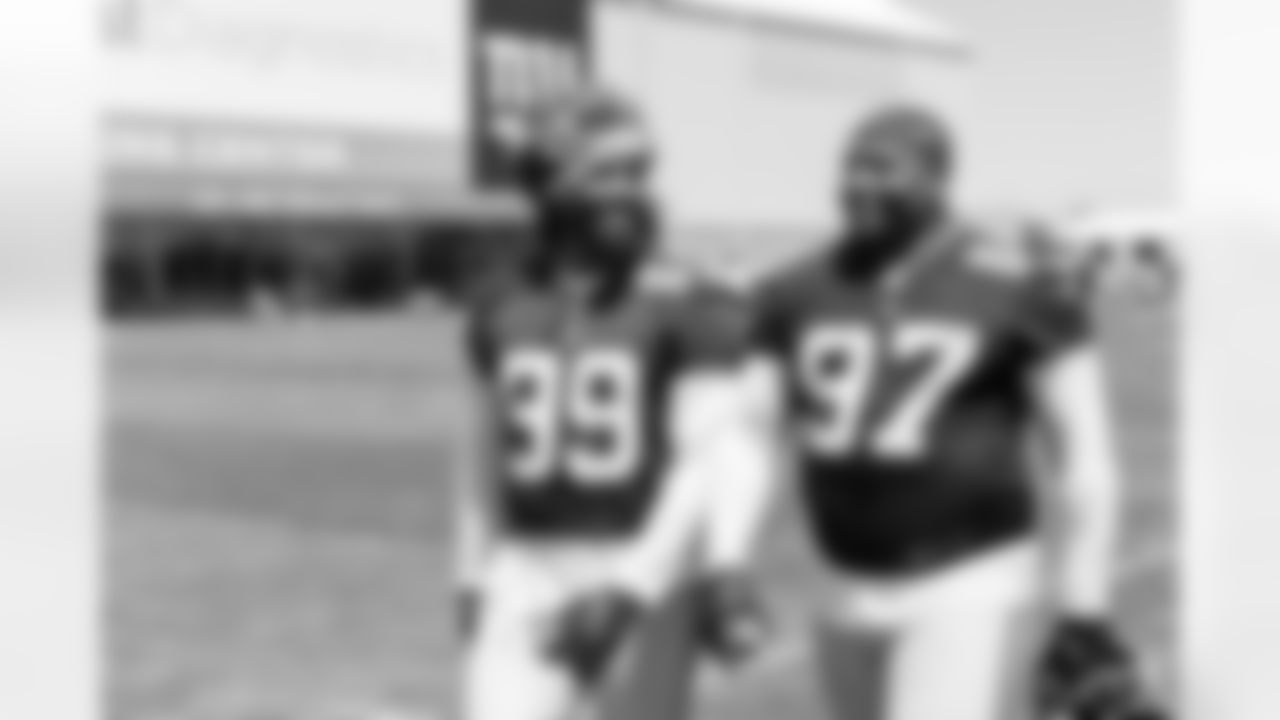
DL Leonard Williams (99), DL Dexter Lawrence II (97)
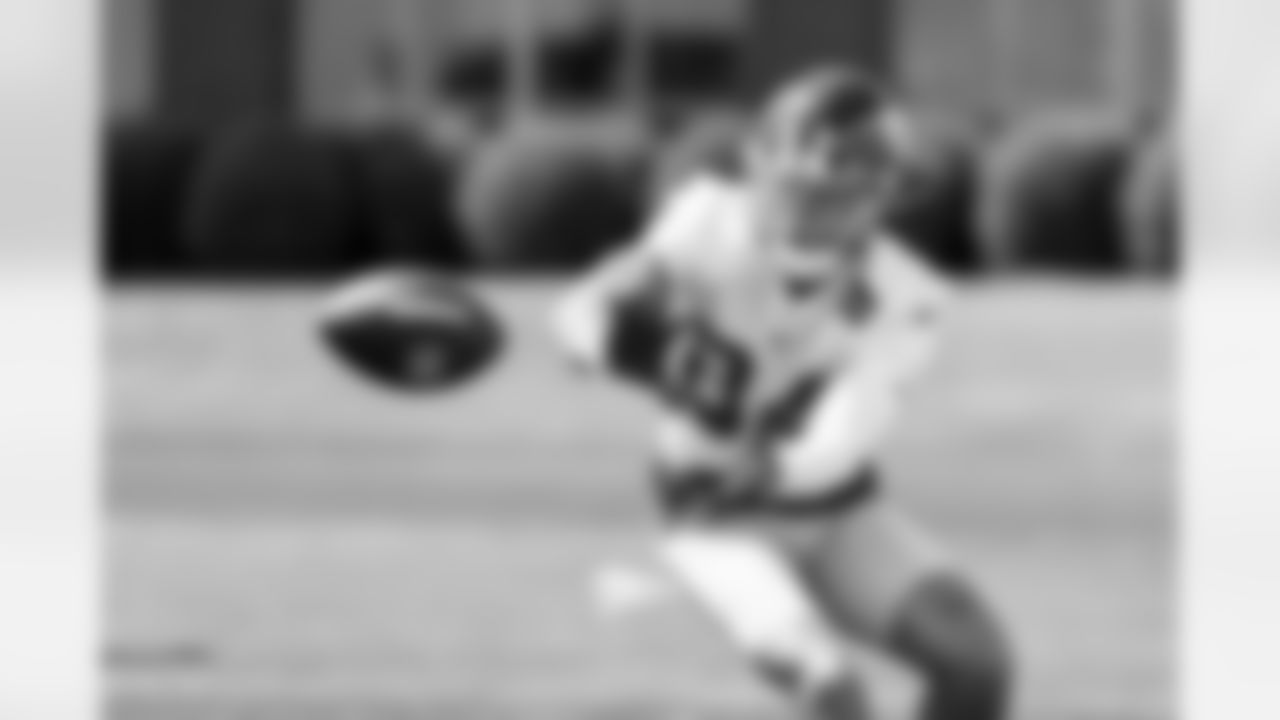
WR Jalin Hyatt (84)
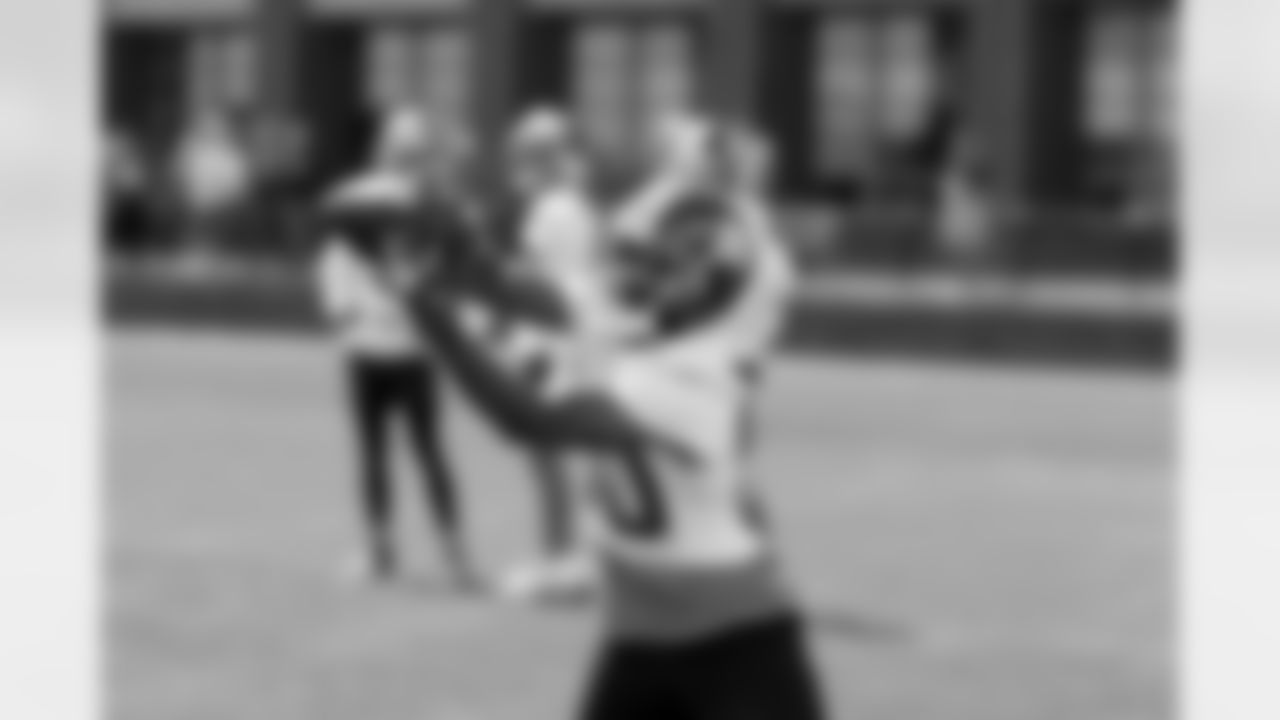
WR Jamison Crowder (80)
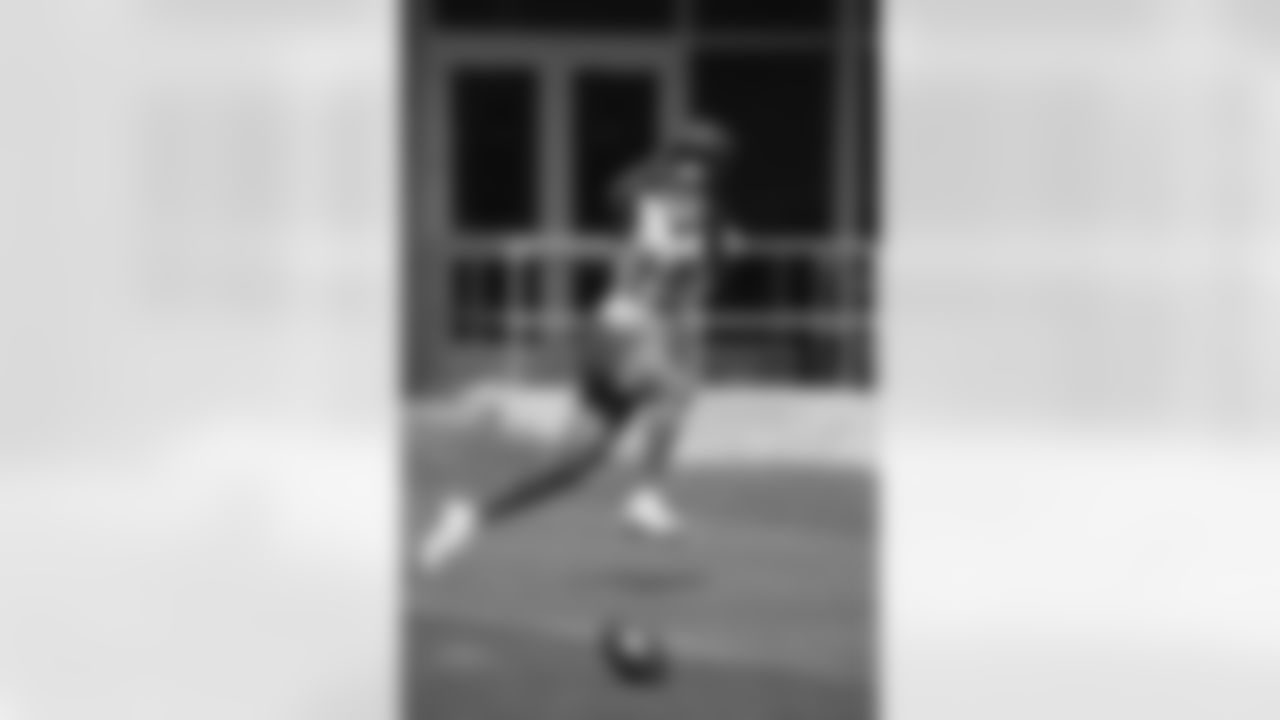

P Jamie Gillan (6)
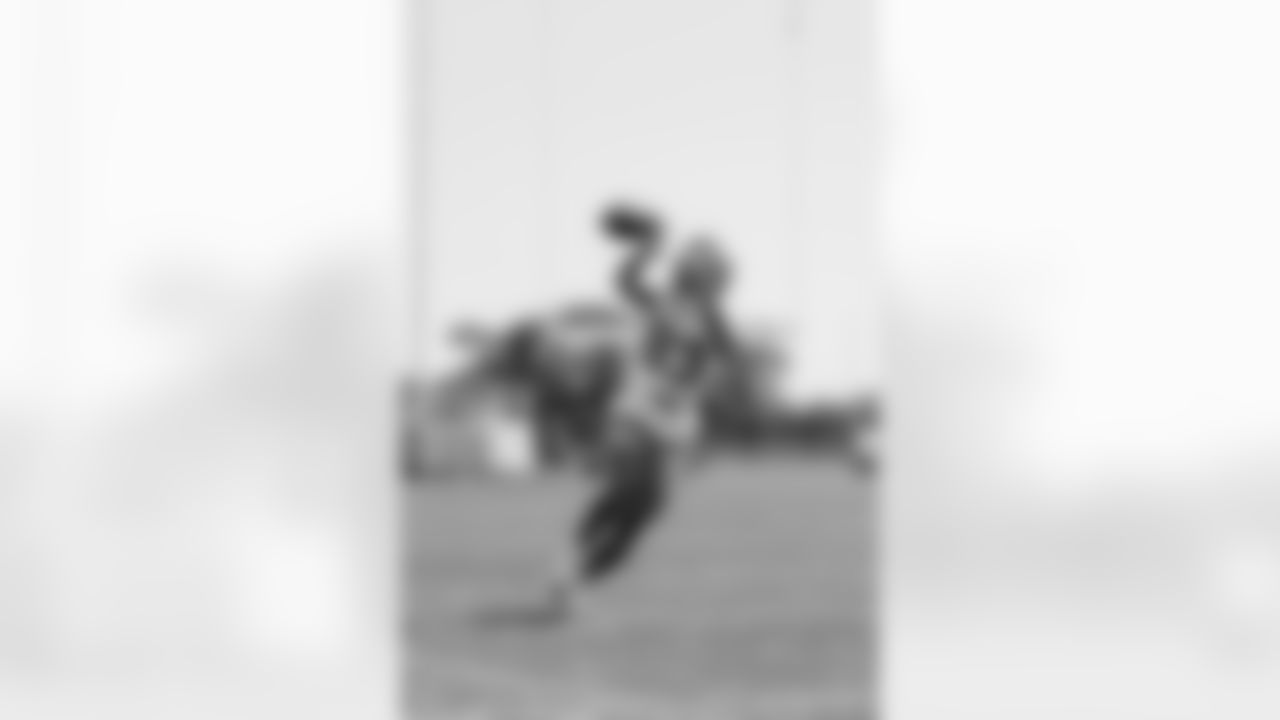
TE Lawrence Cager (83)
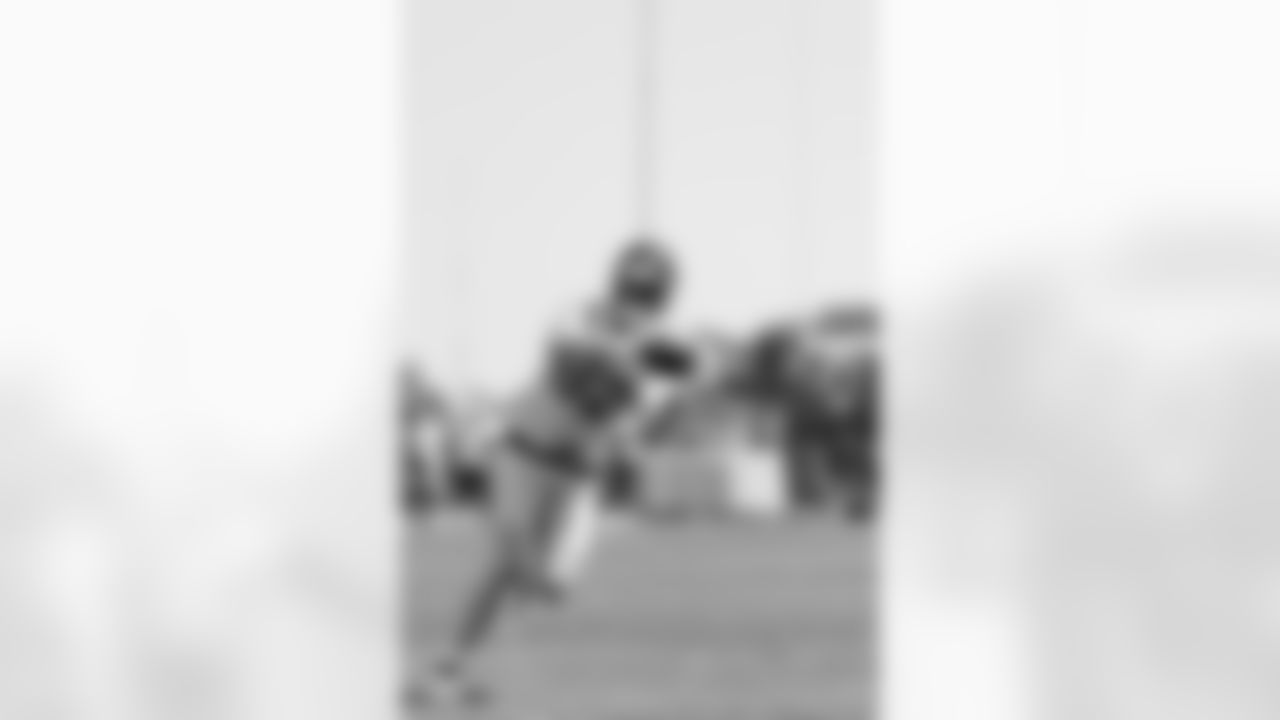
TE Daniel Bellinger (82)
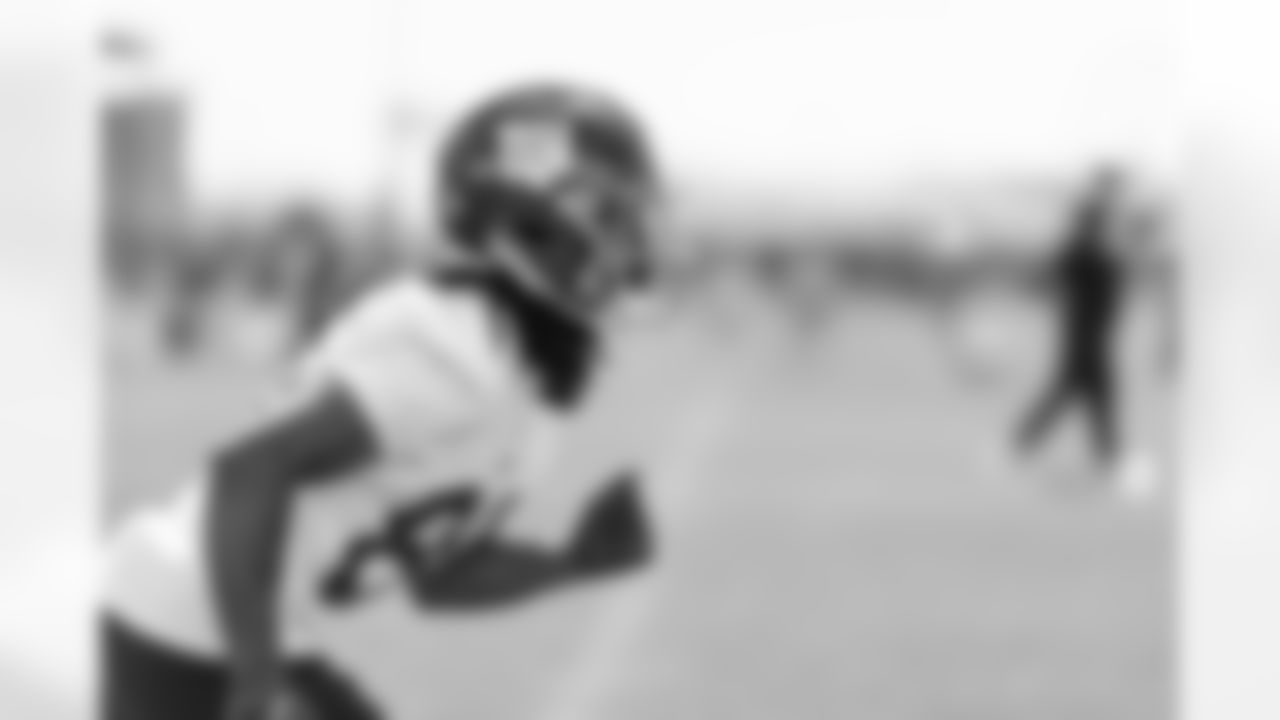
WR Jaydon Mickens (88)
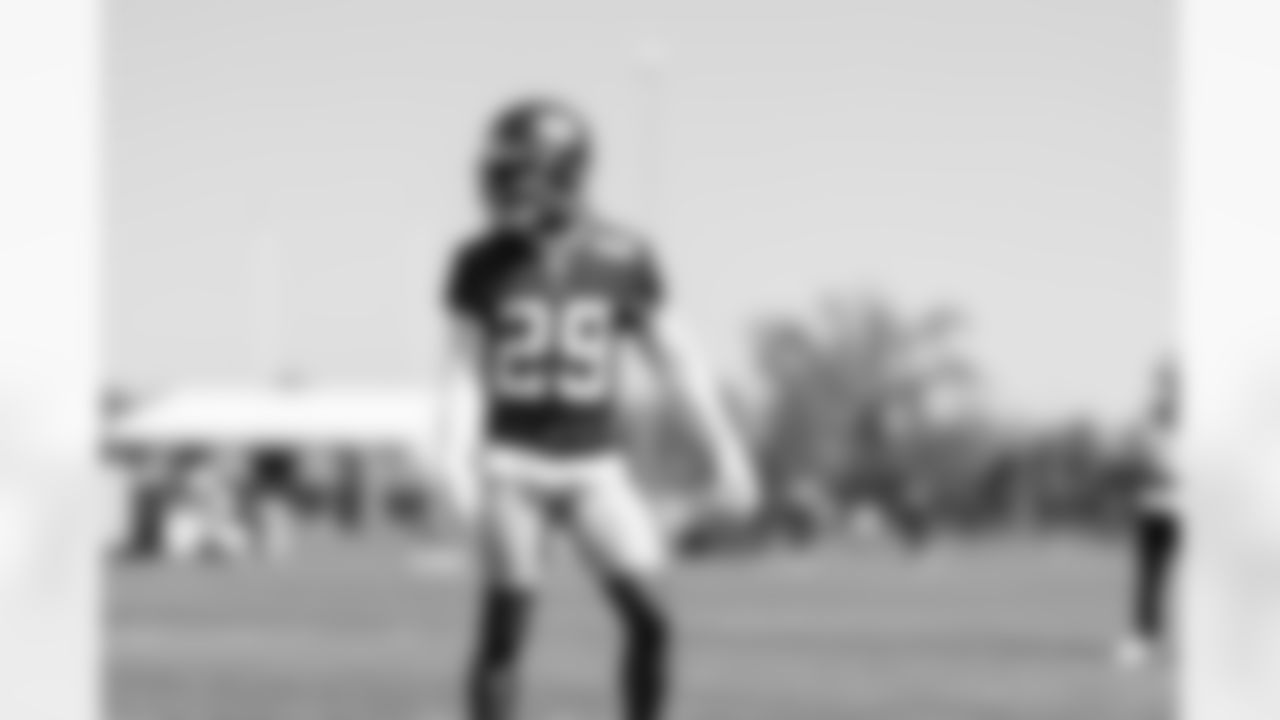
S Xavier McKinney (29)
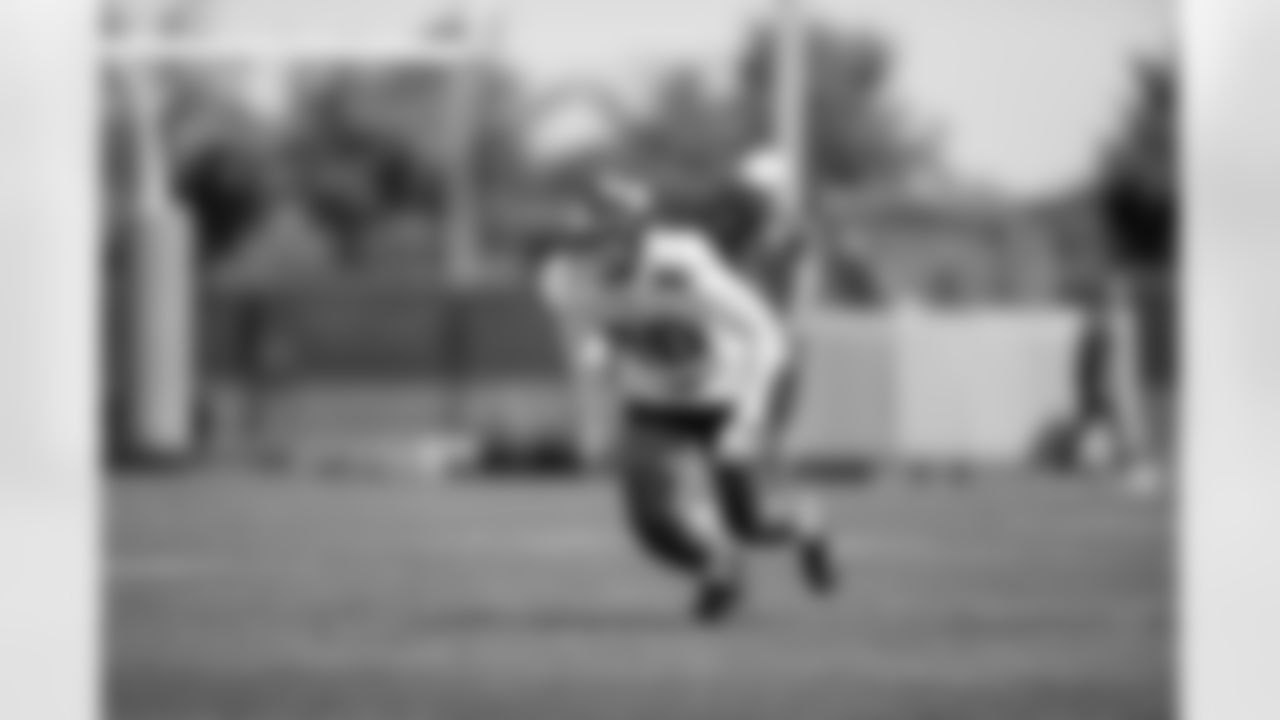
WR Darius Slayton (86)
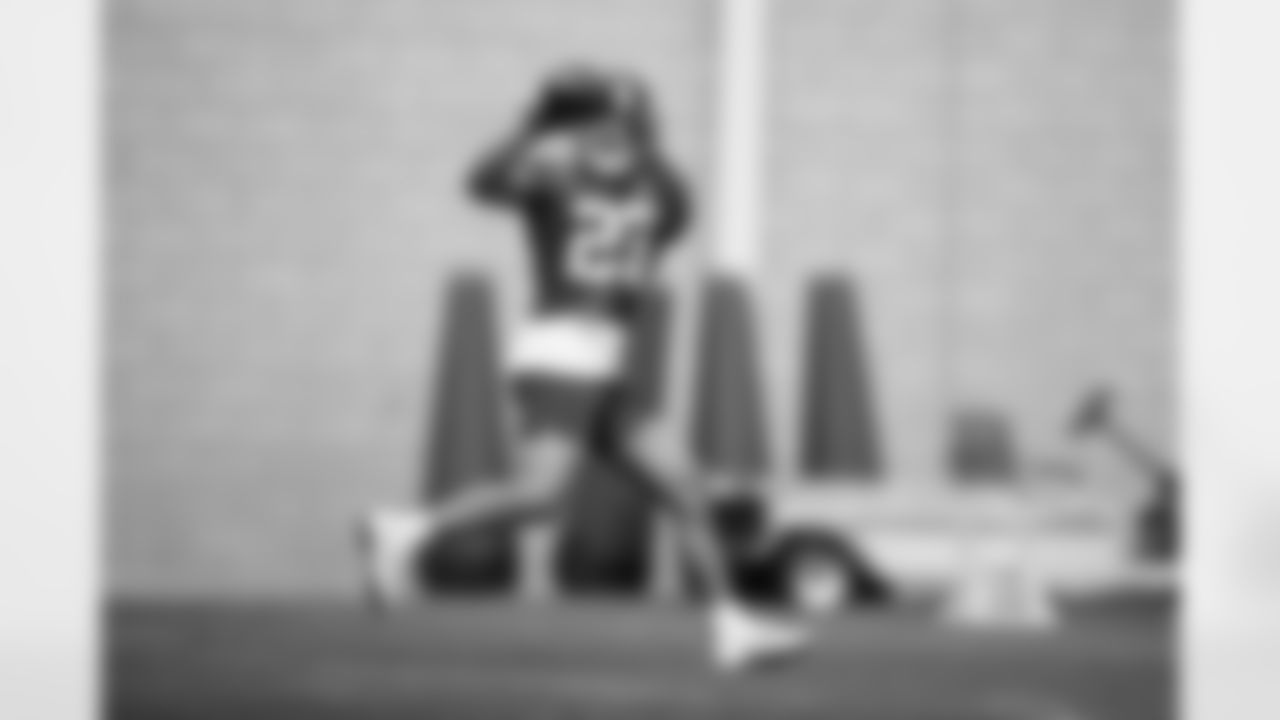
RB Gary Brightwell (23)
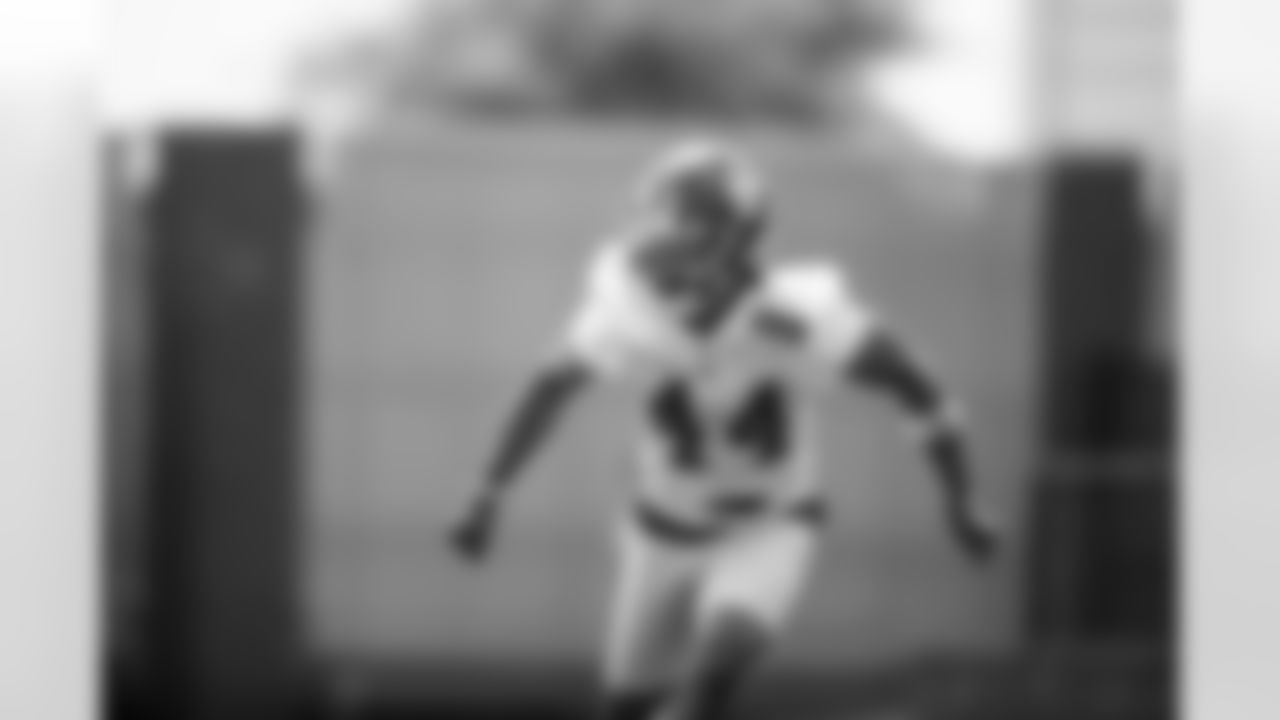
DB Nick McCloud (44)

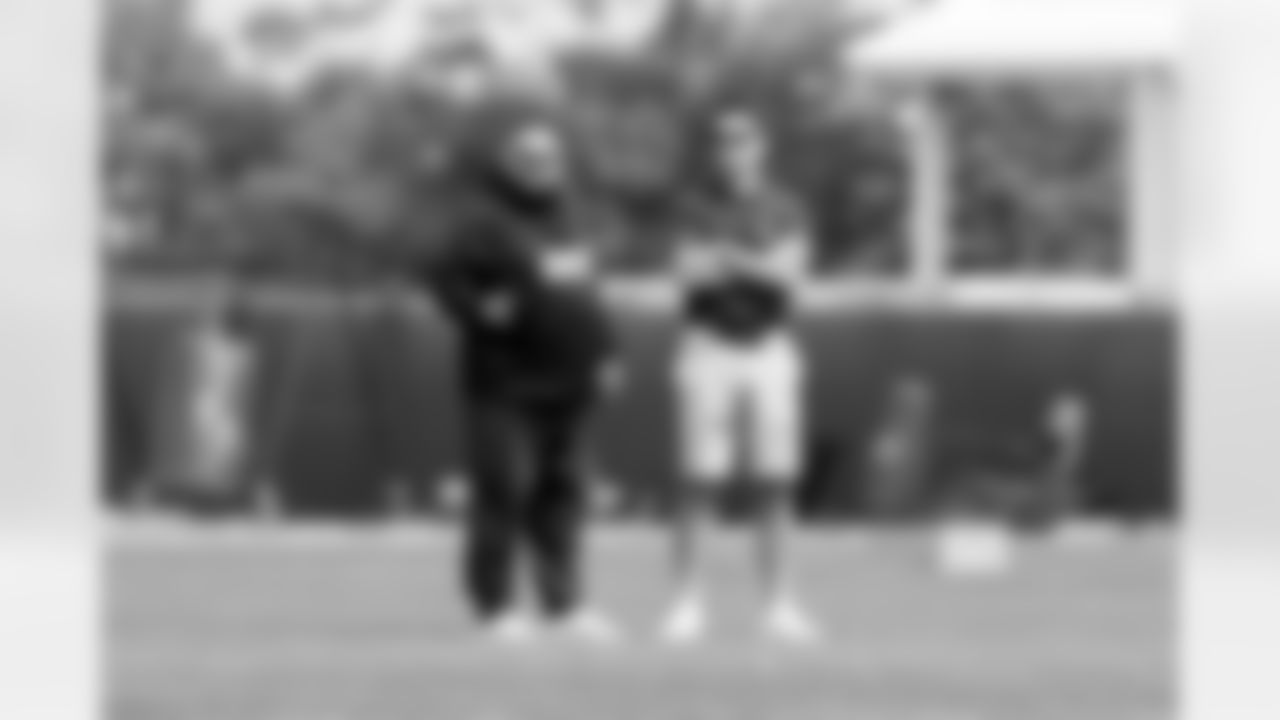
Head Coach Brian Daboll, Senior Vice President and General Manager Joe Schoen
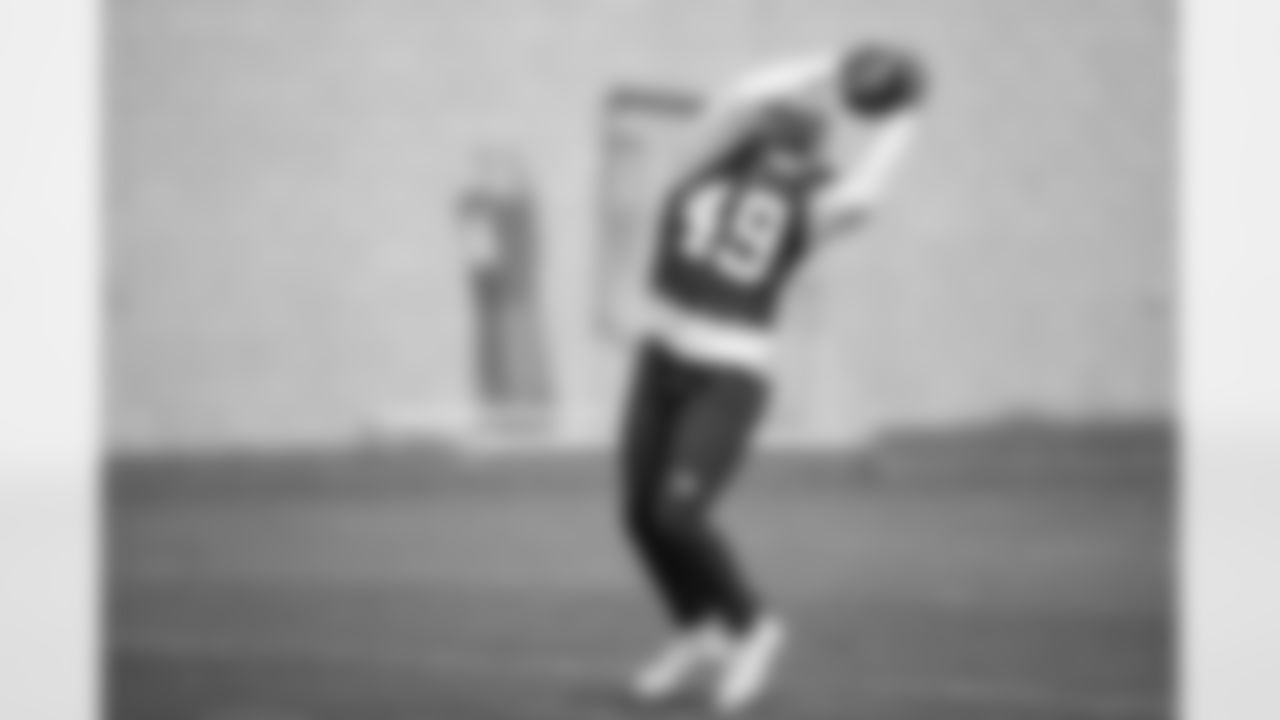
TE Ryan Jones (49)
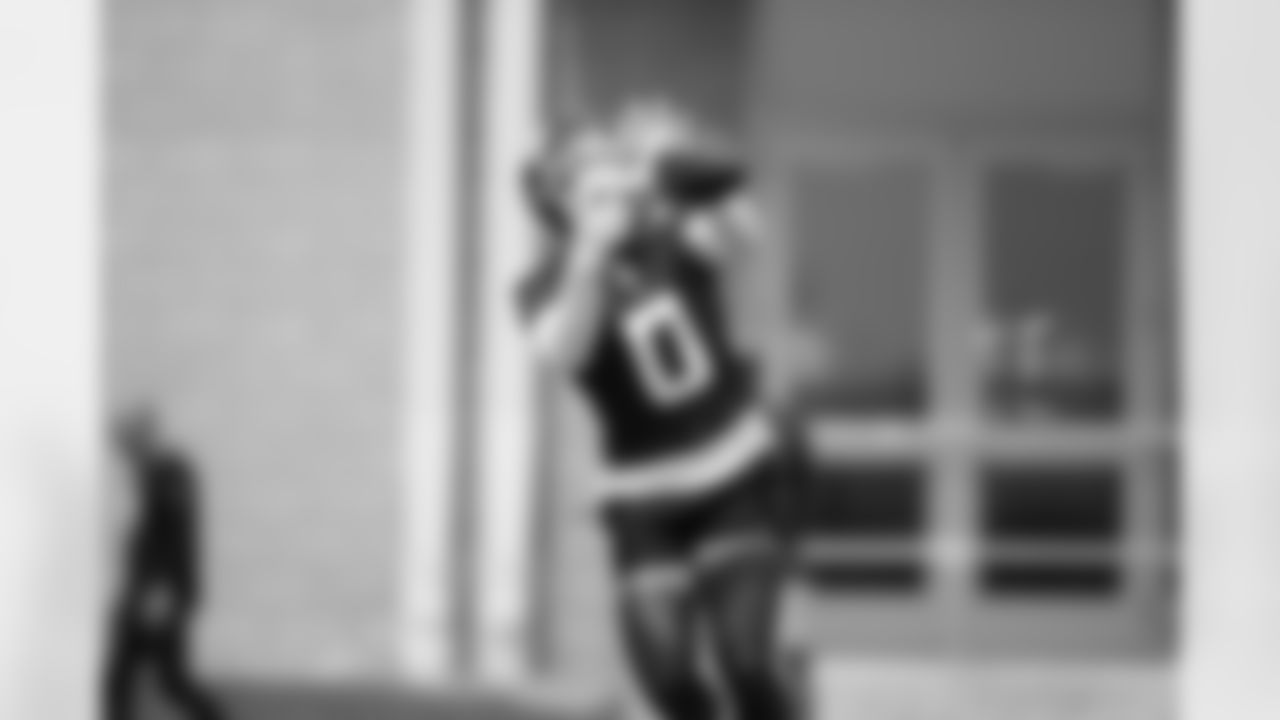
WR Parris Campbell (0)

Head Coach Brian Daboll
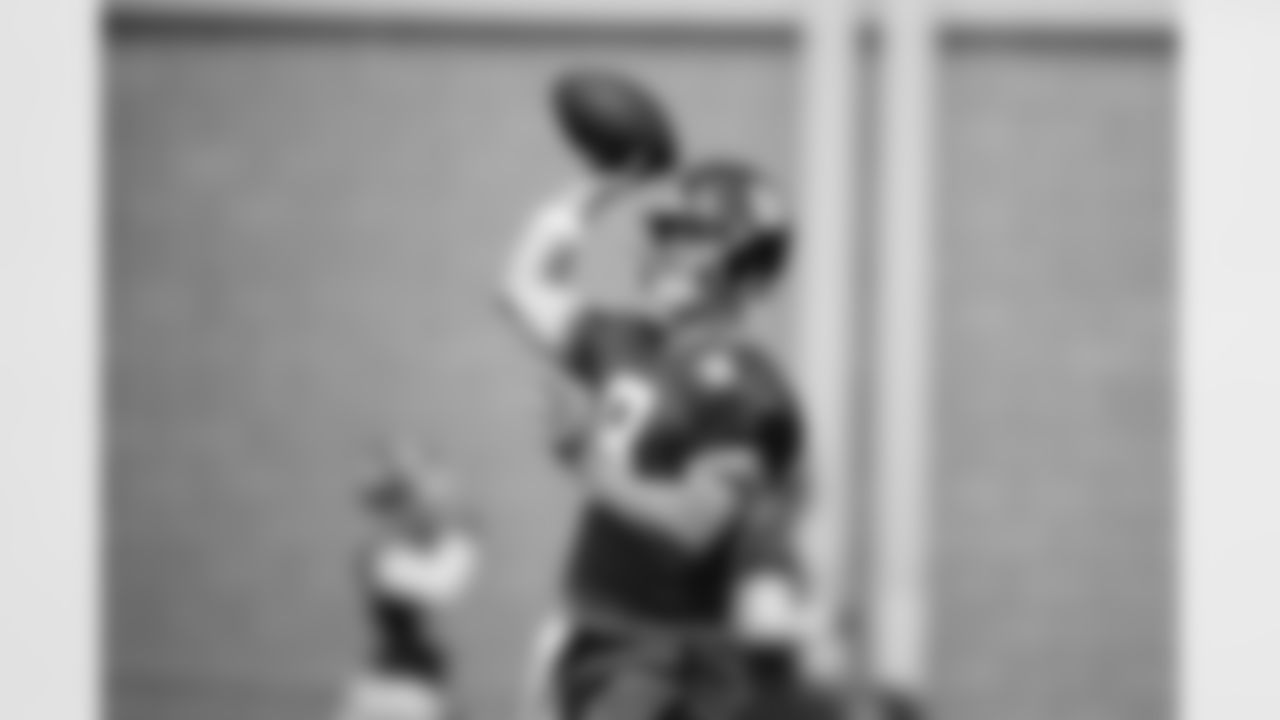
QB Daniel Jones (8)
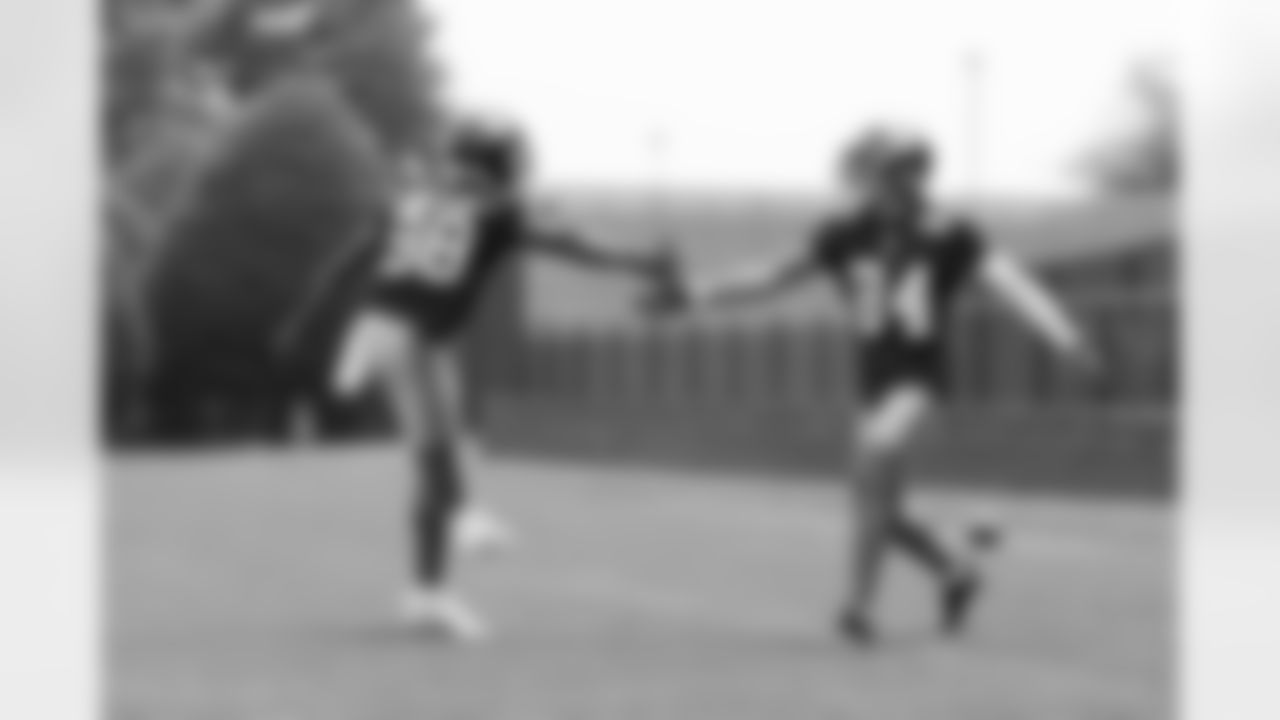
WR Jaydon Mickens (88), WR Jalin Hyatt (84)
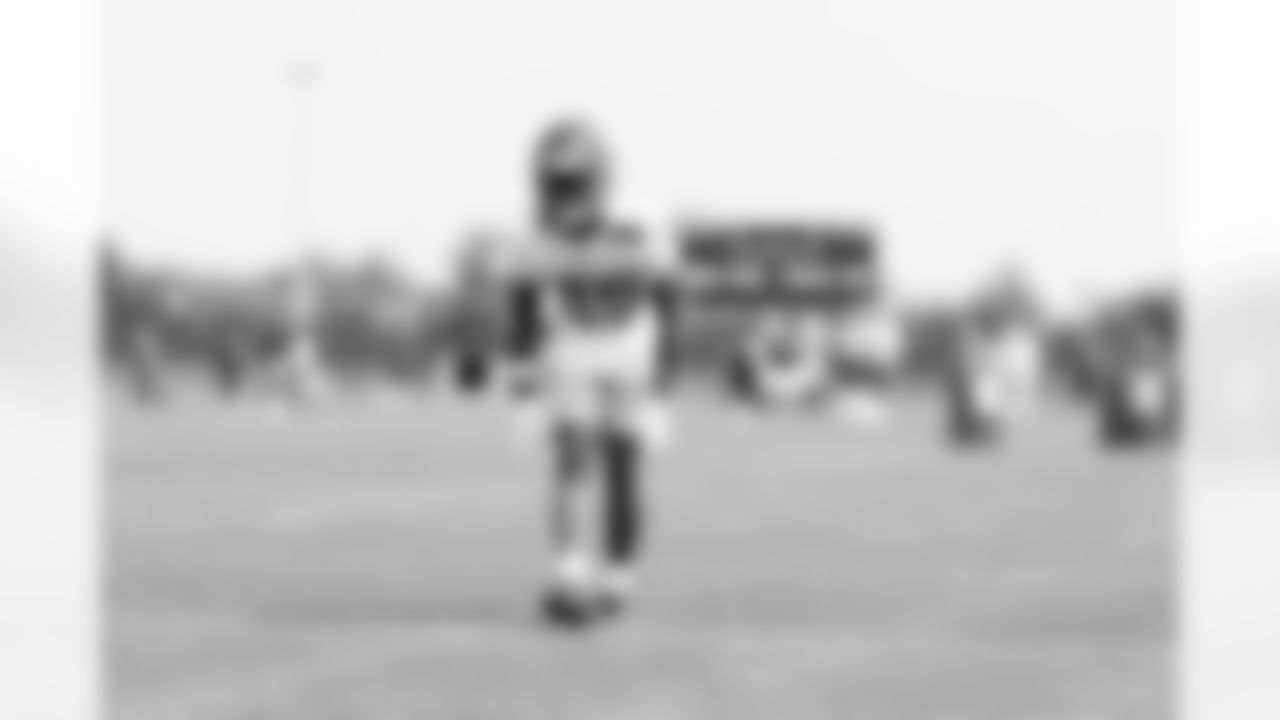
S Xavier McKinney (29)
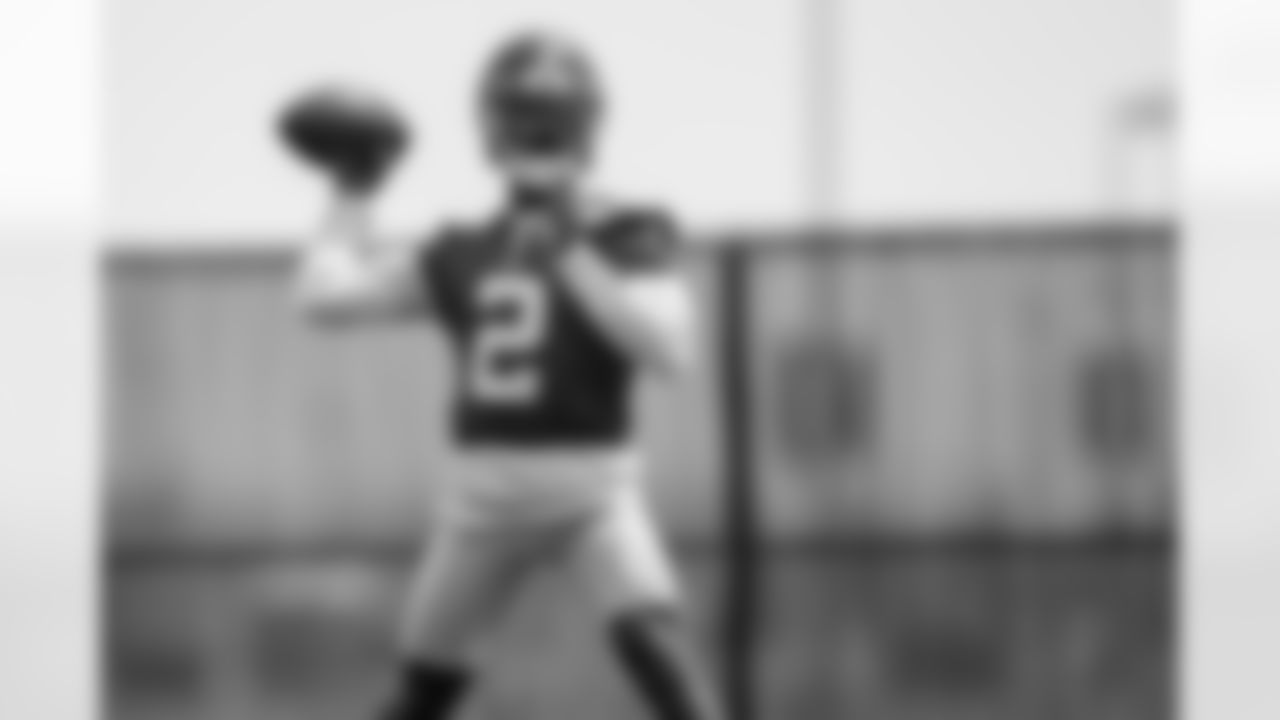
QB Tyrod Taylor (2)
